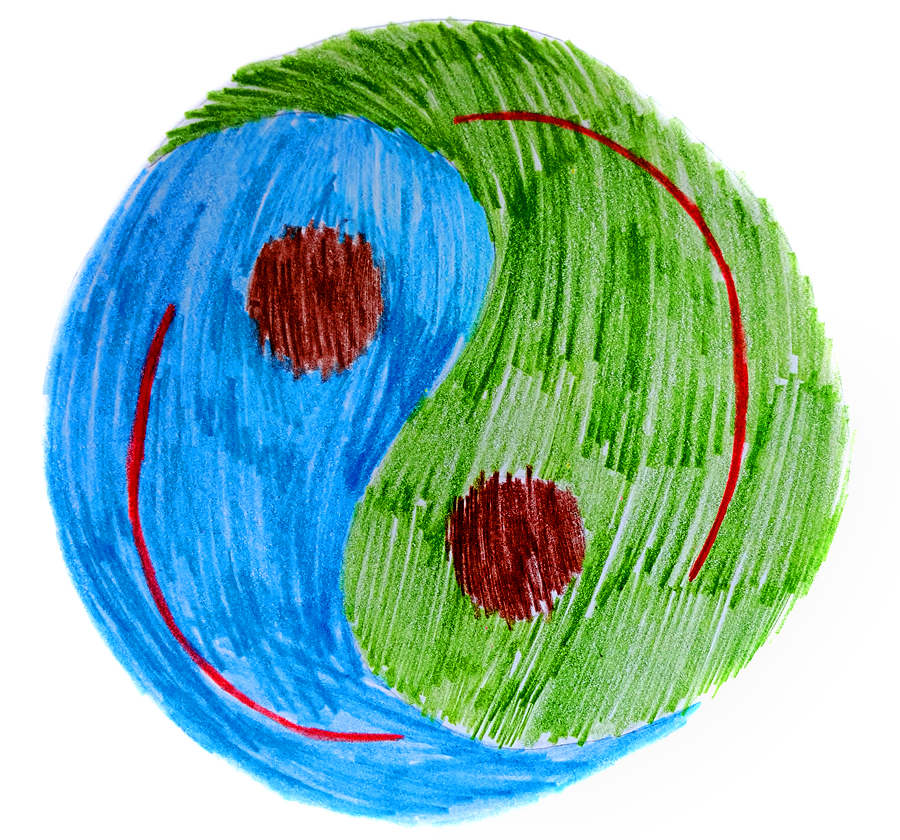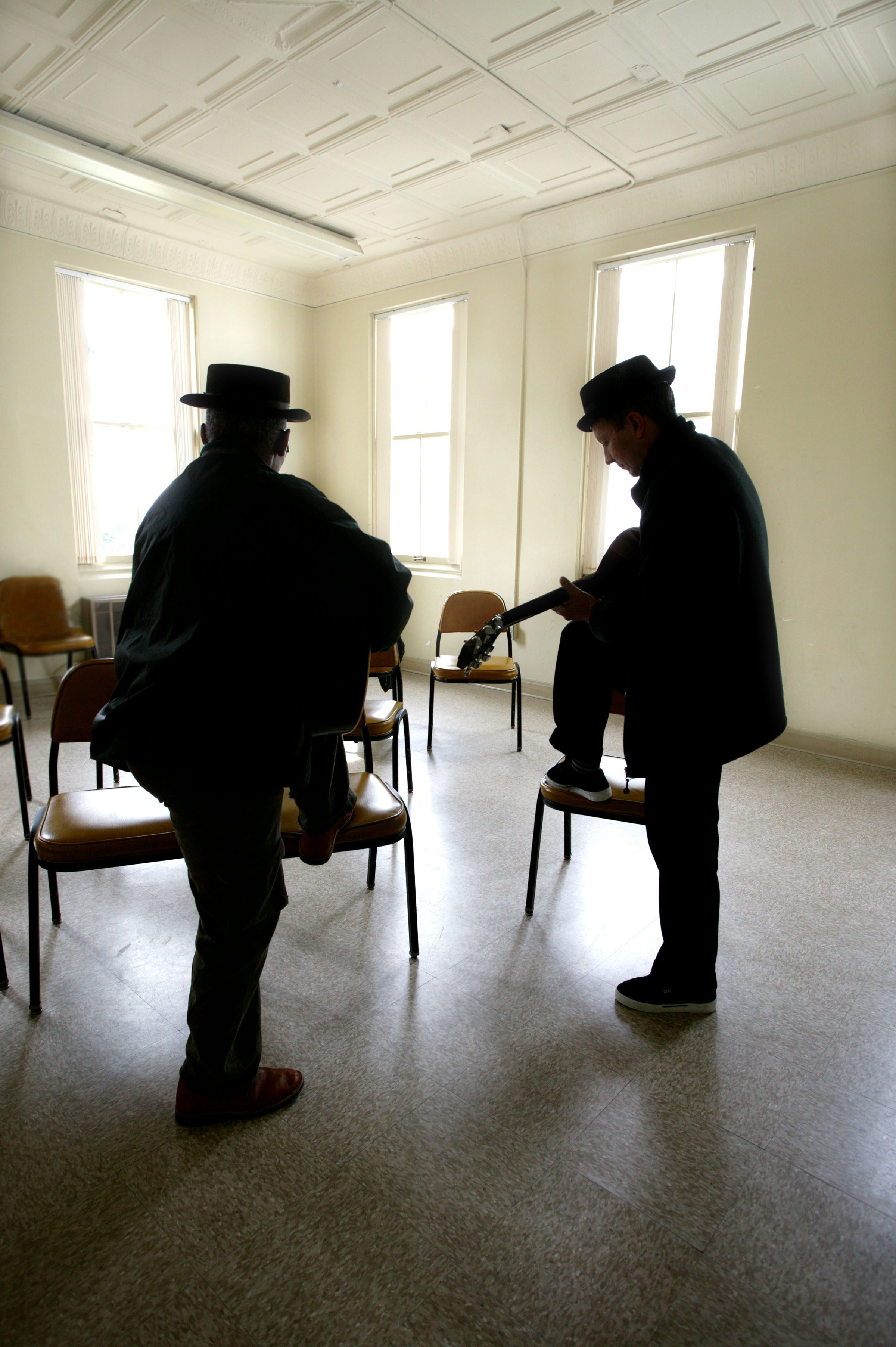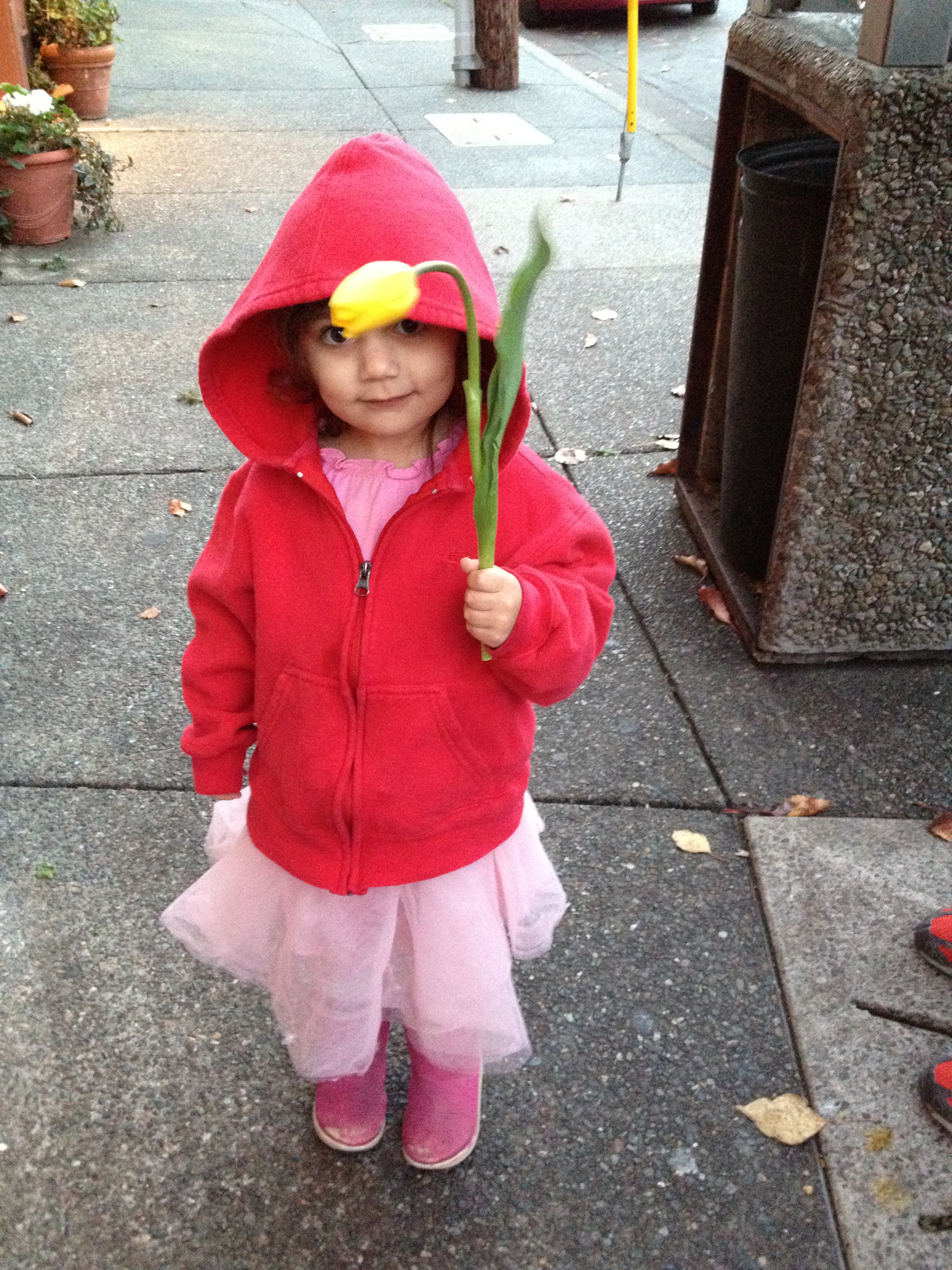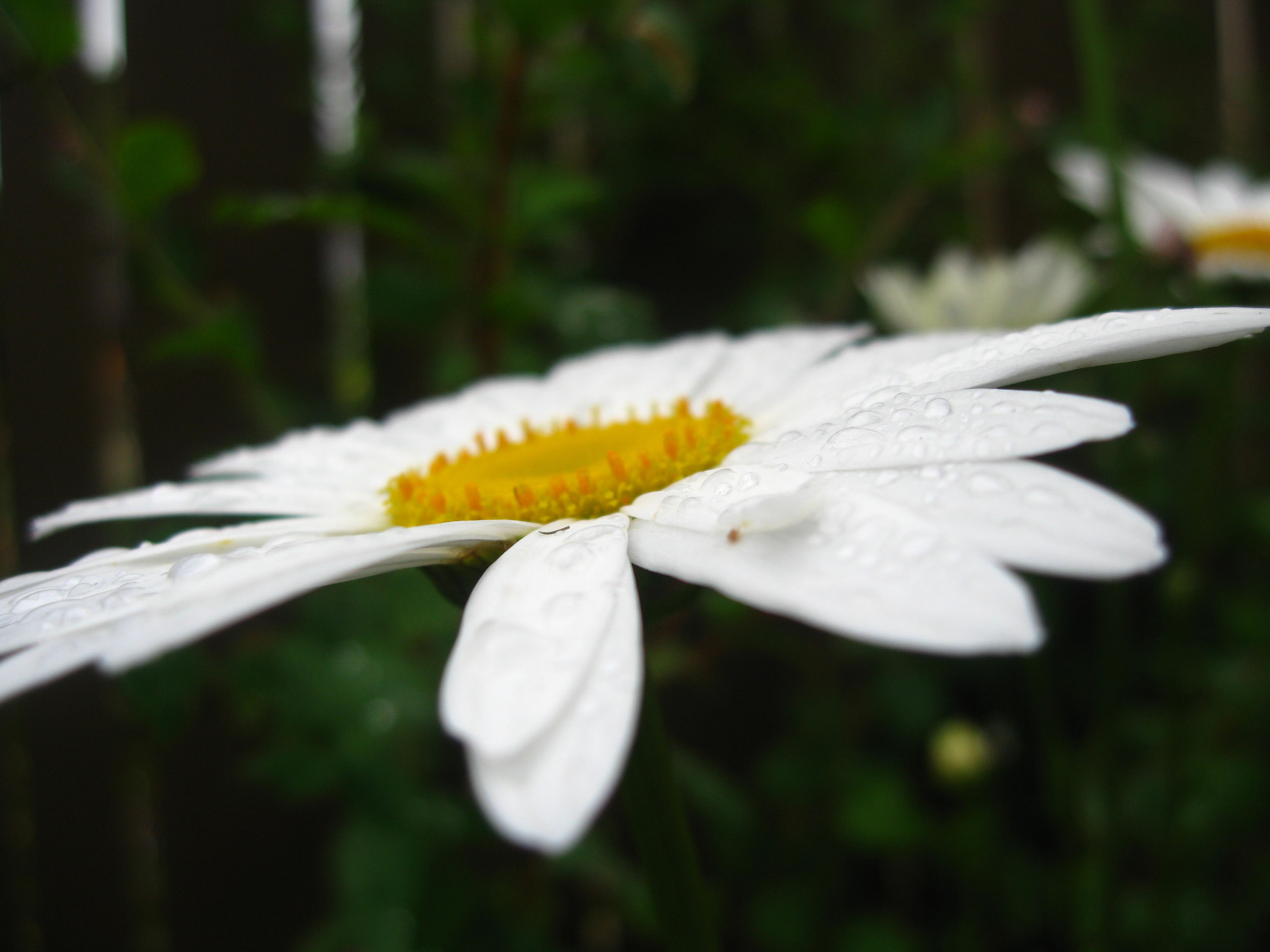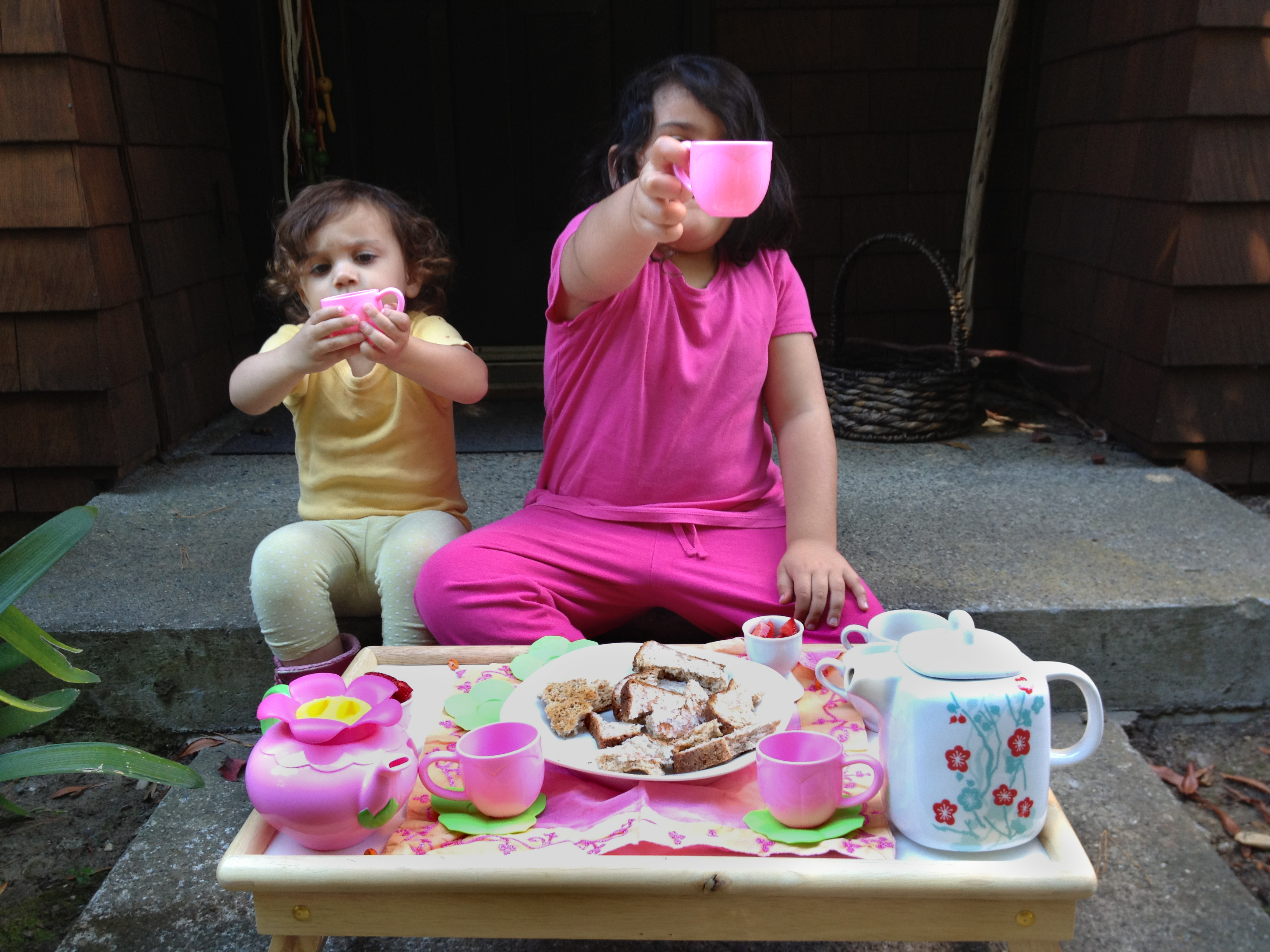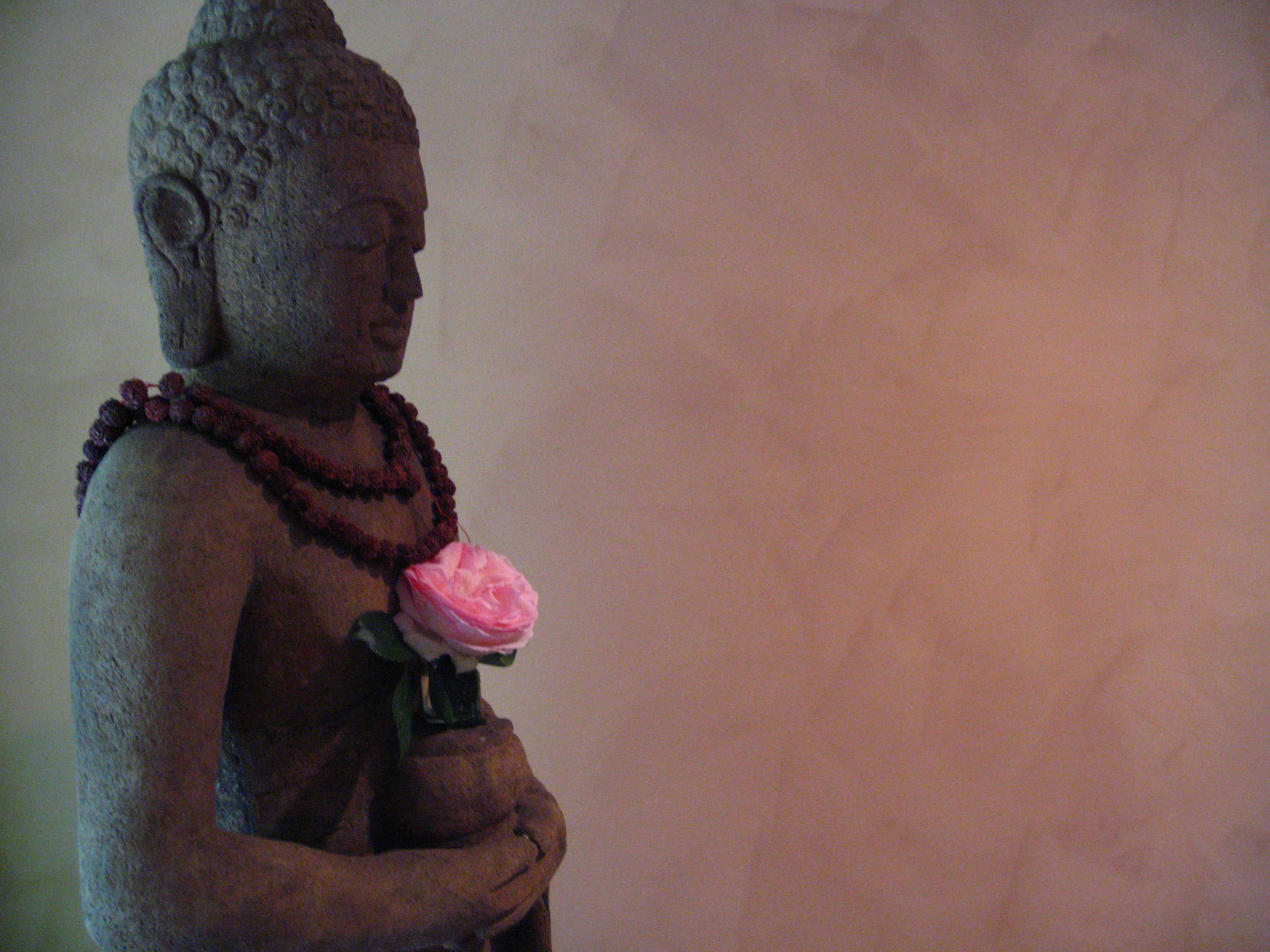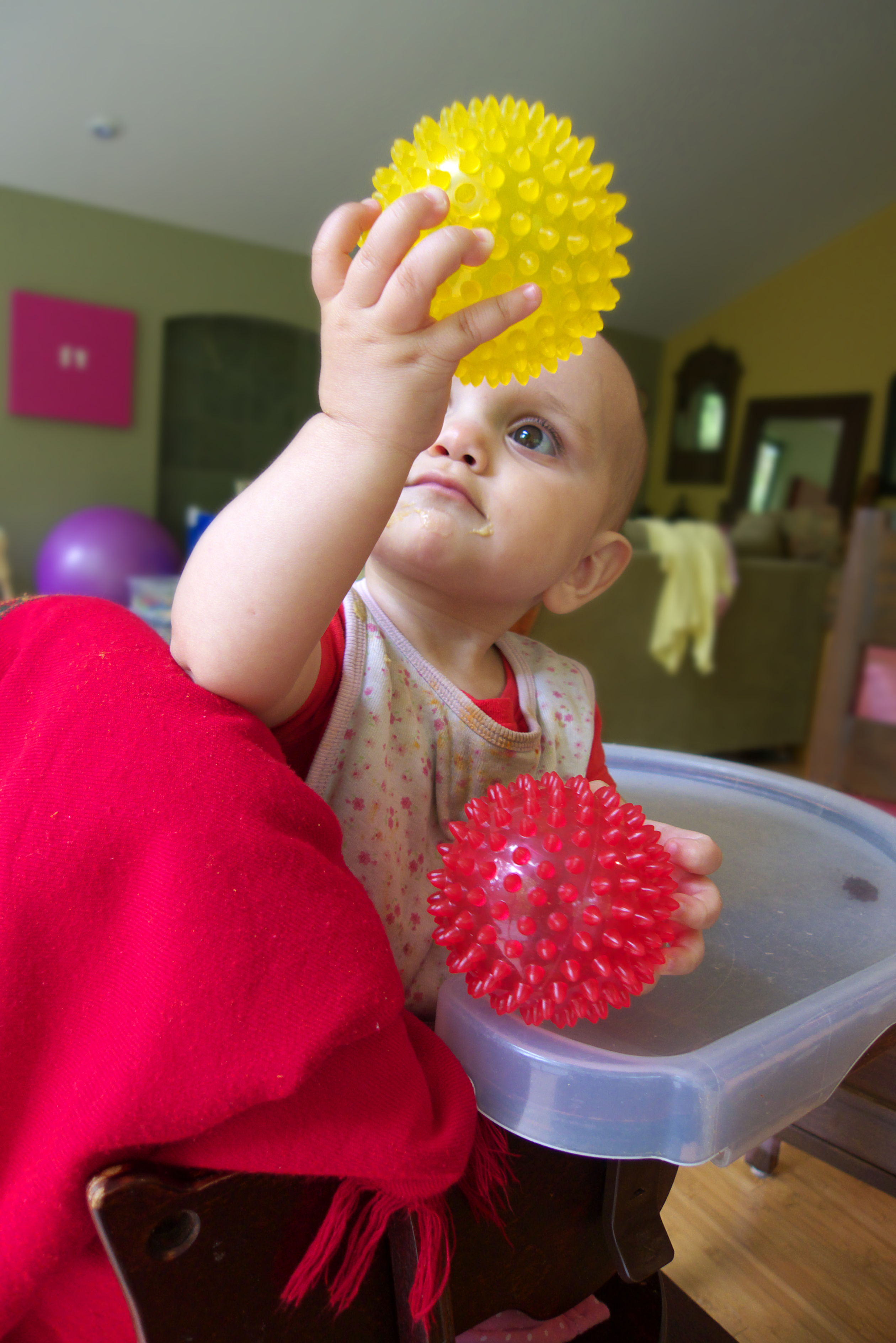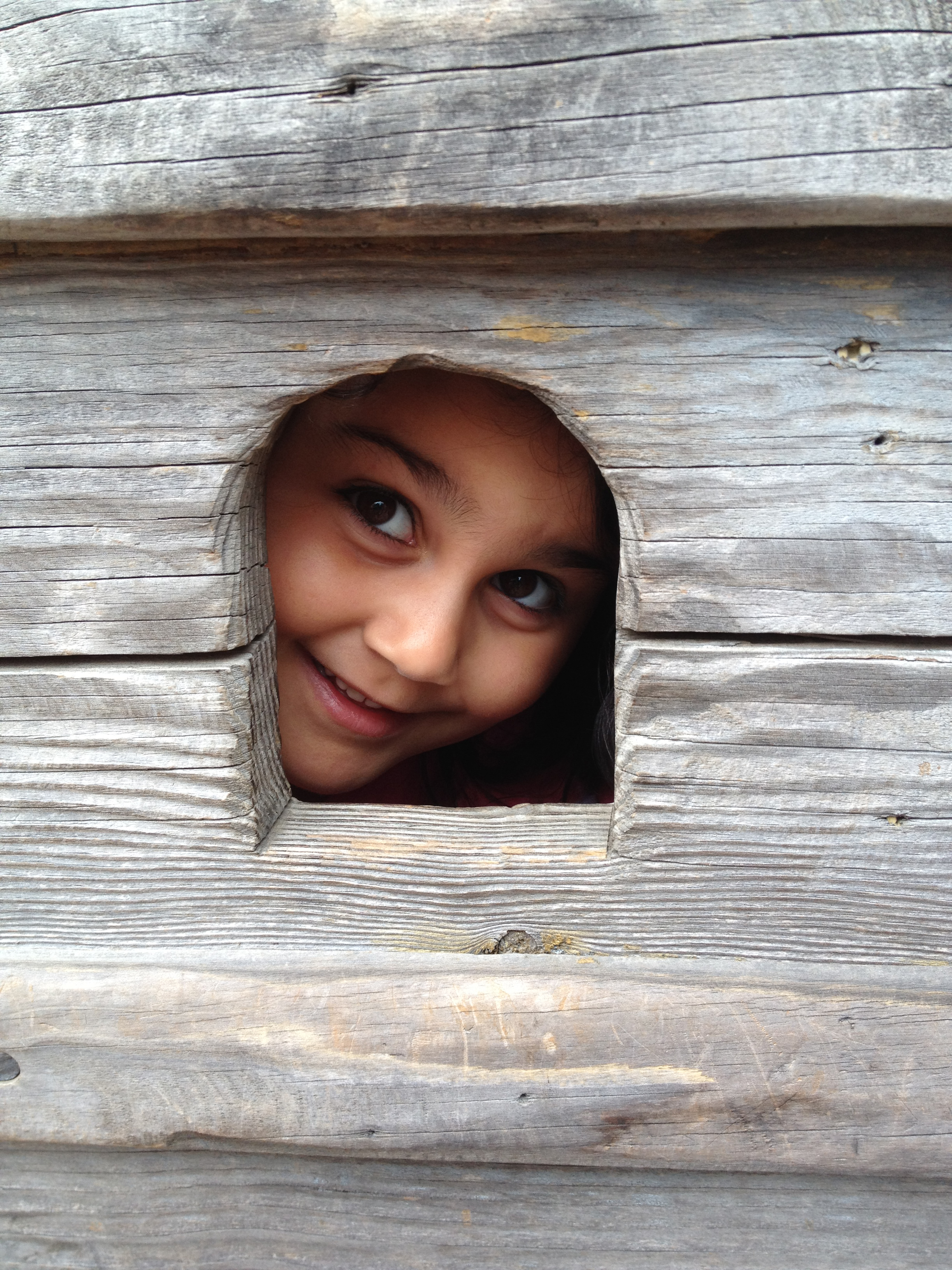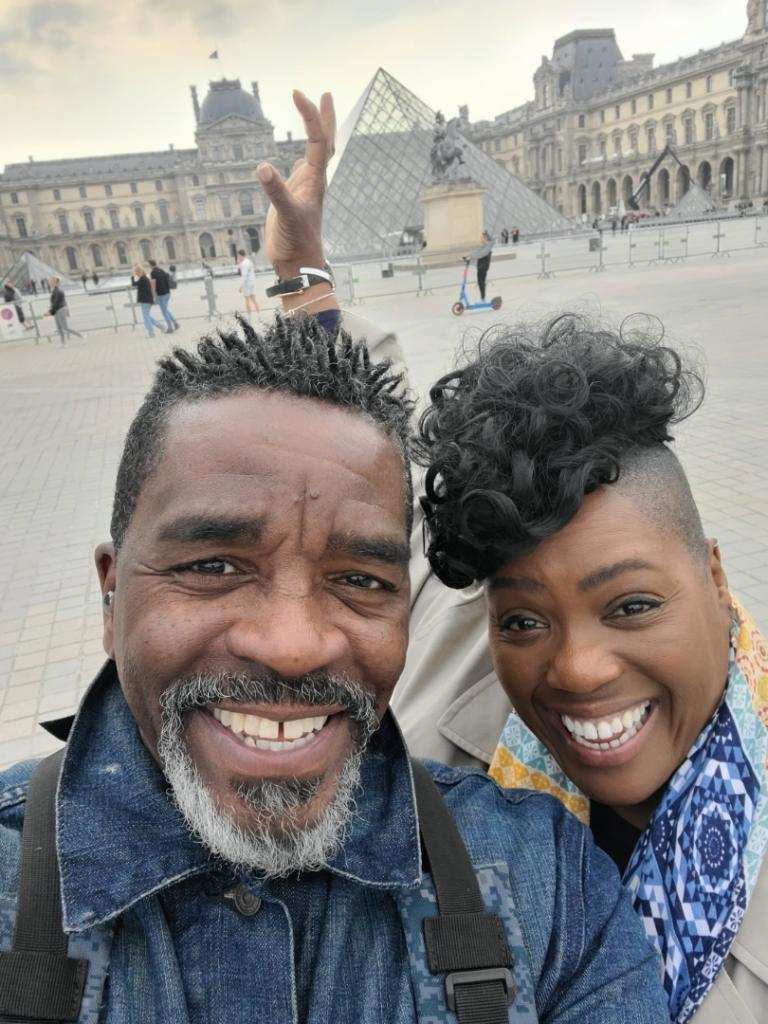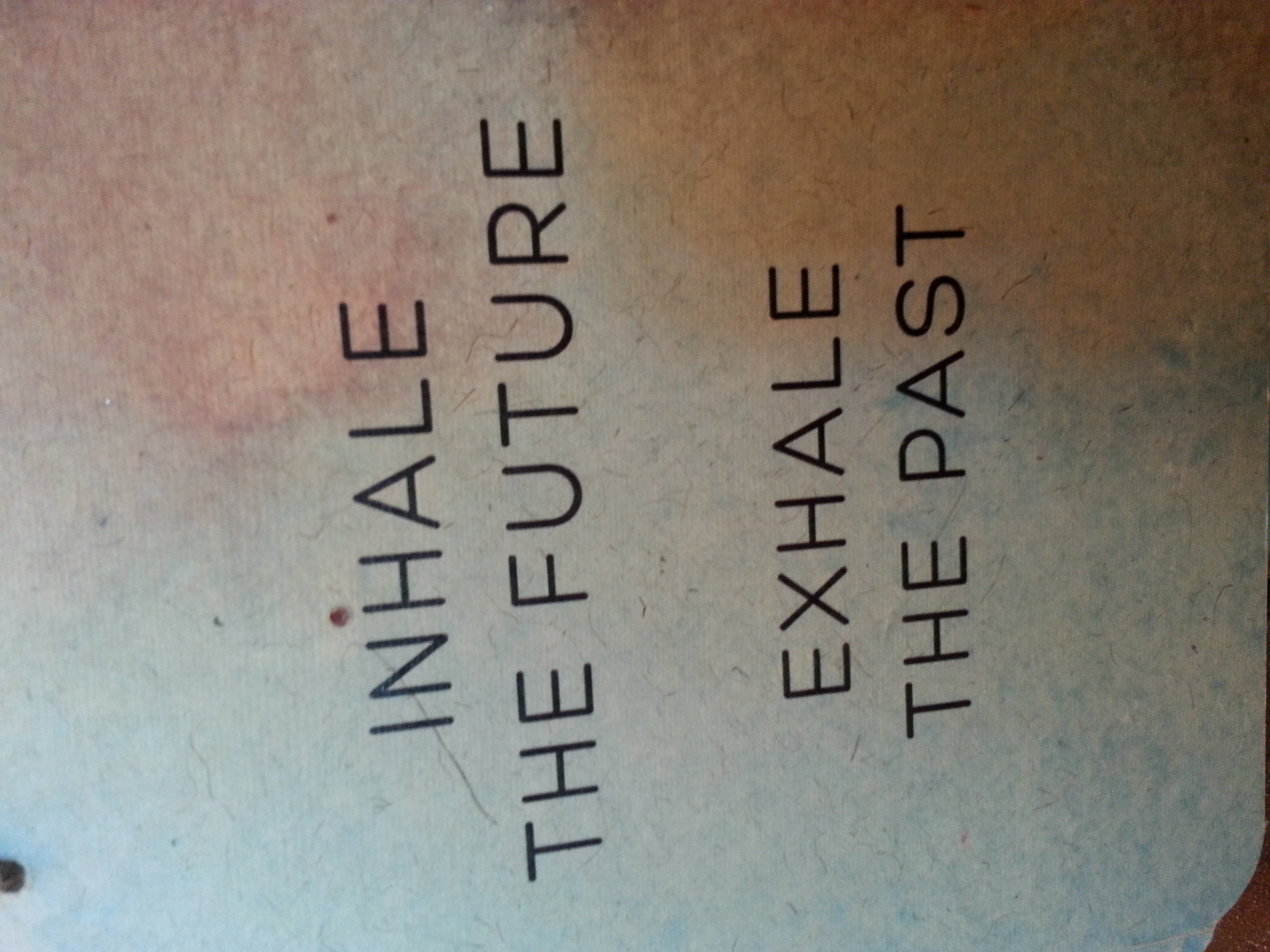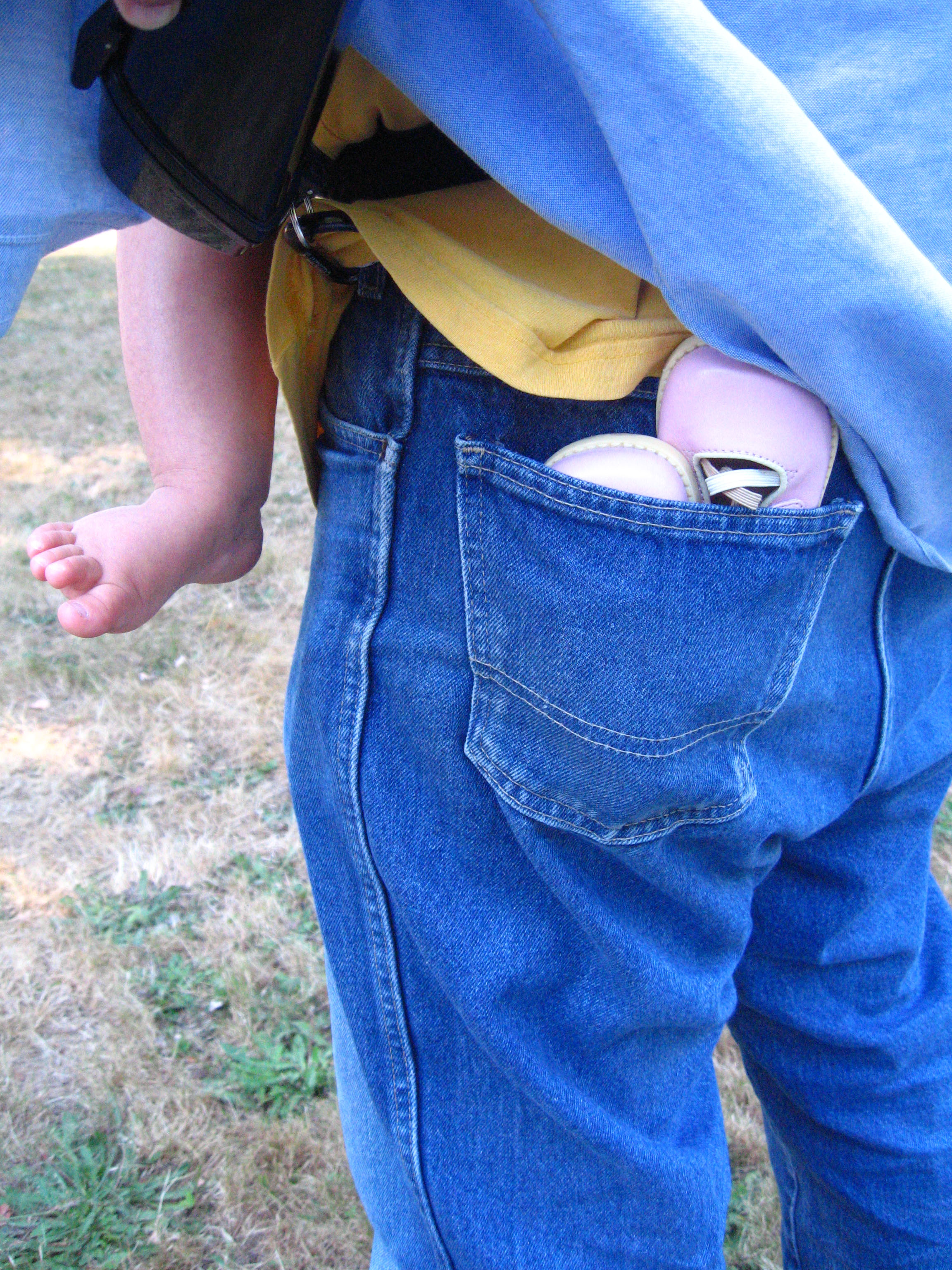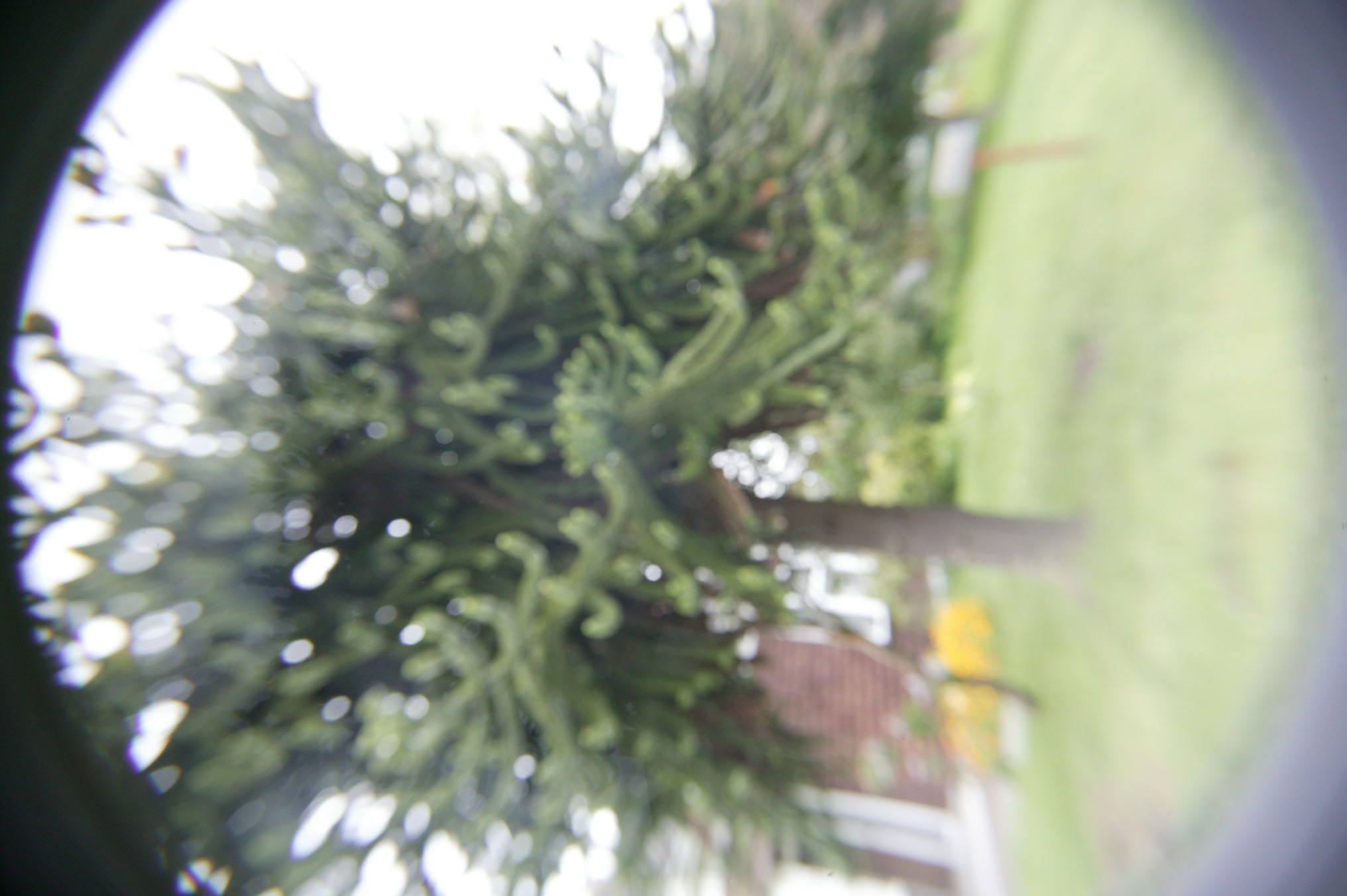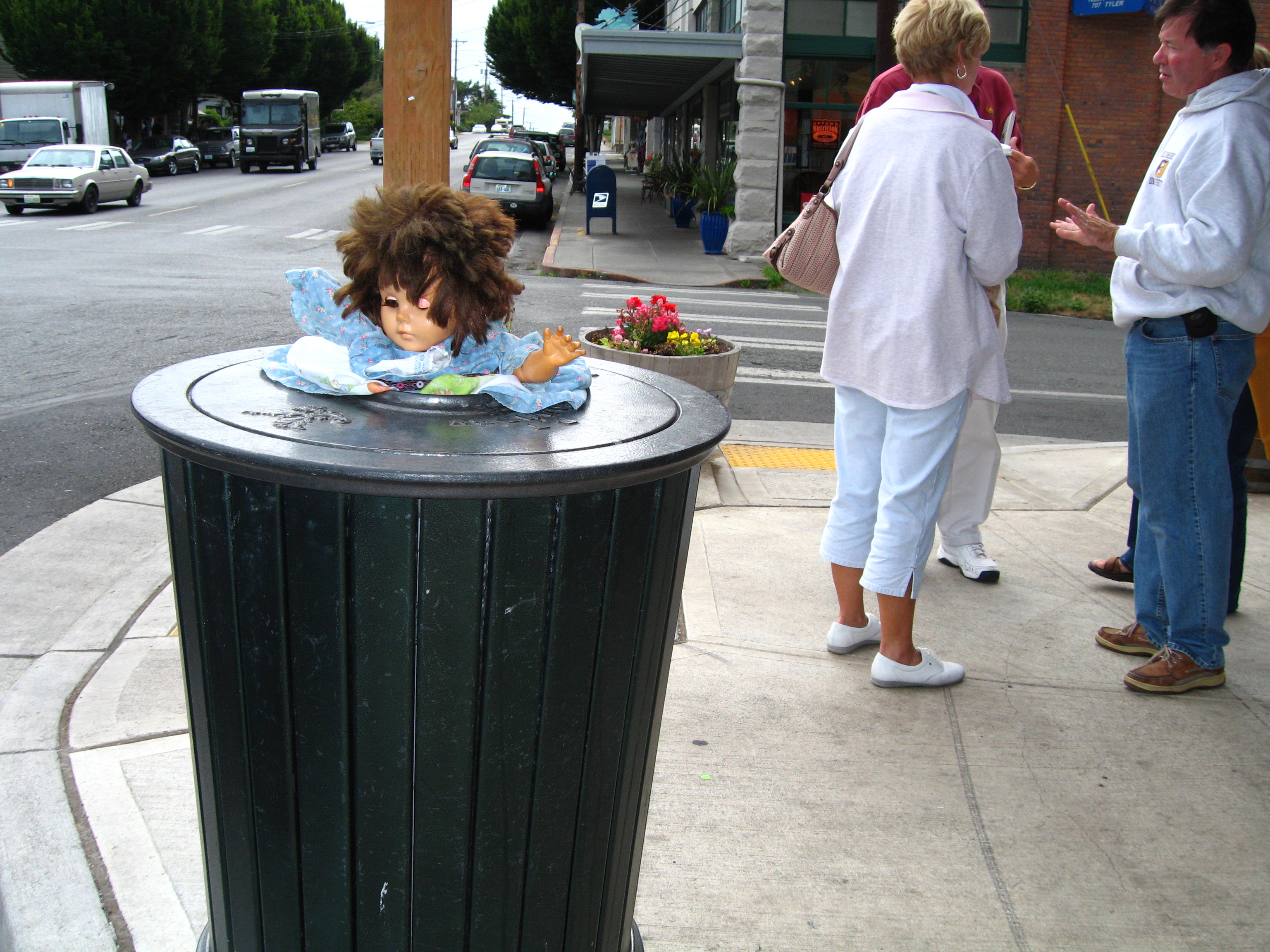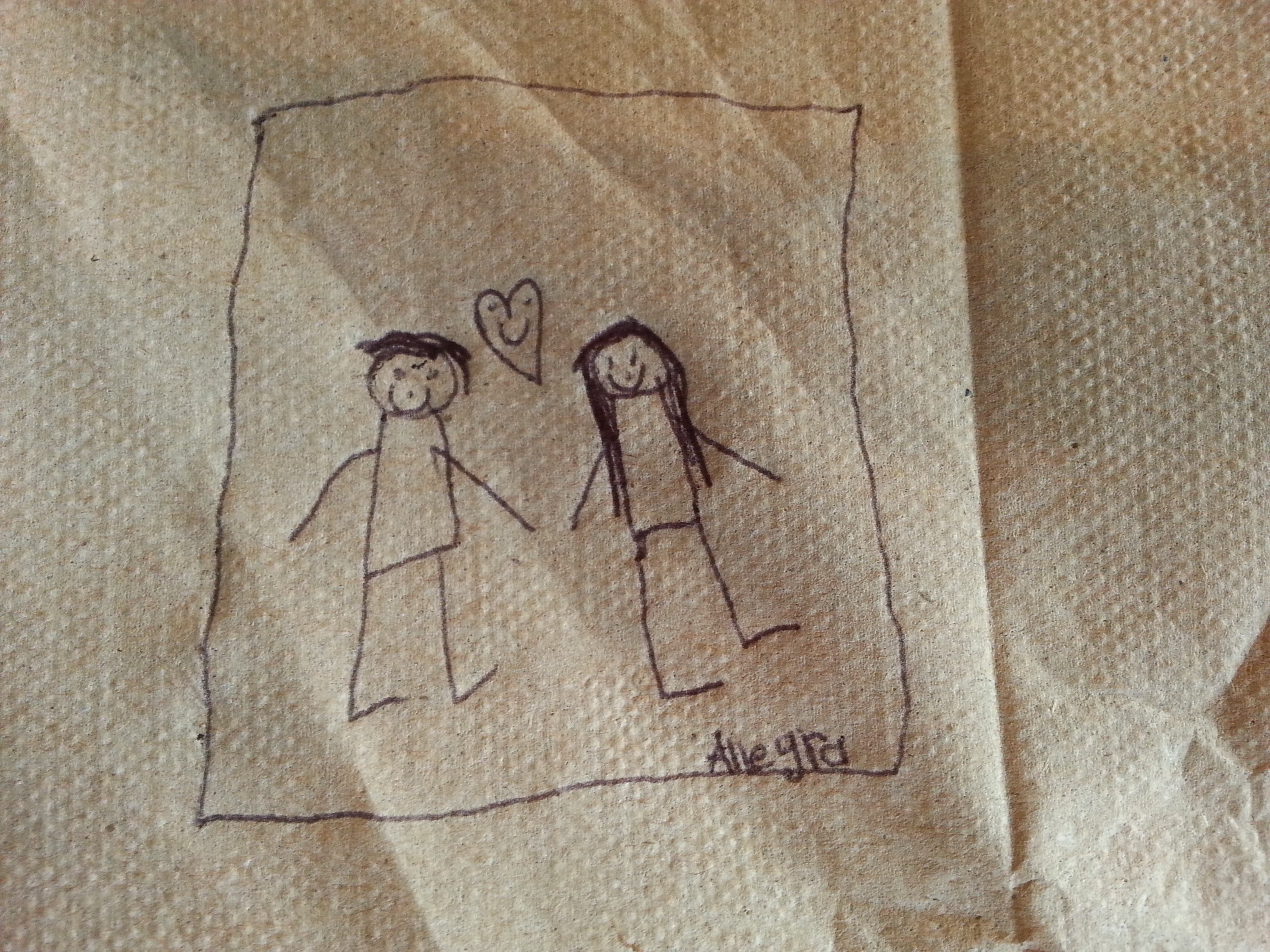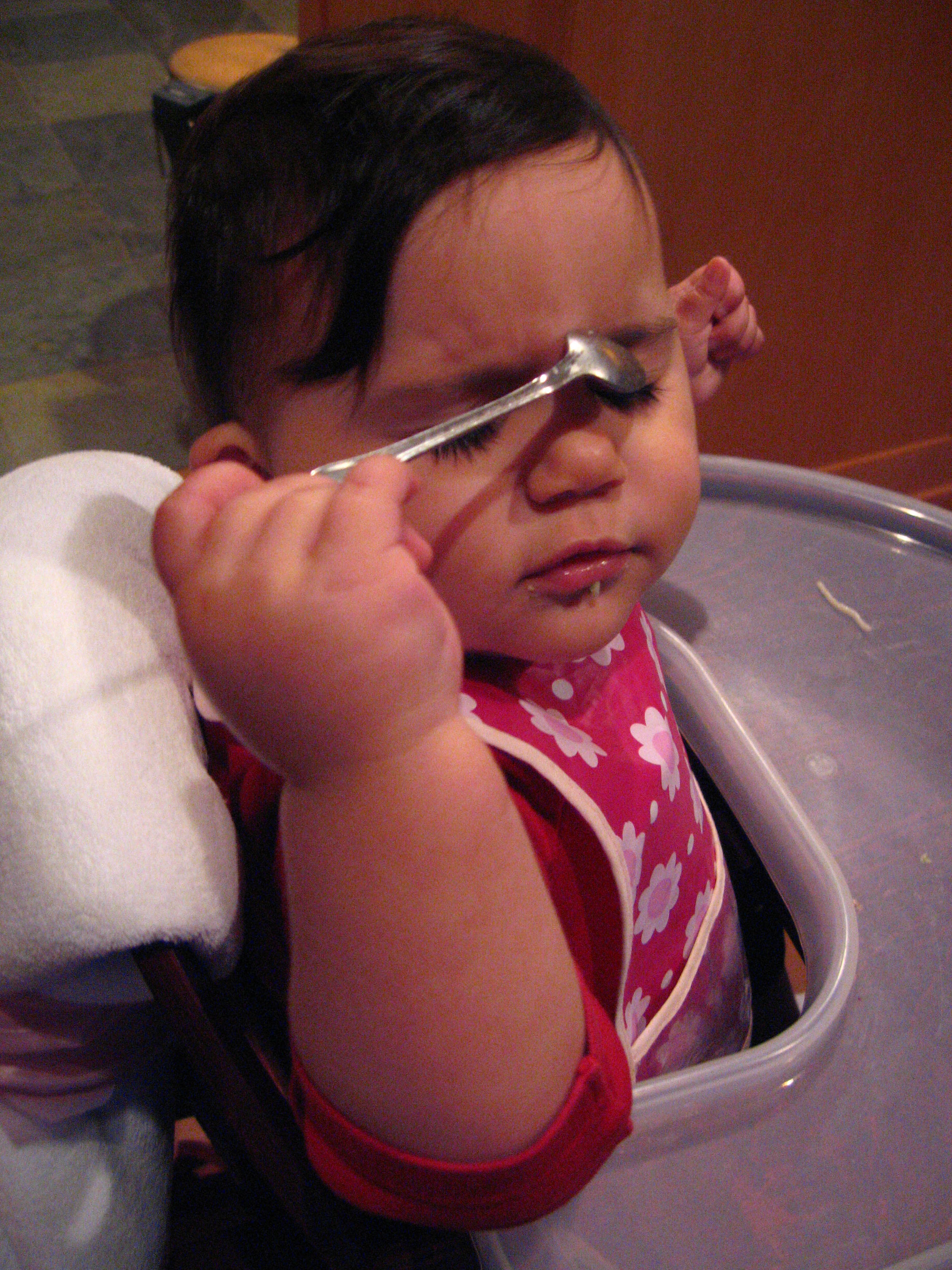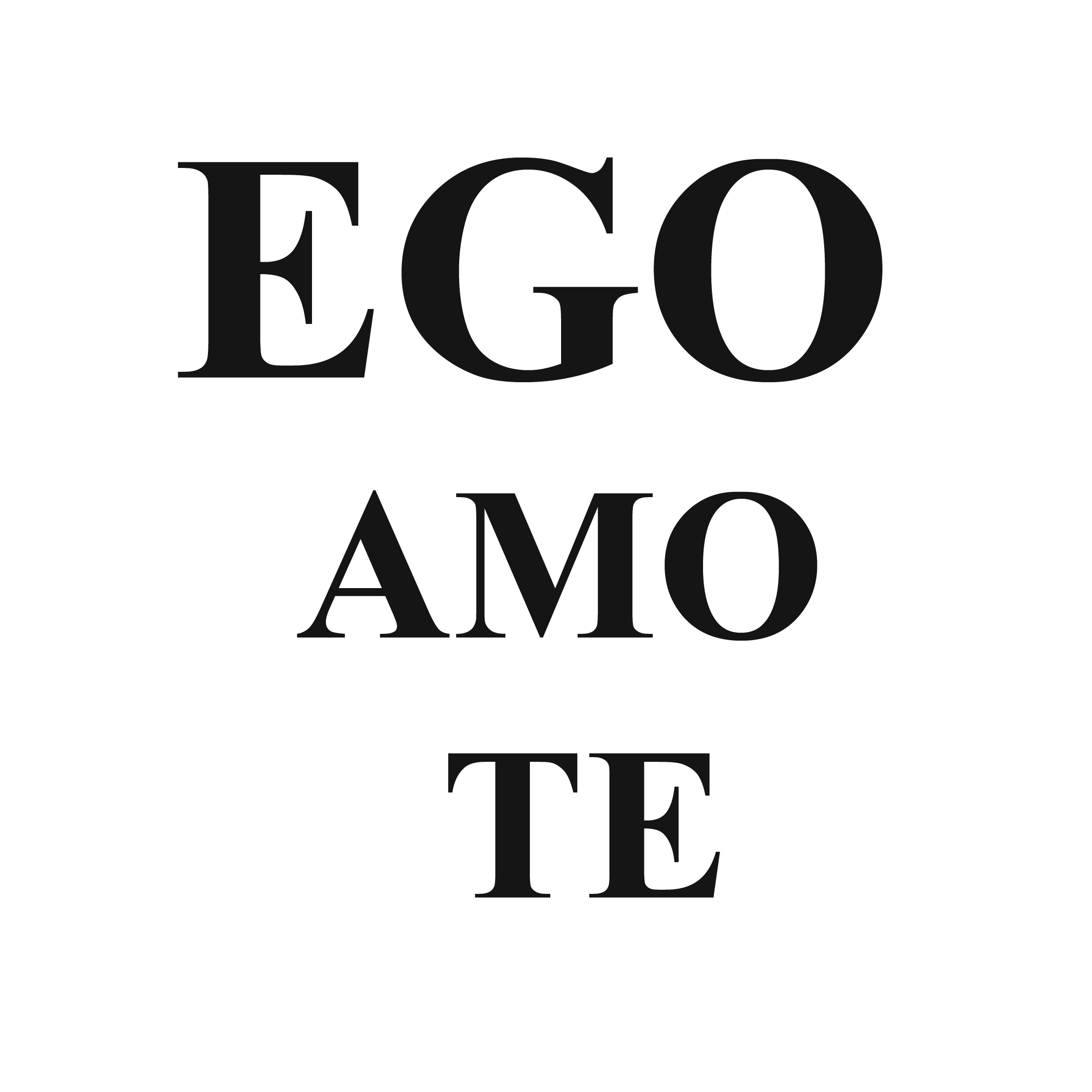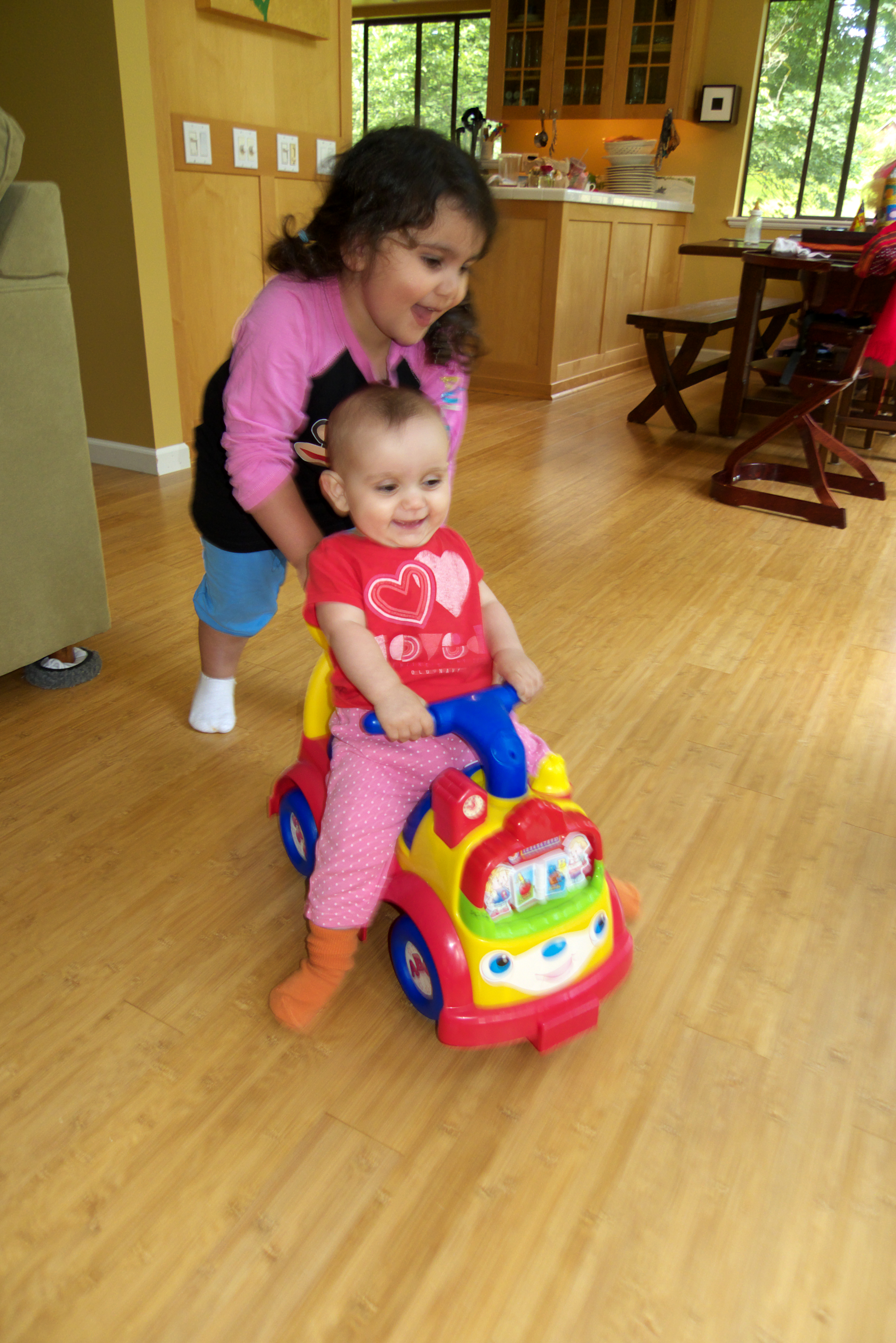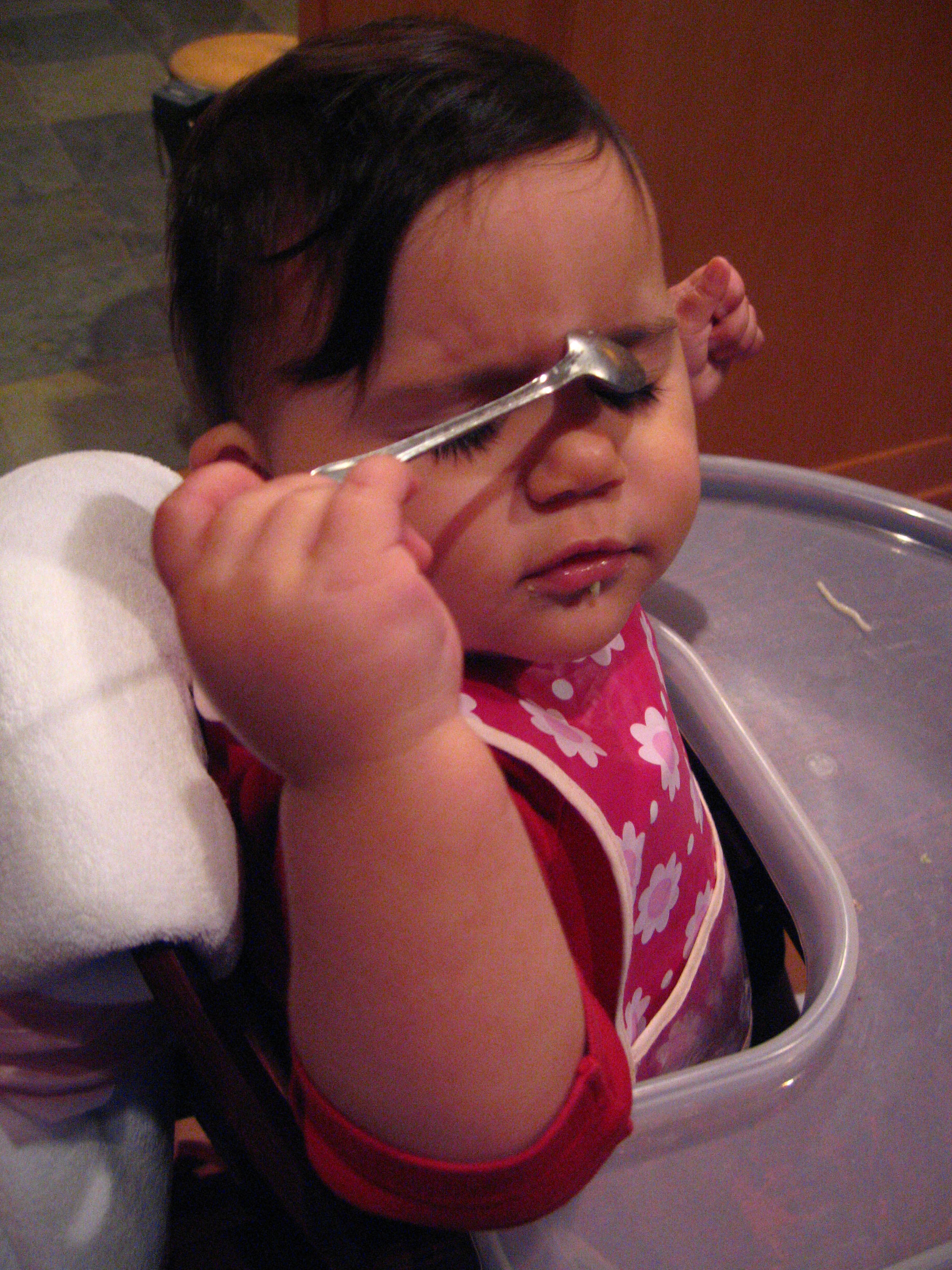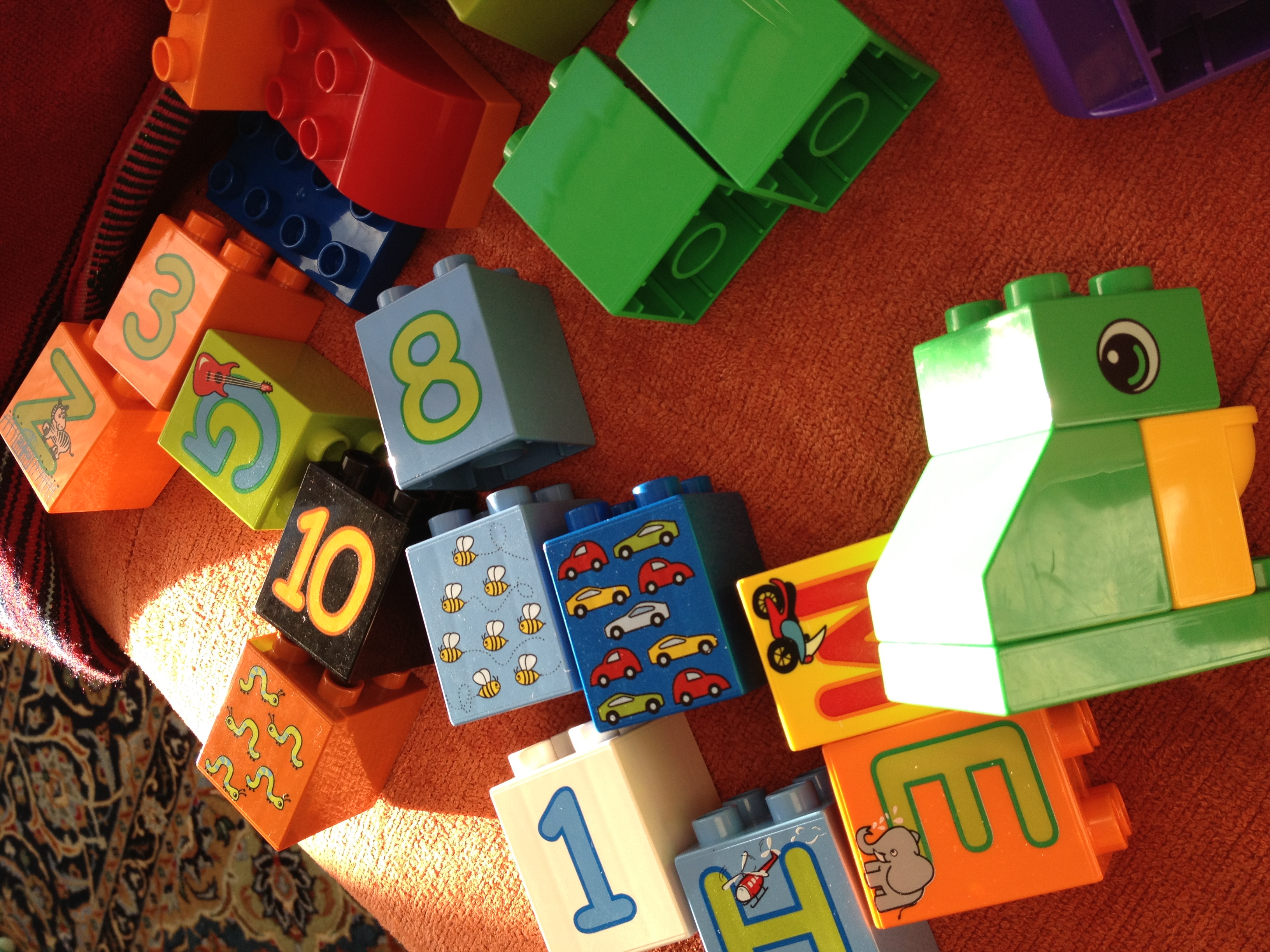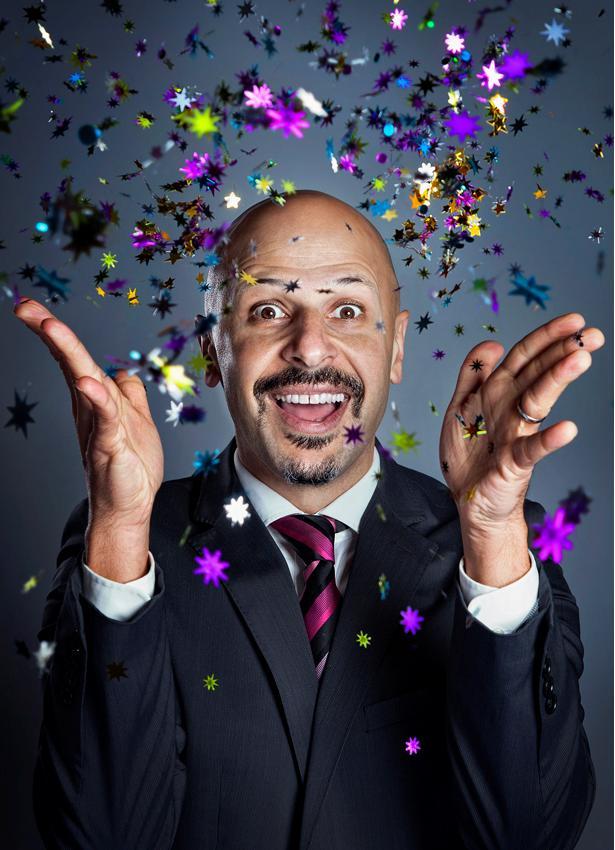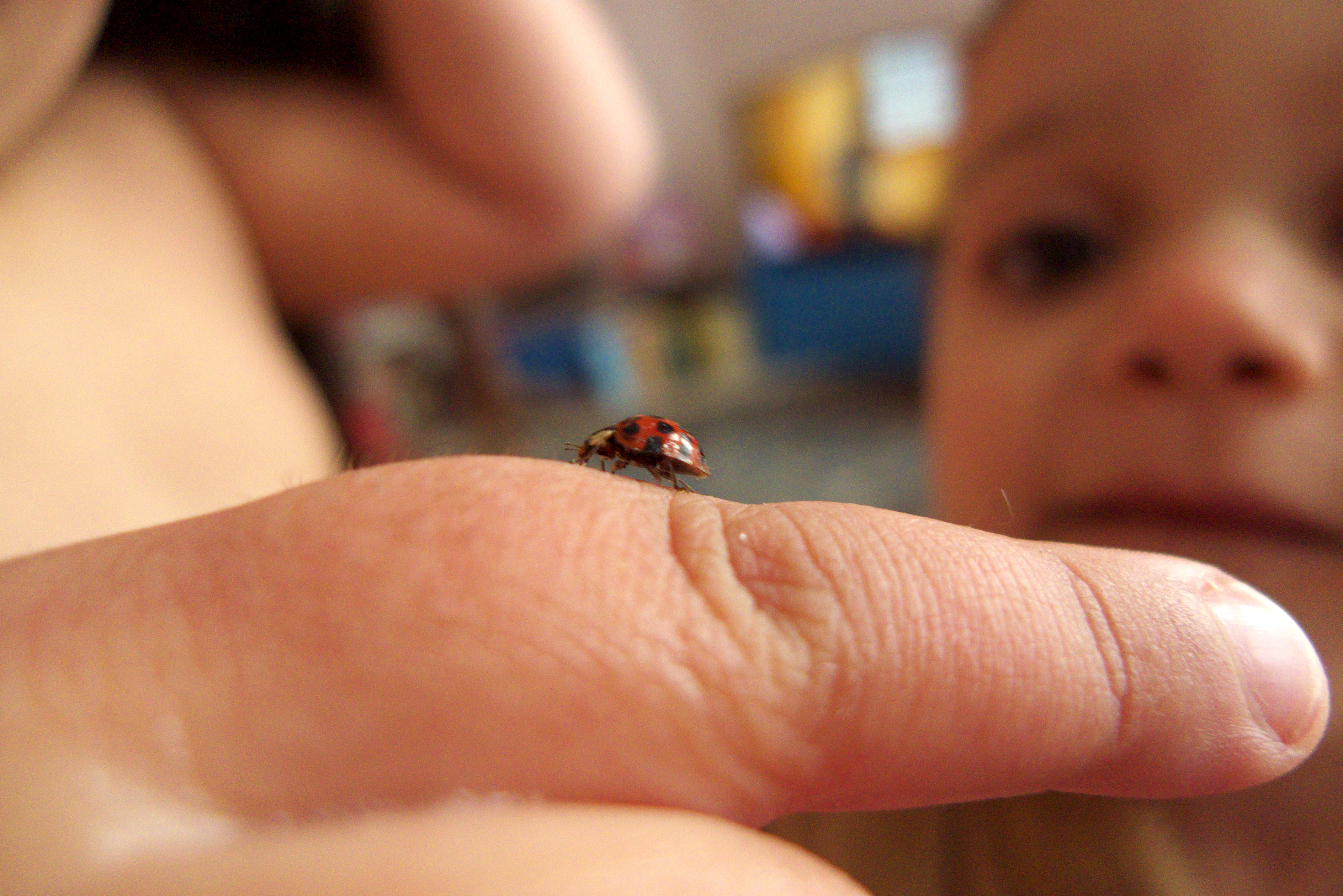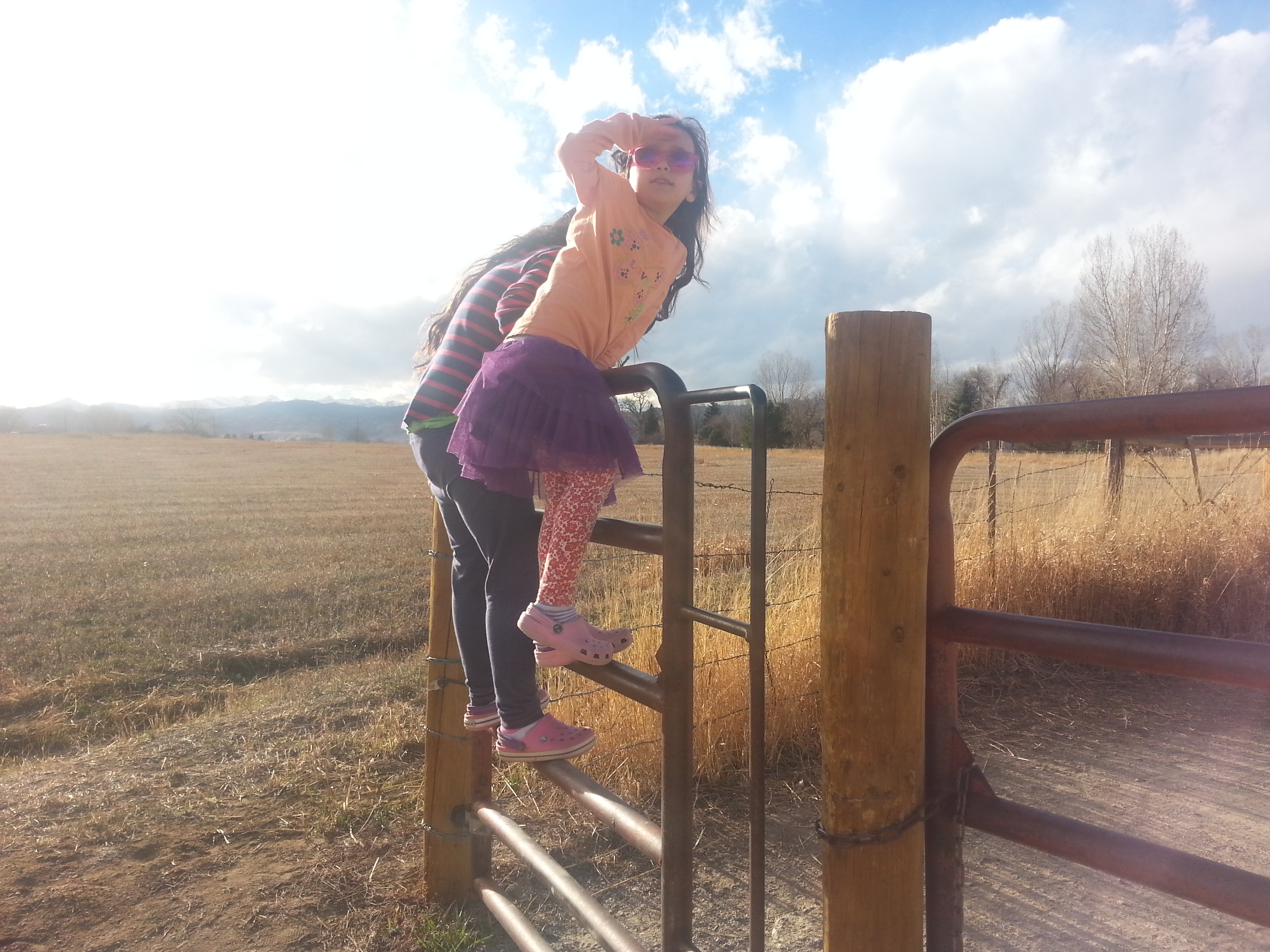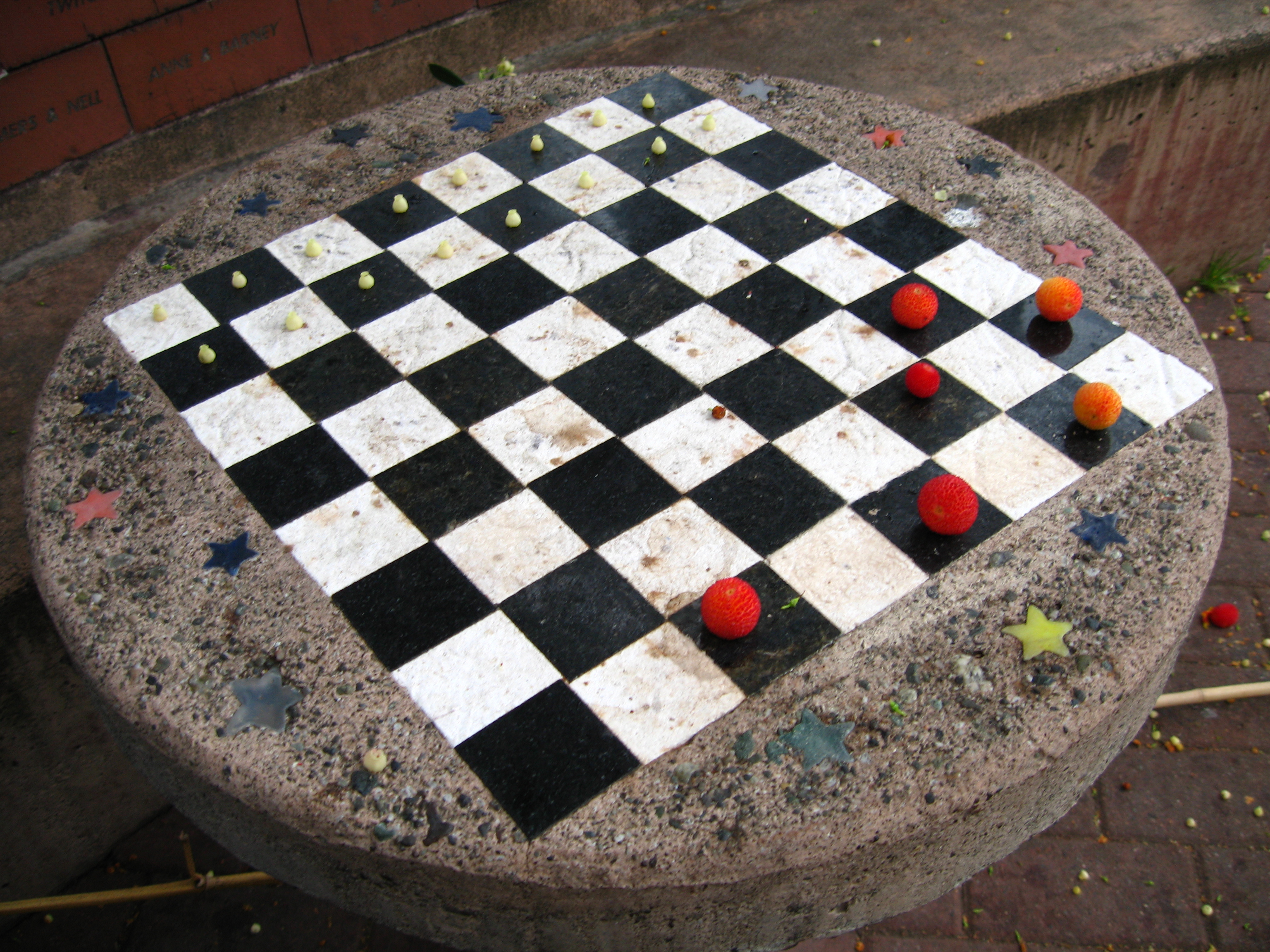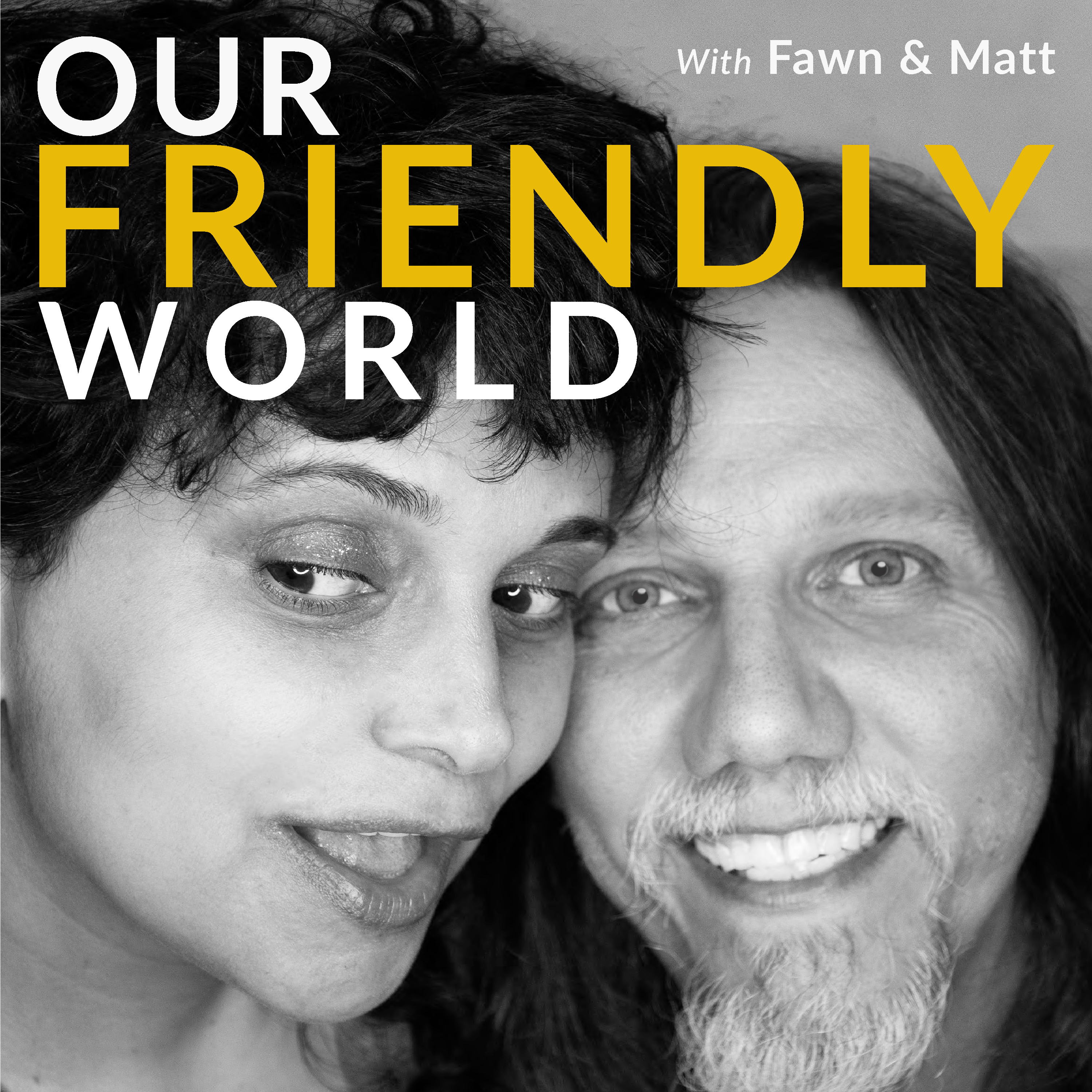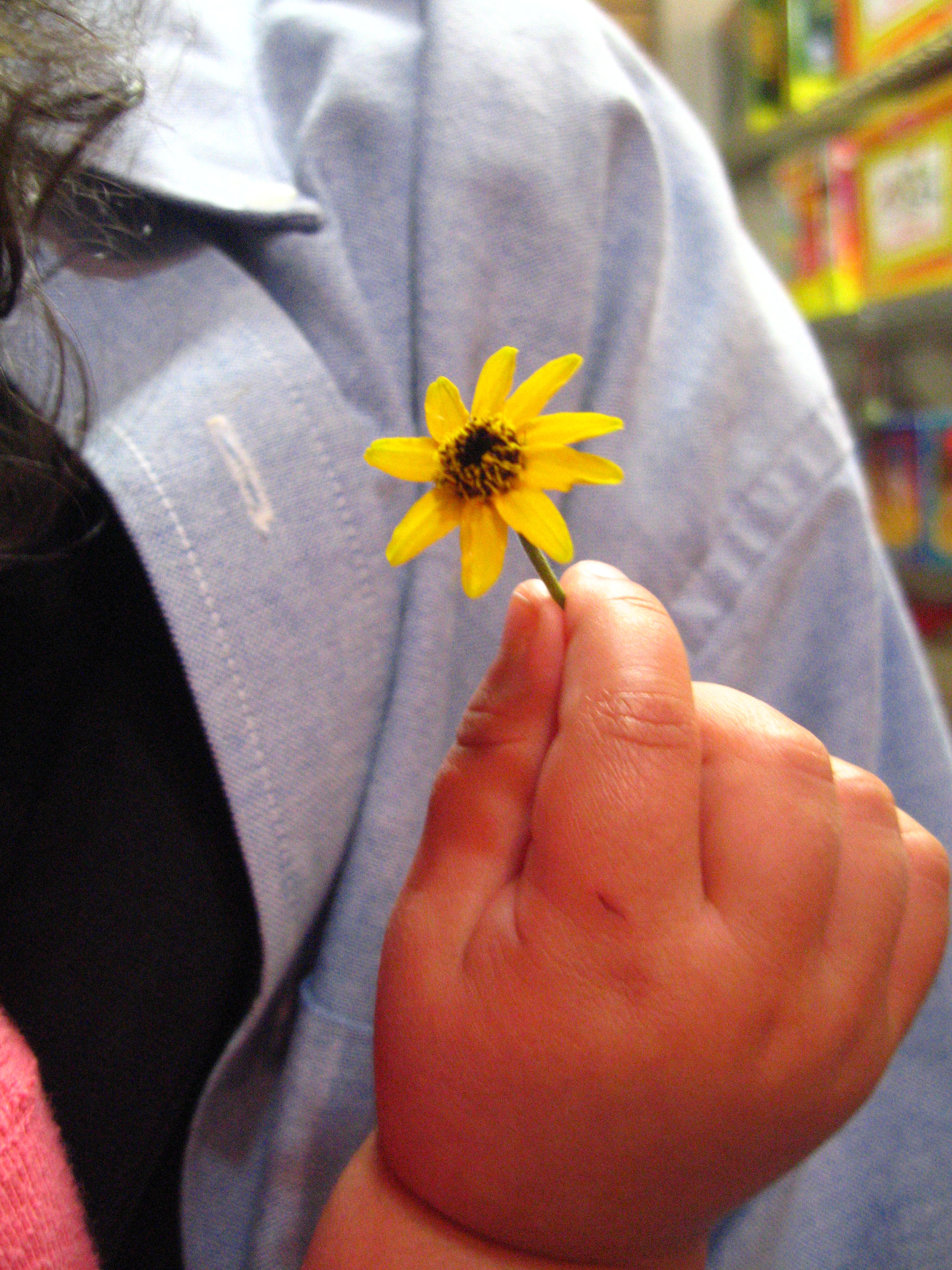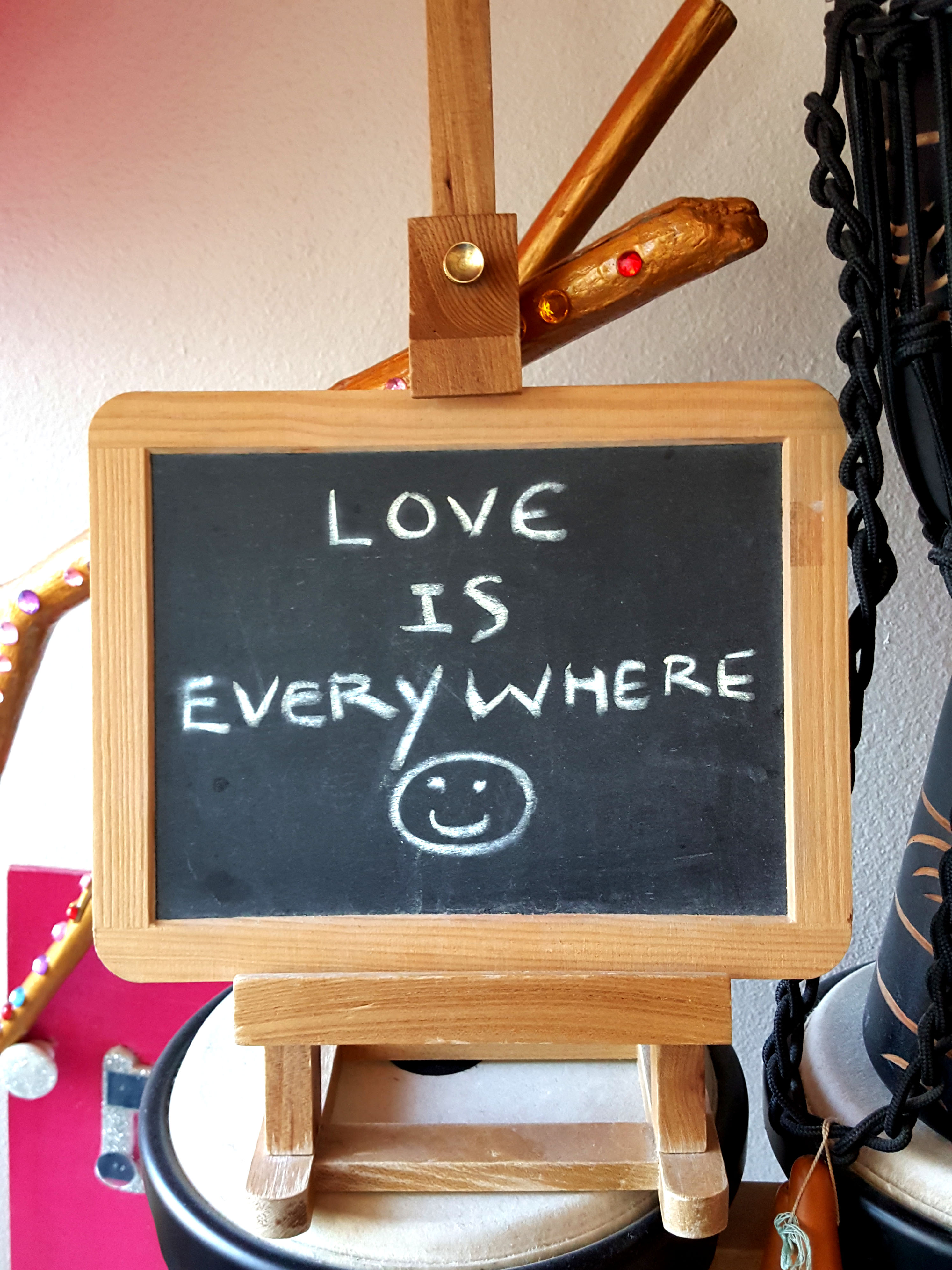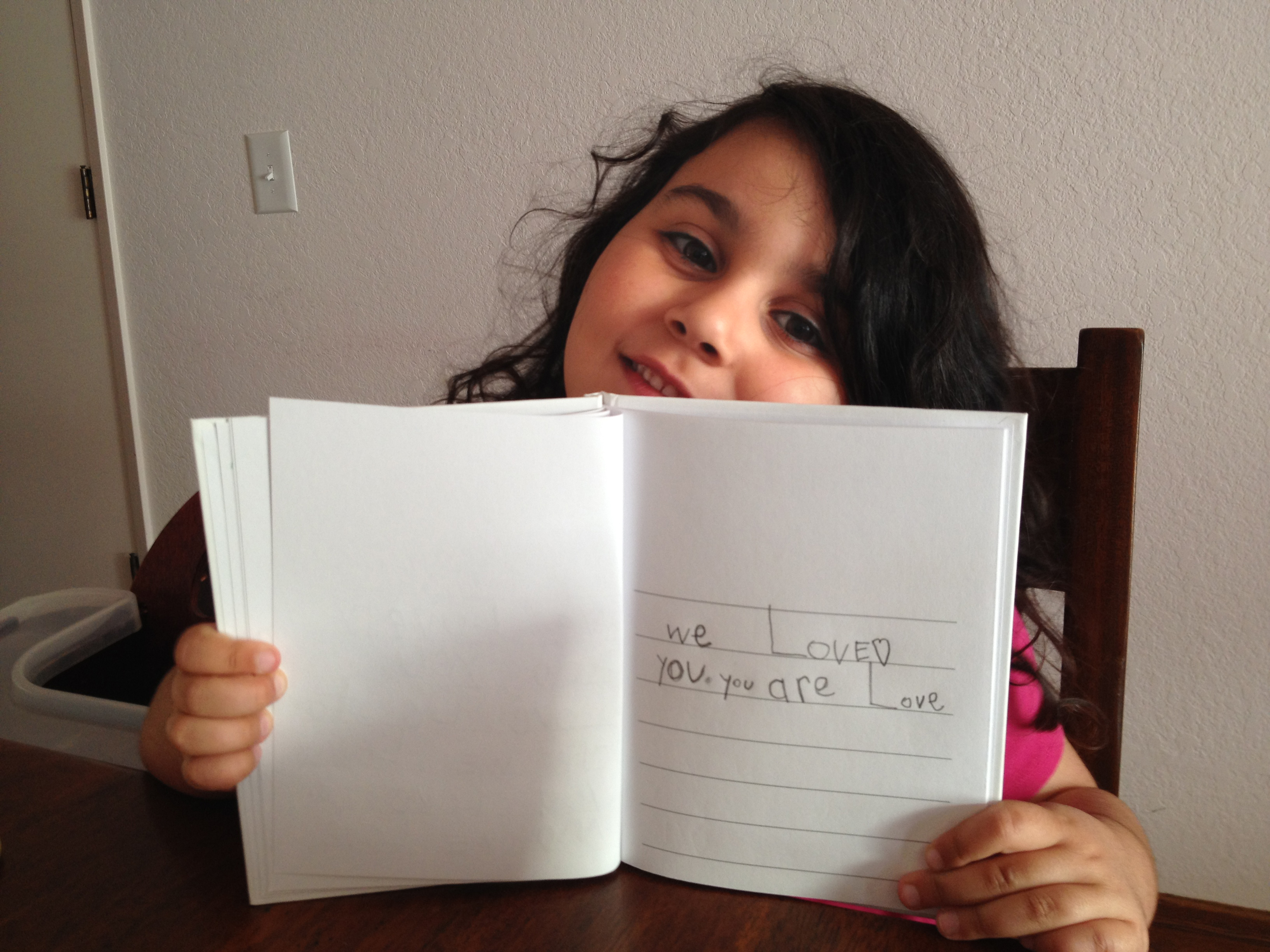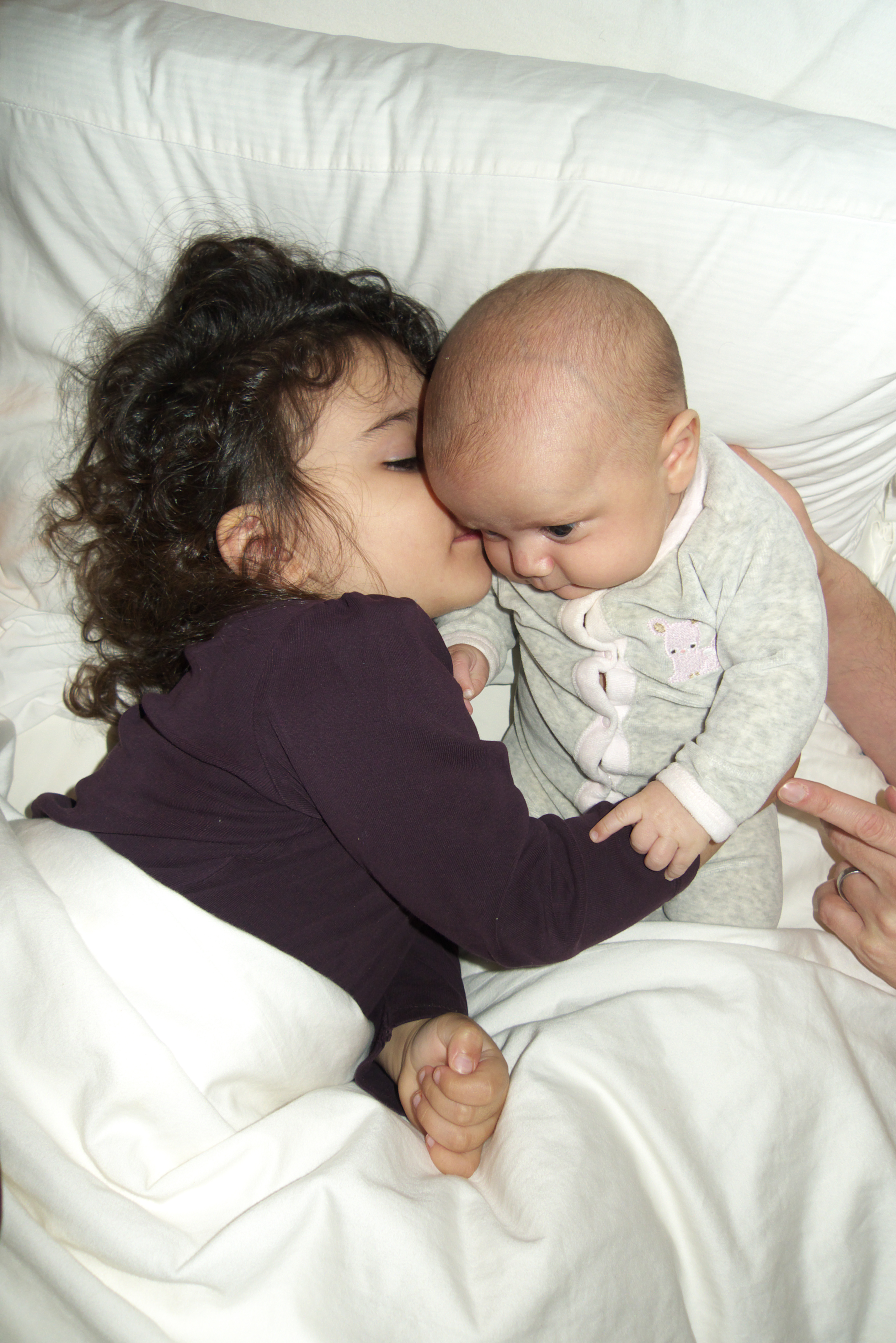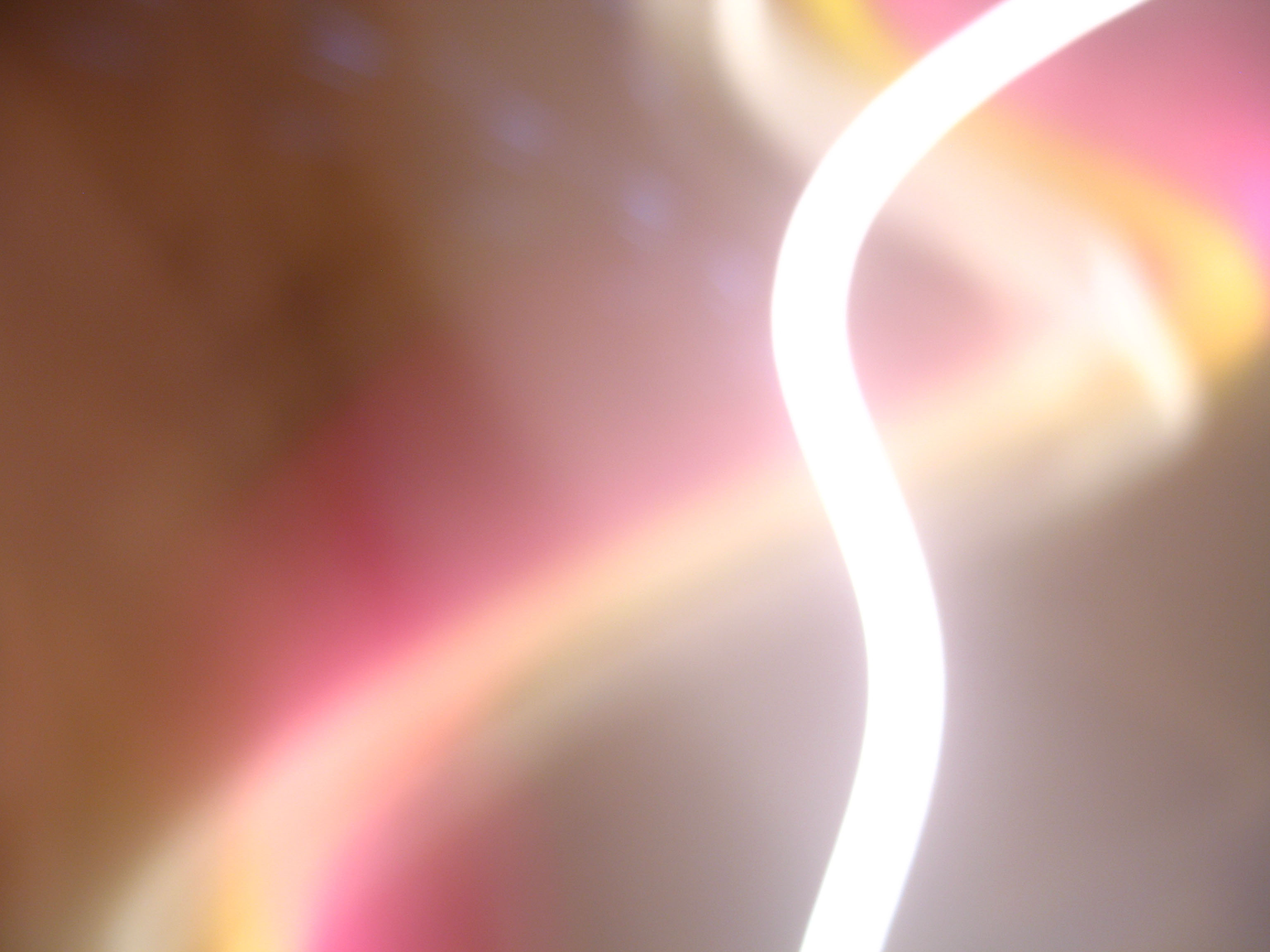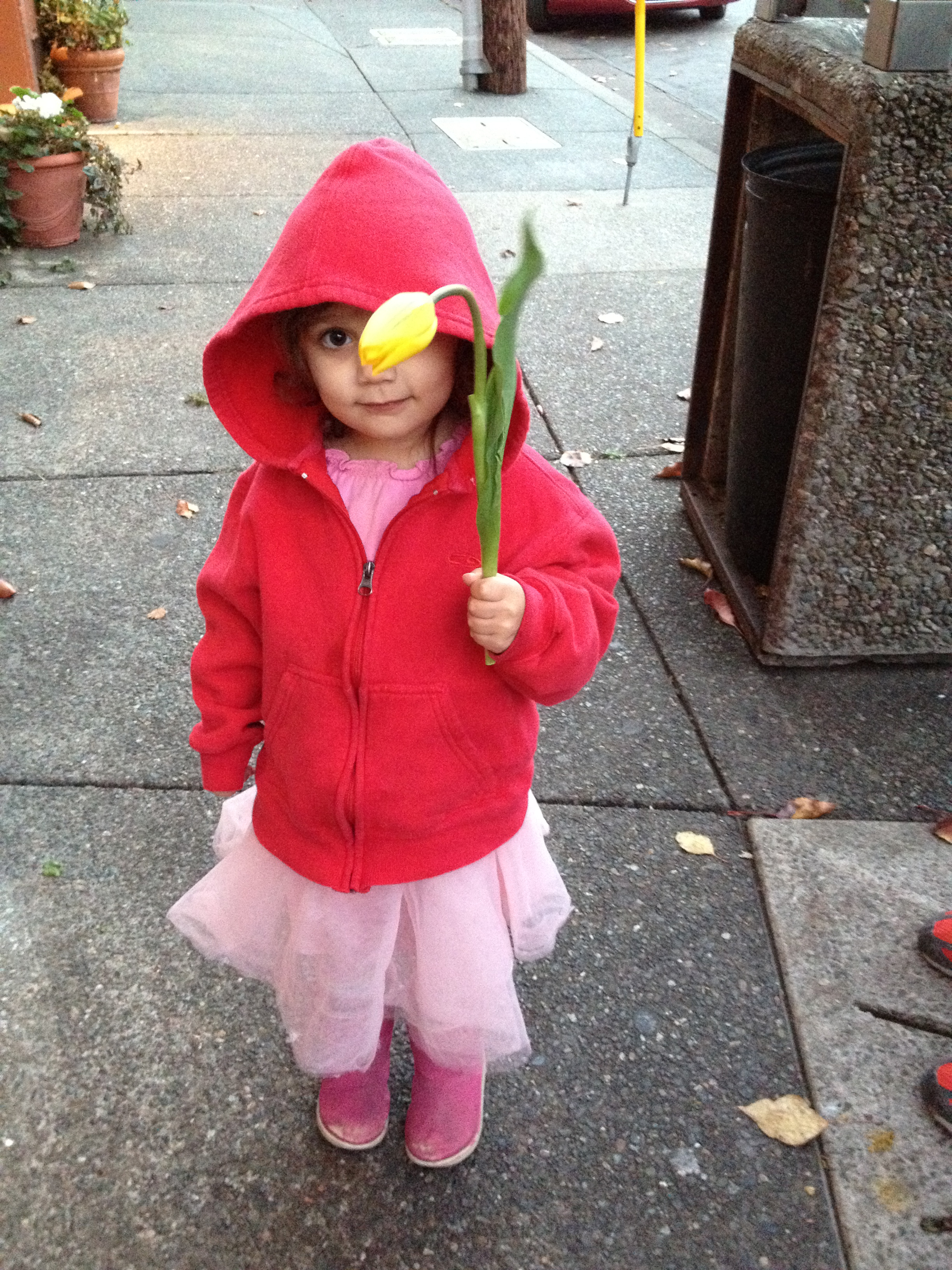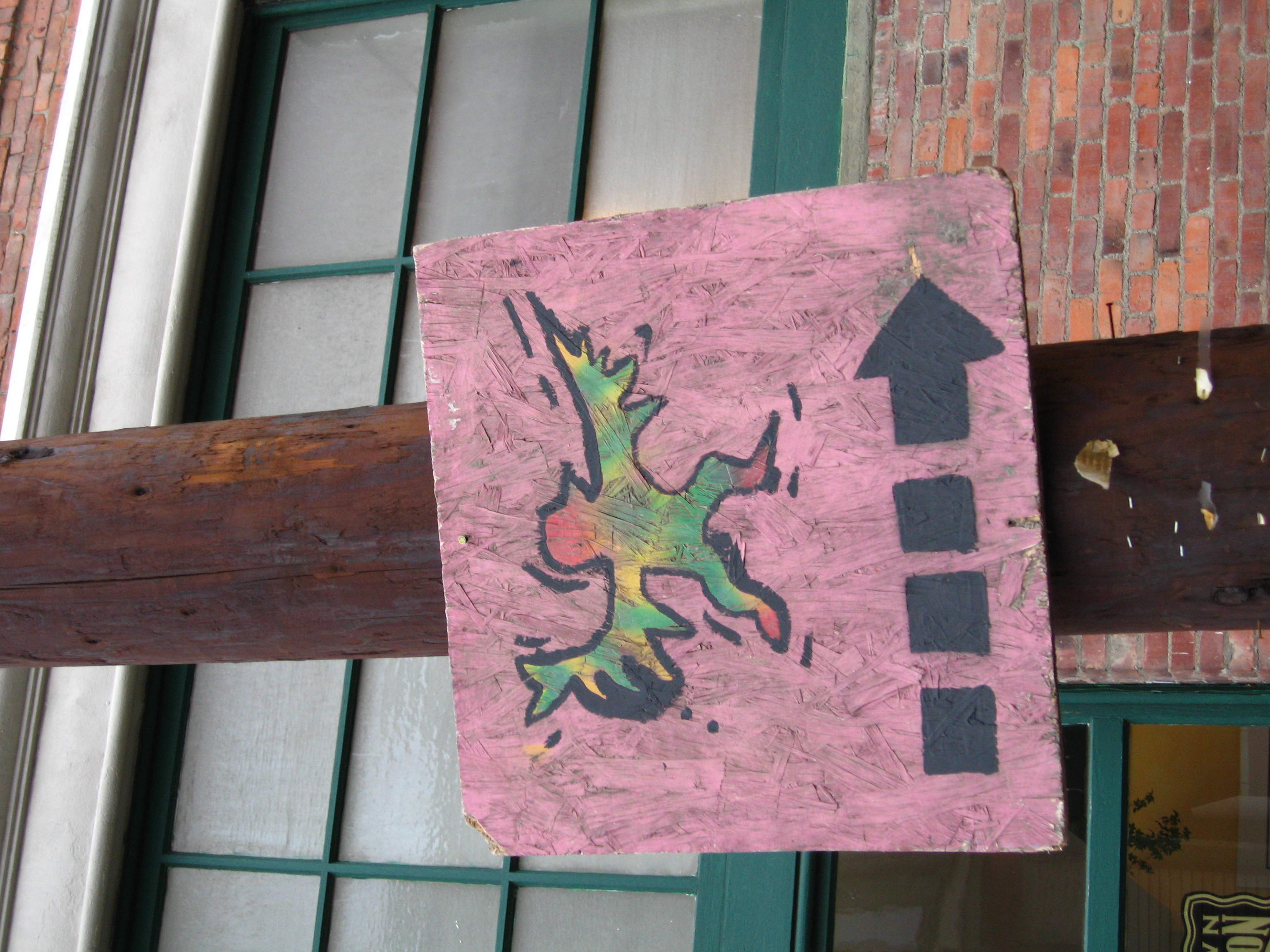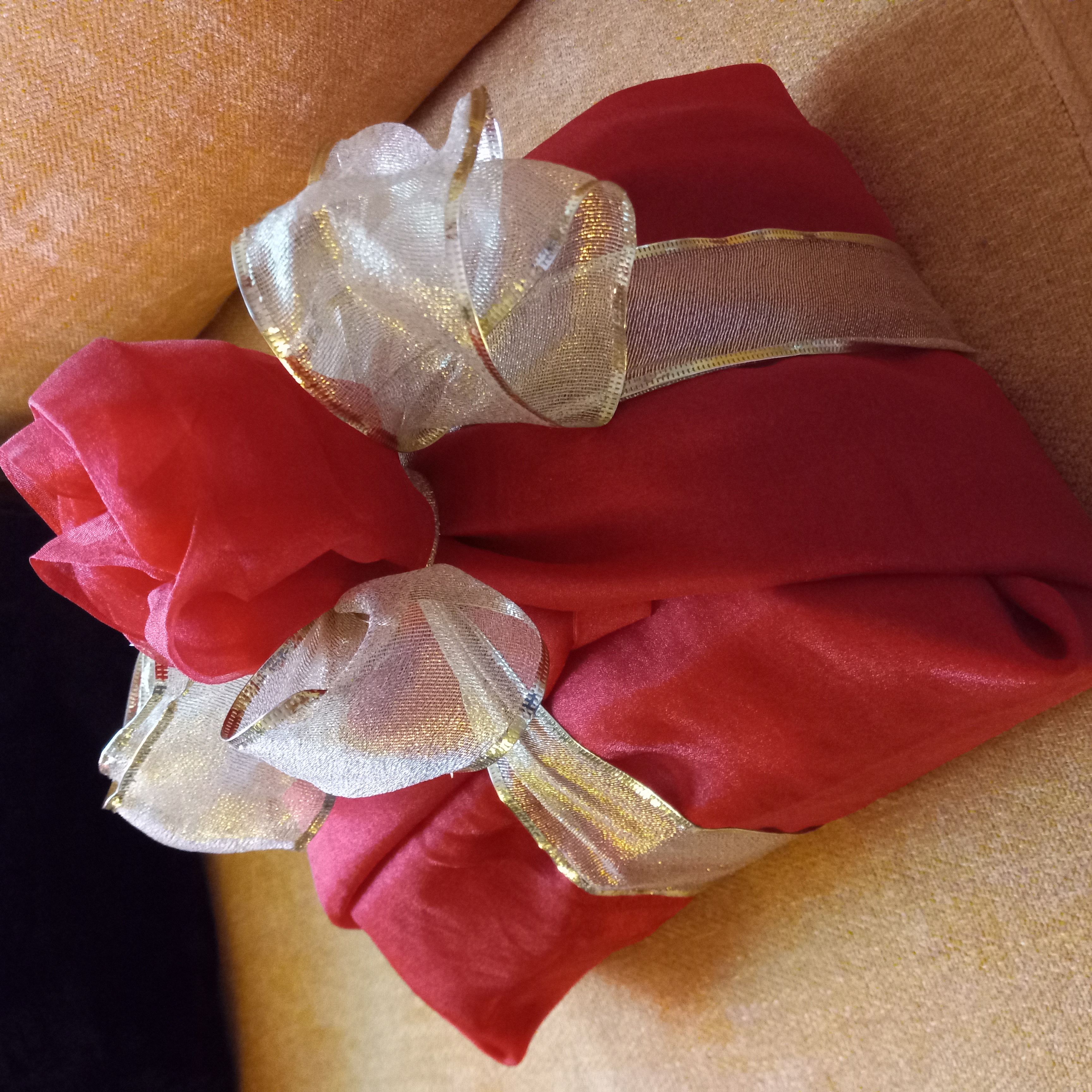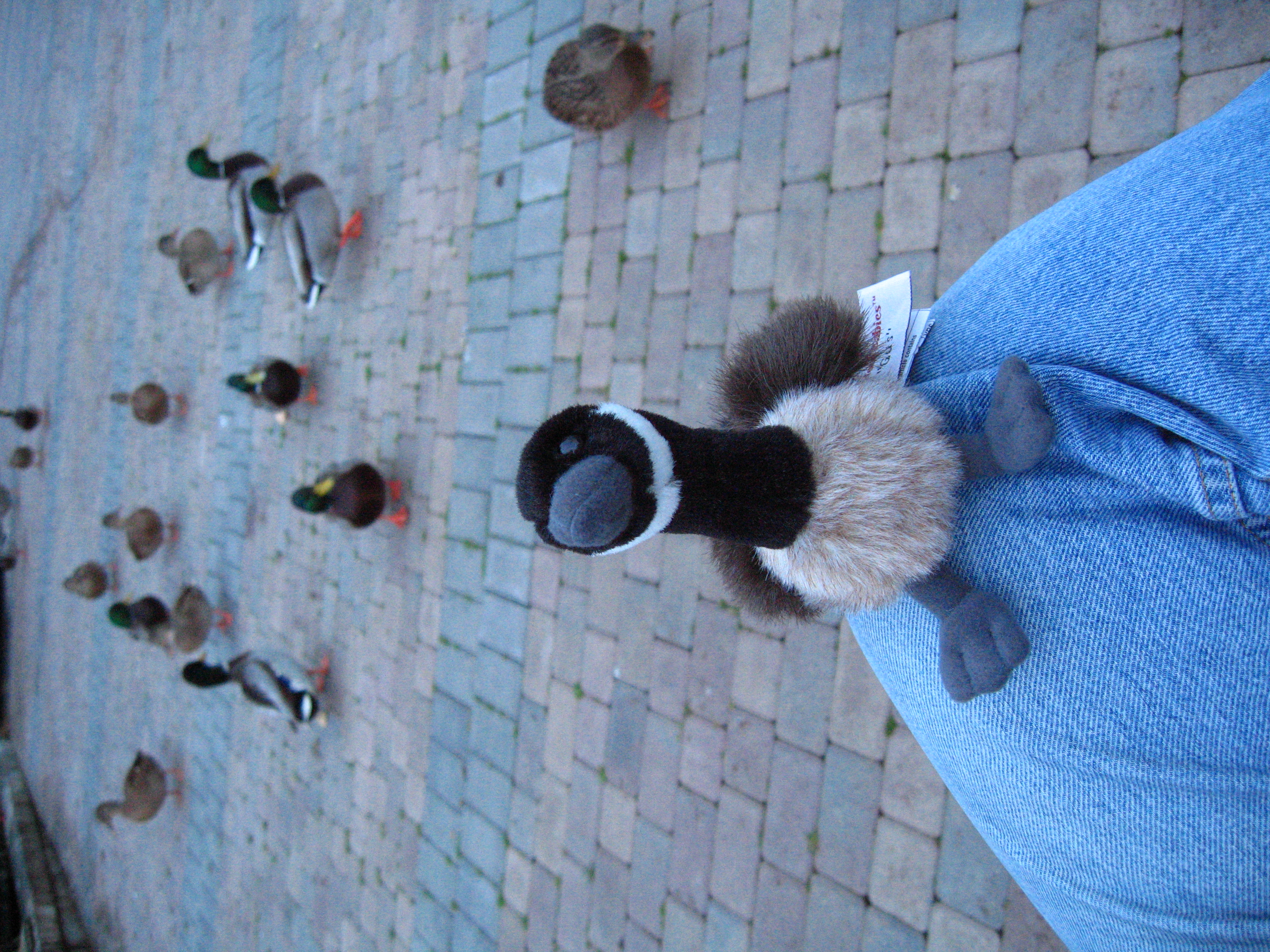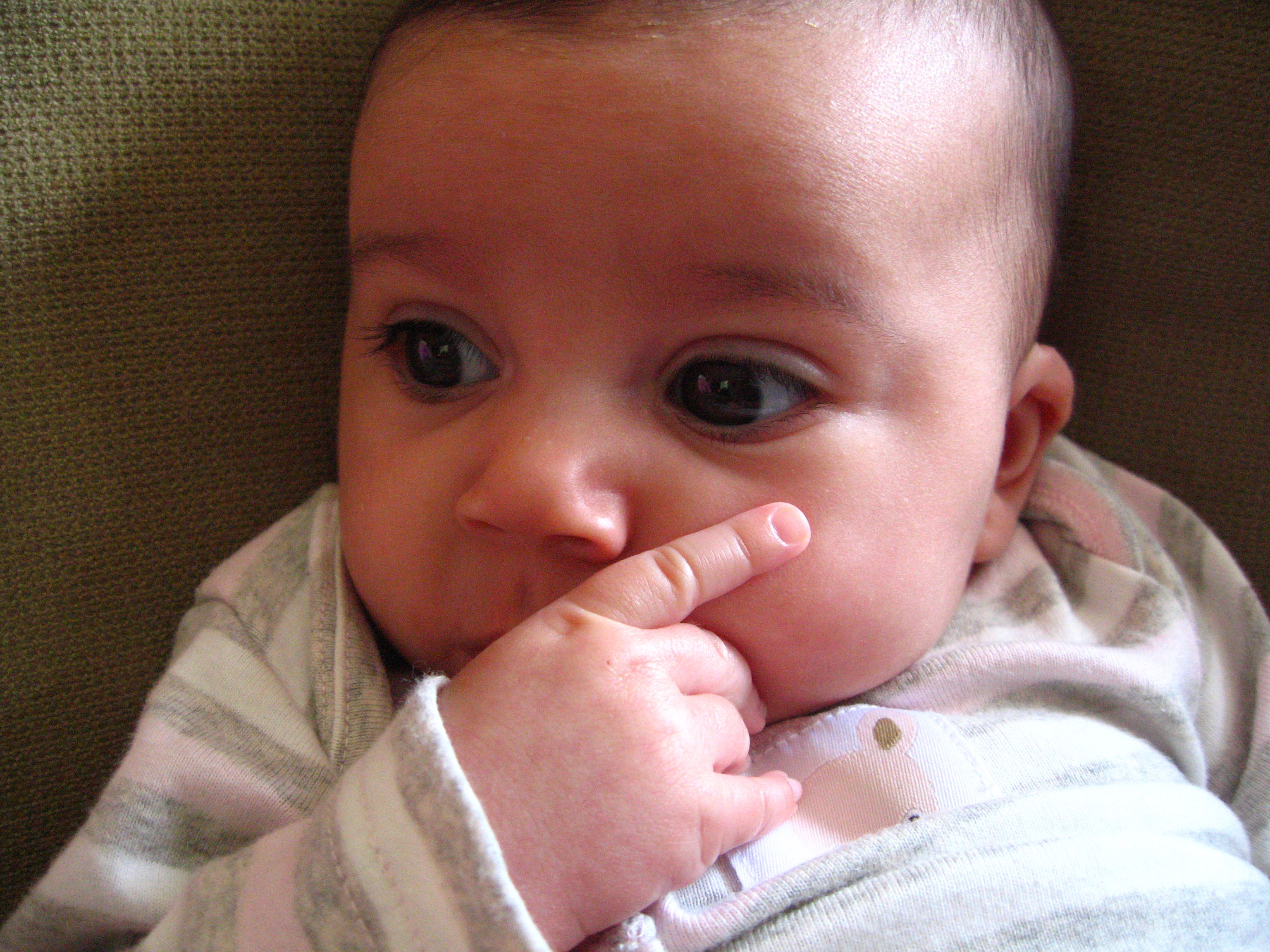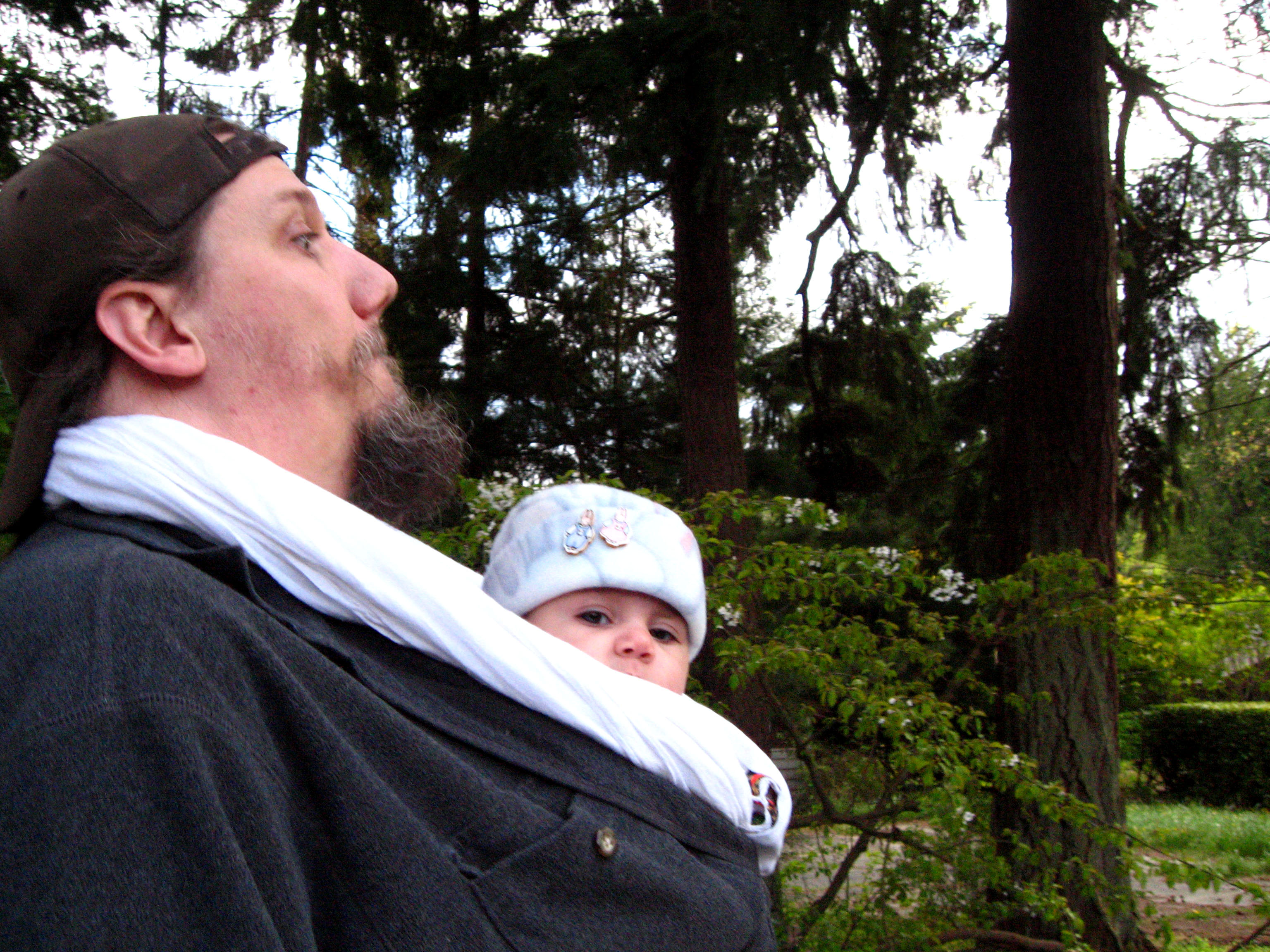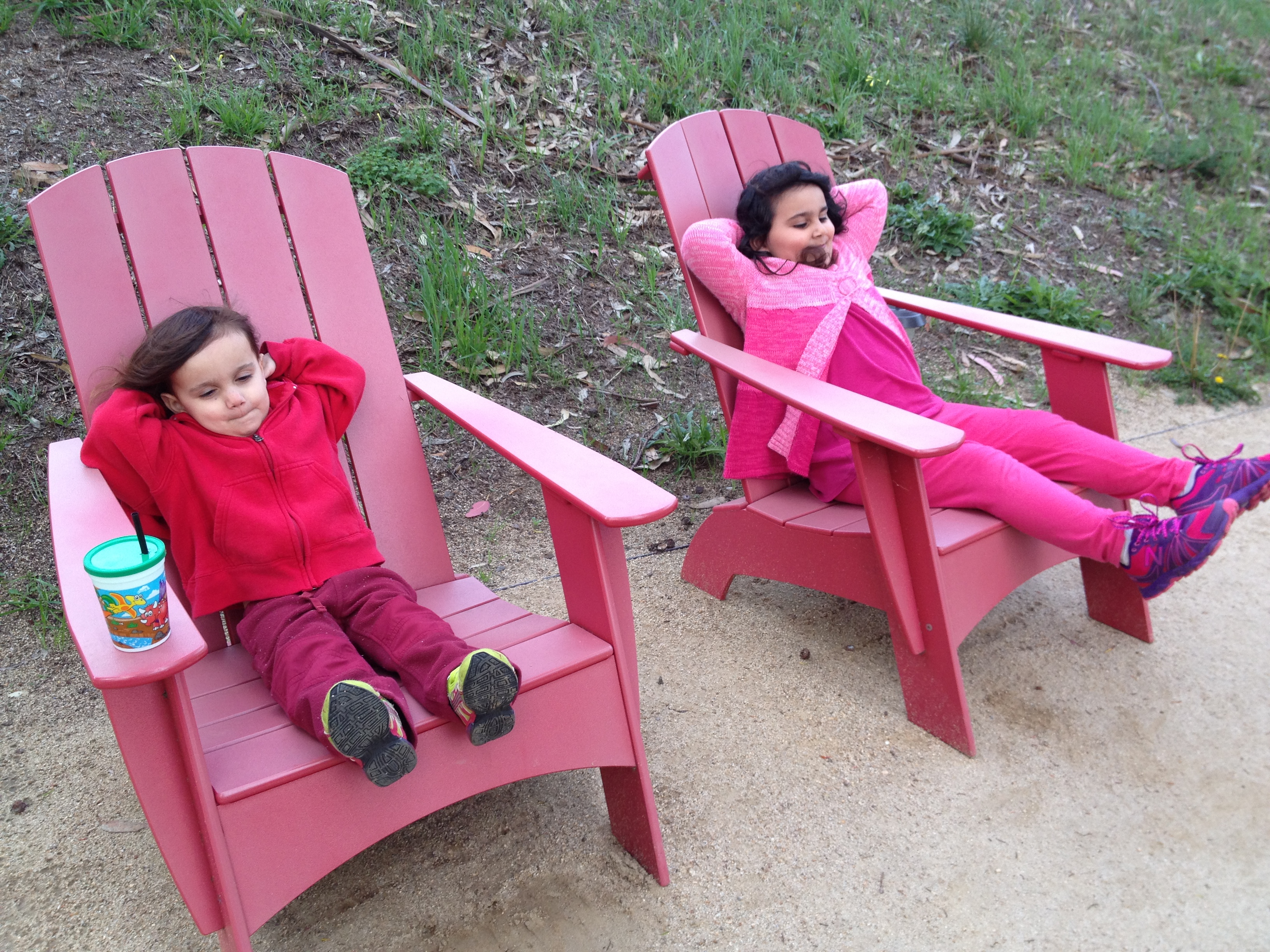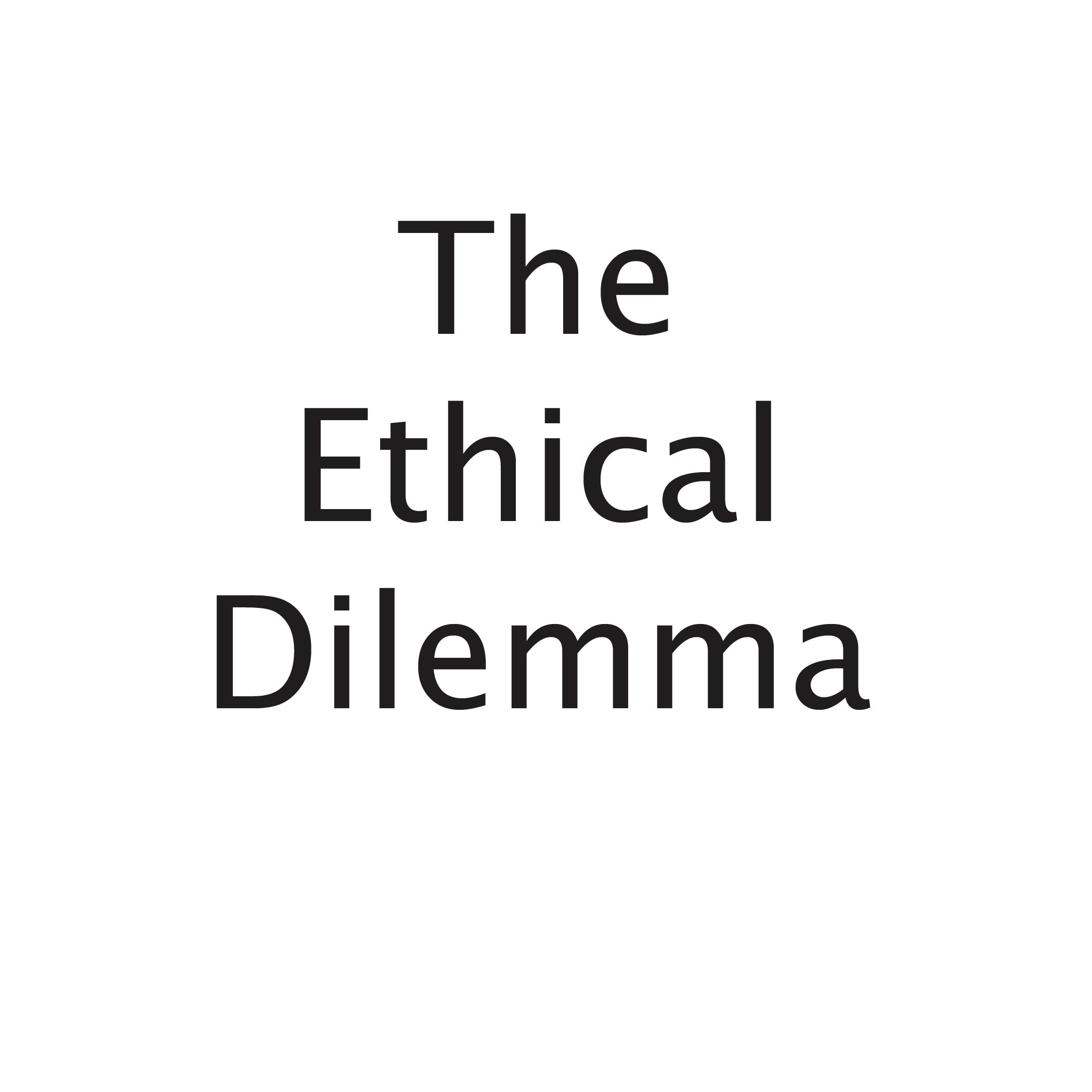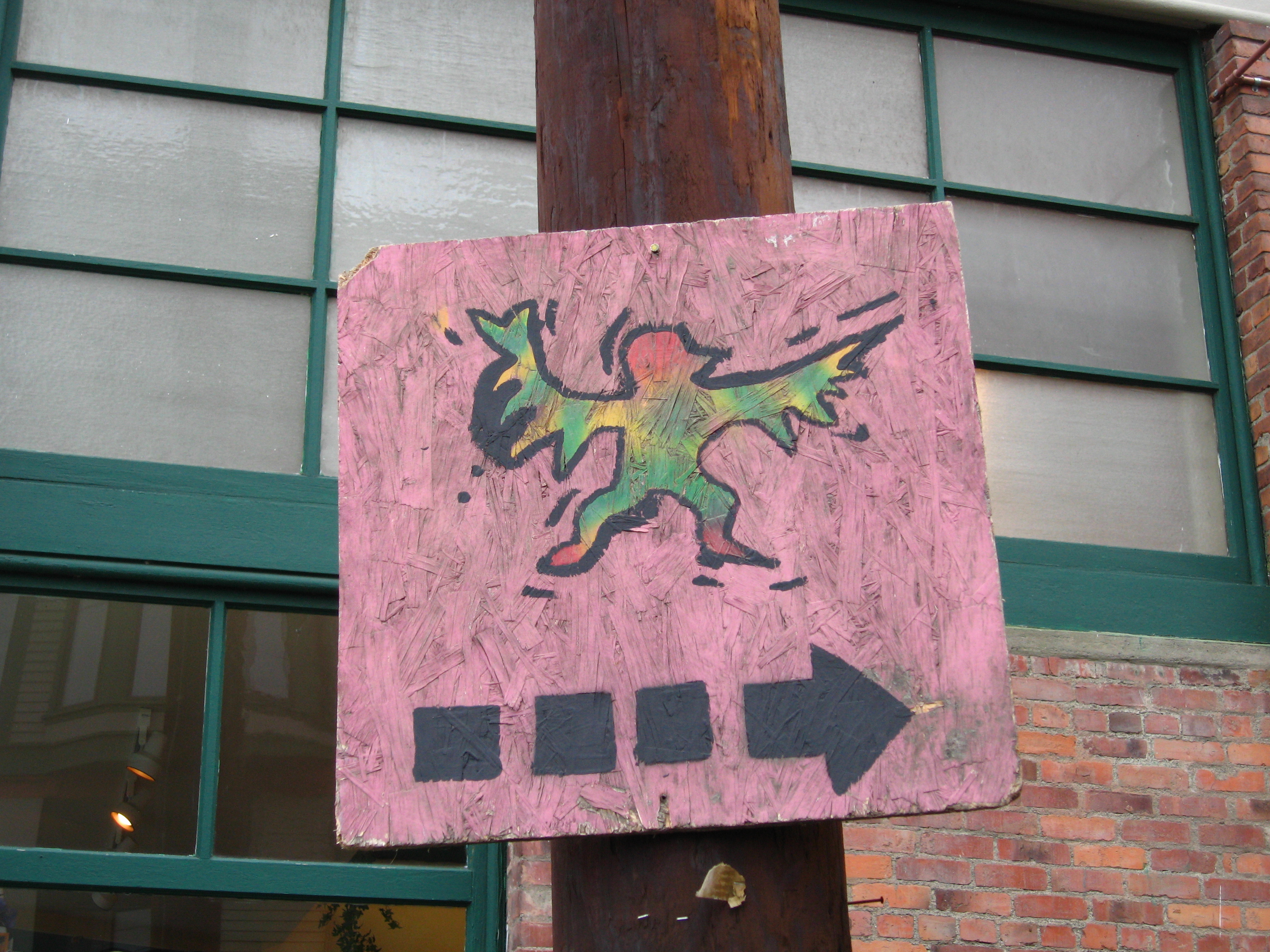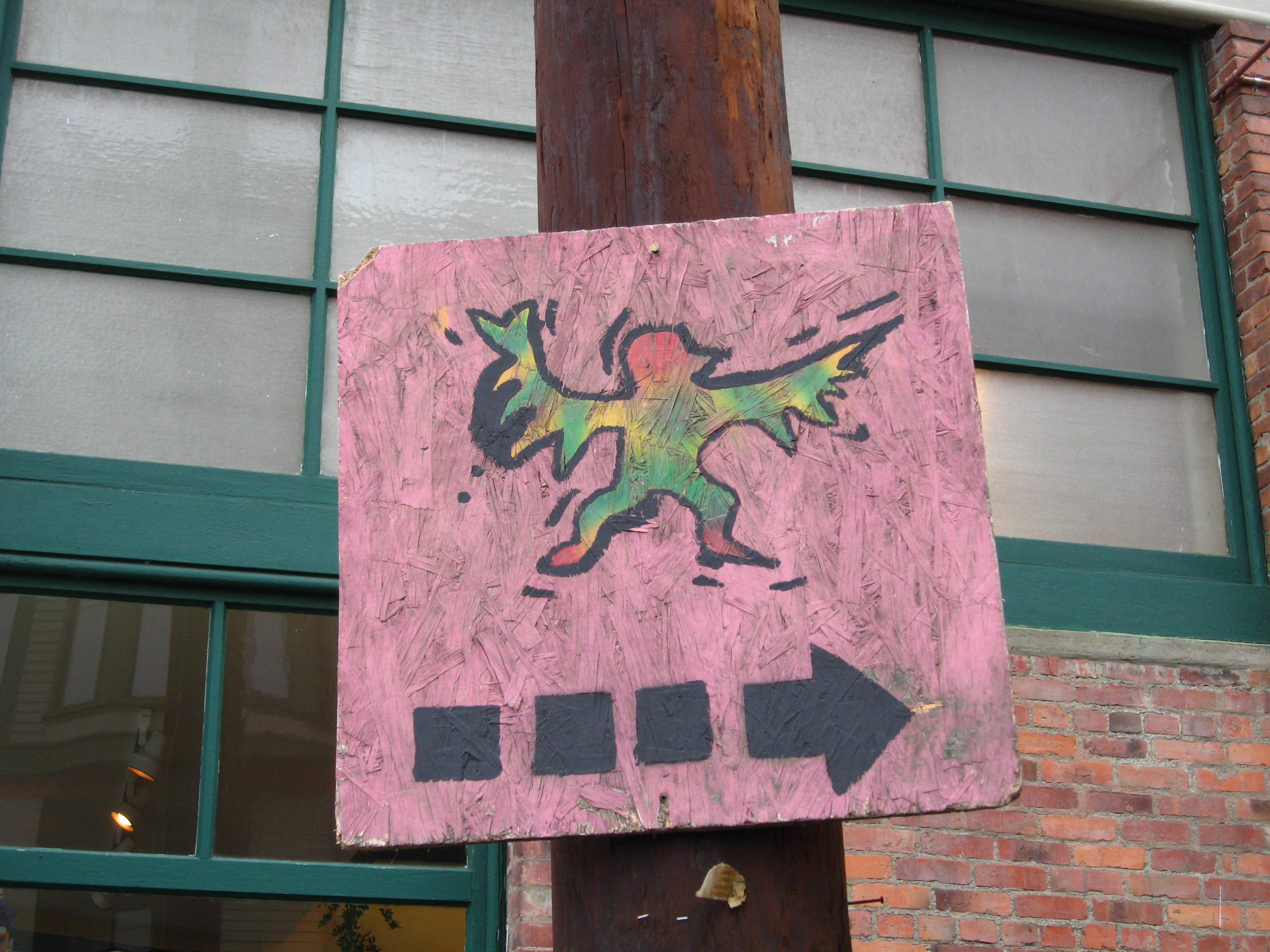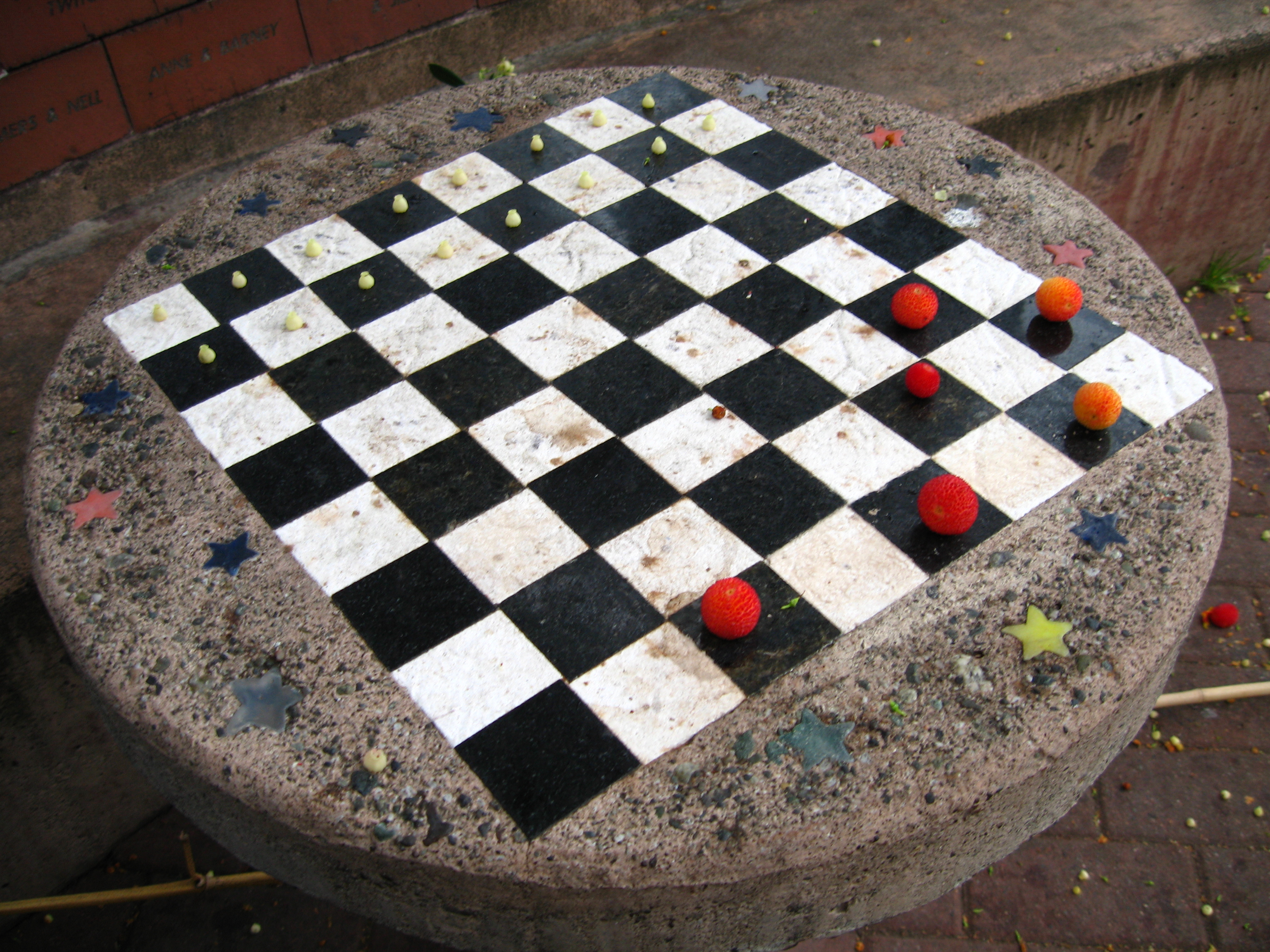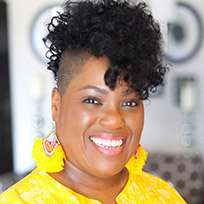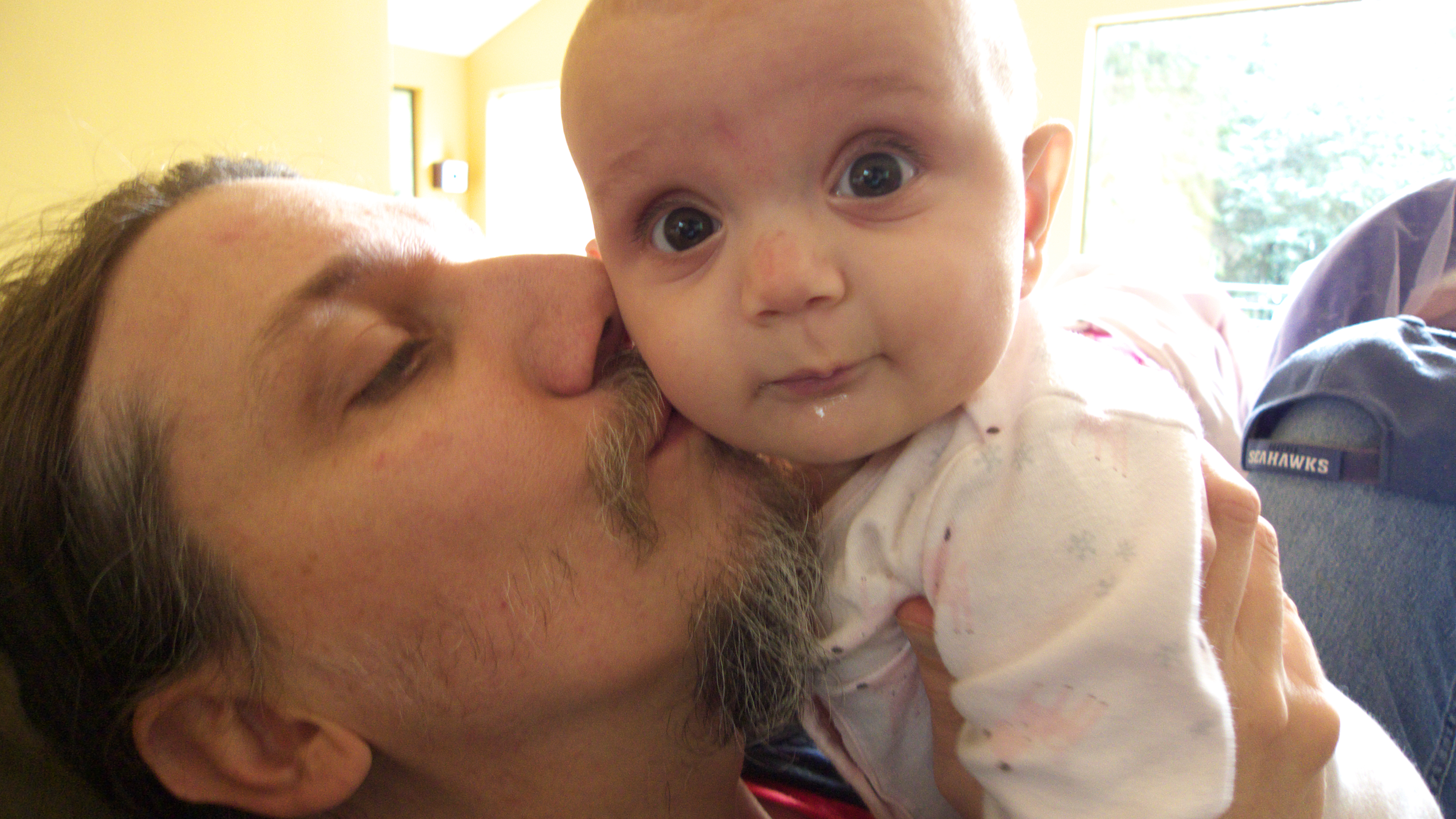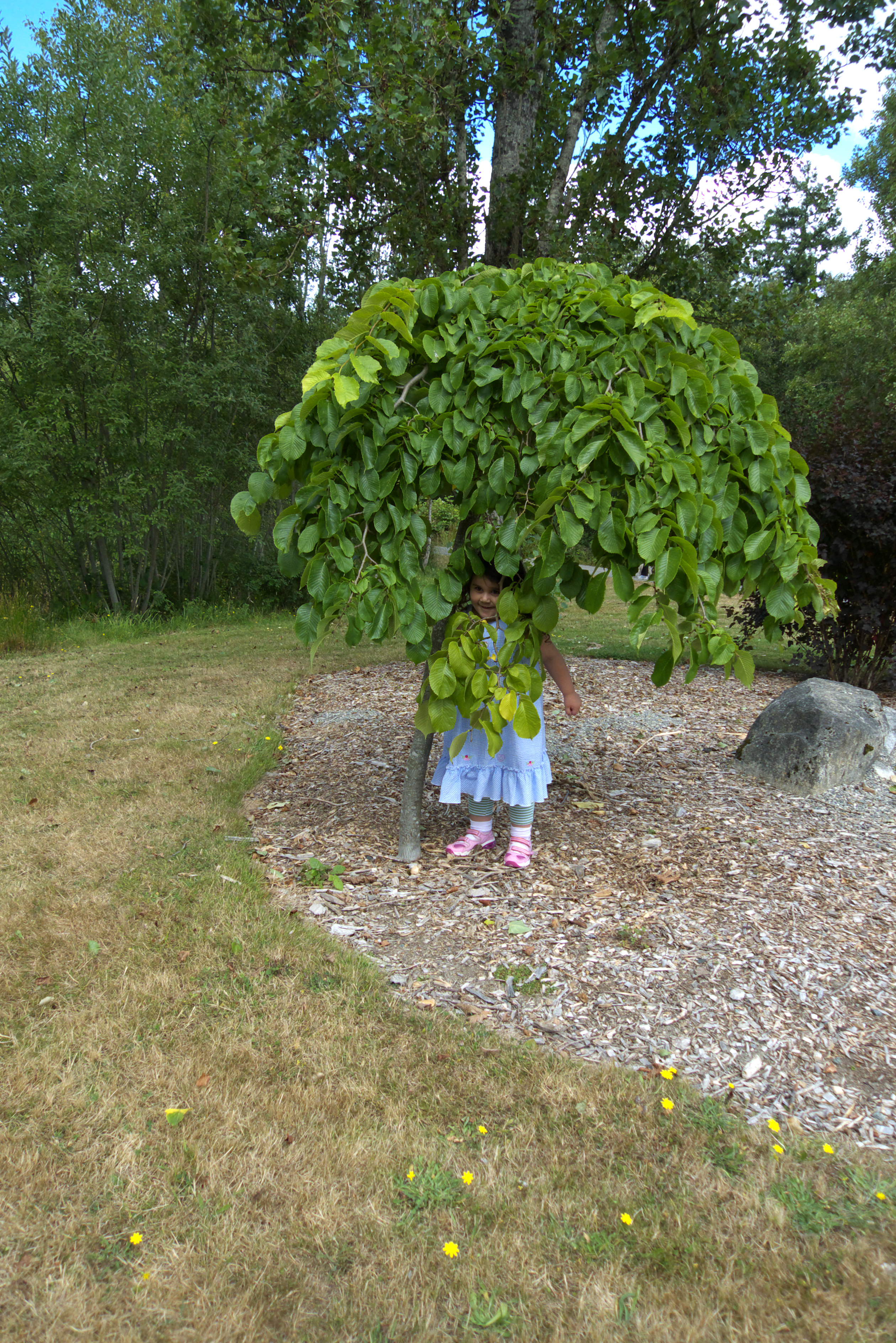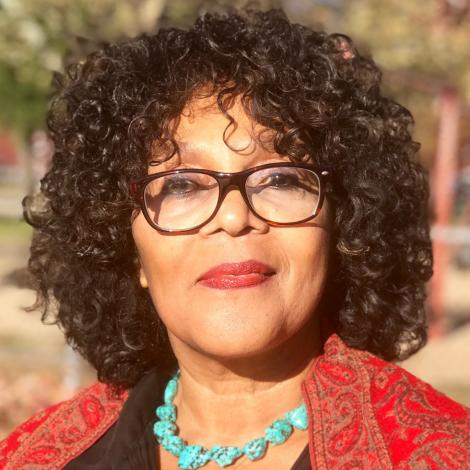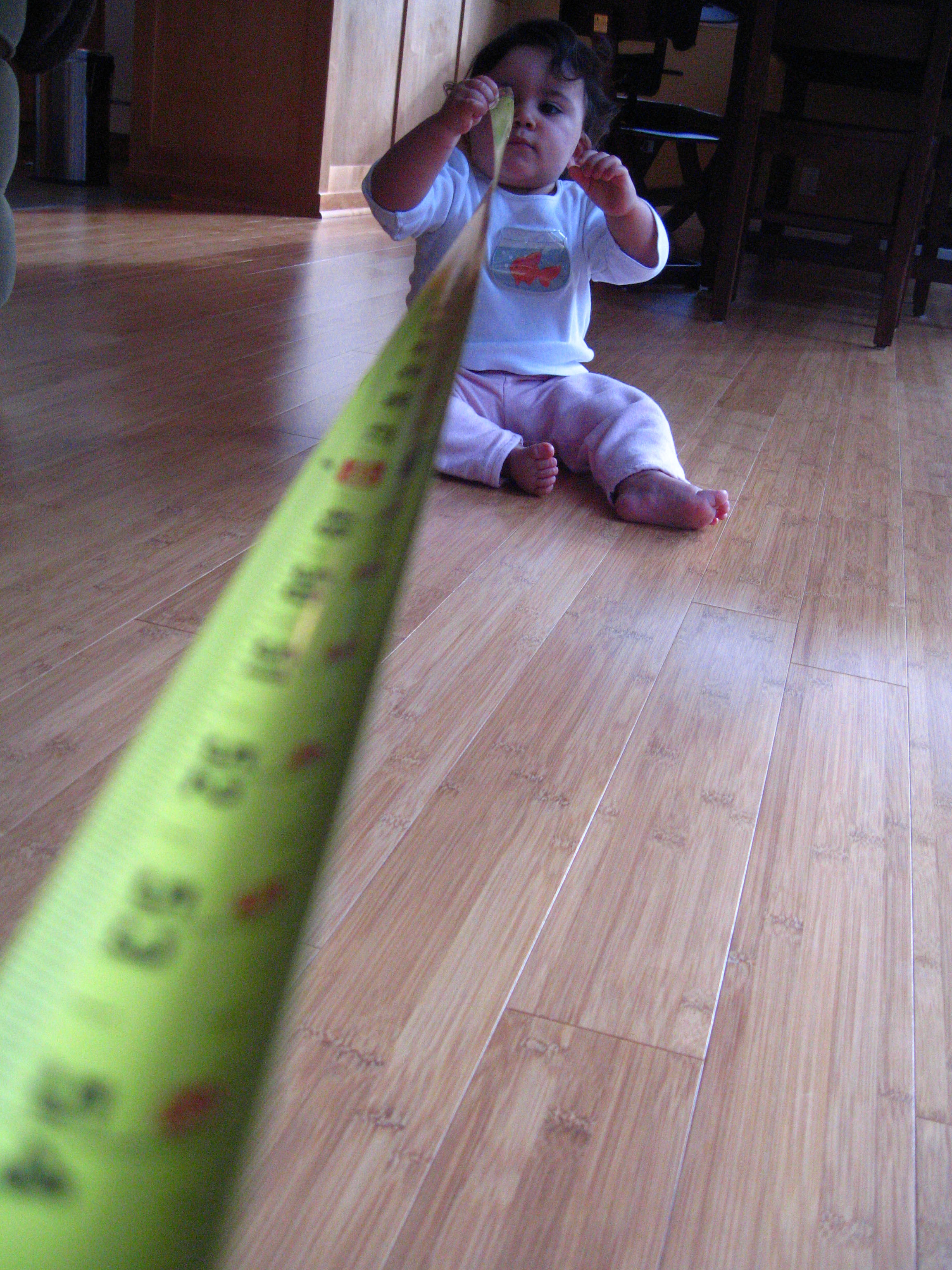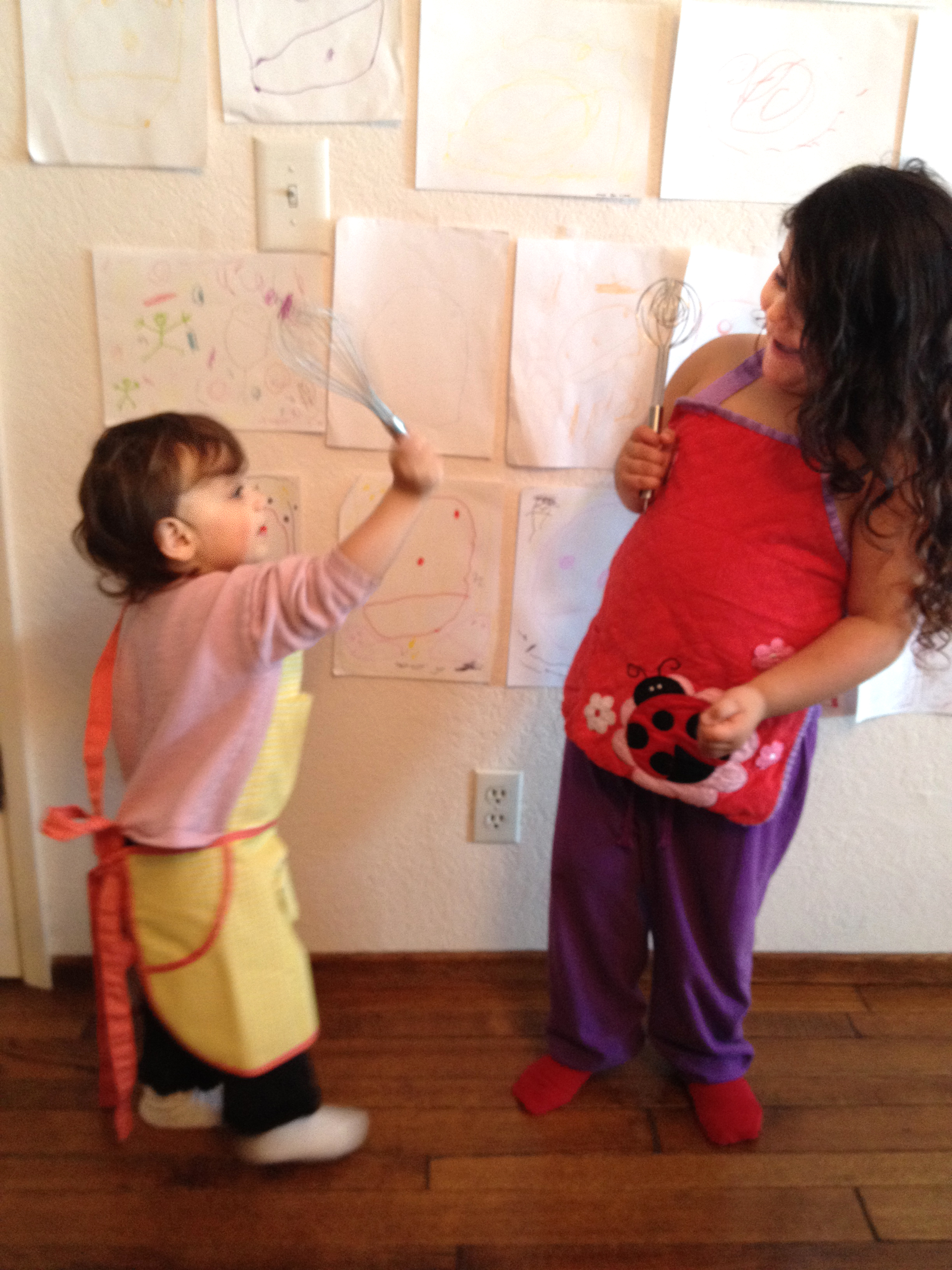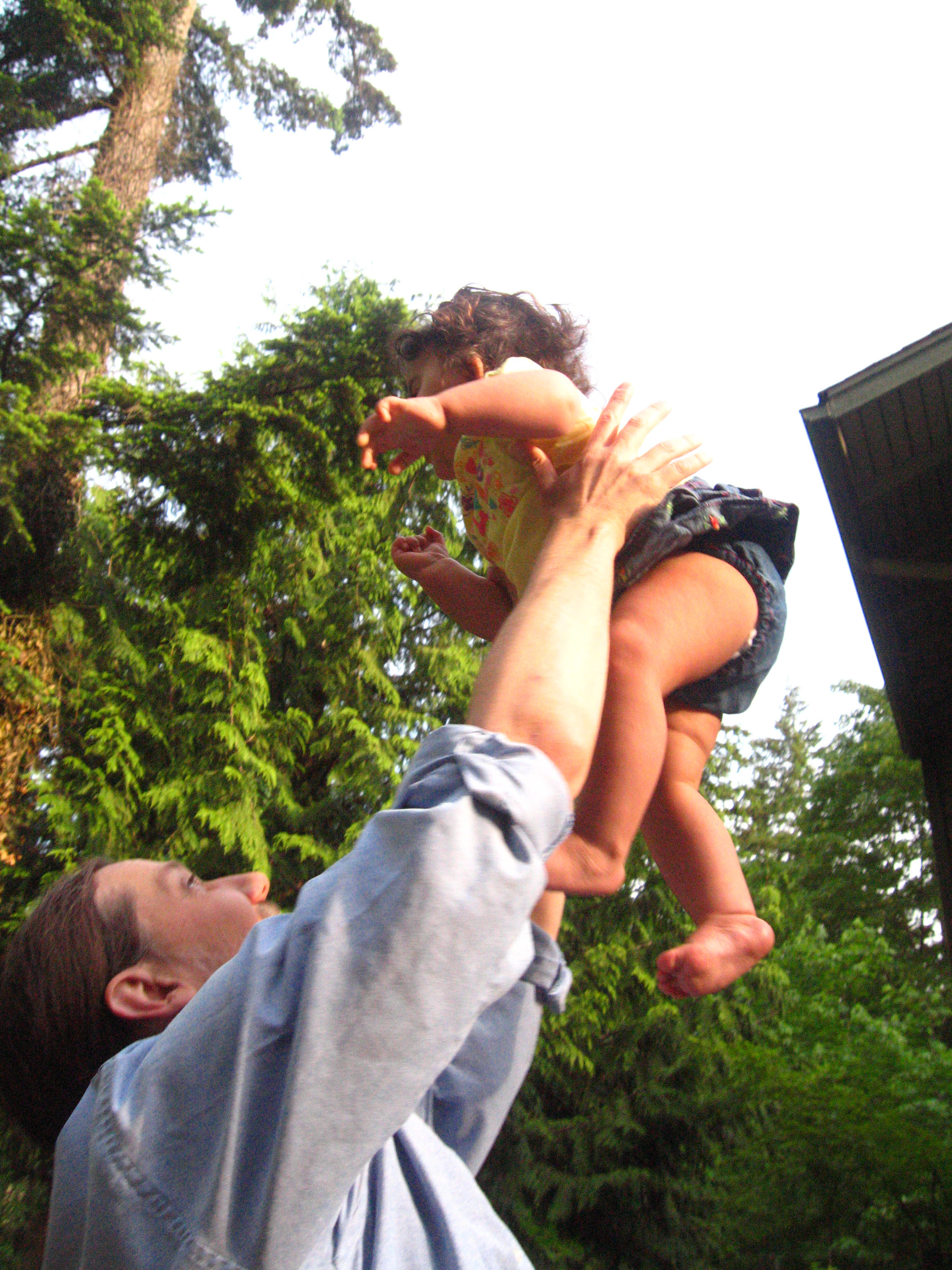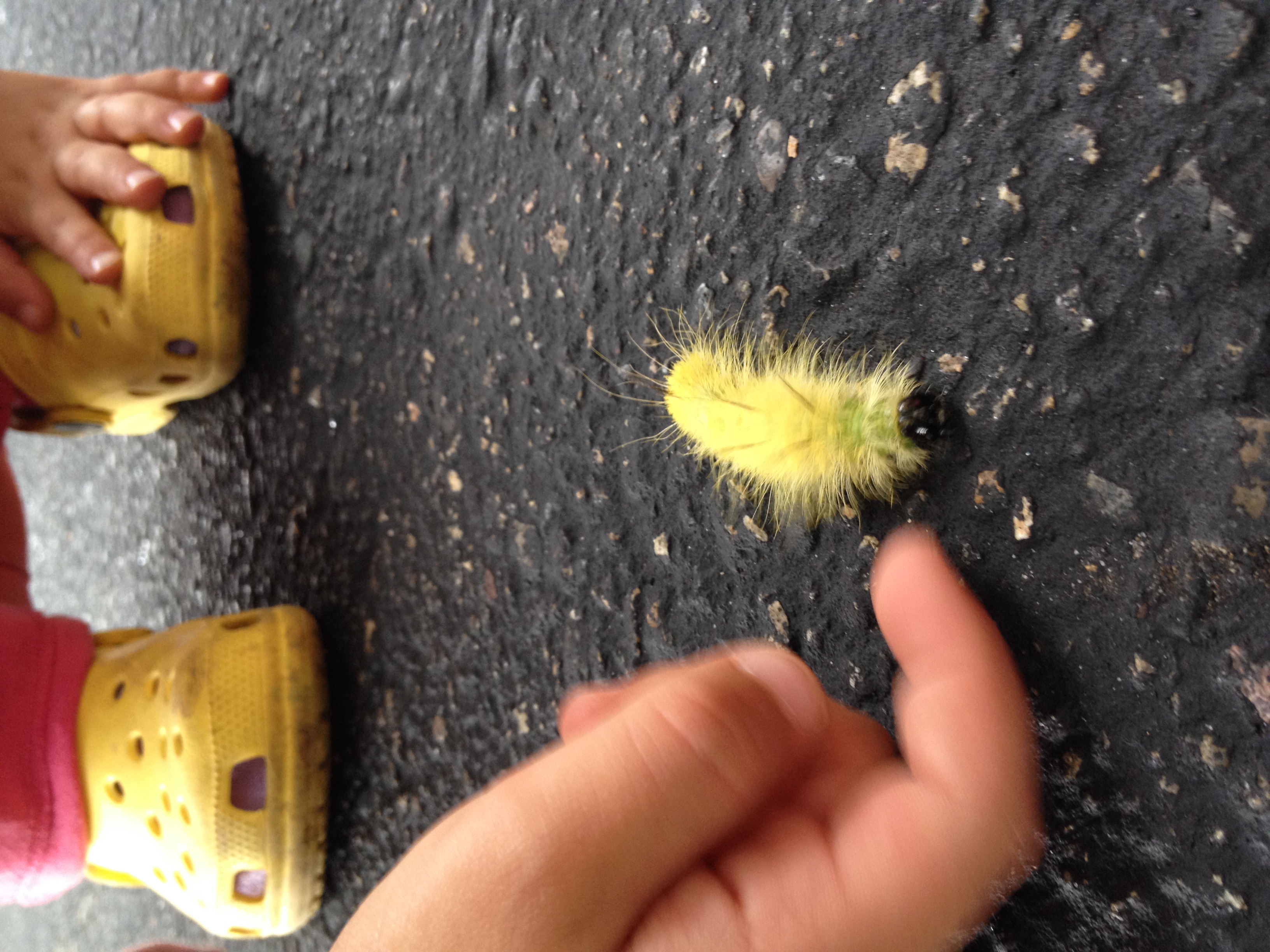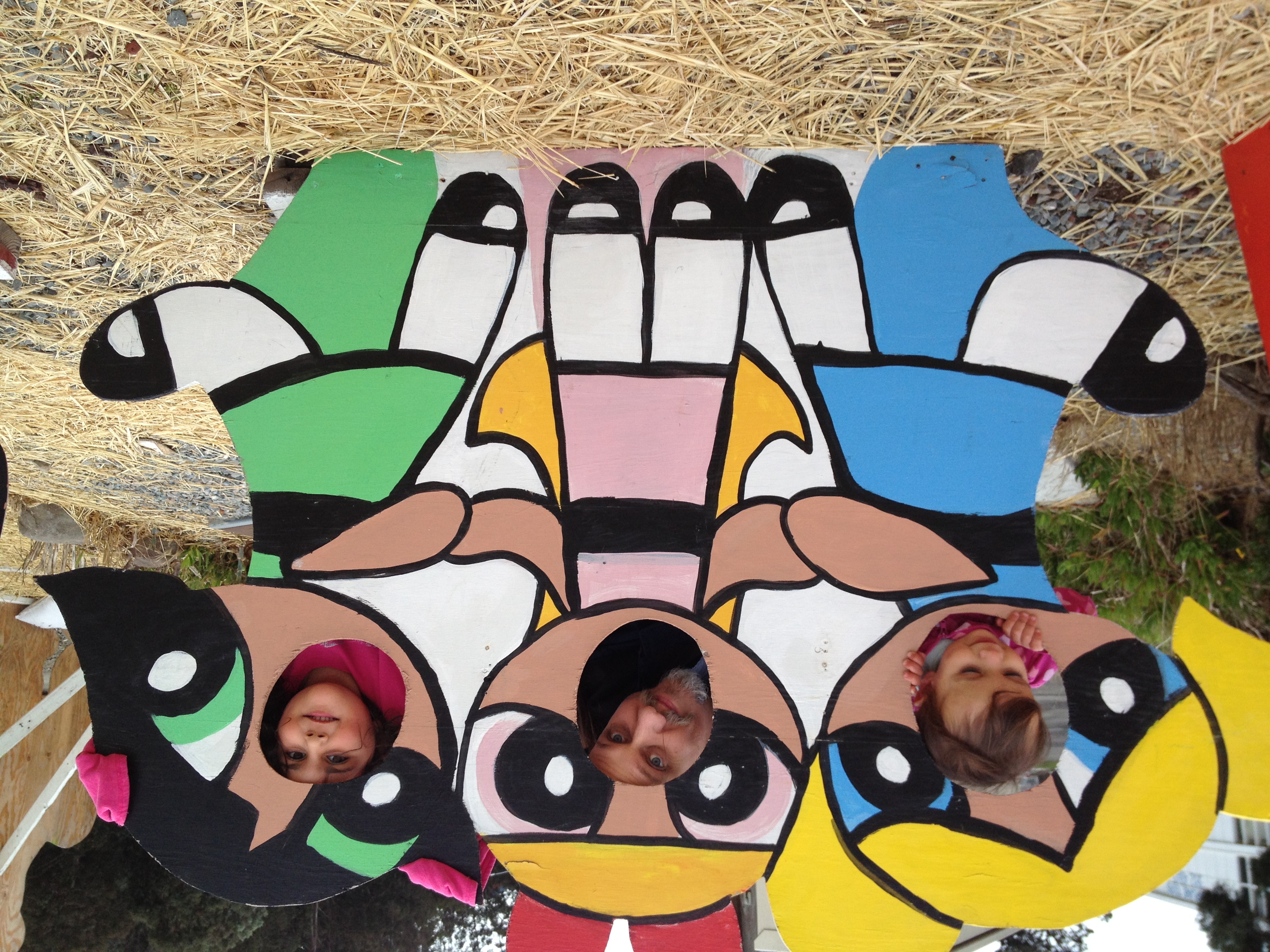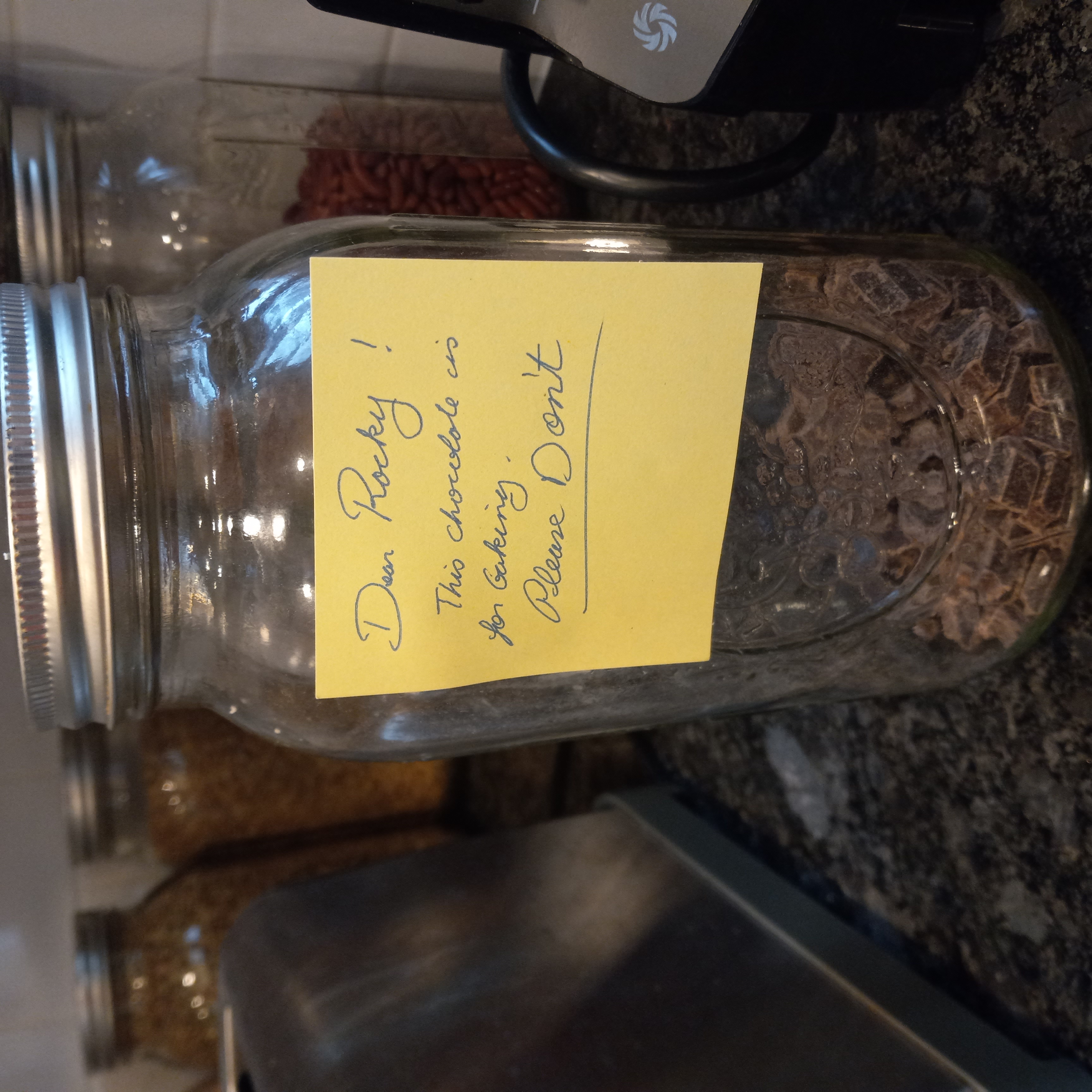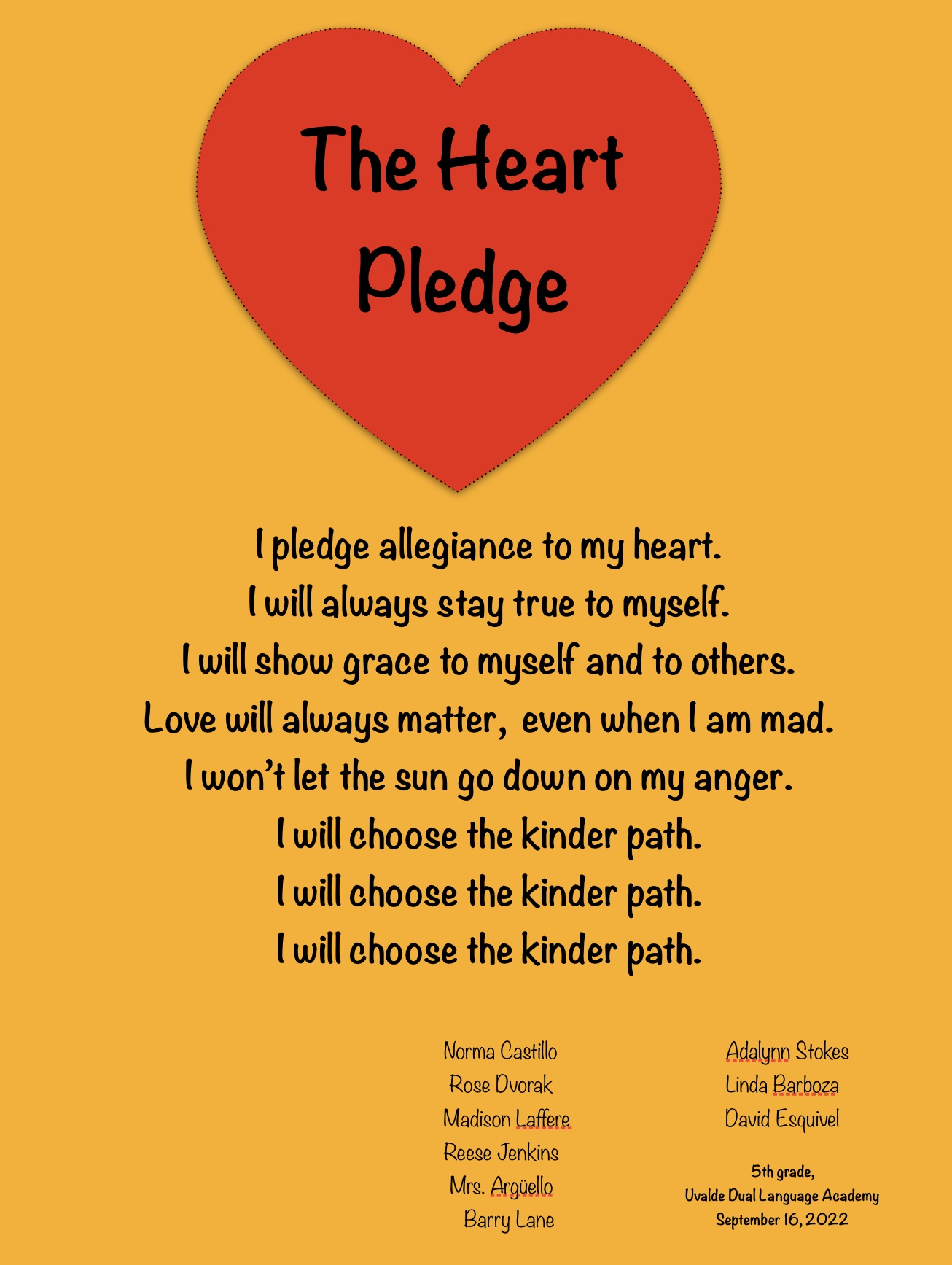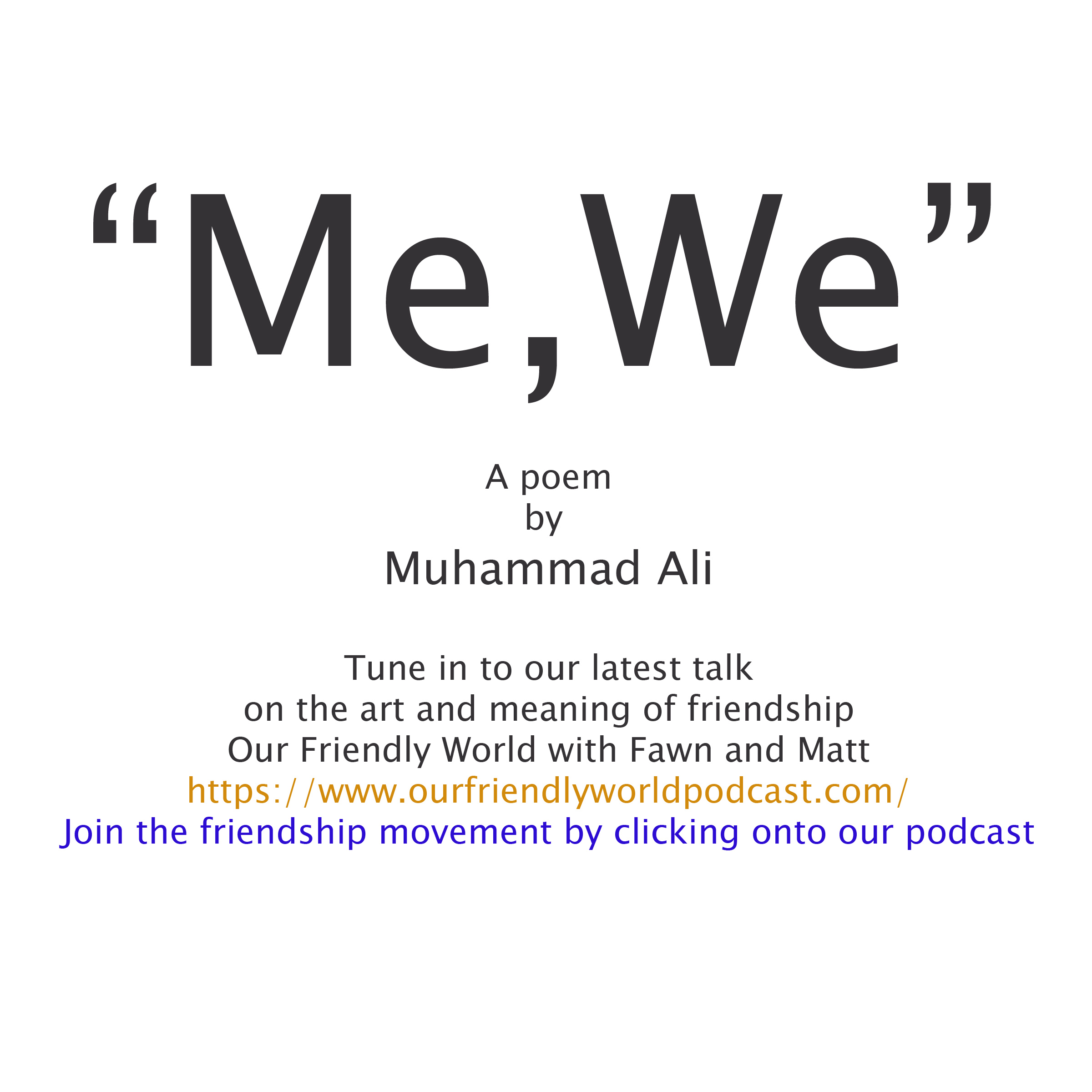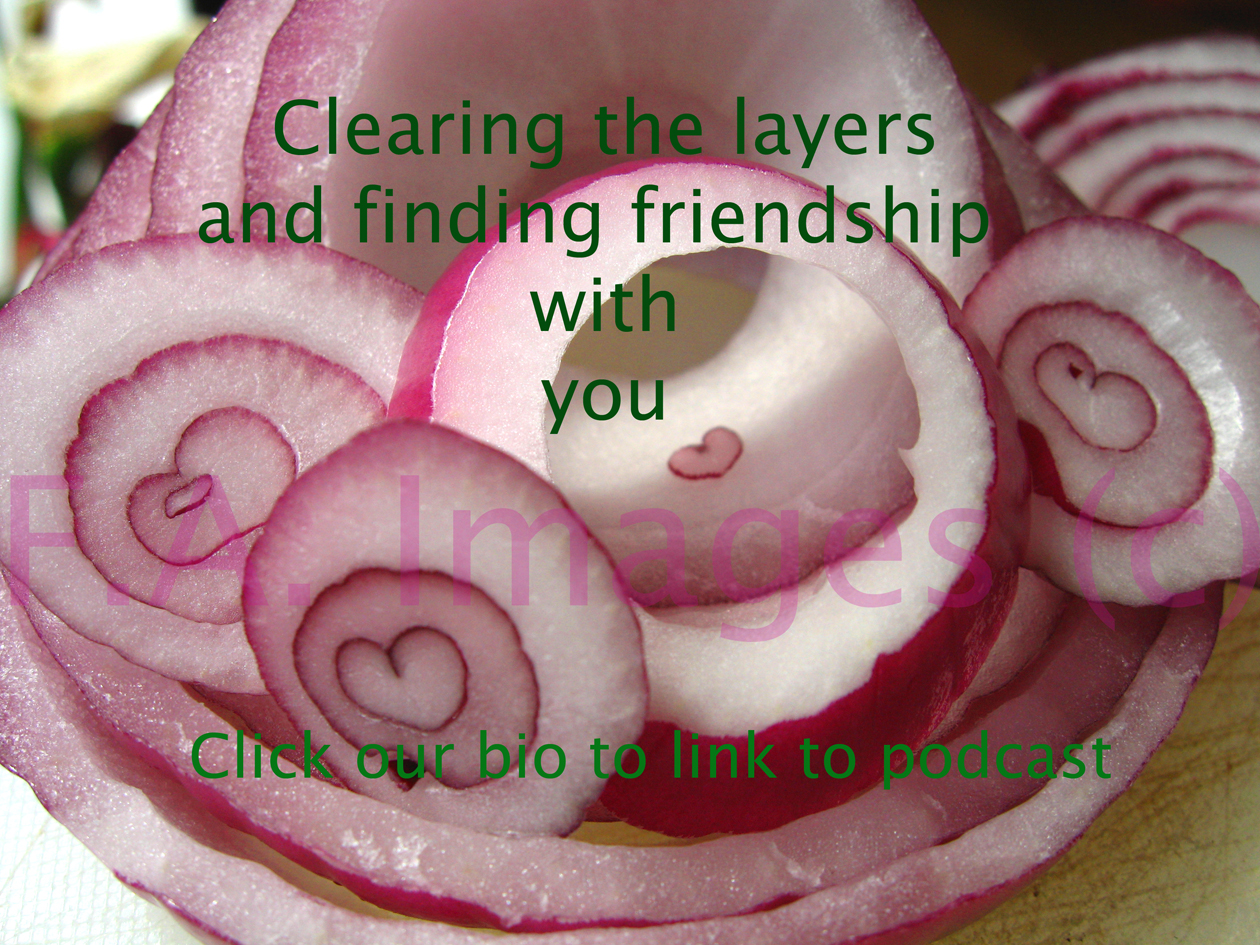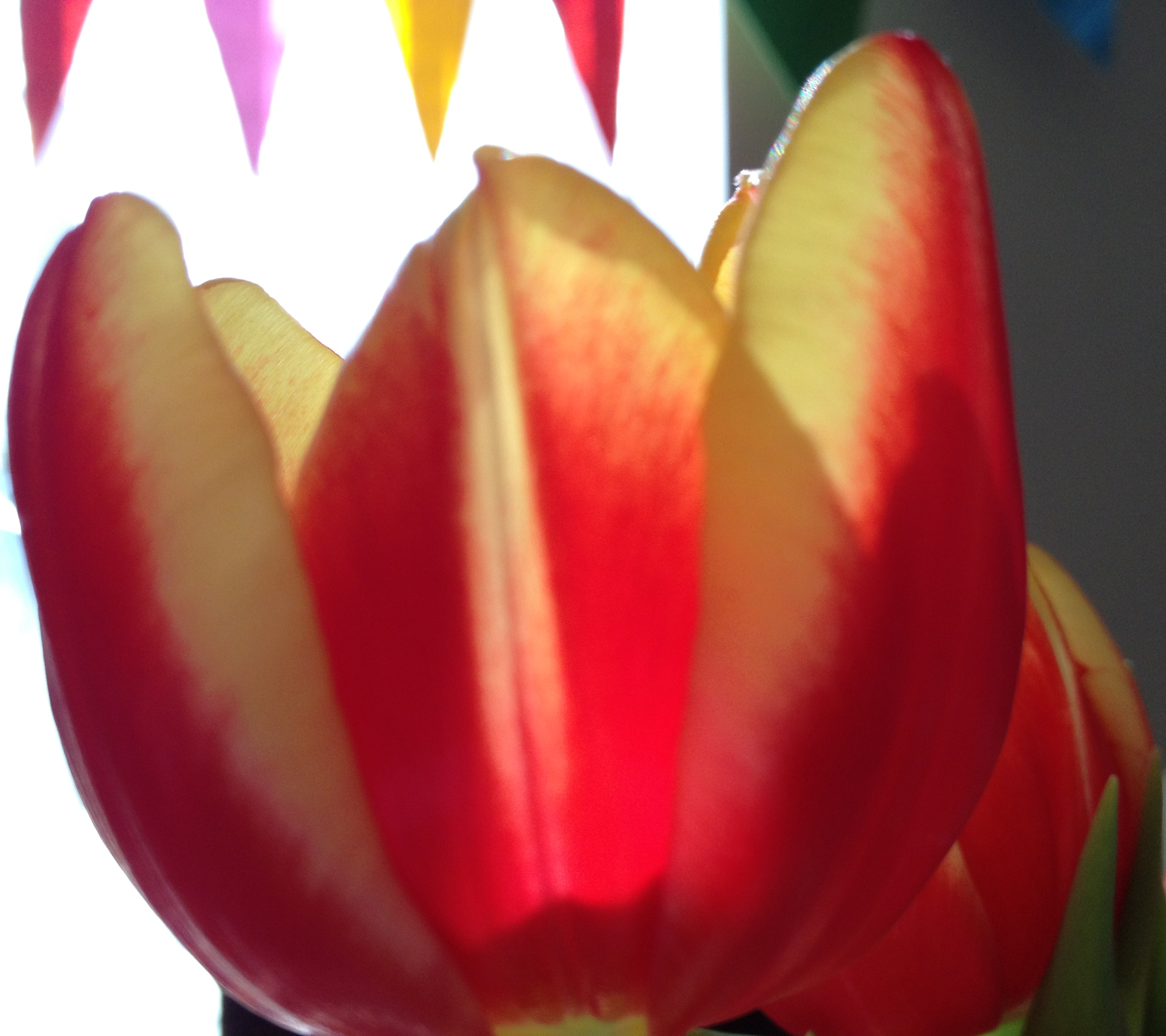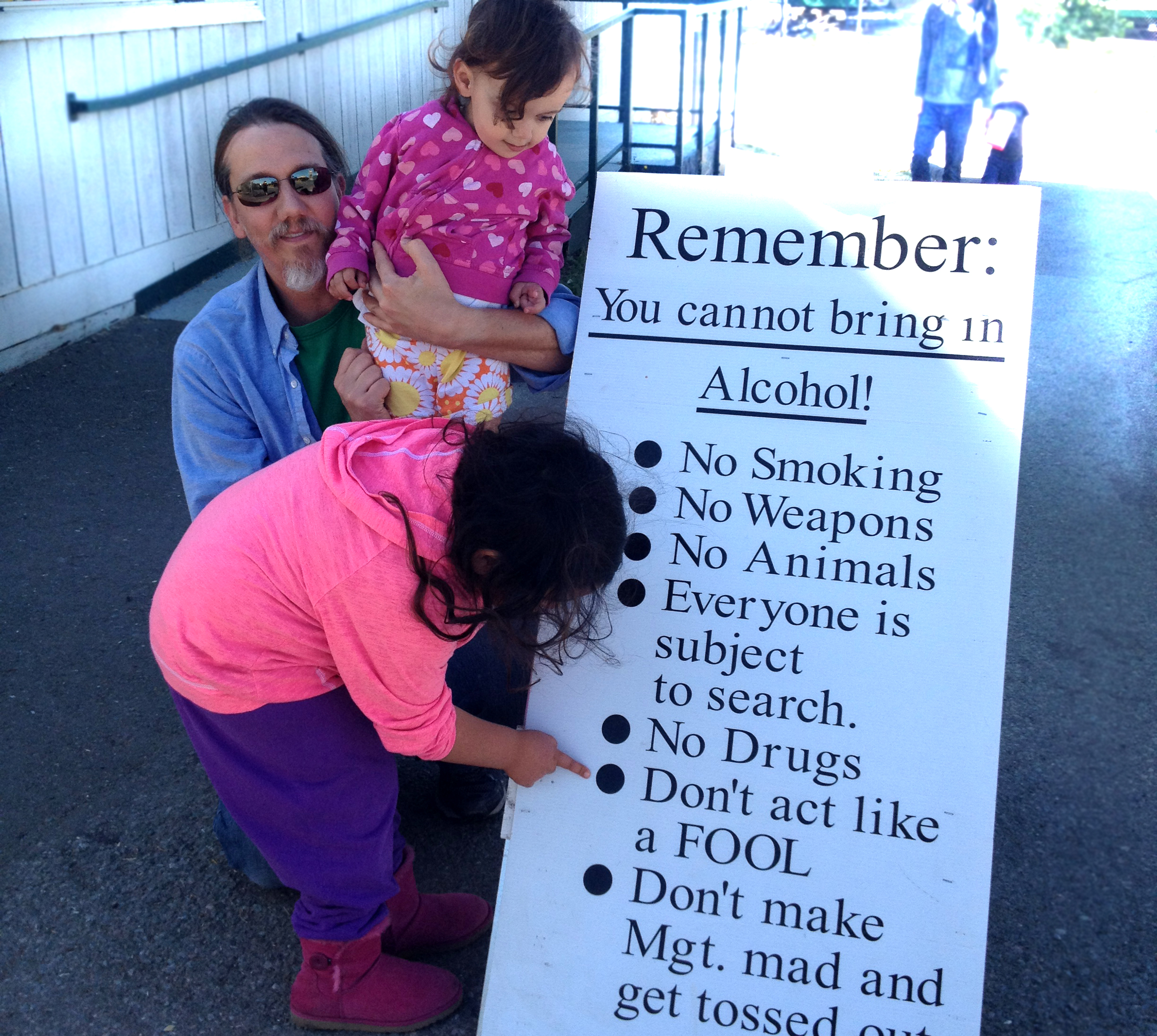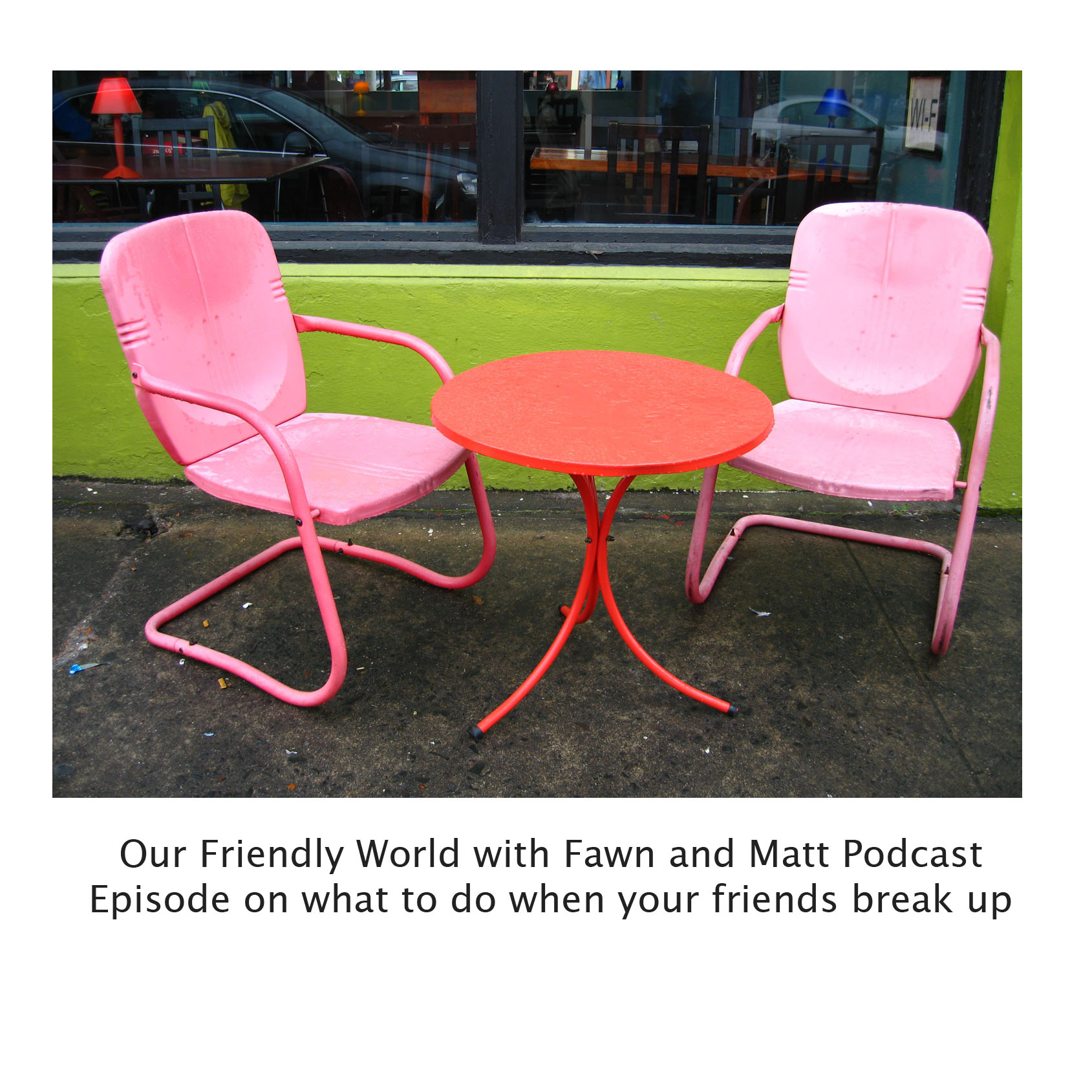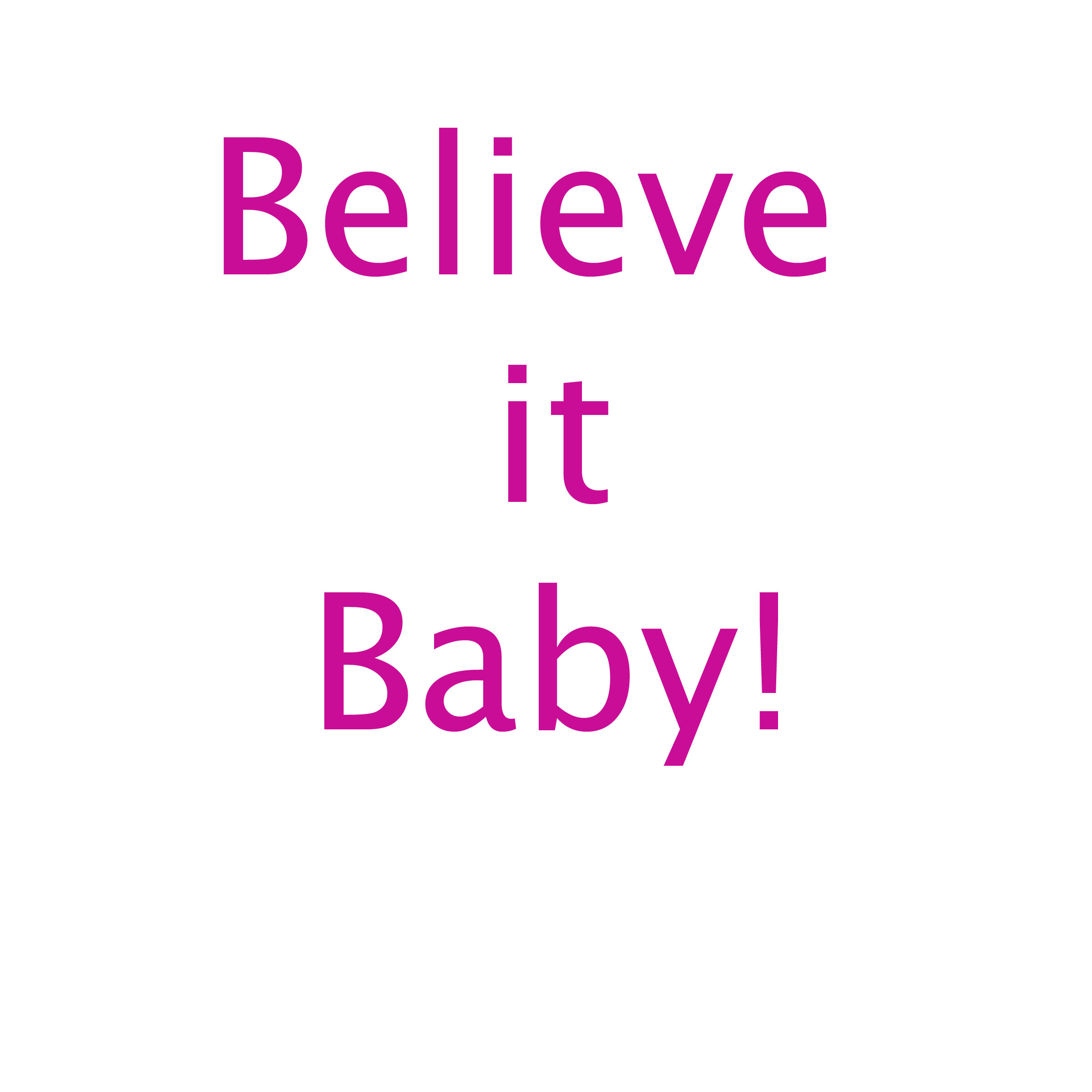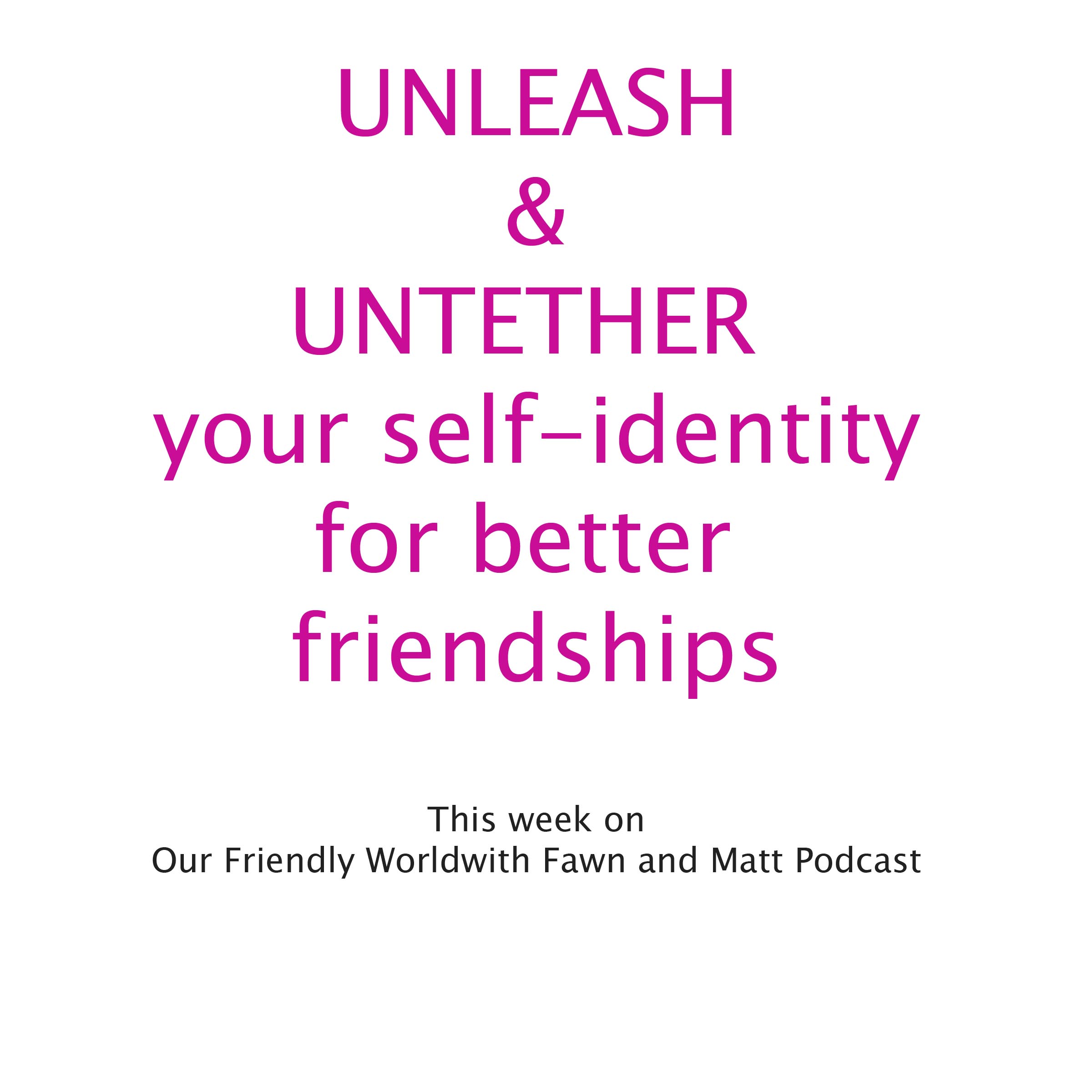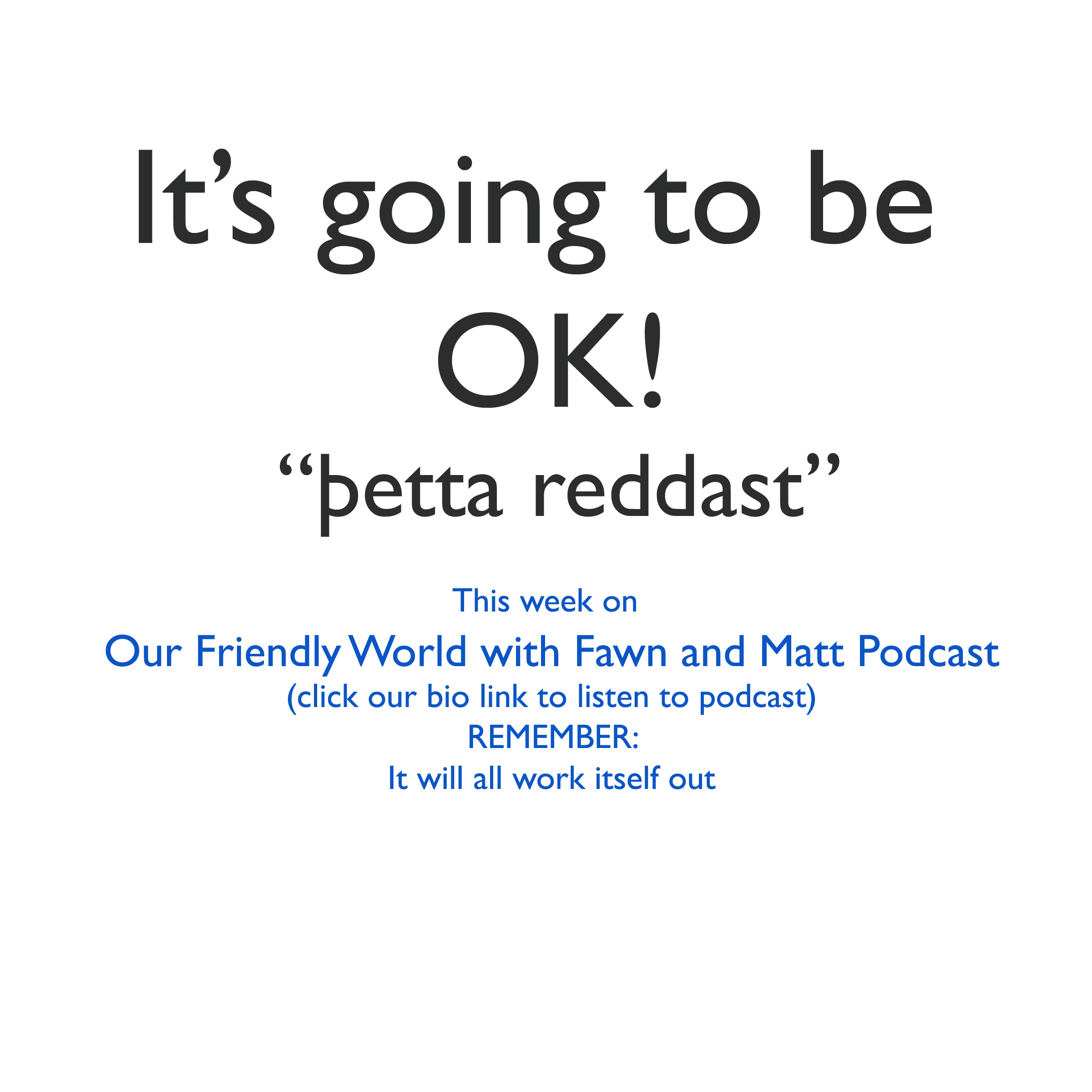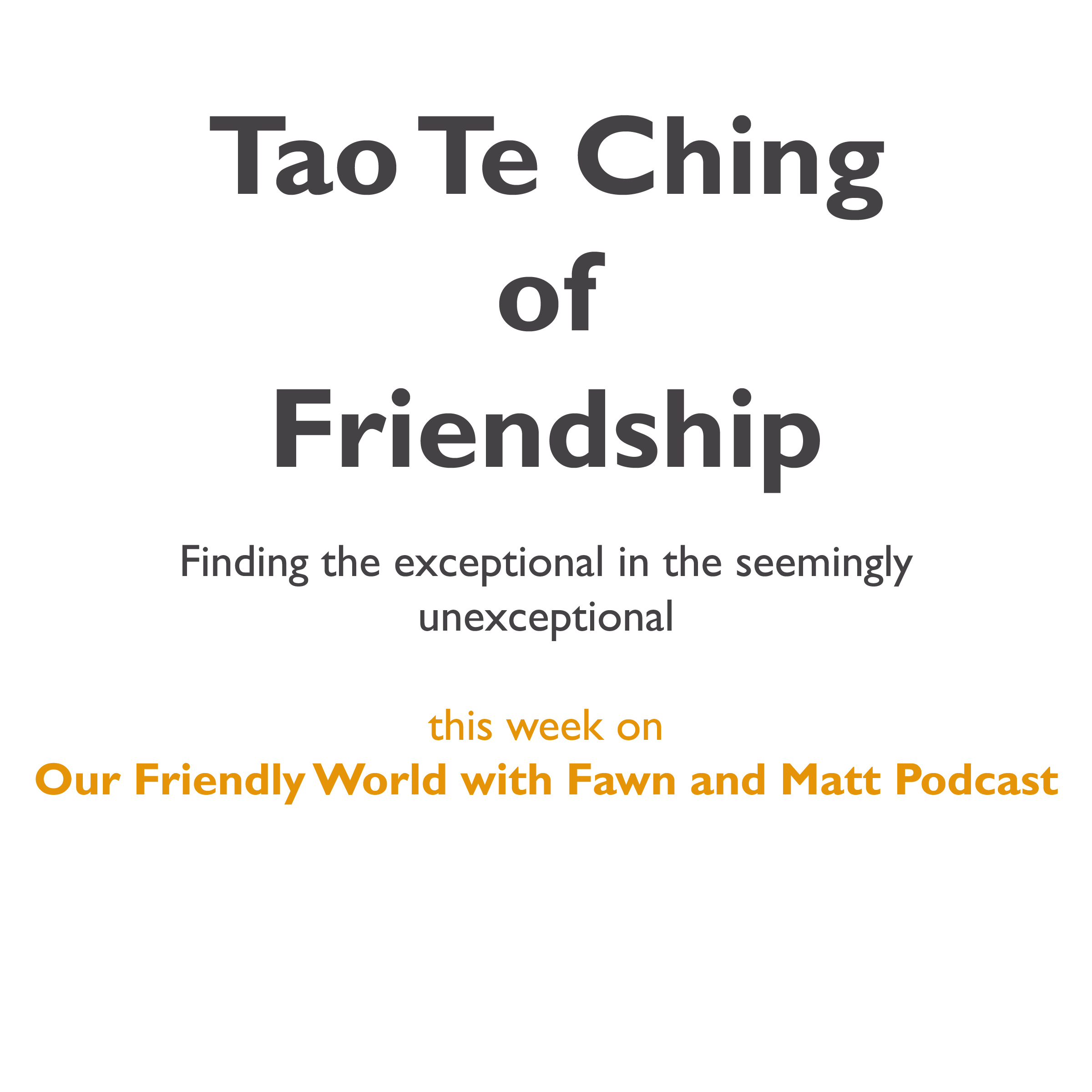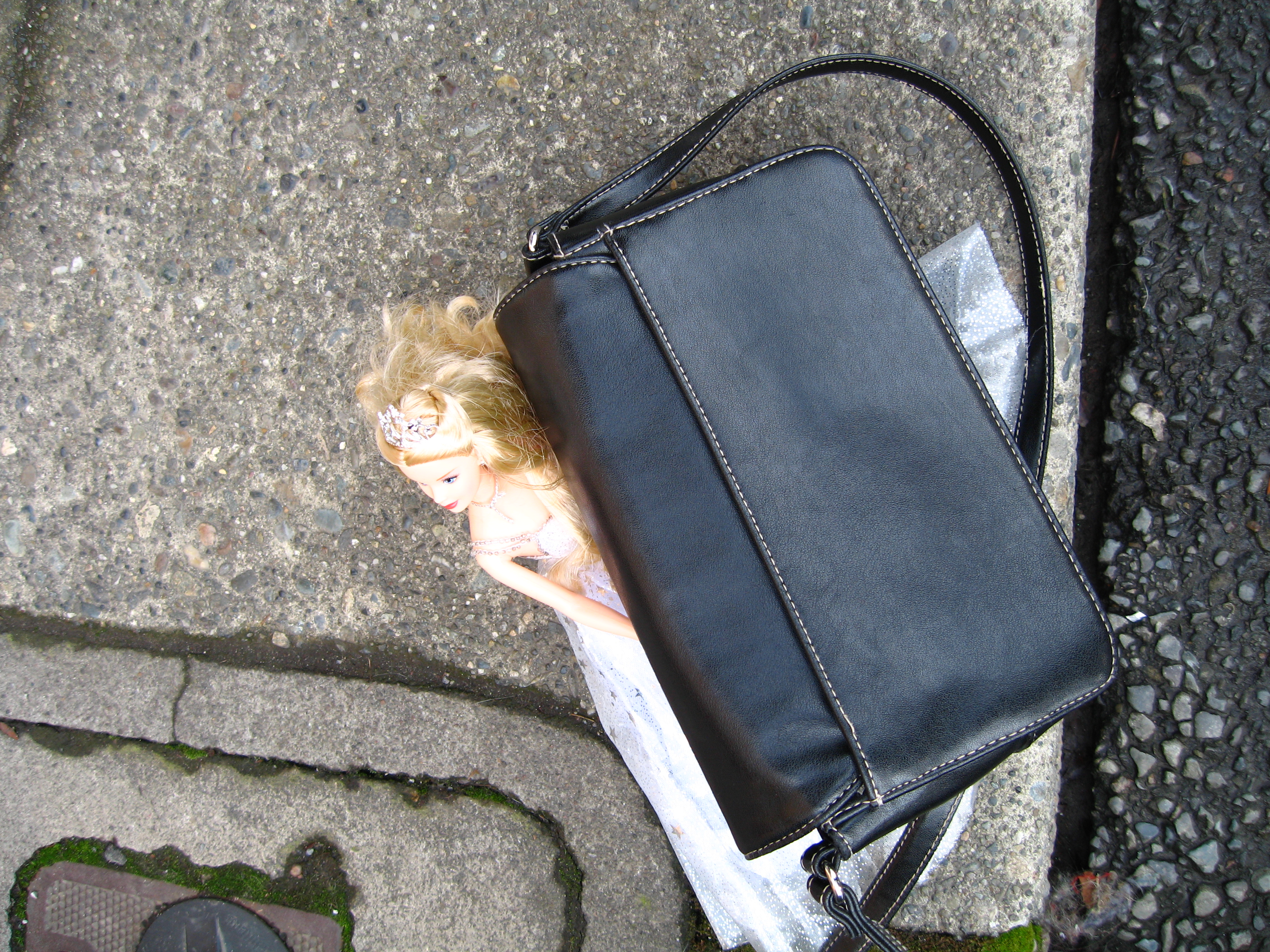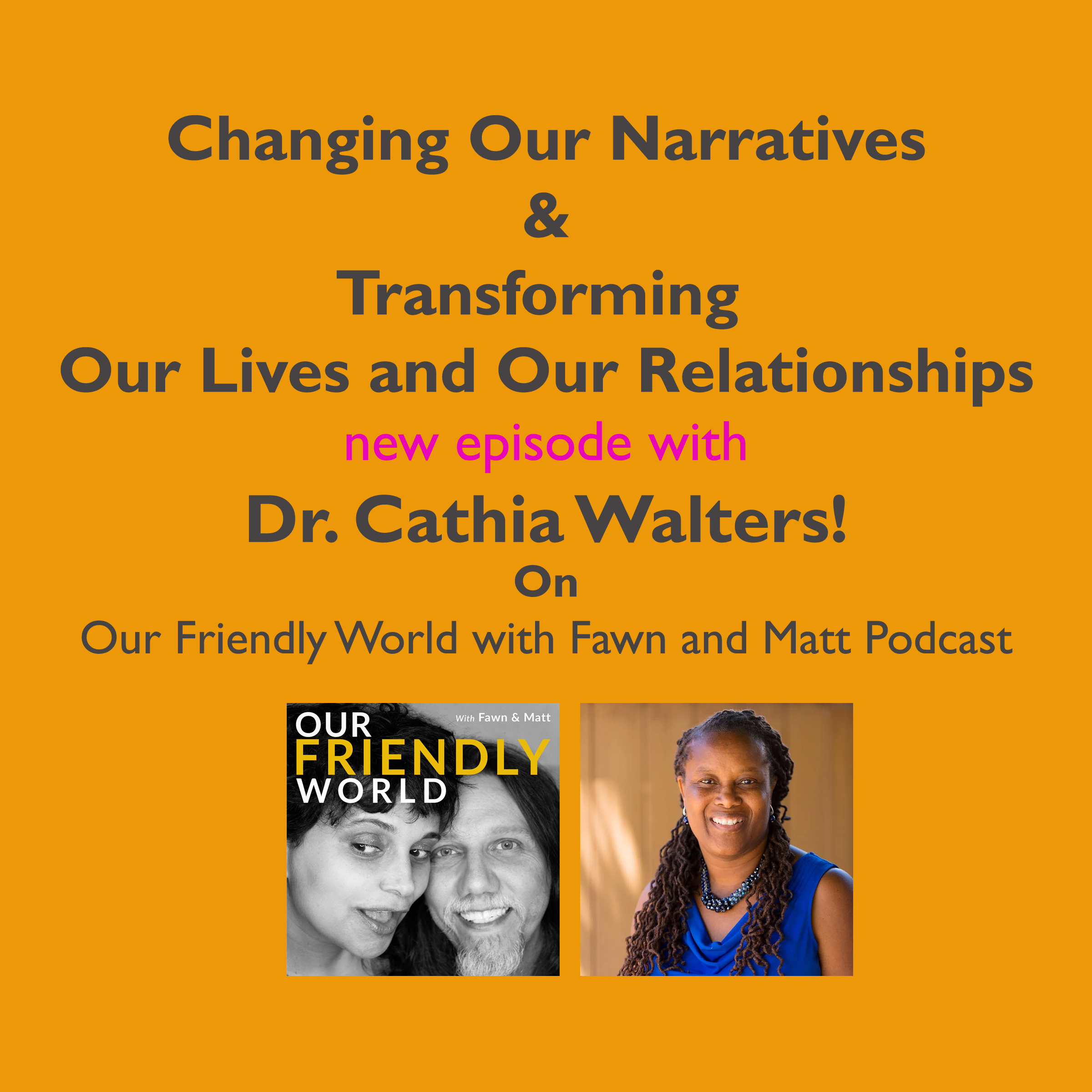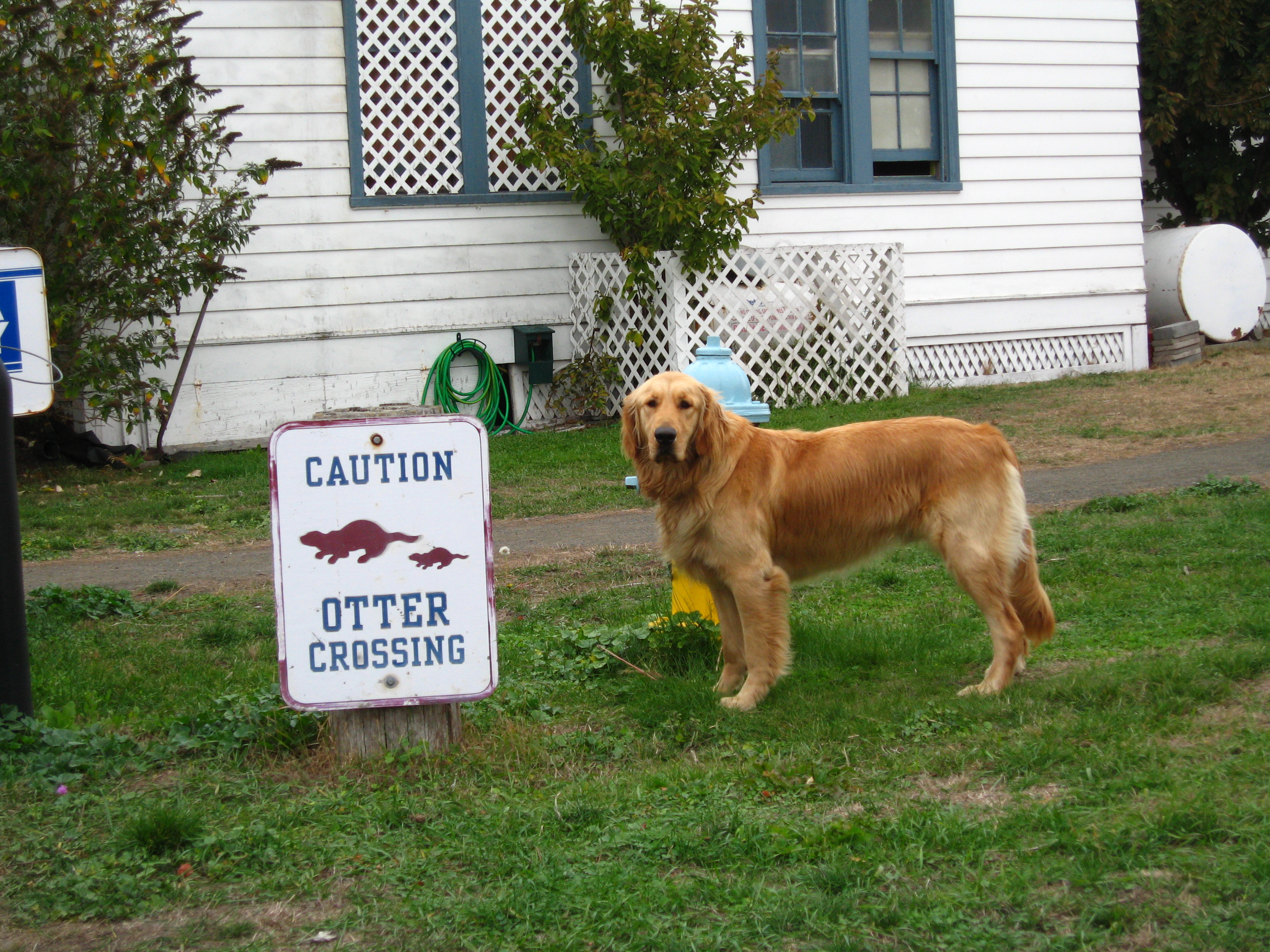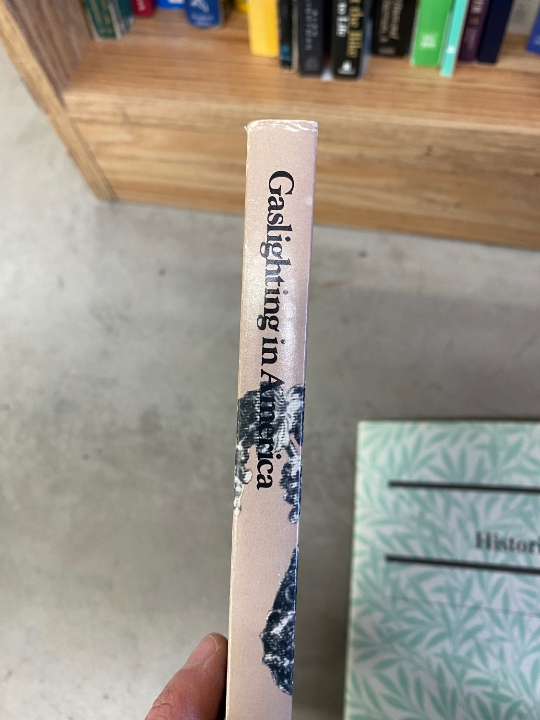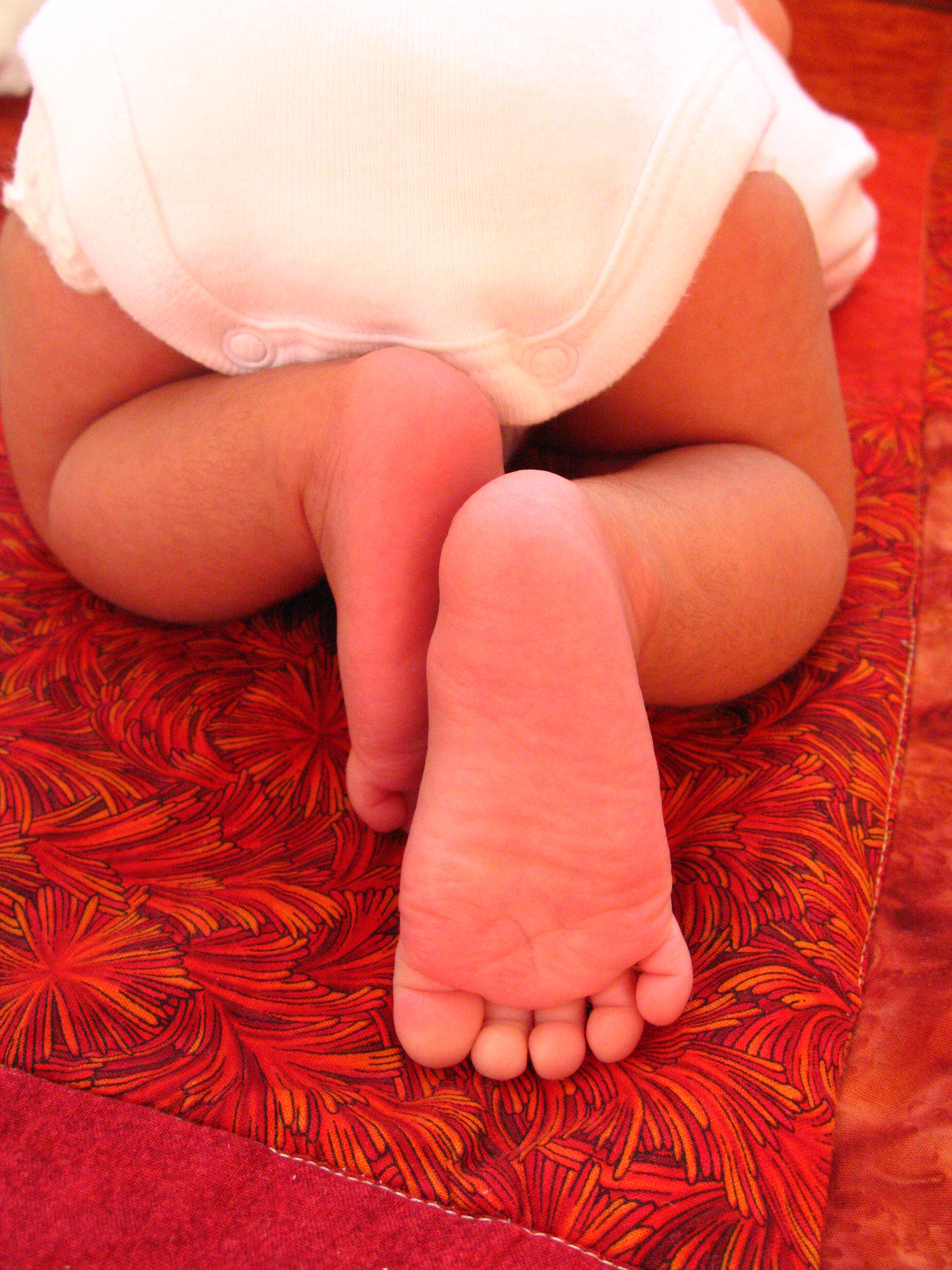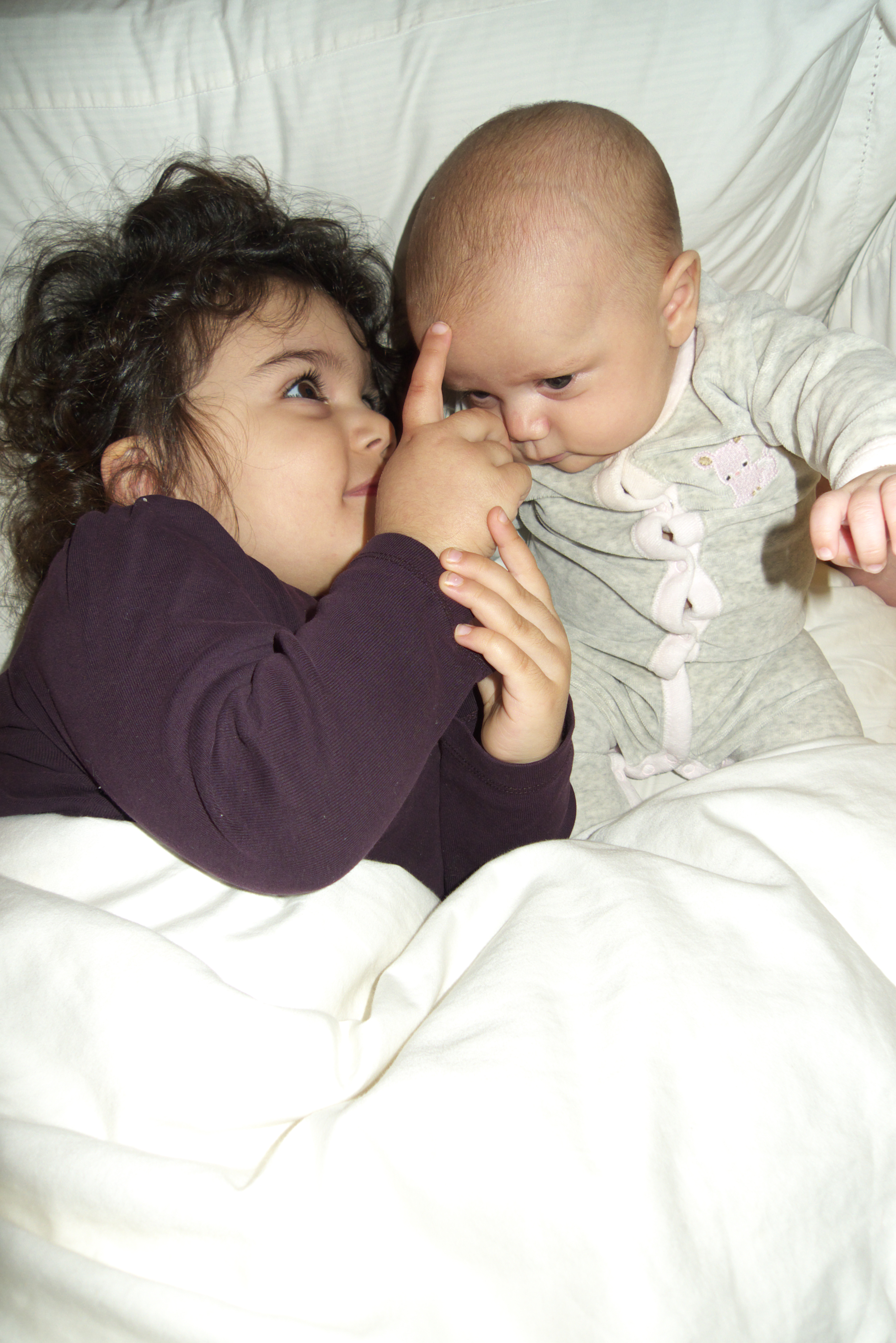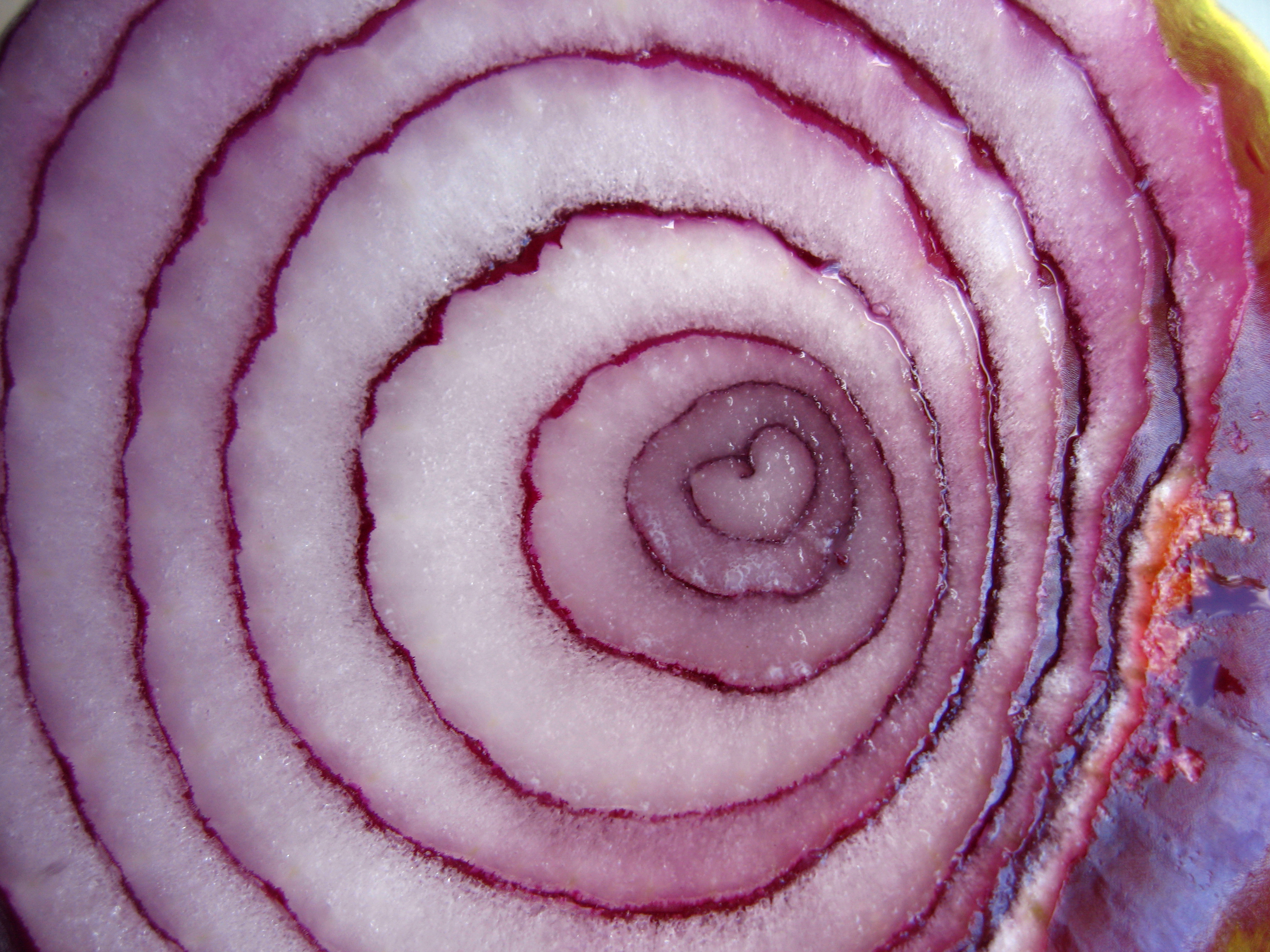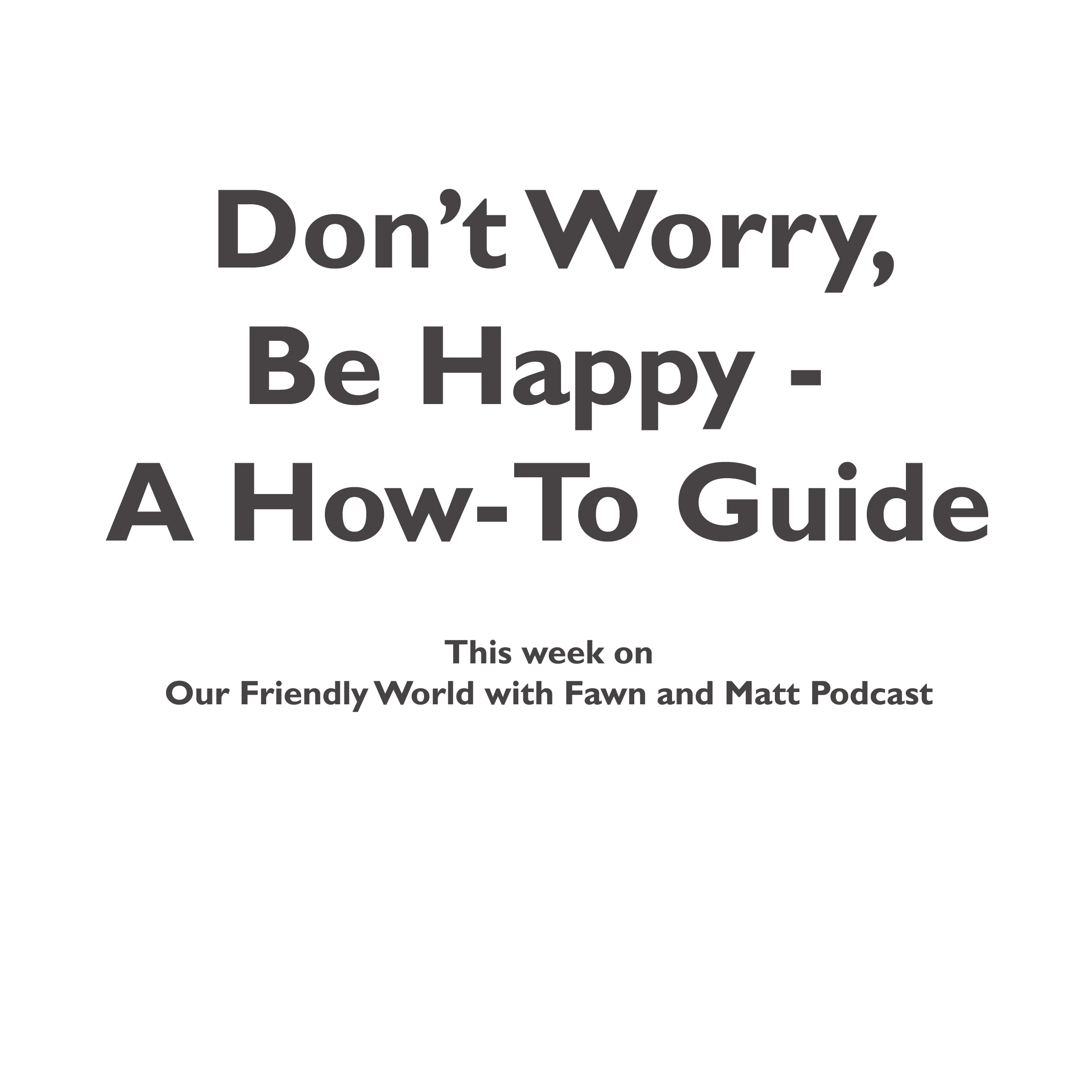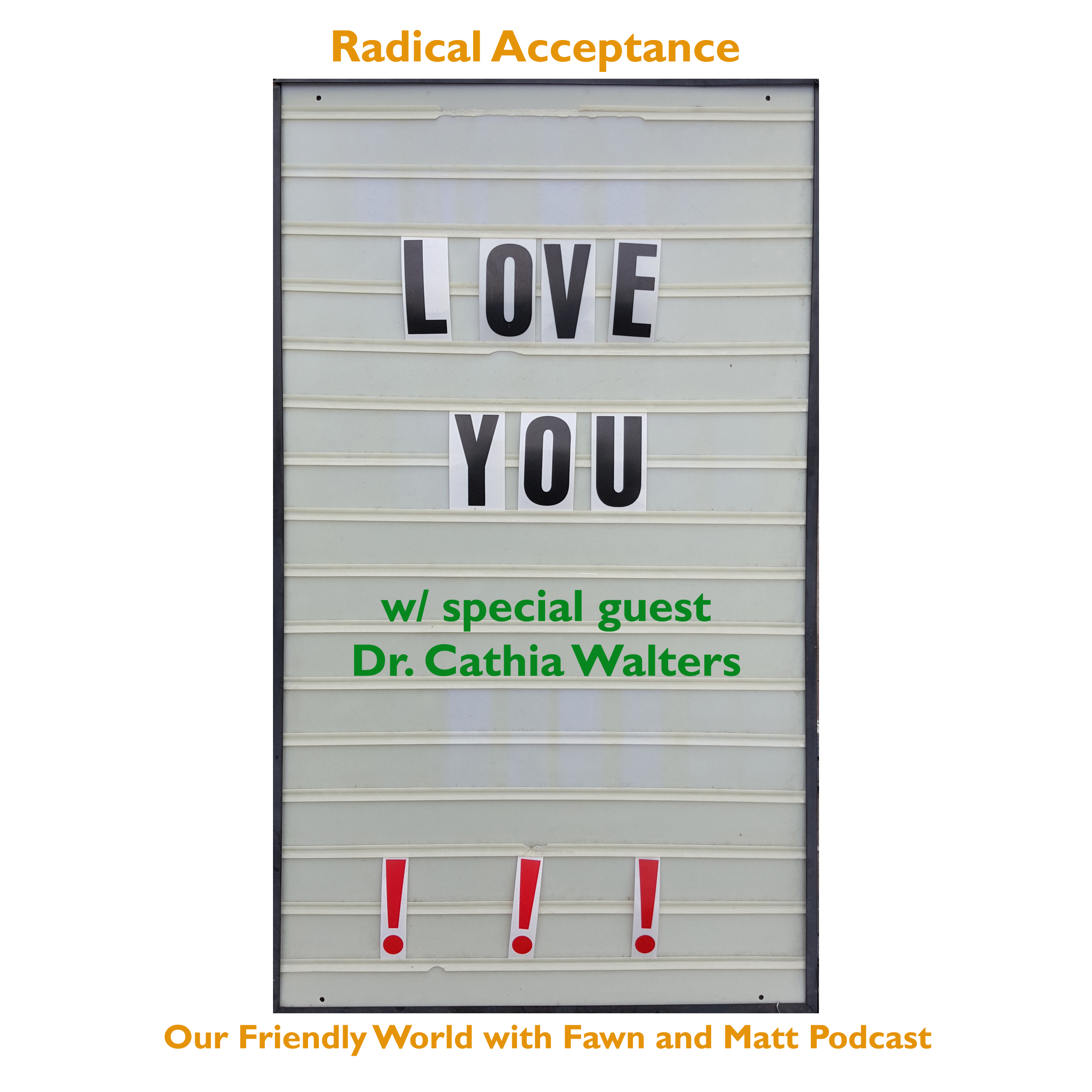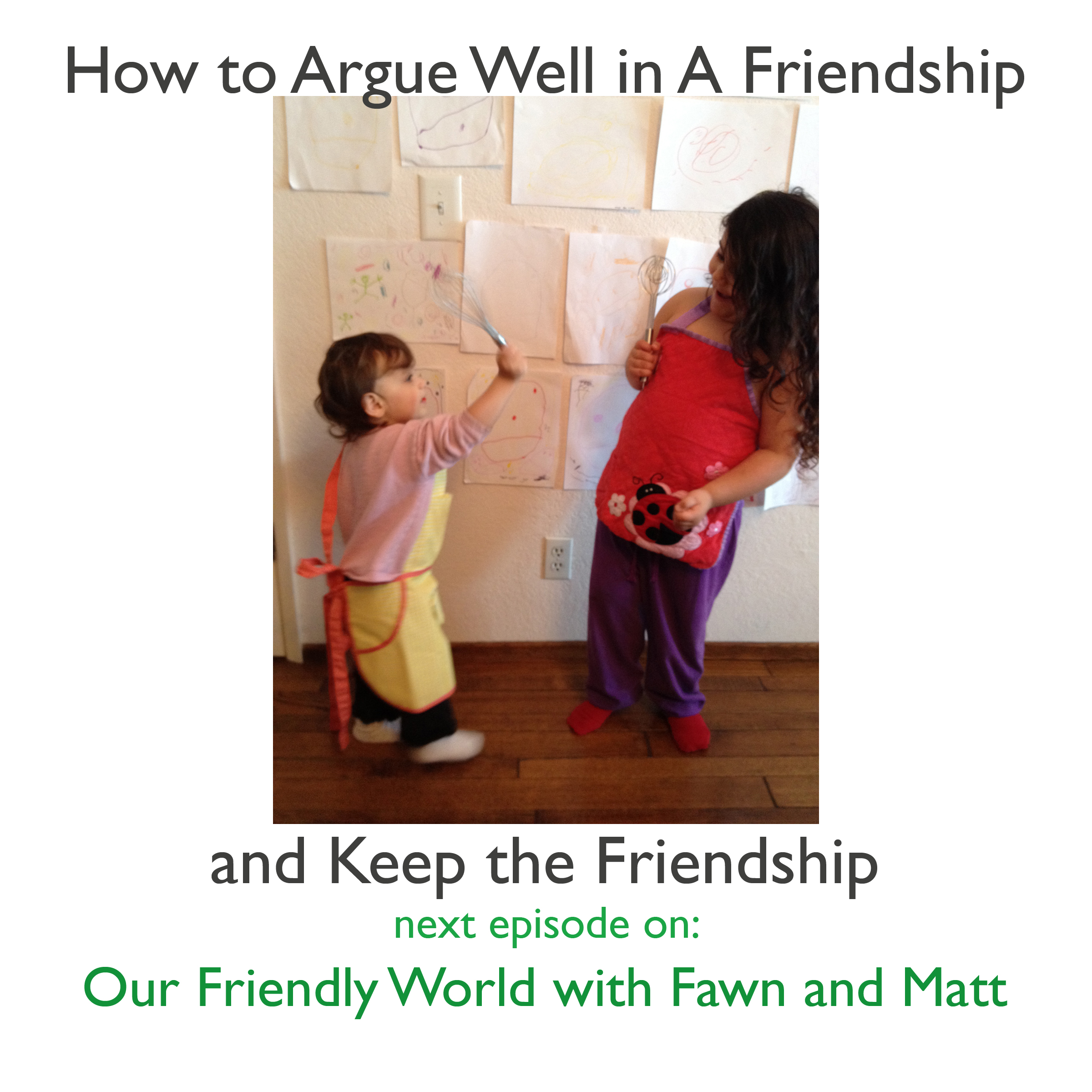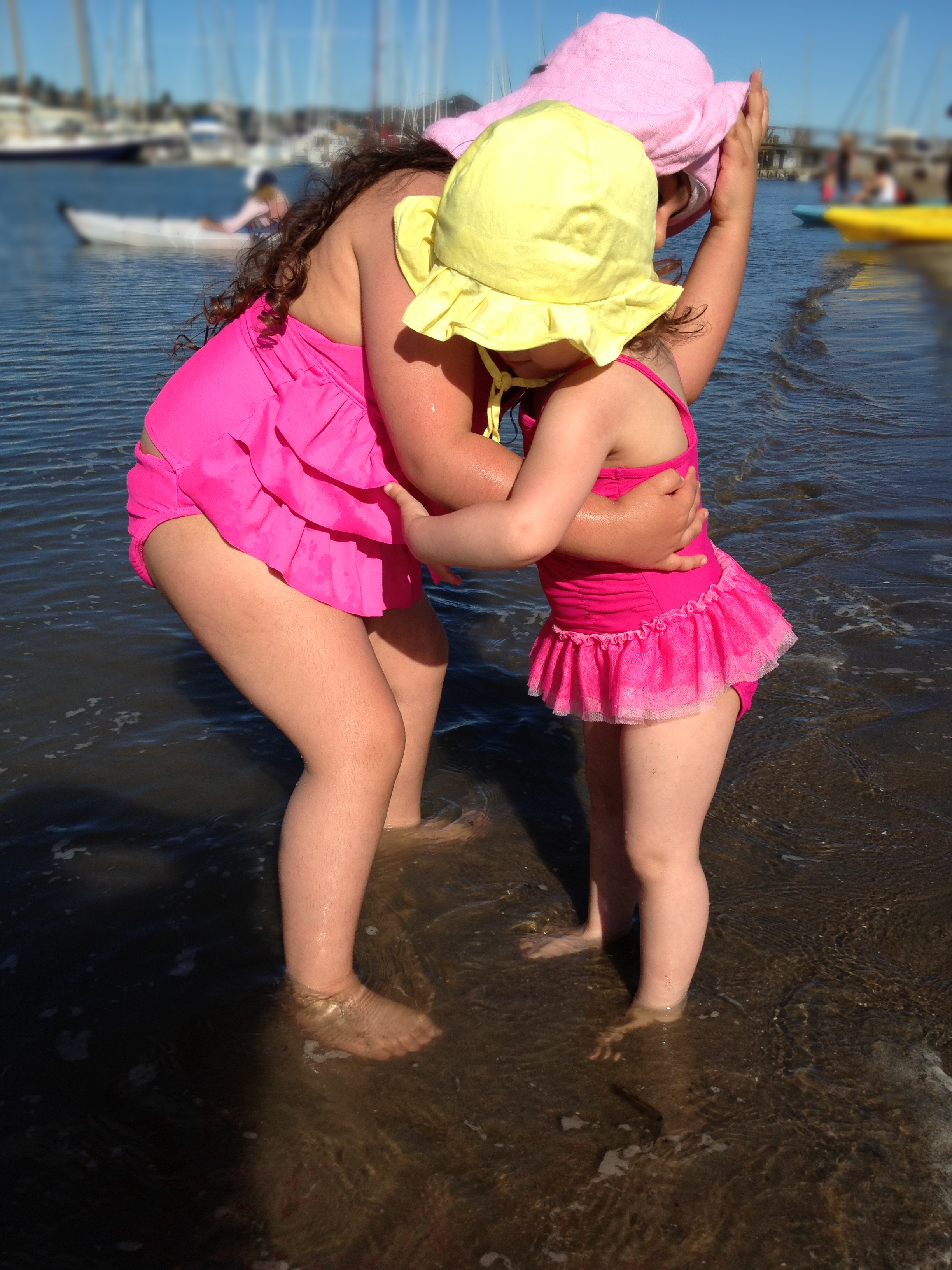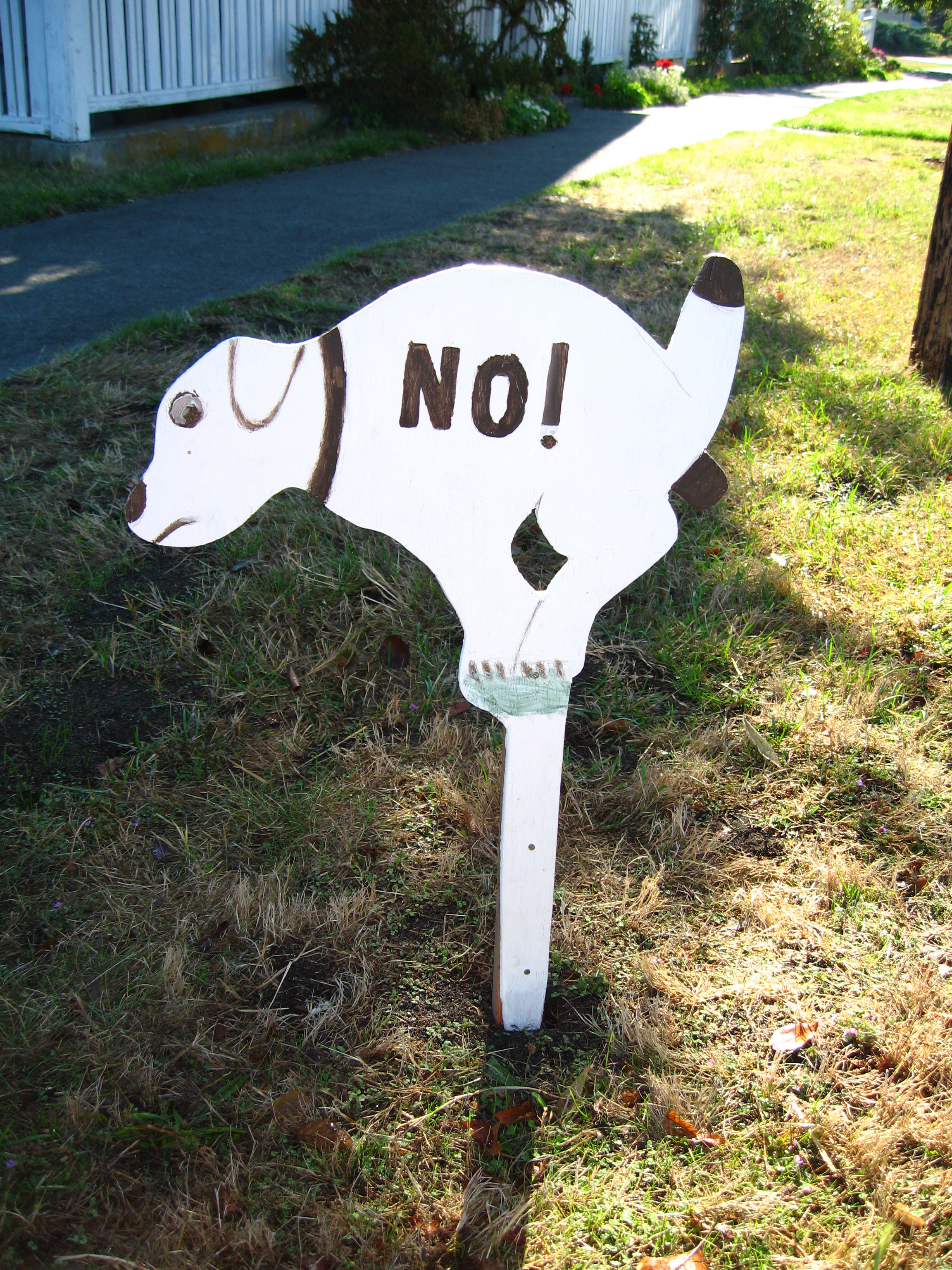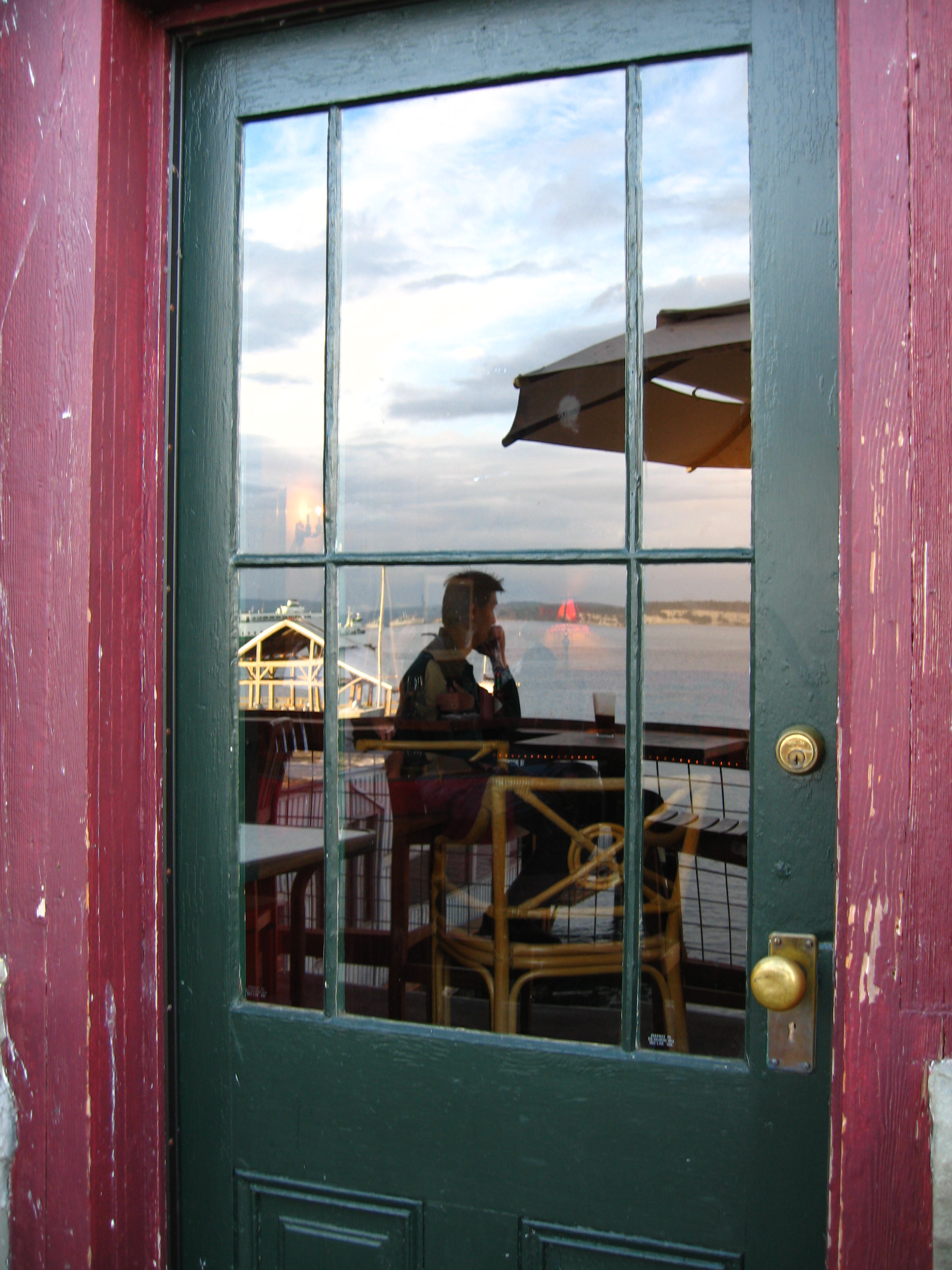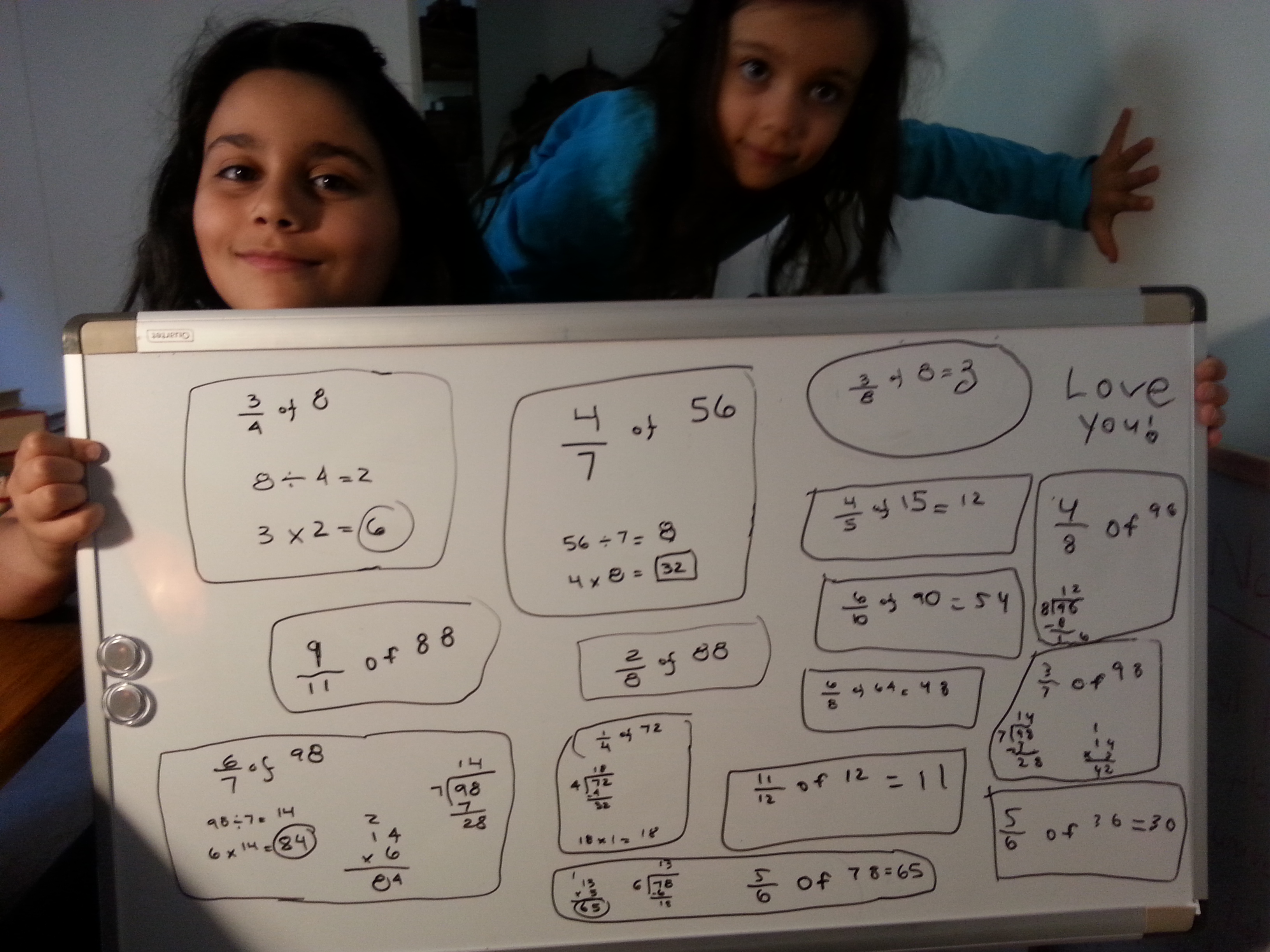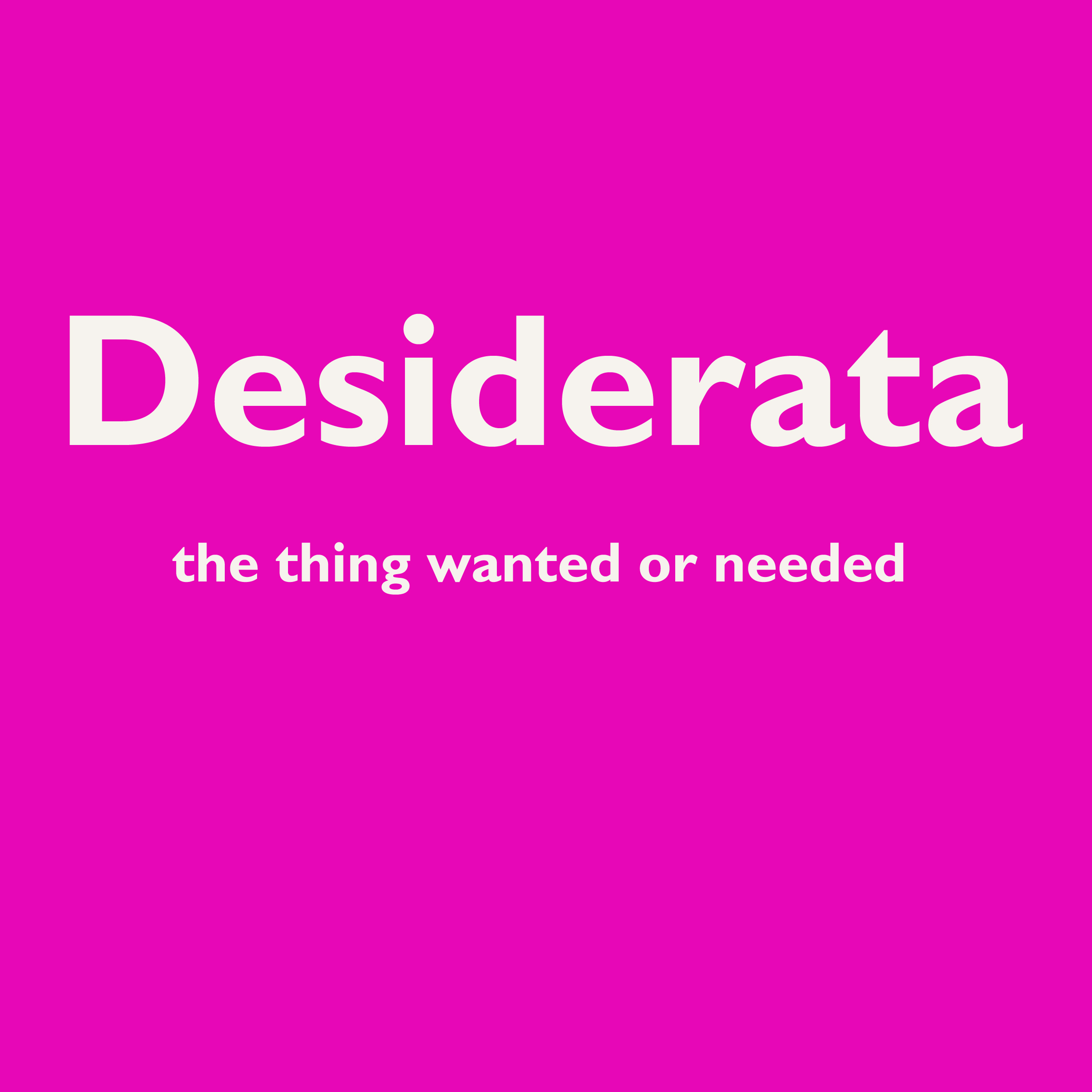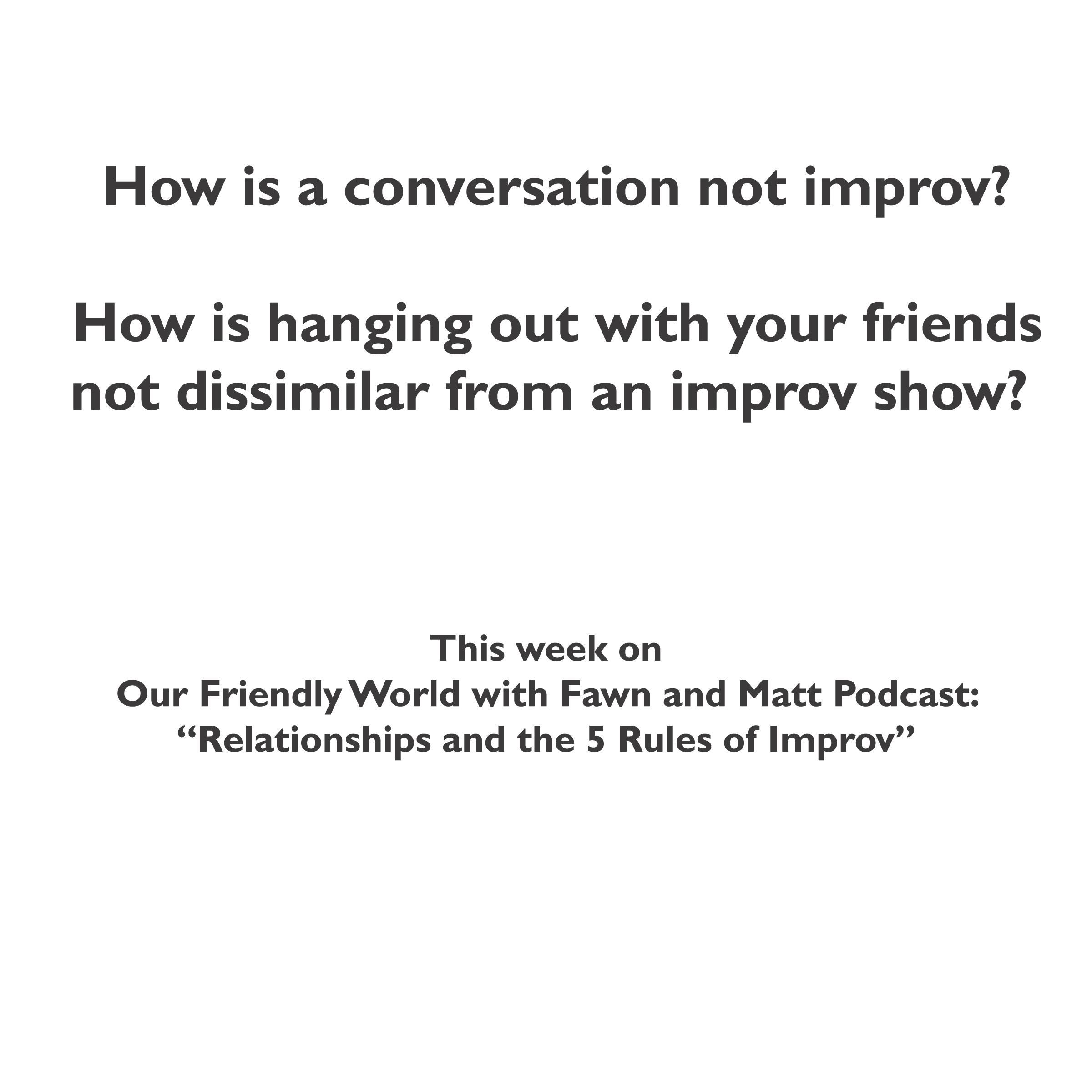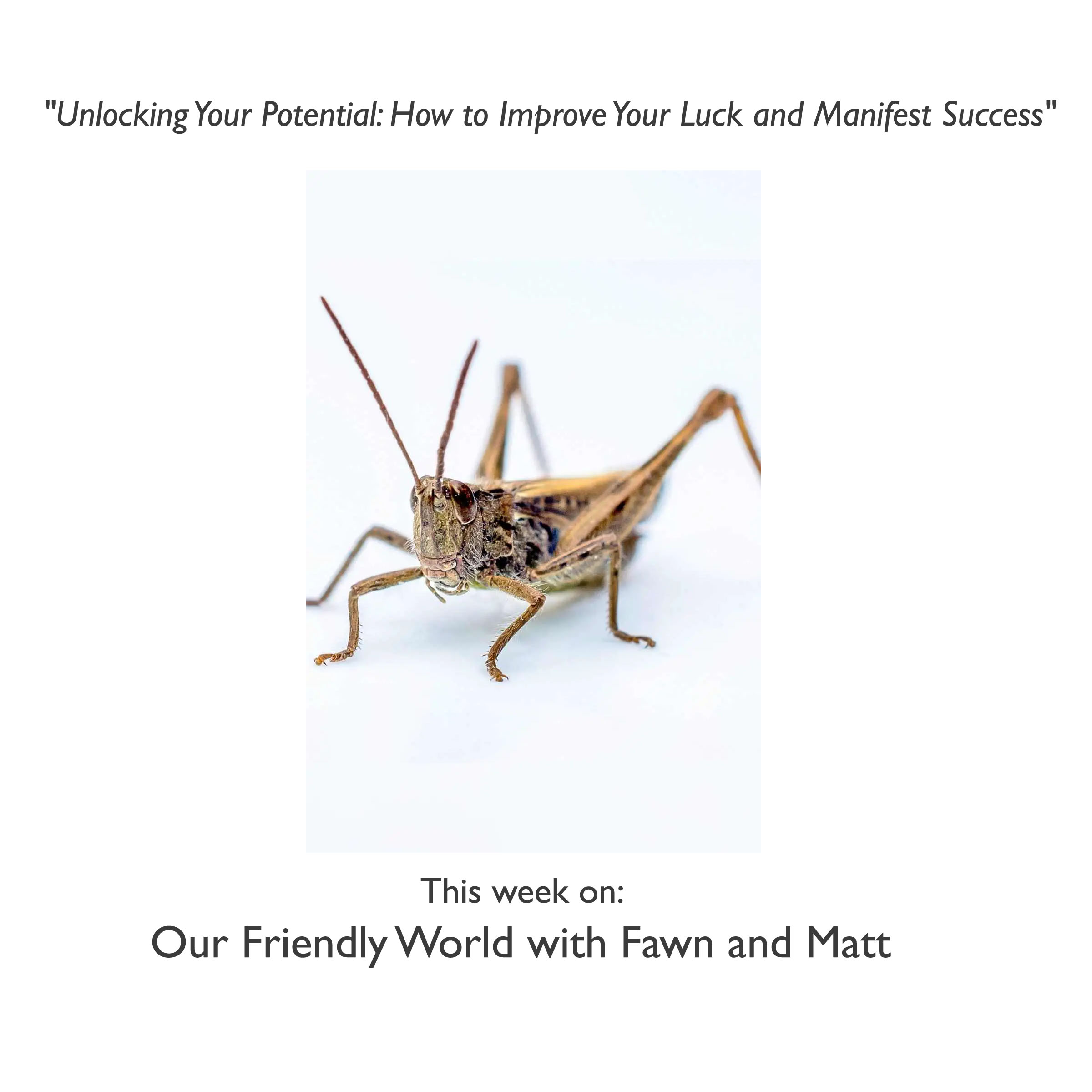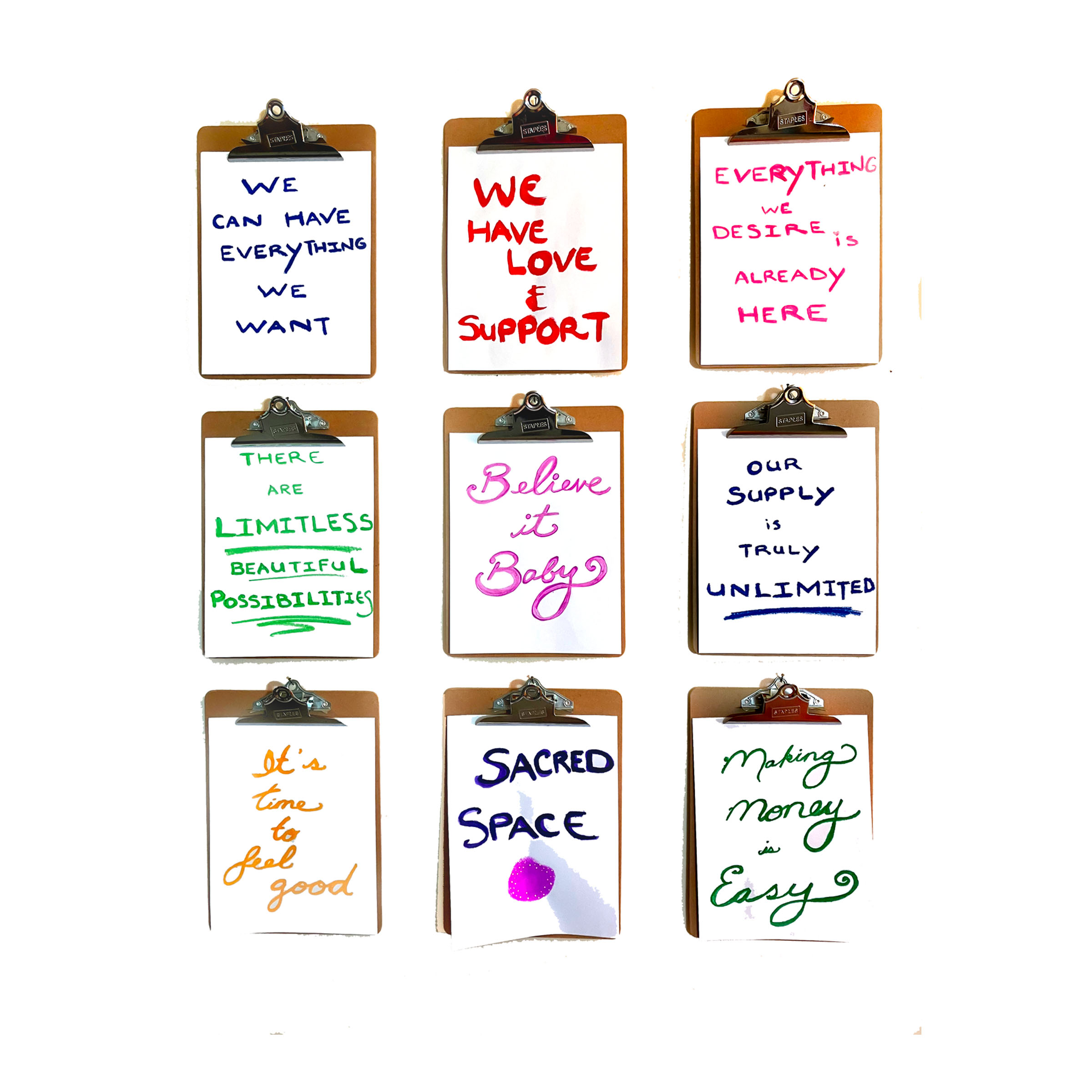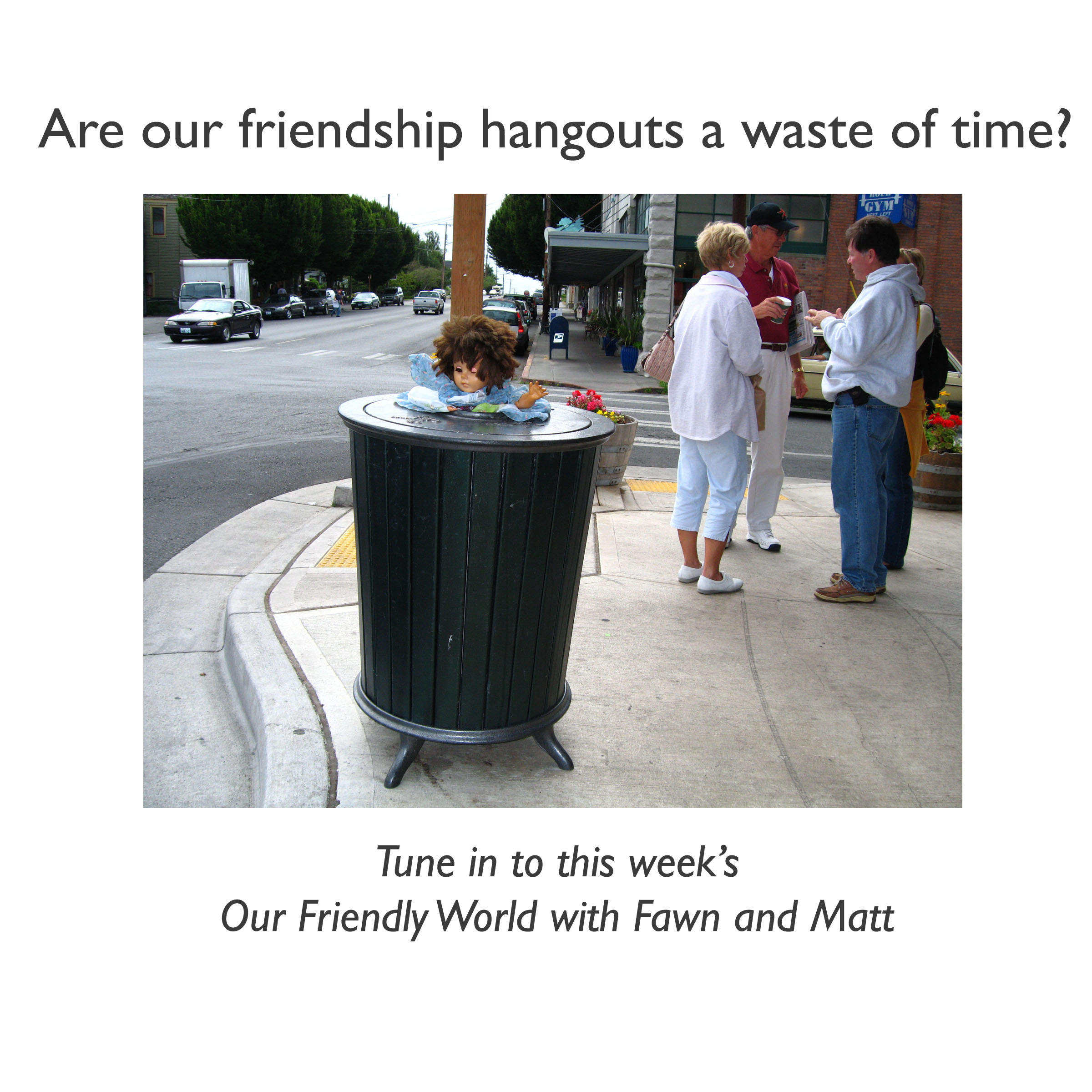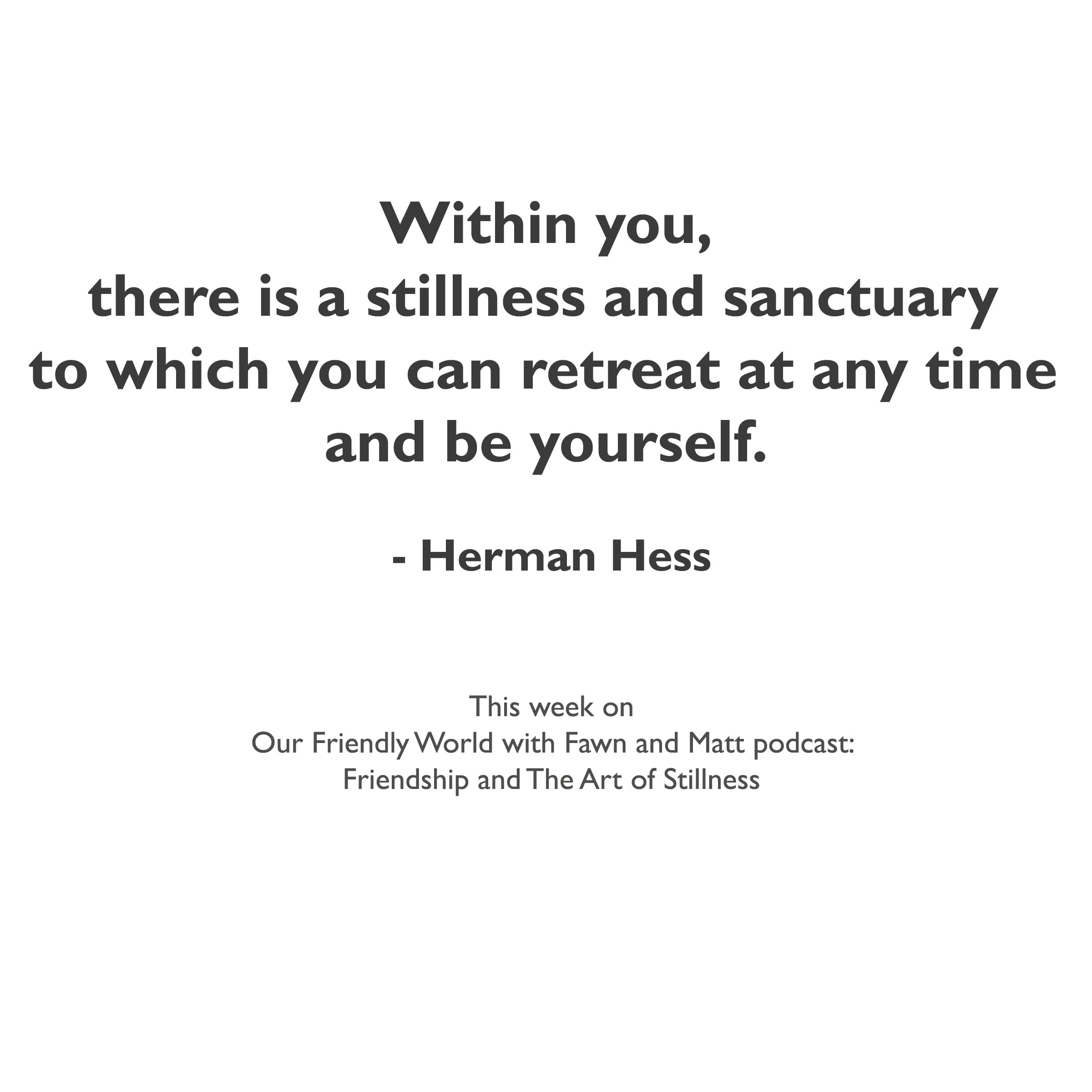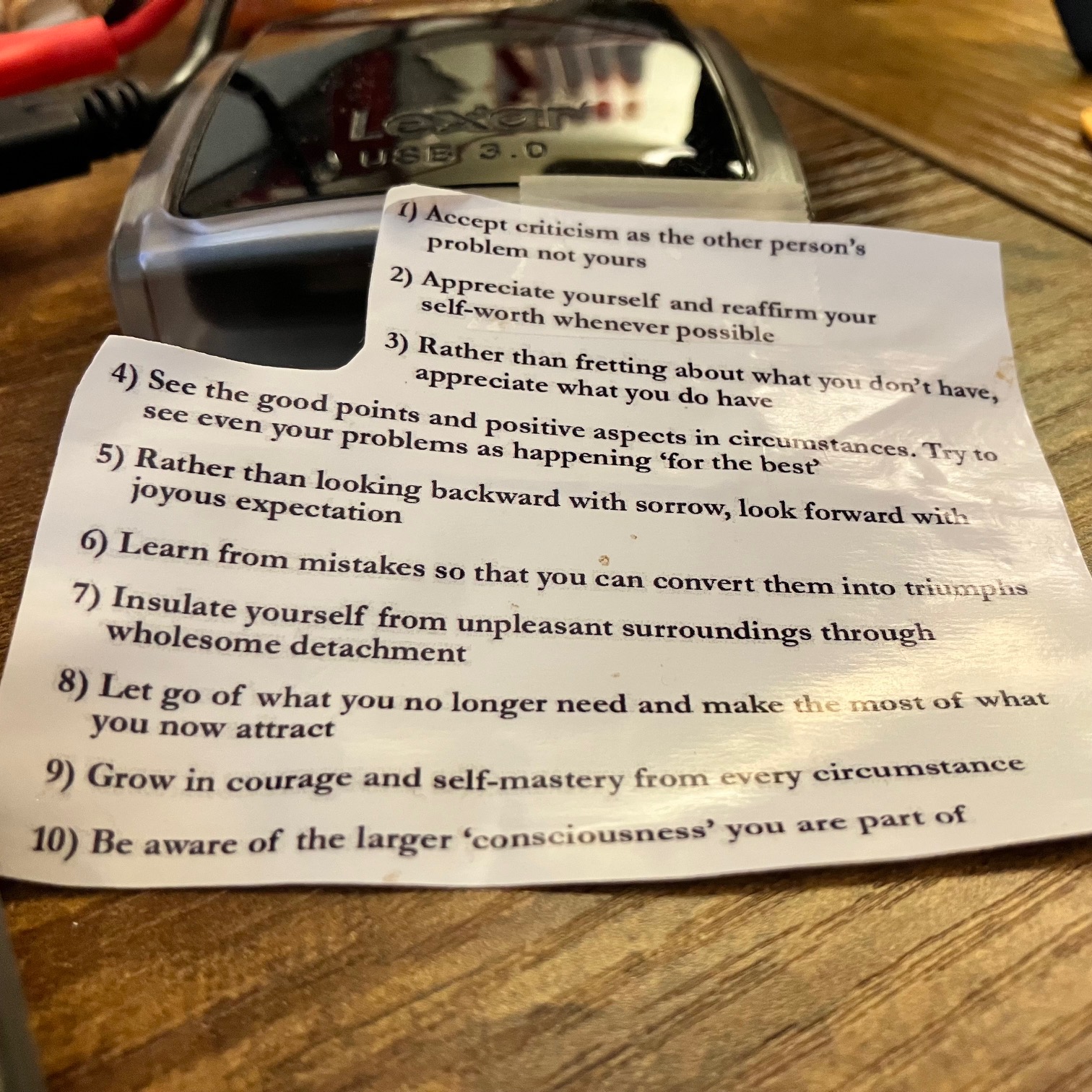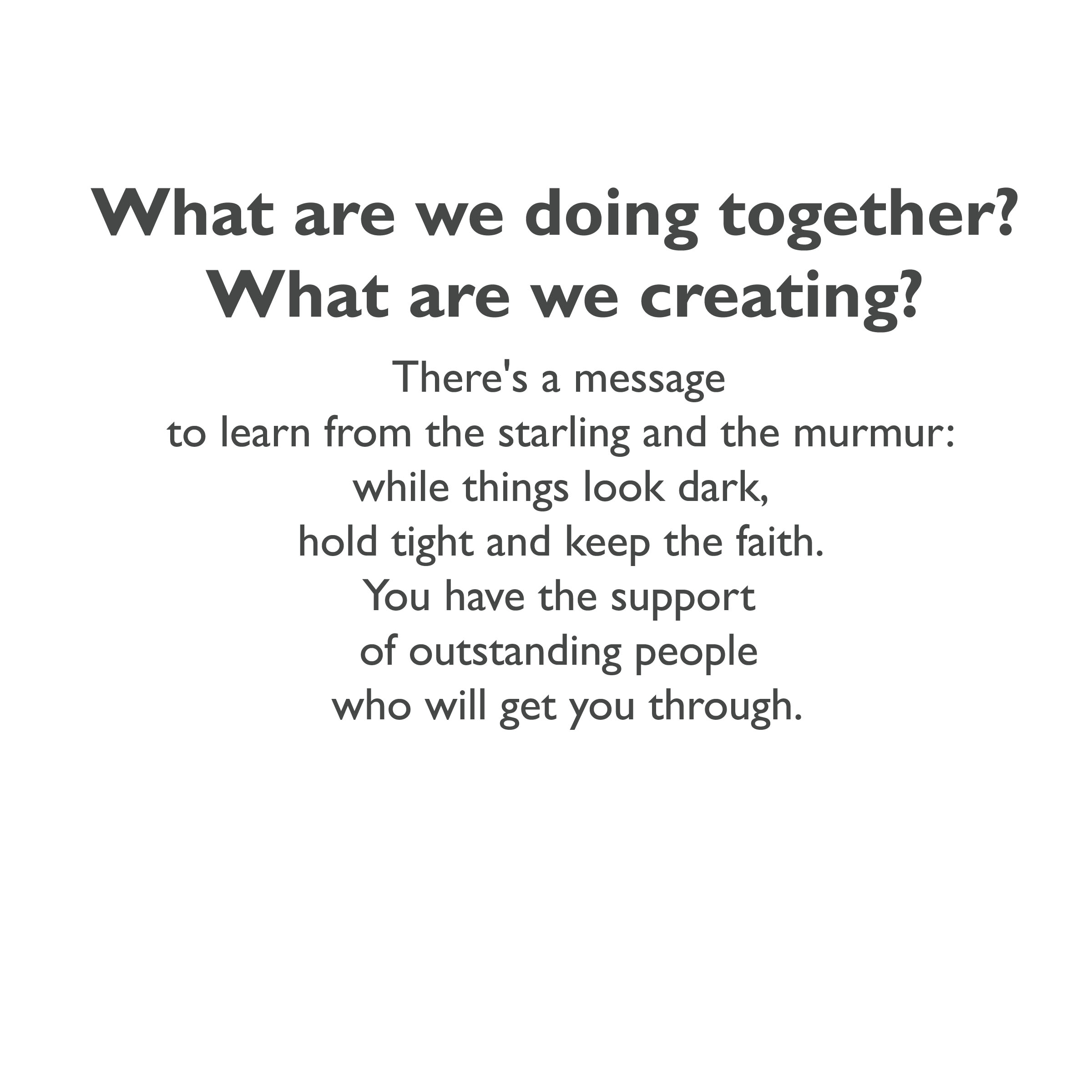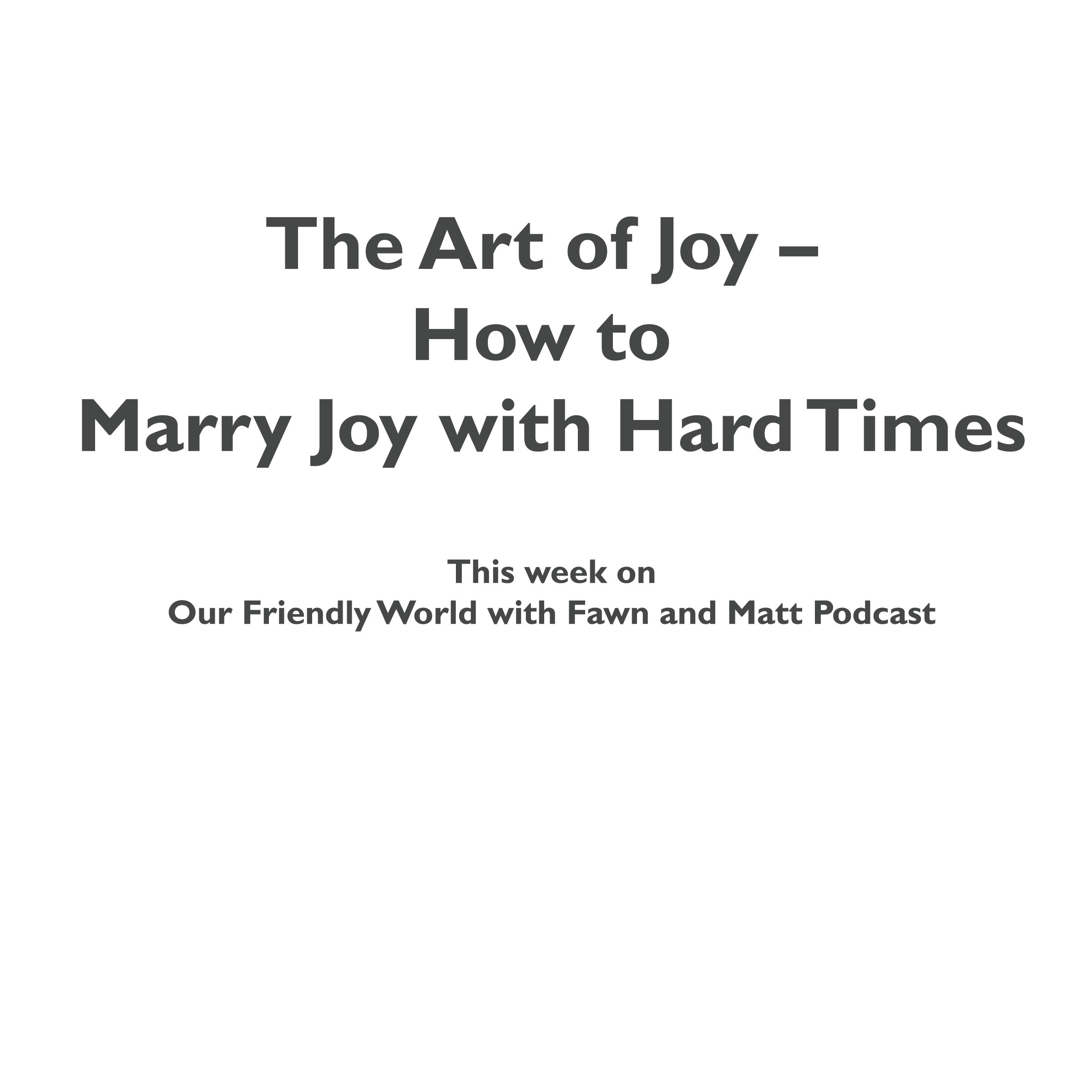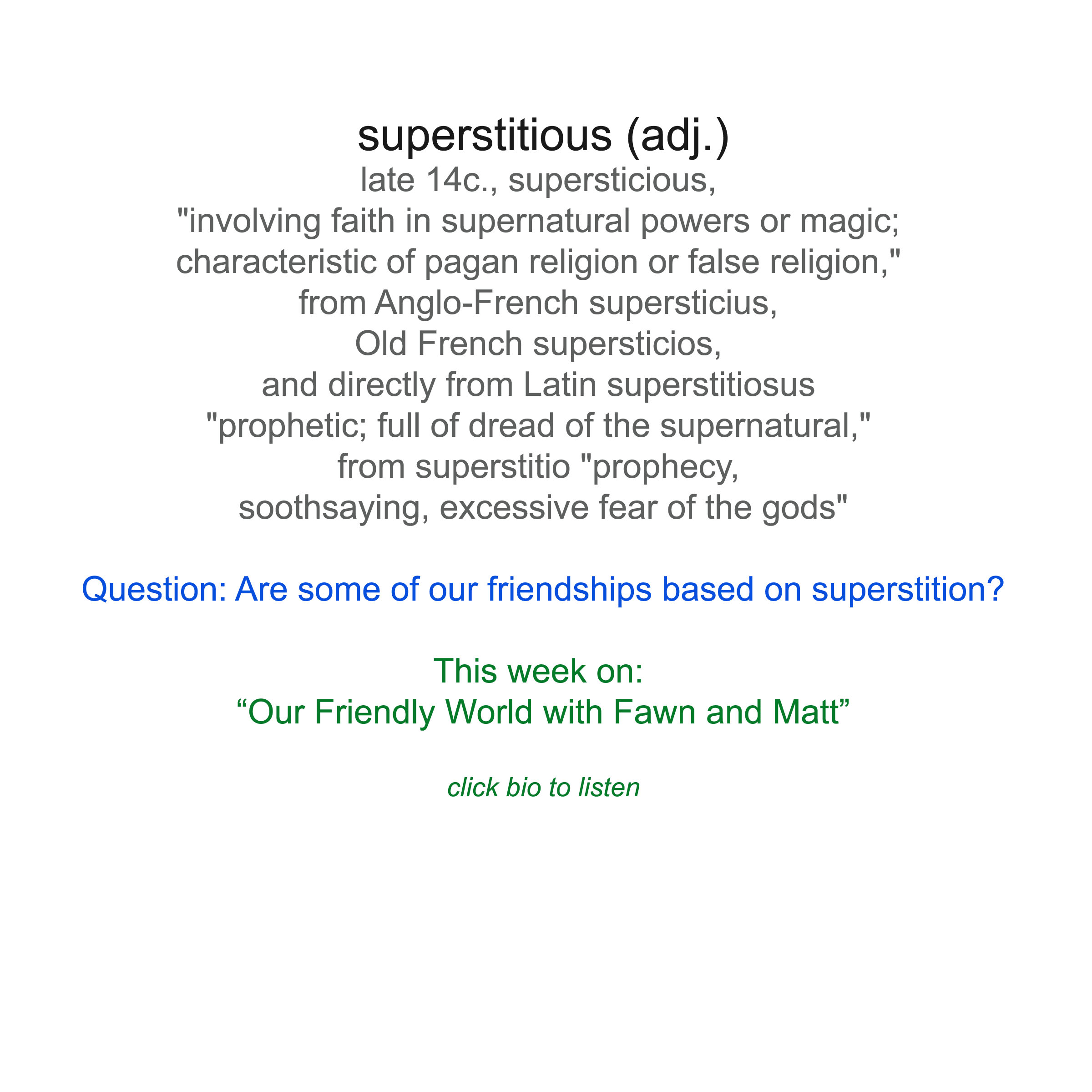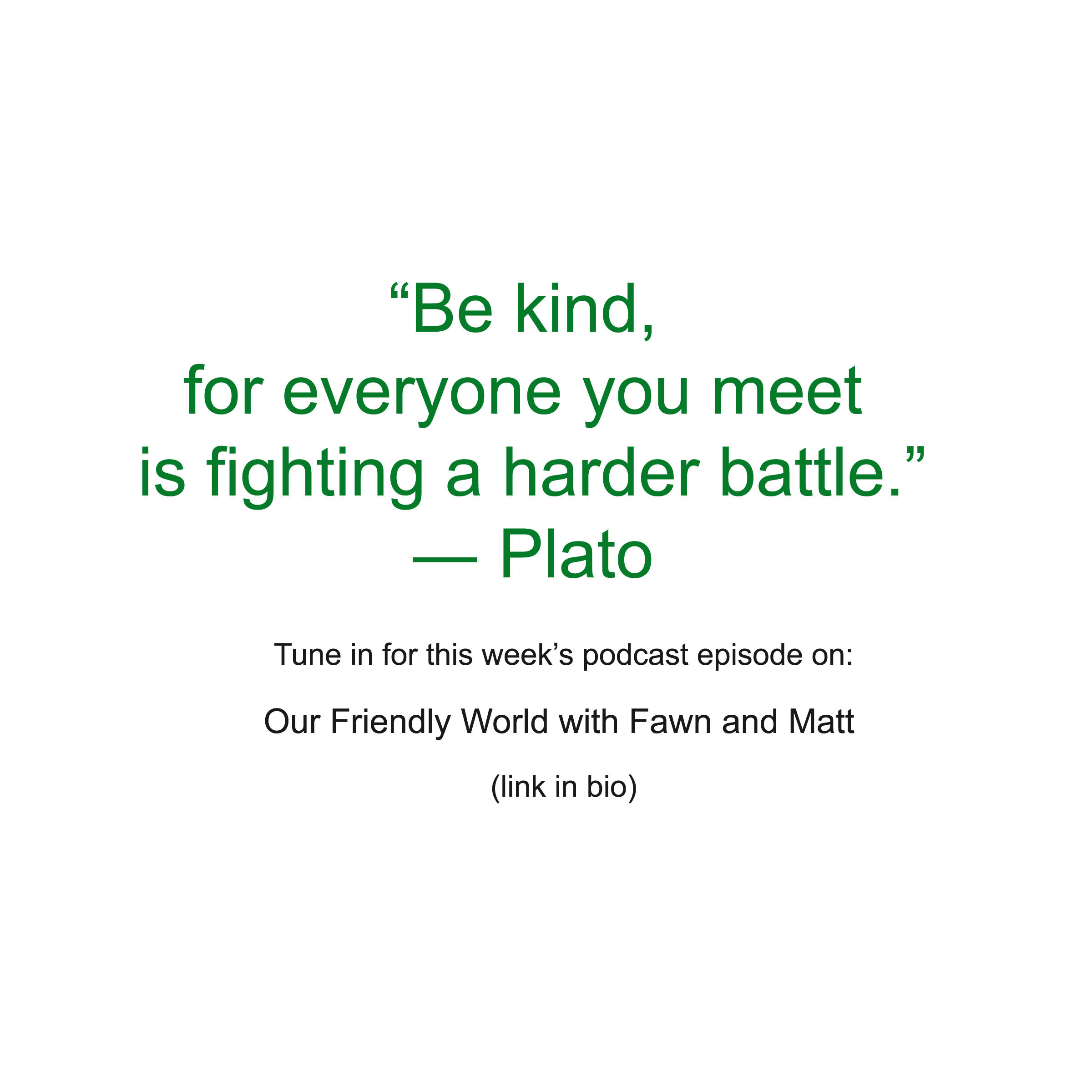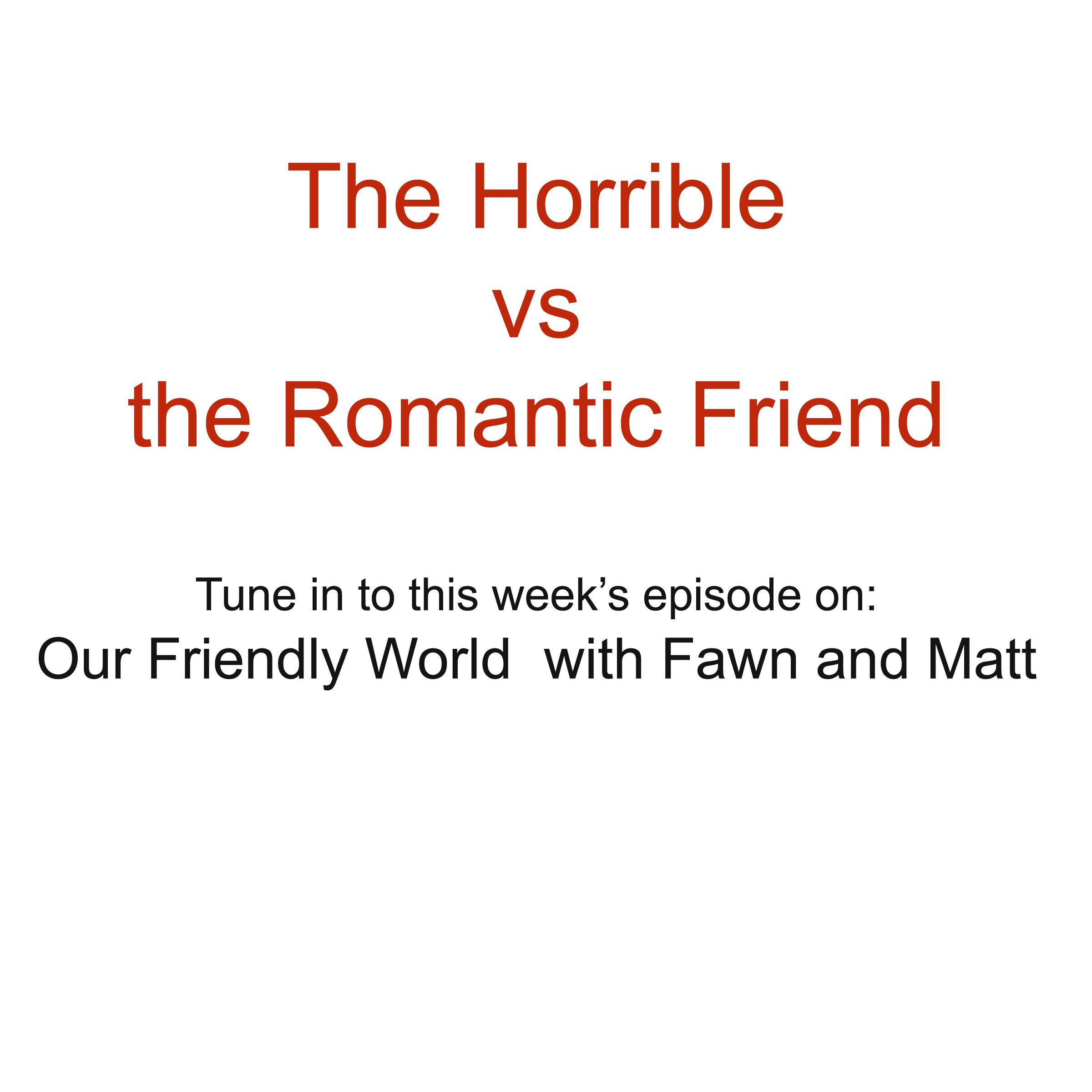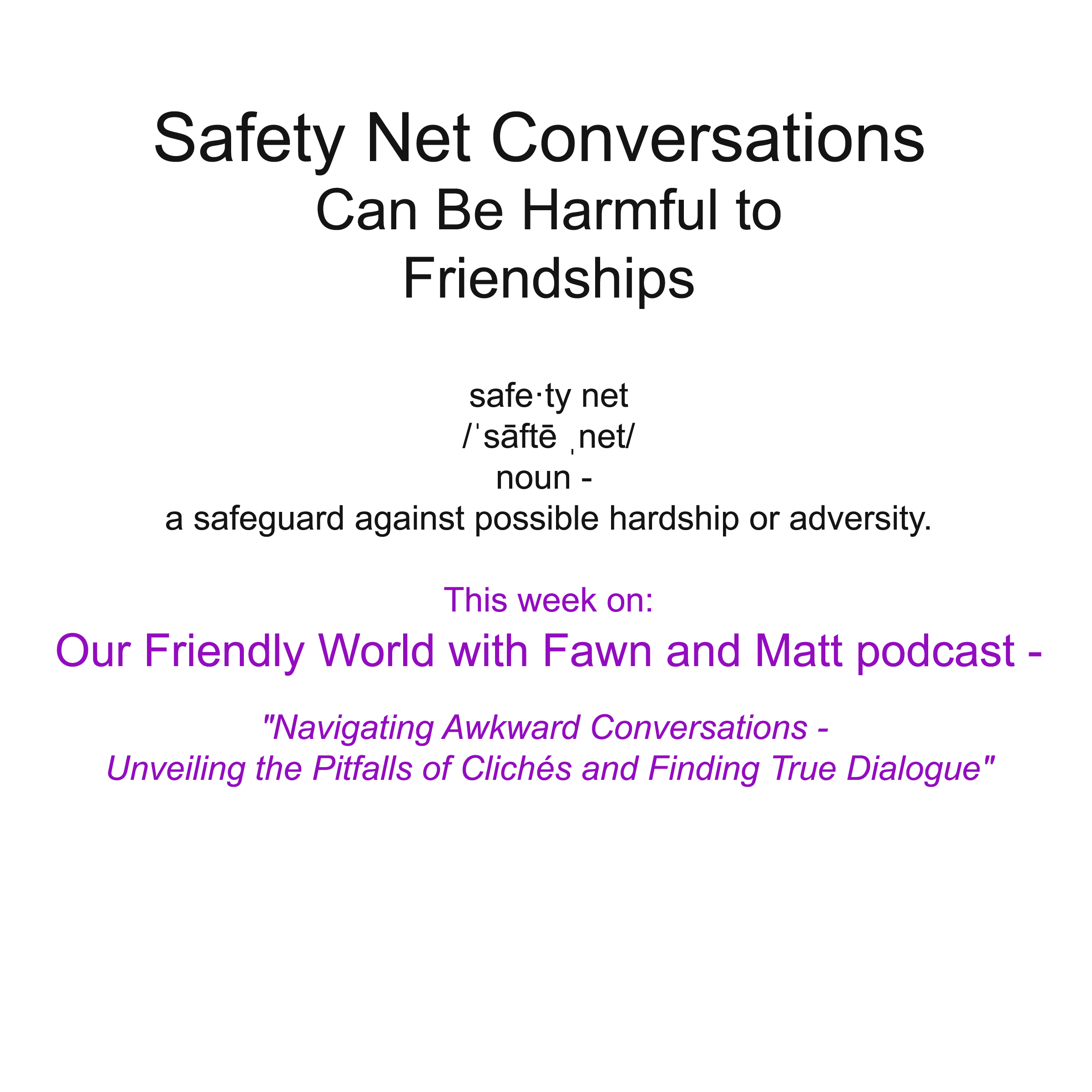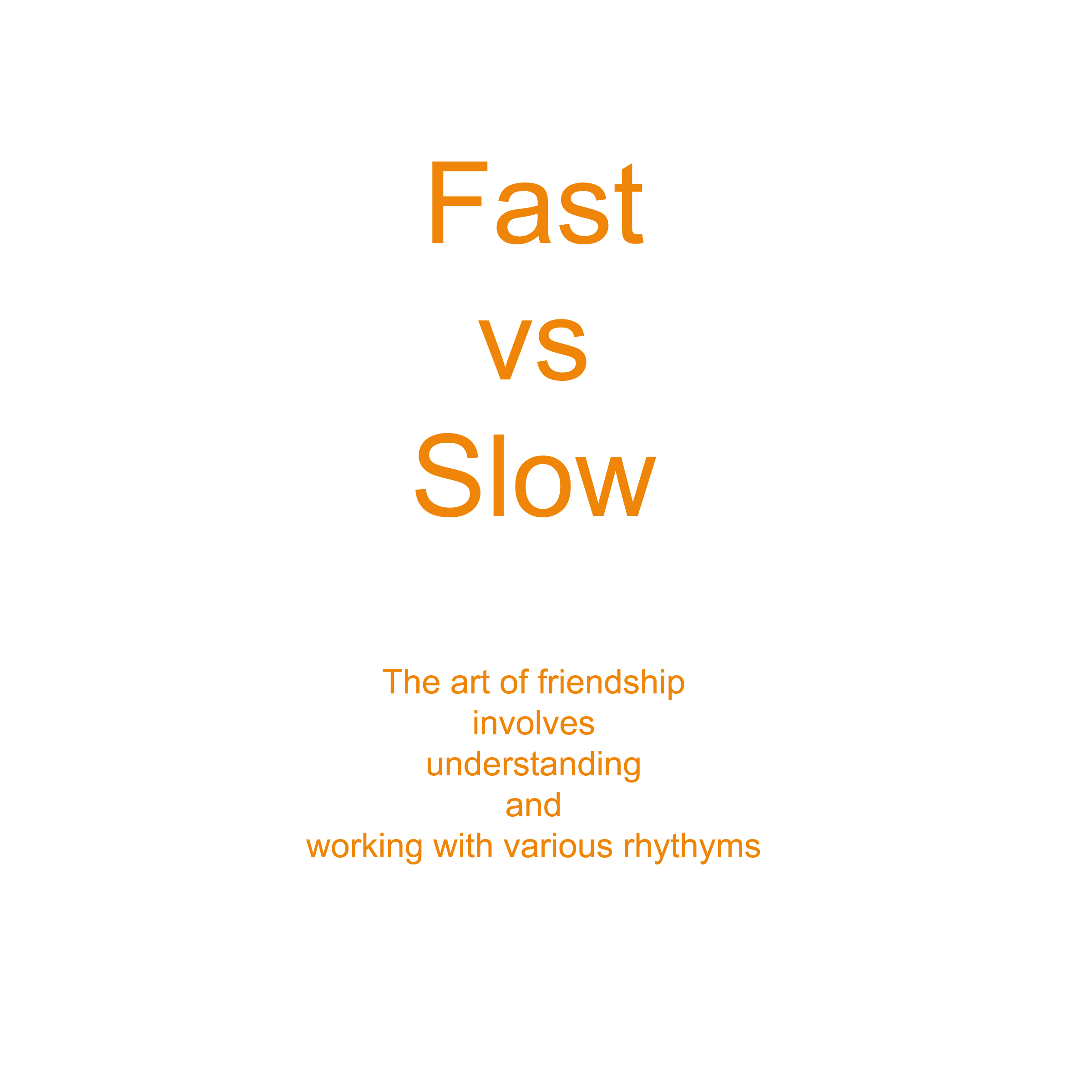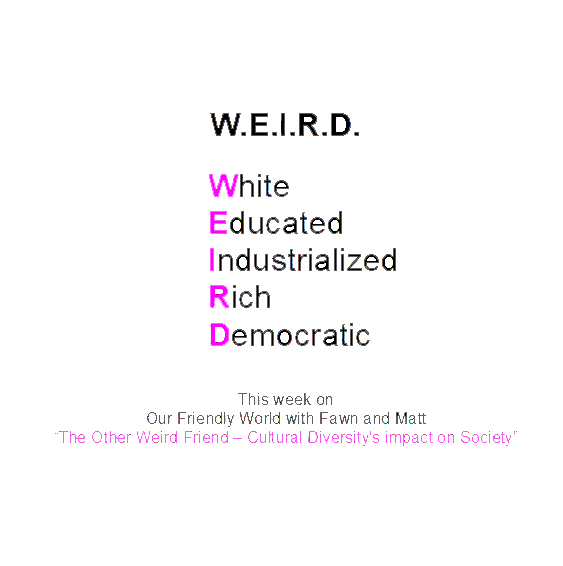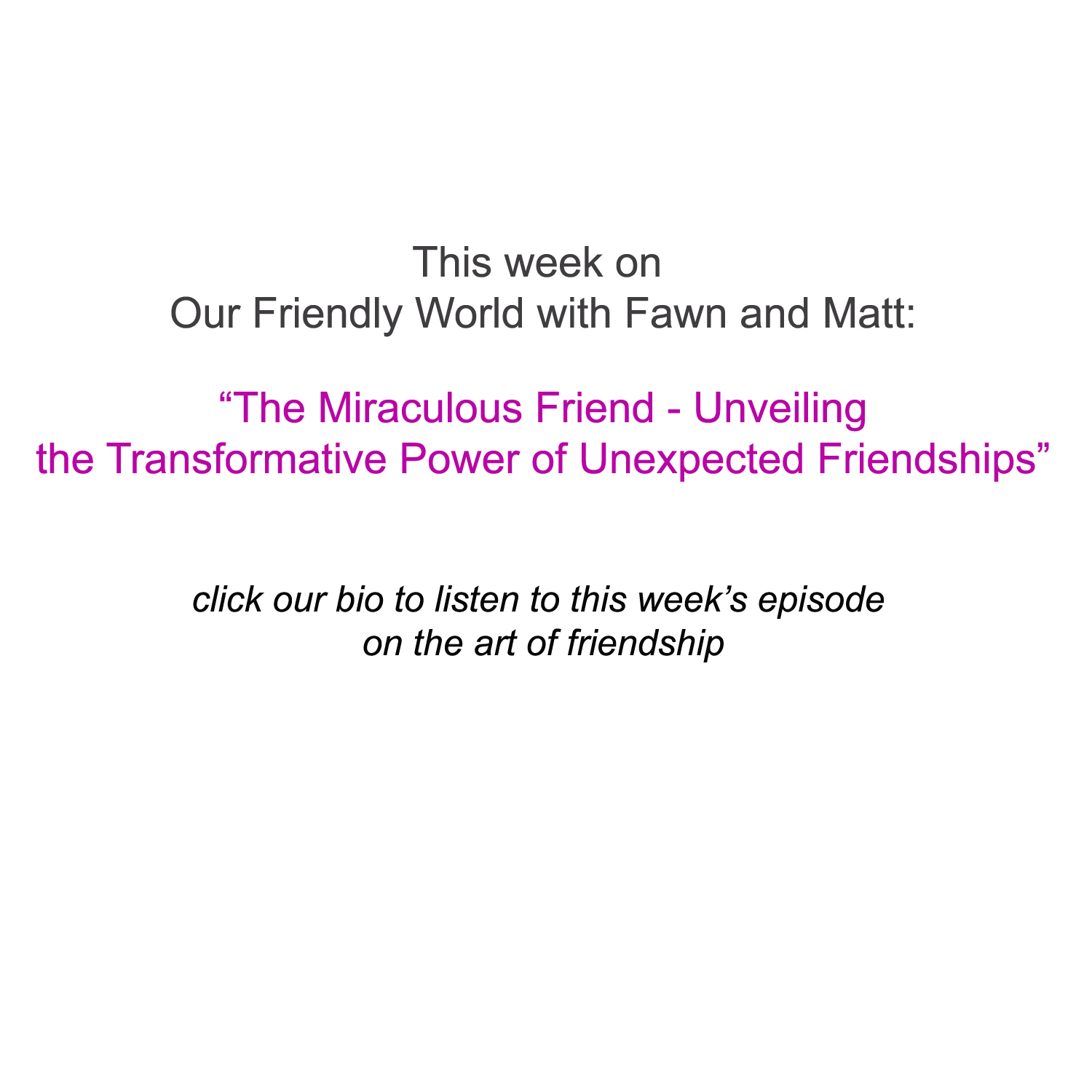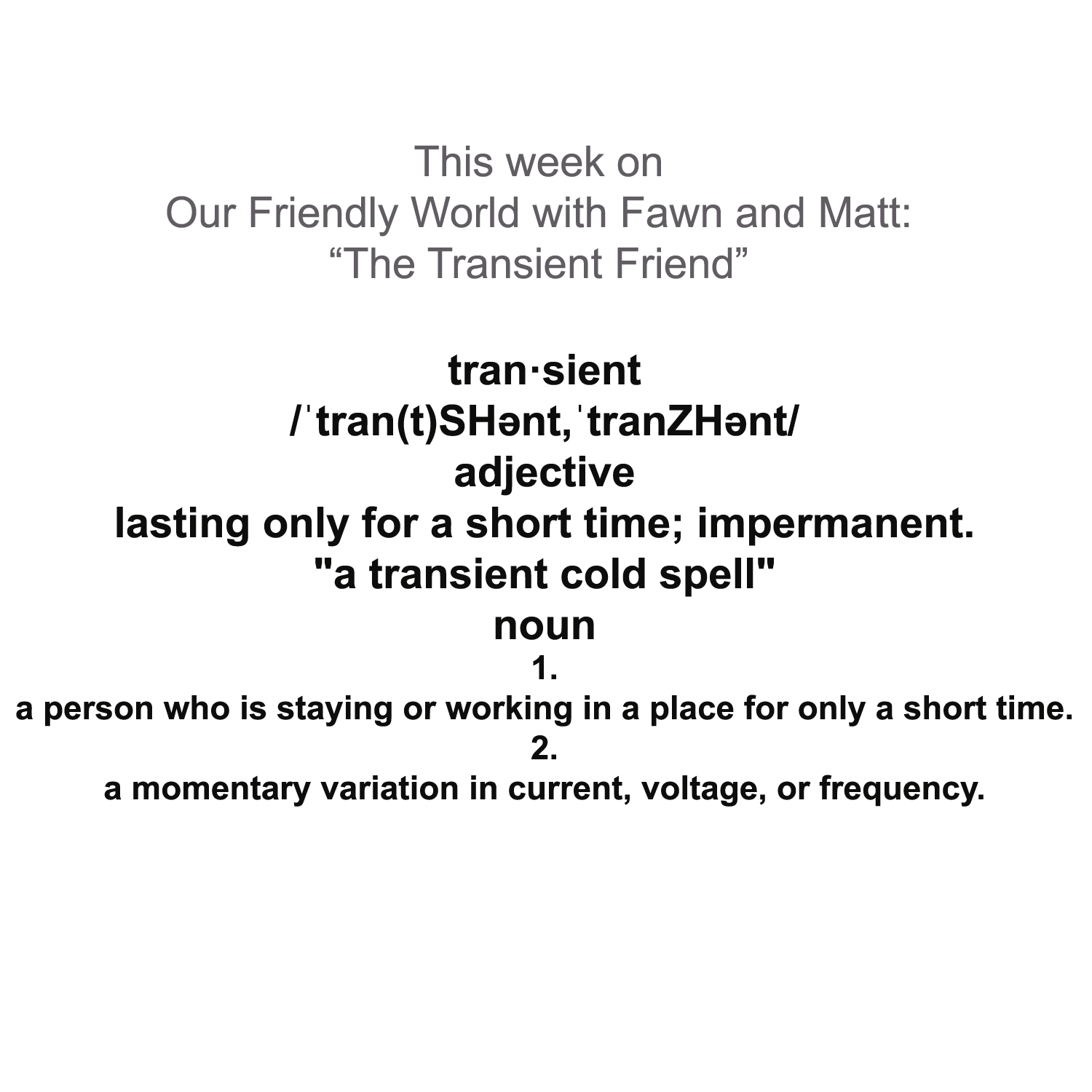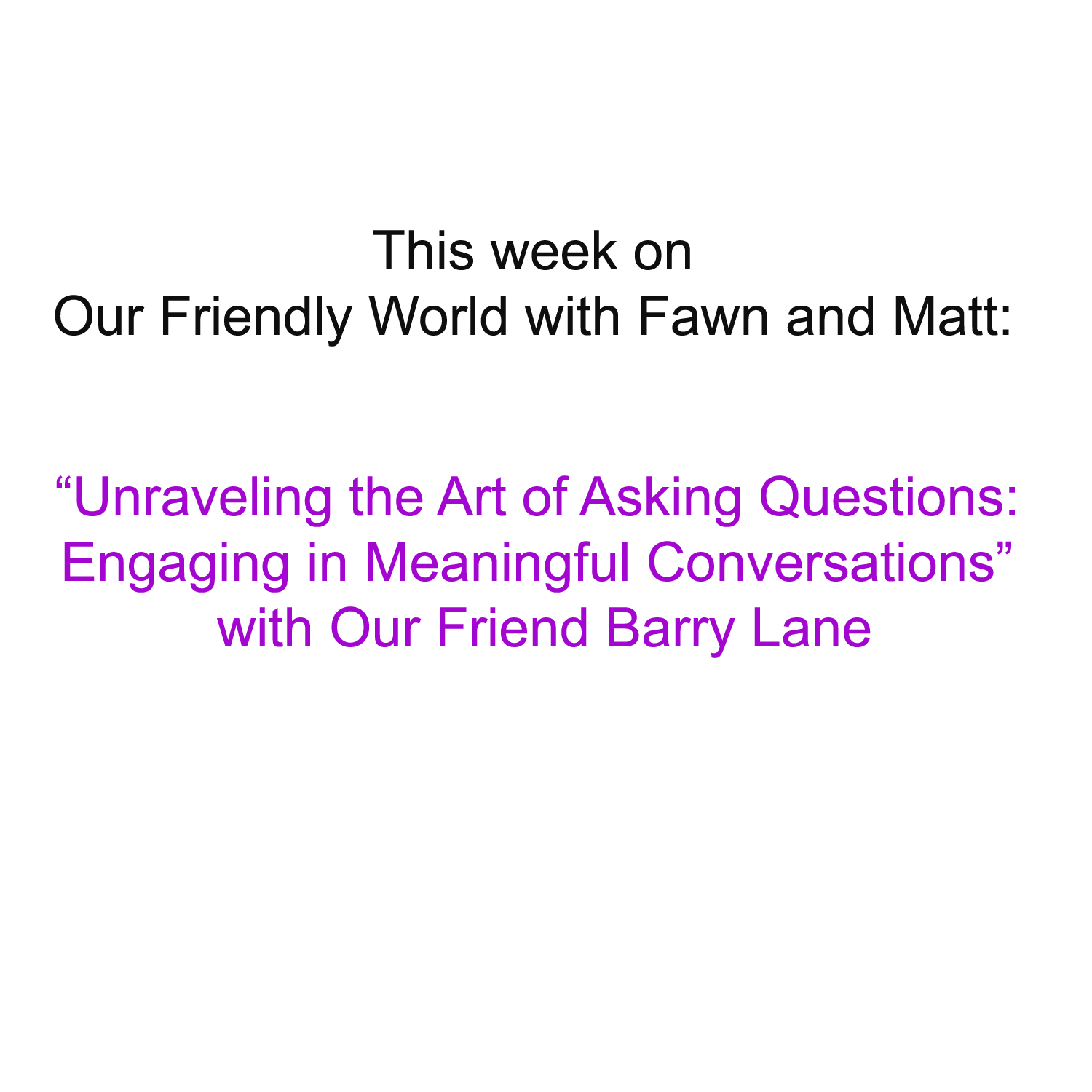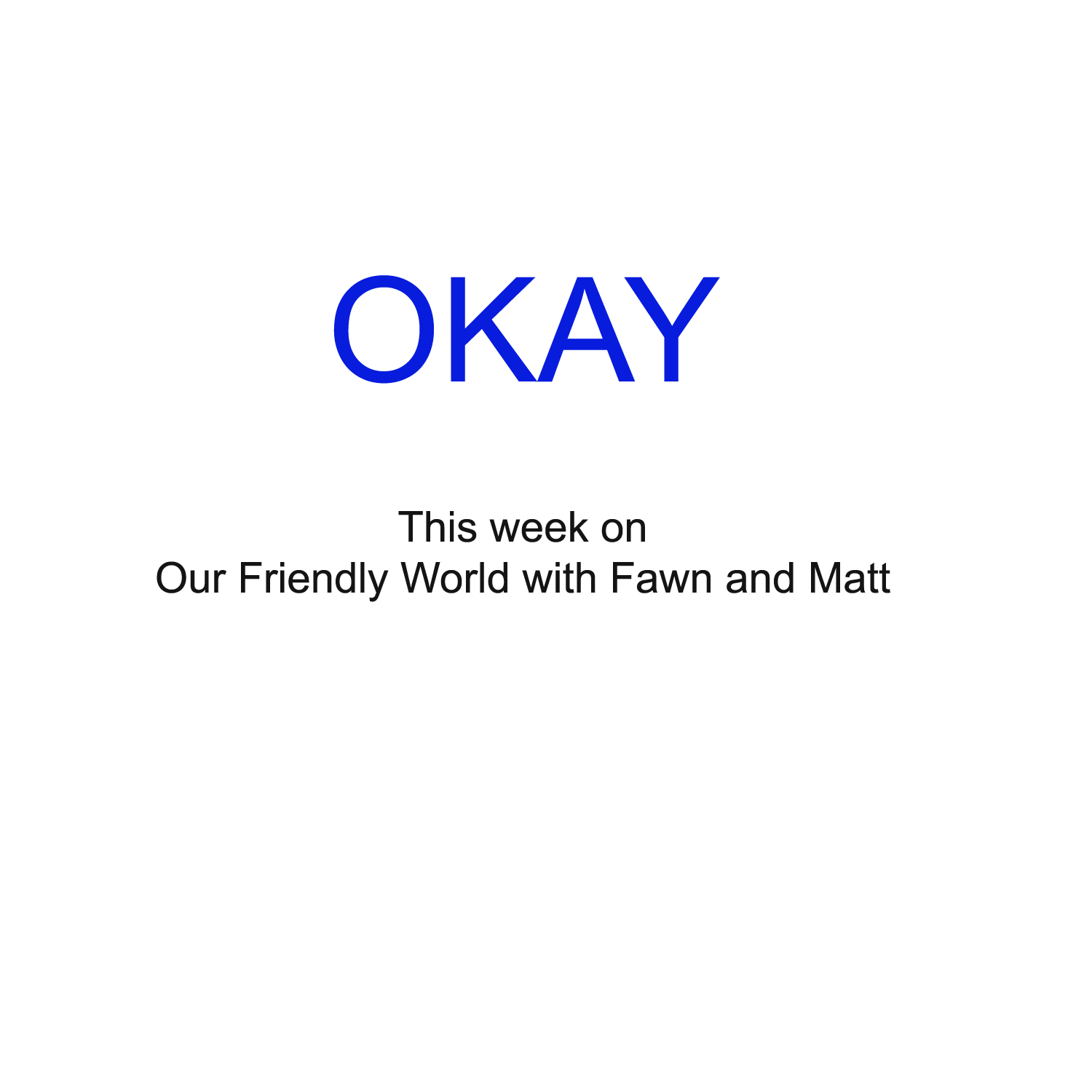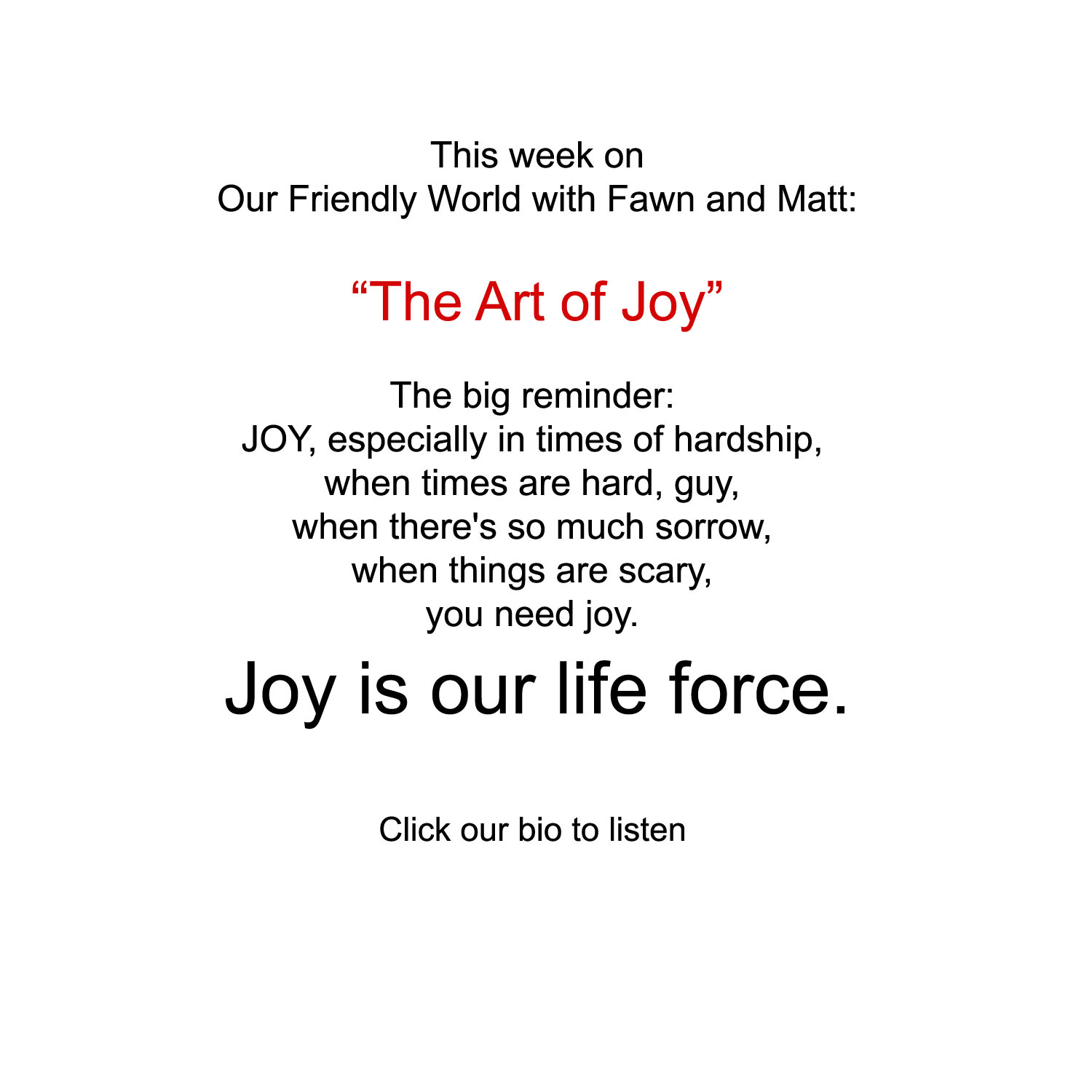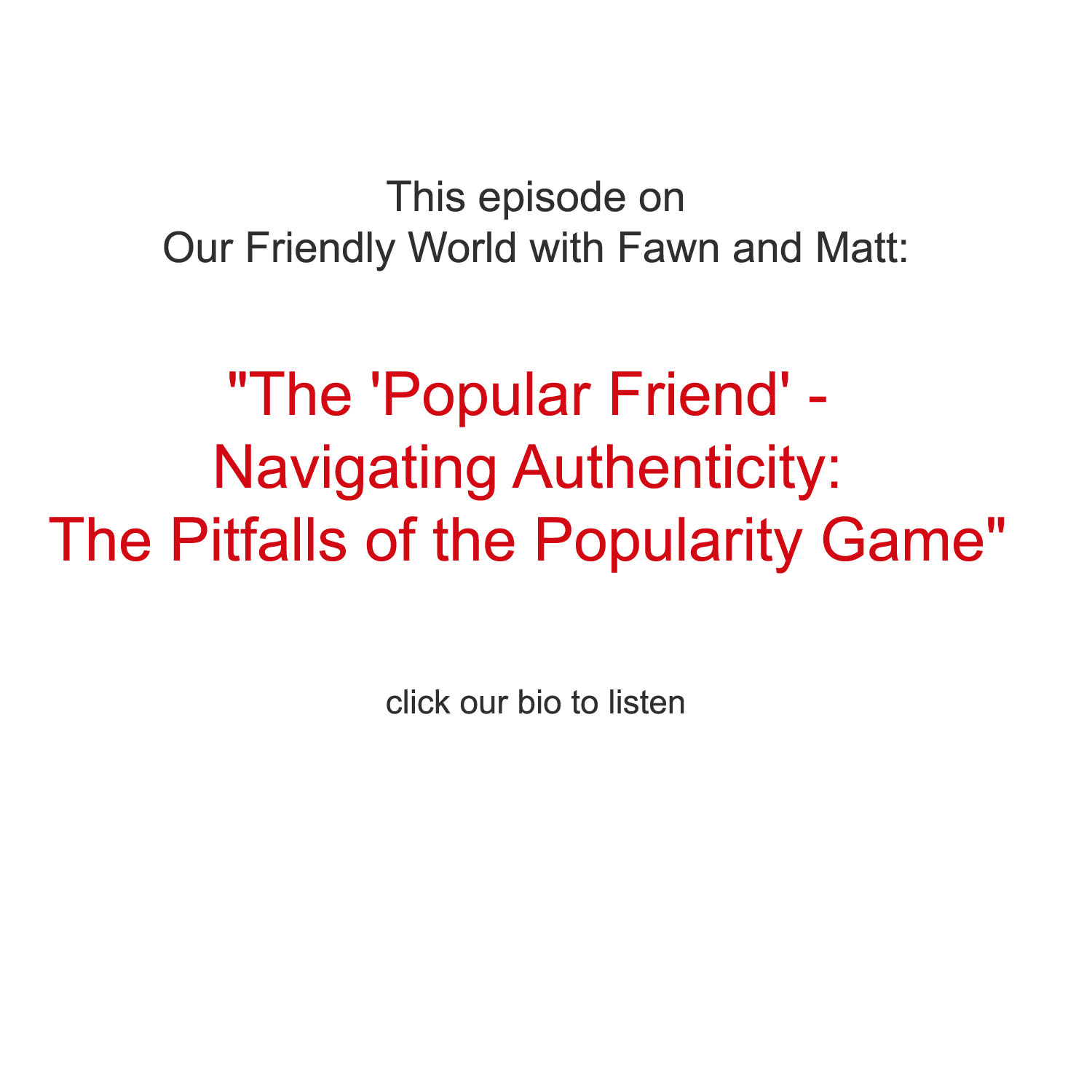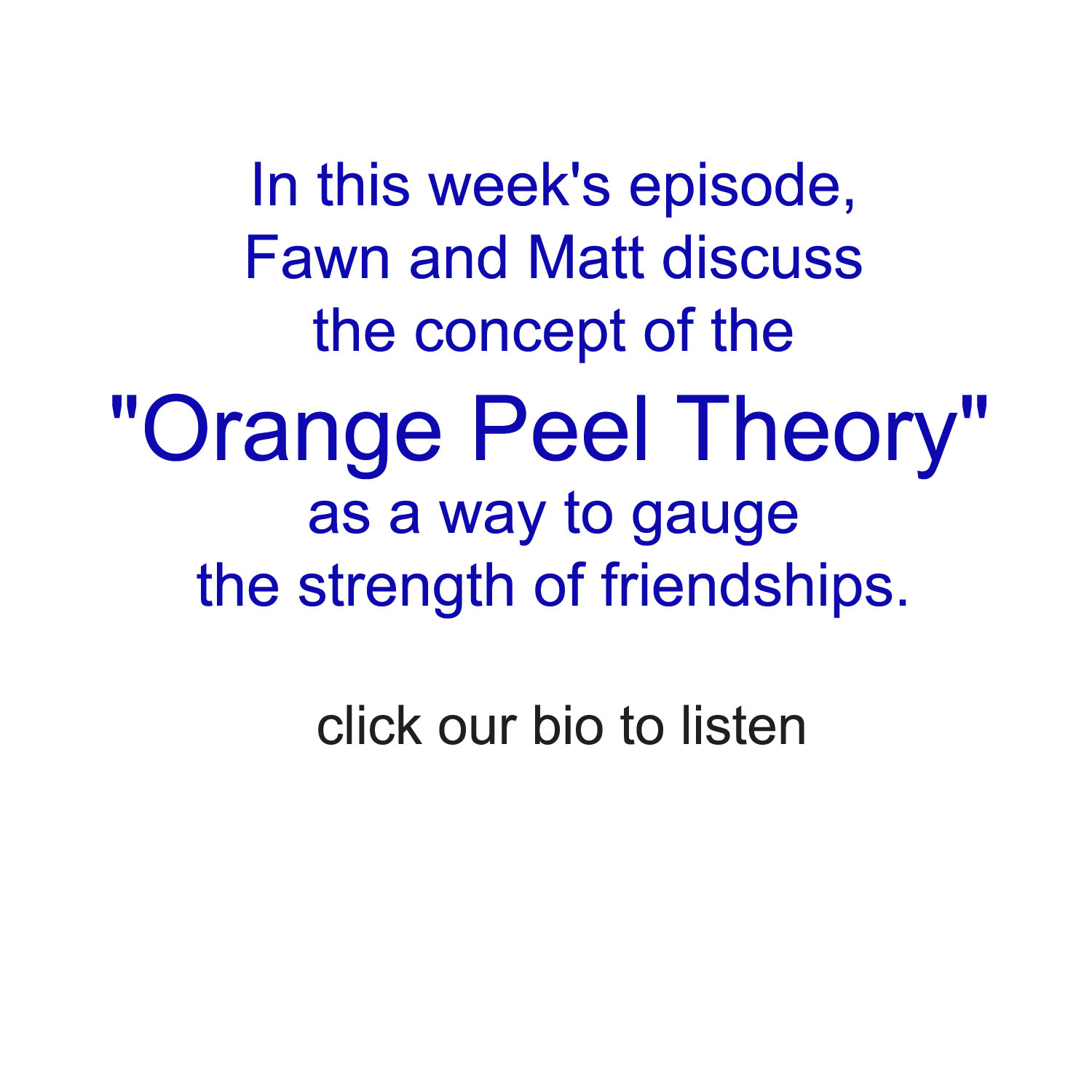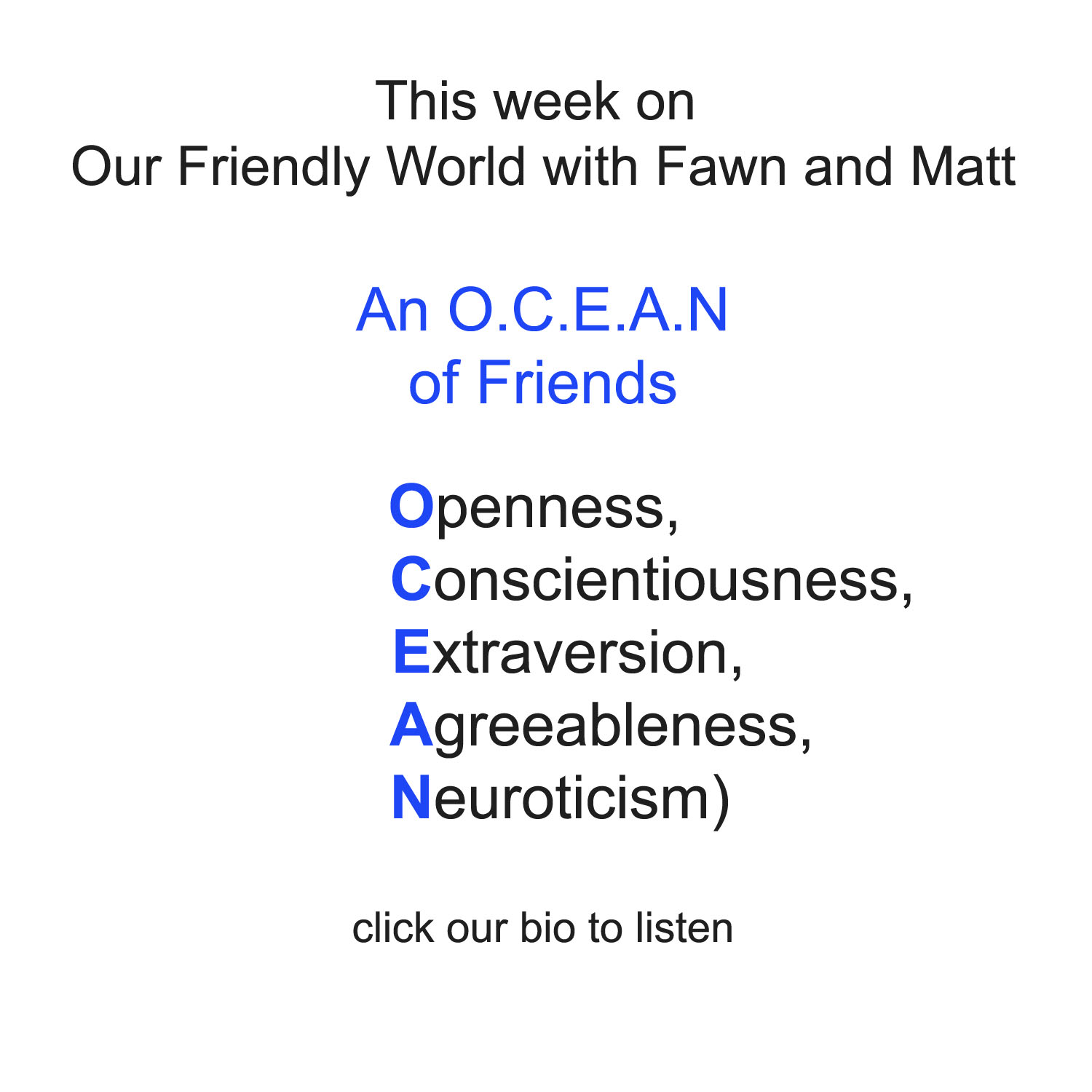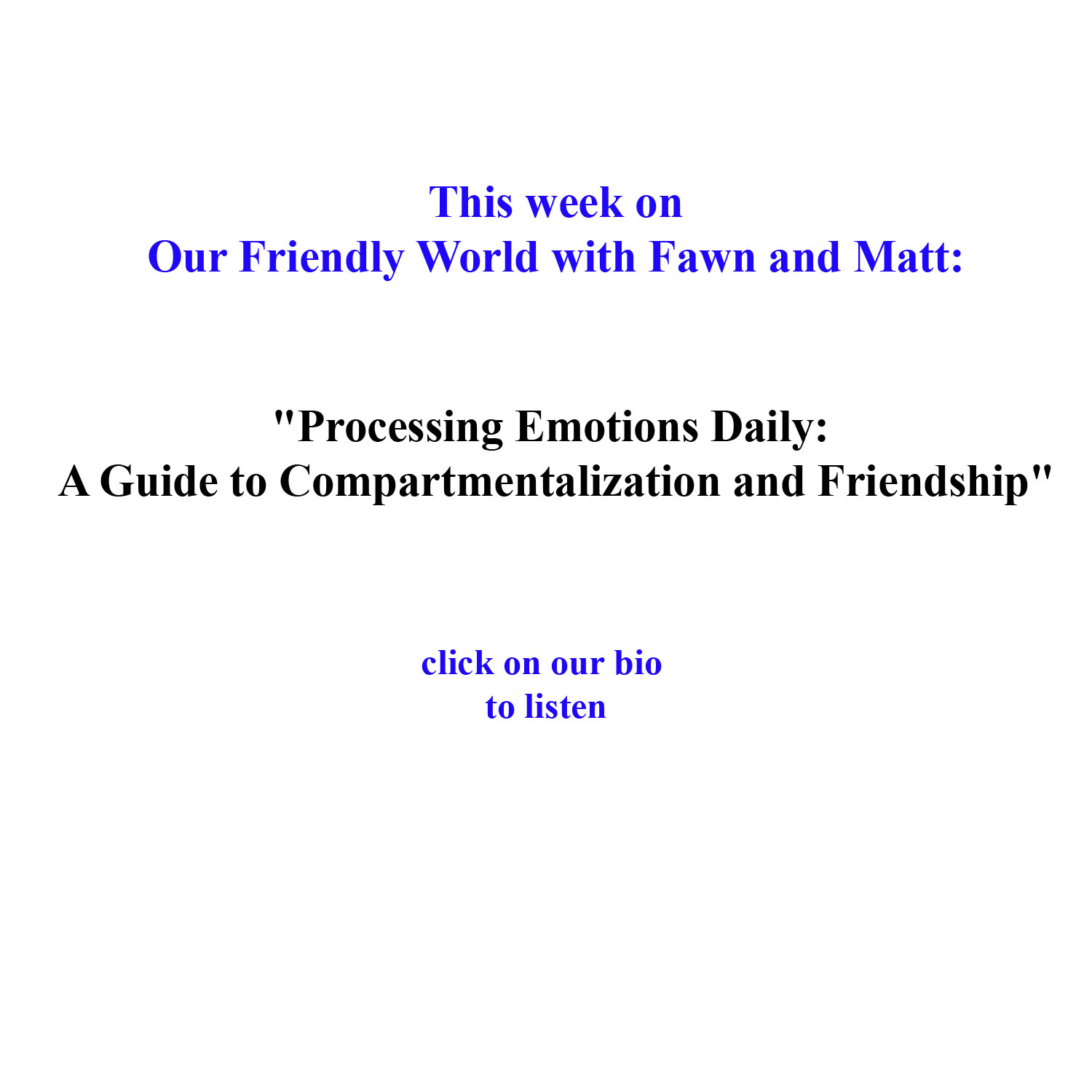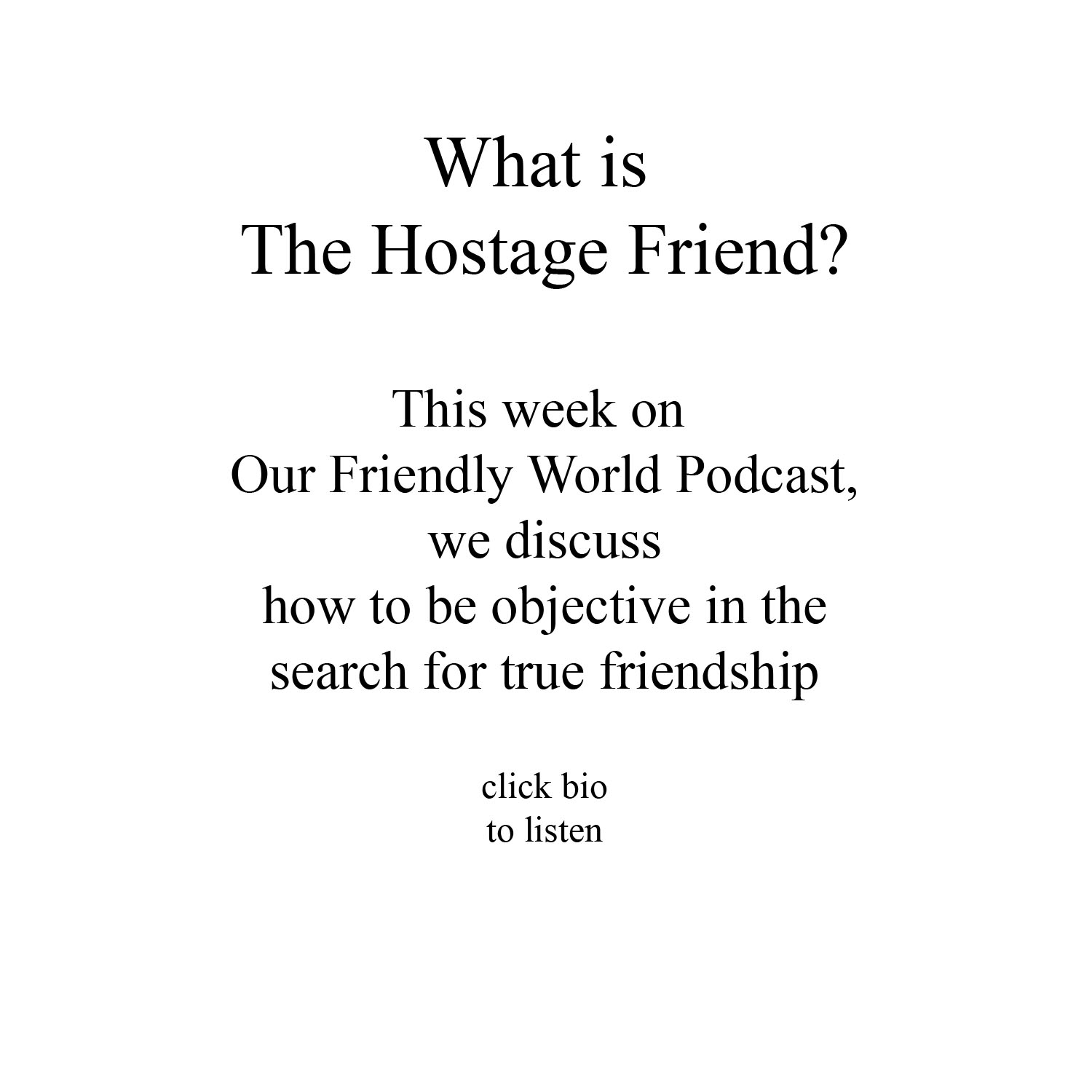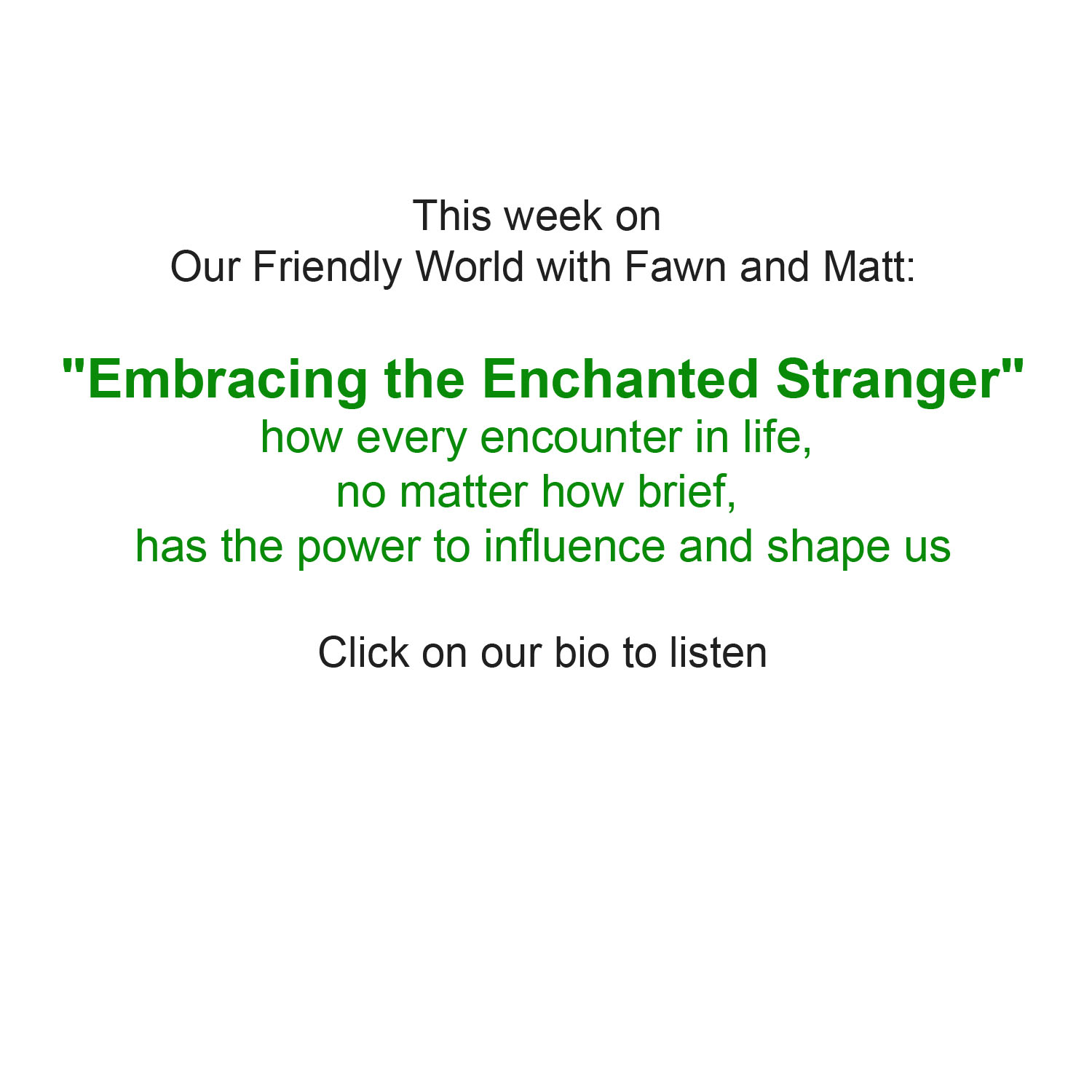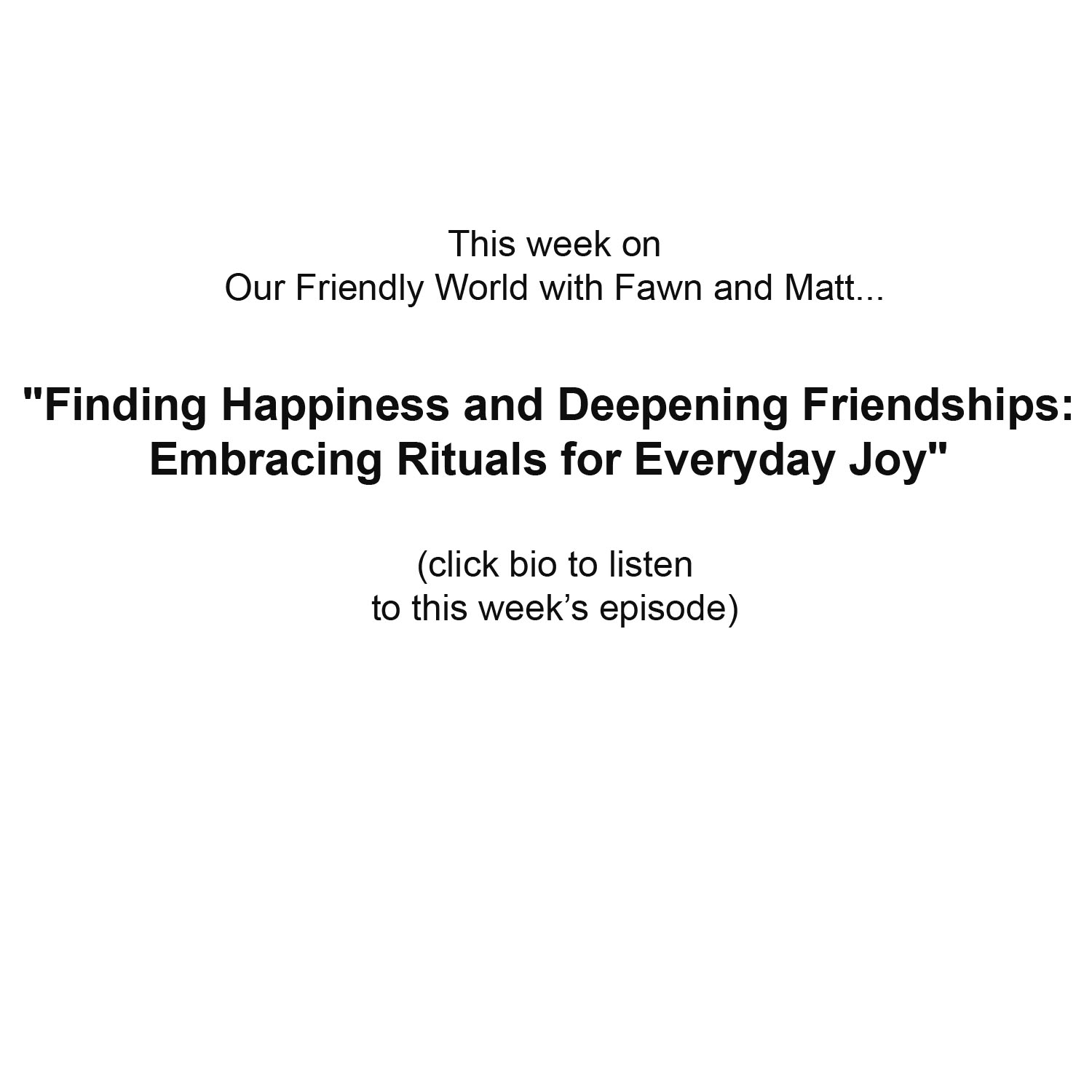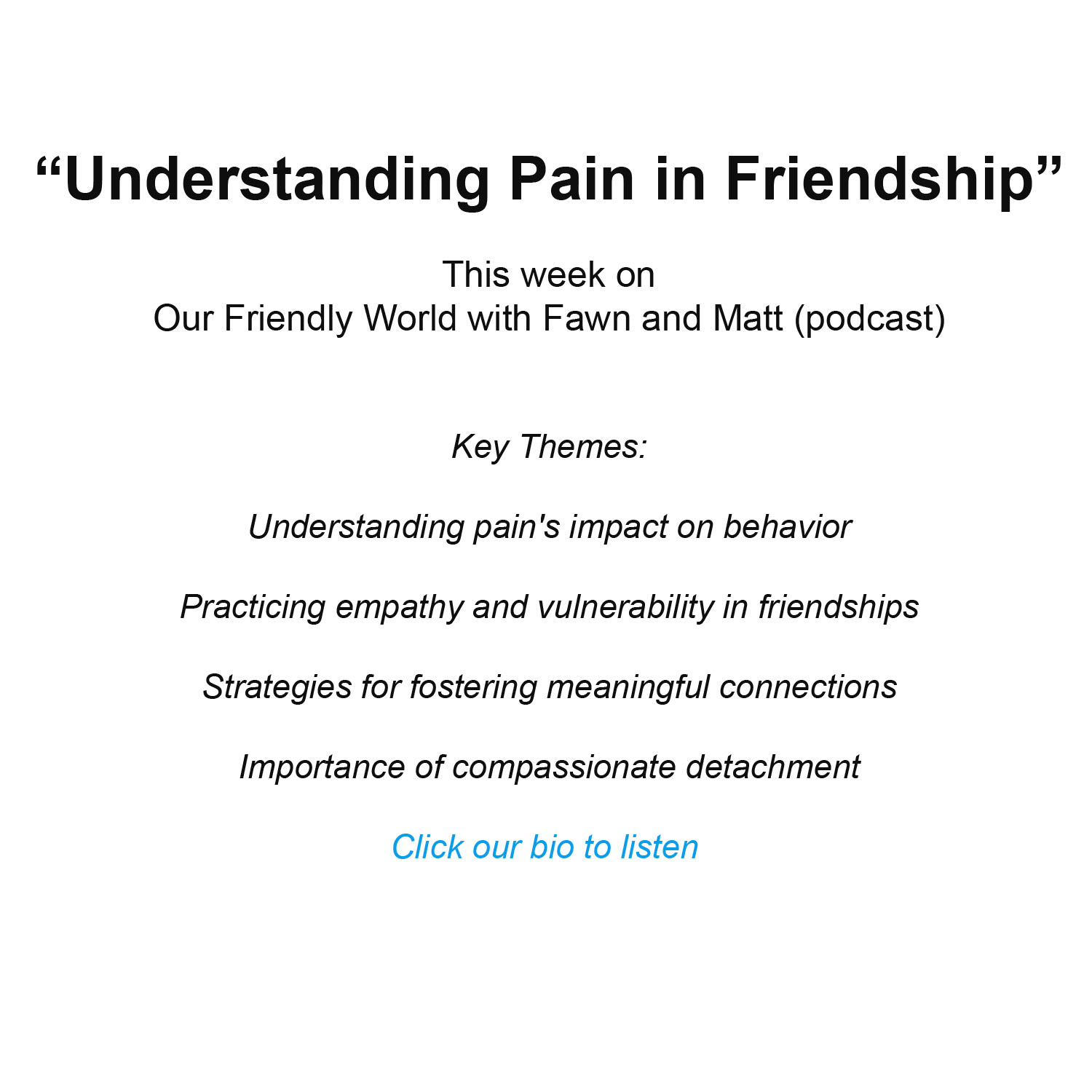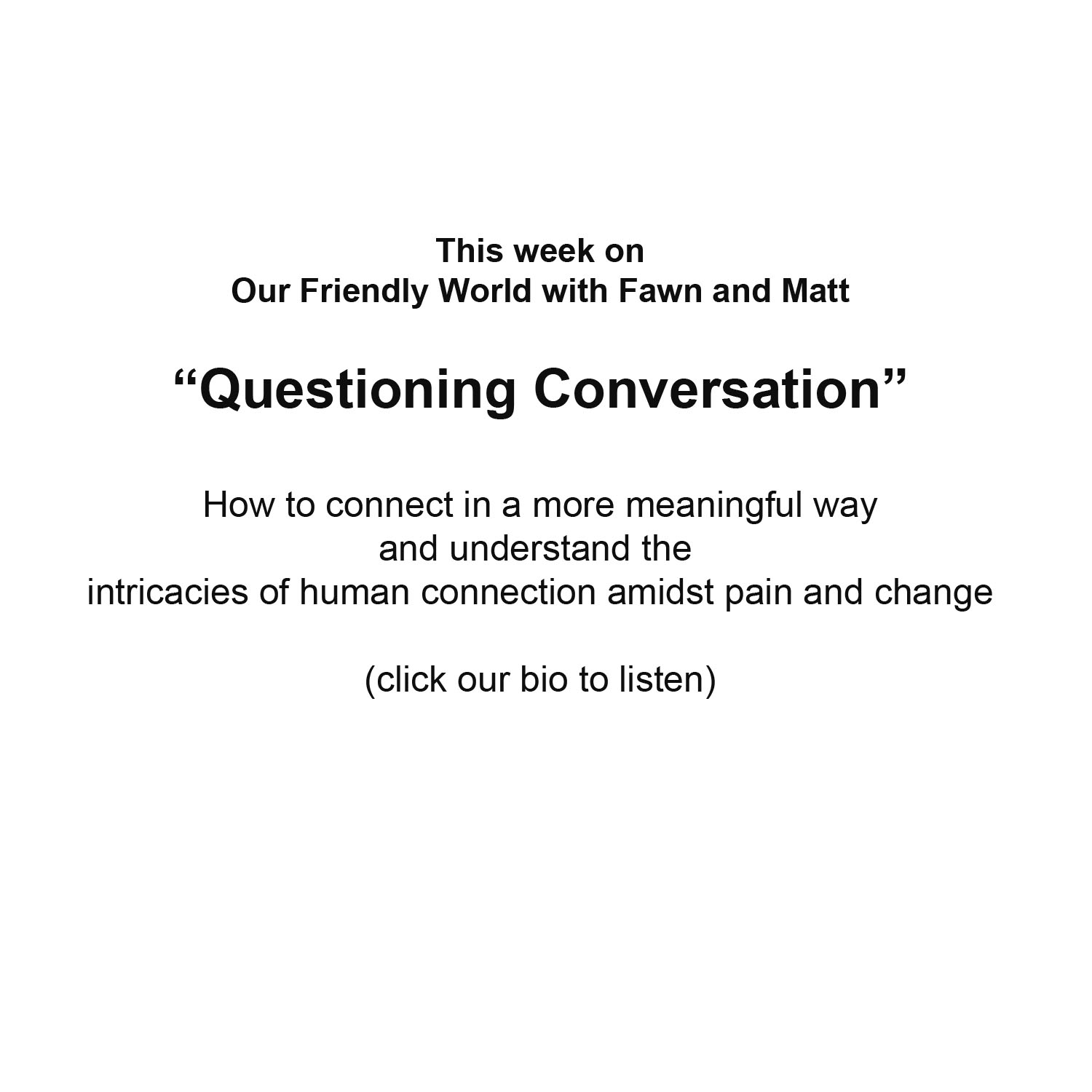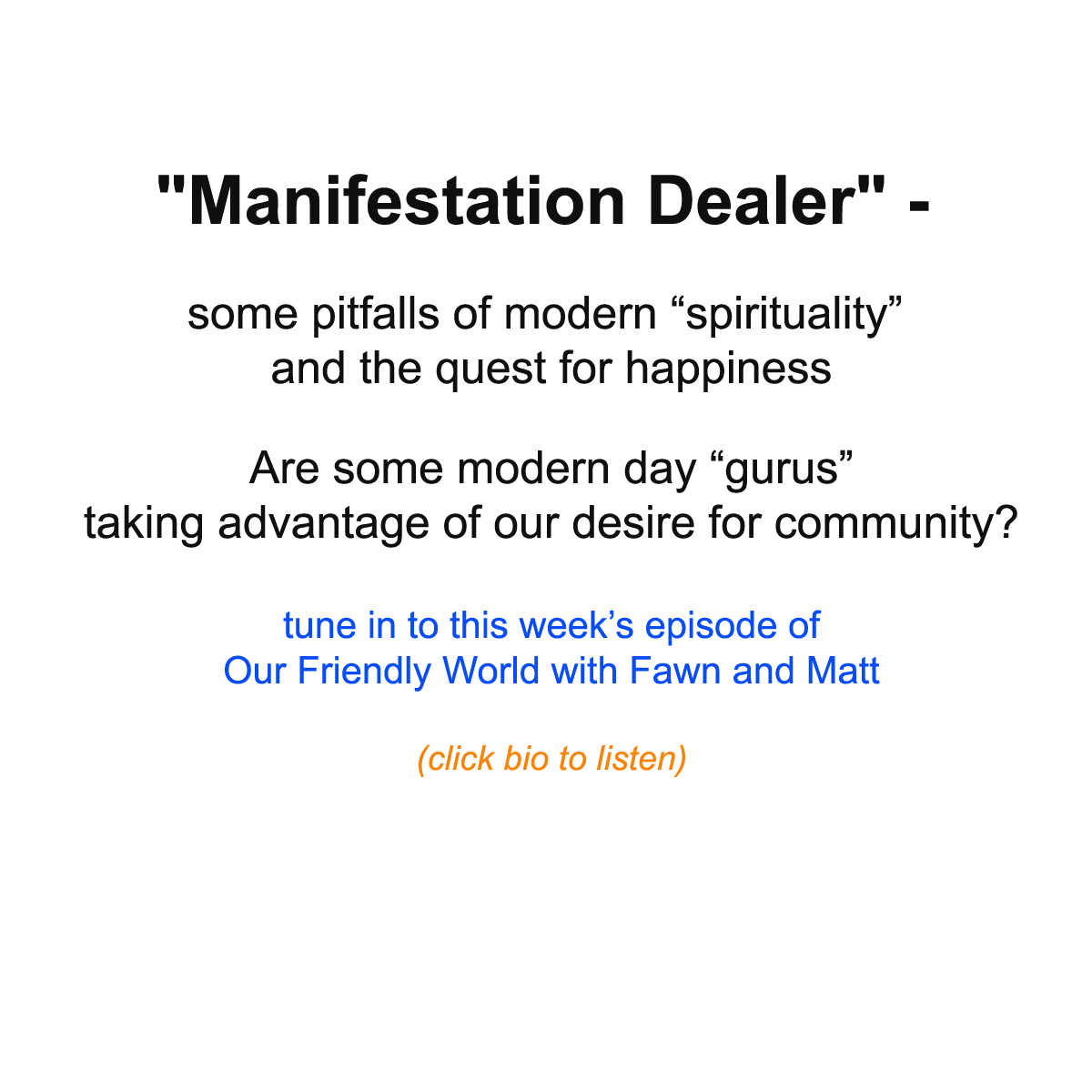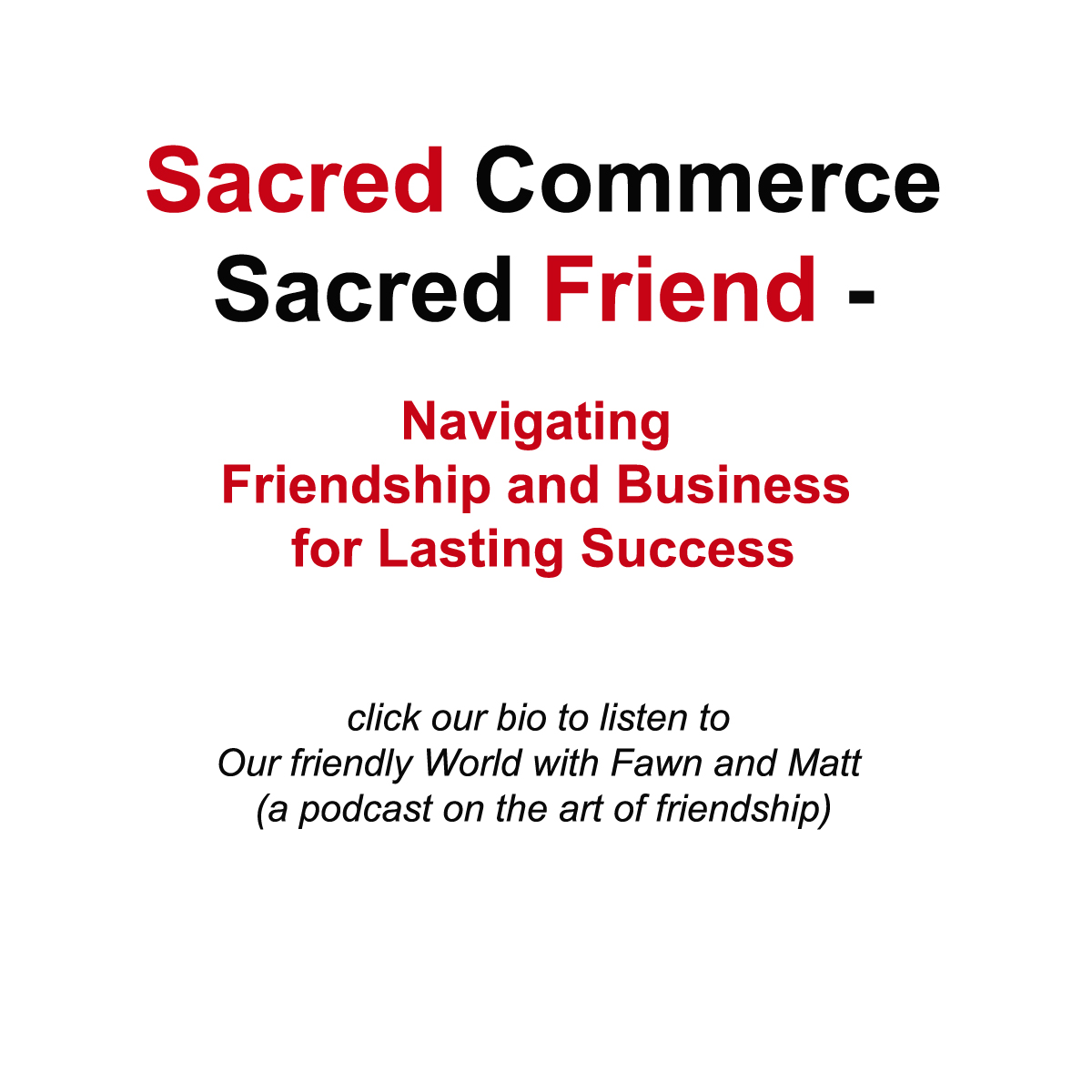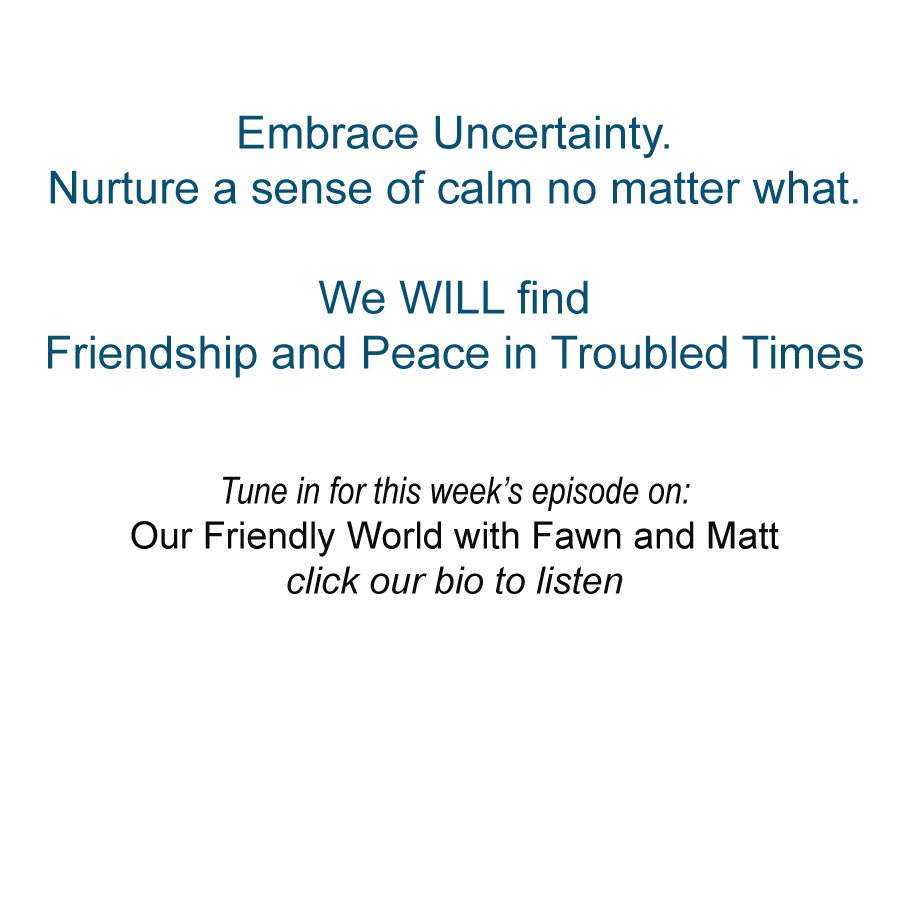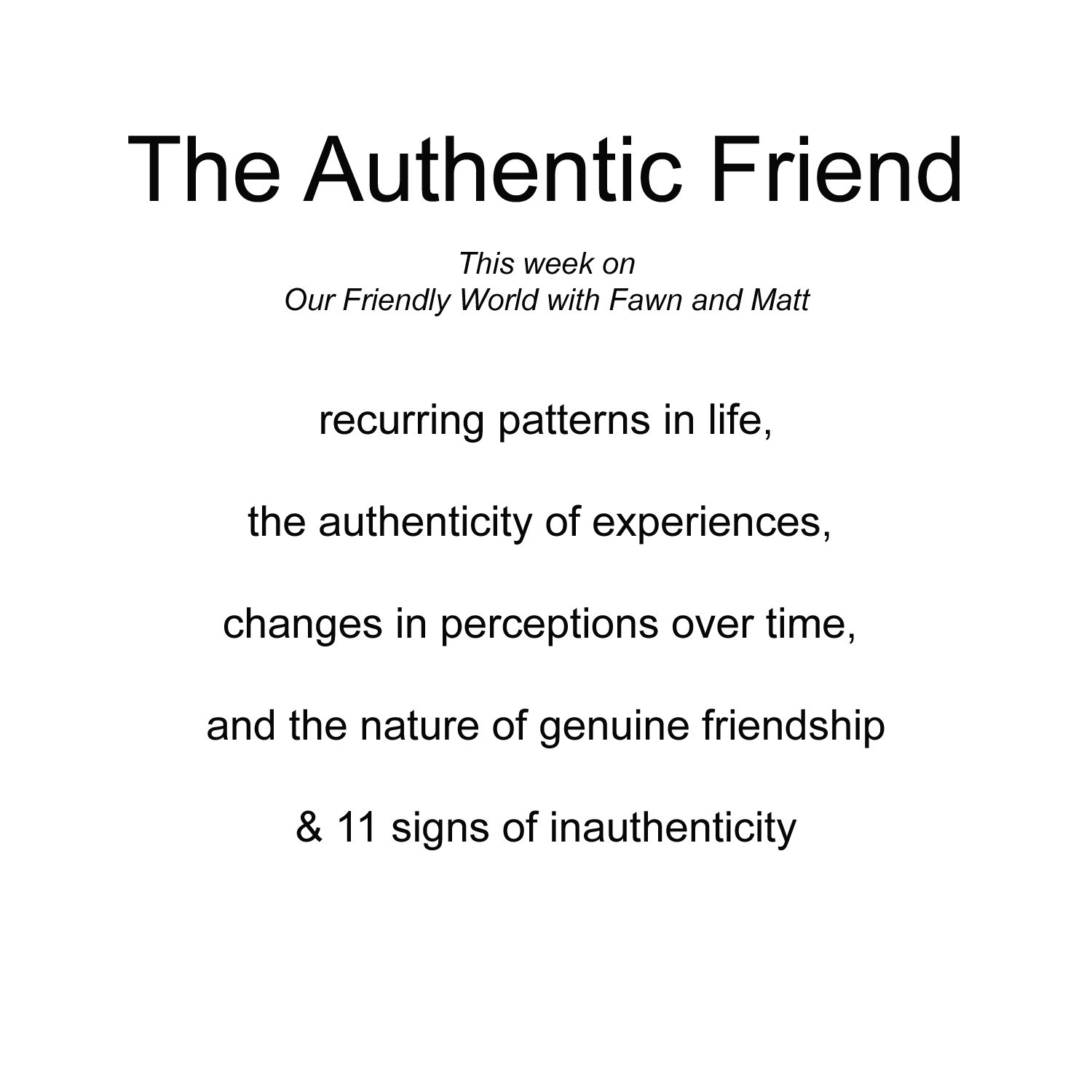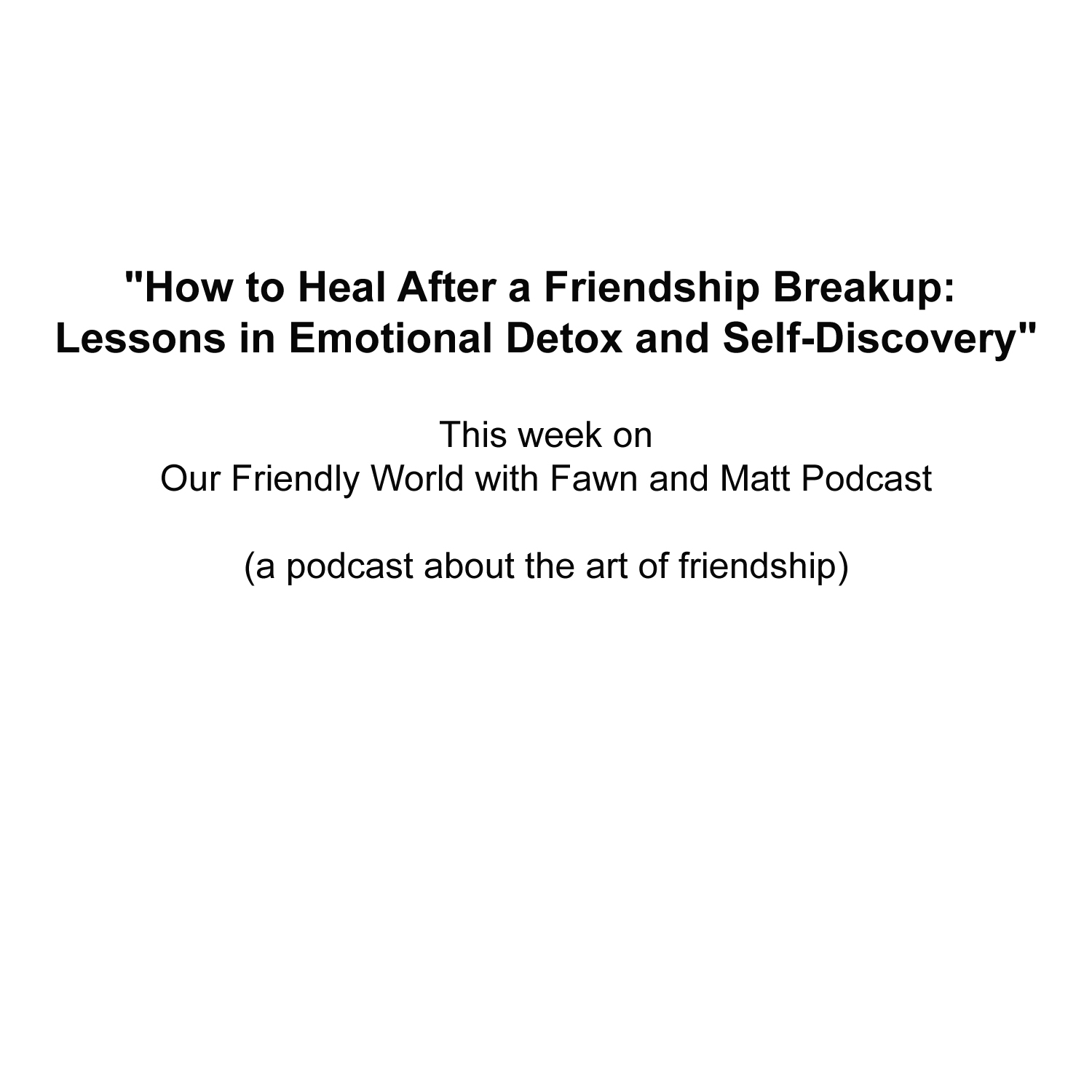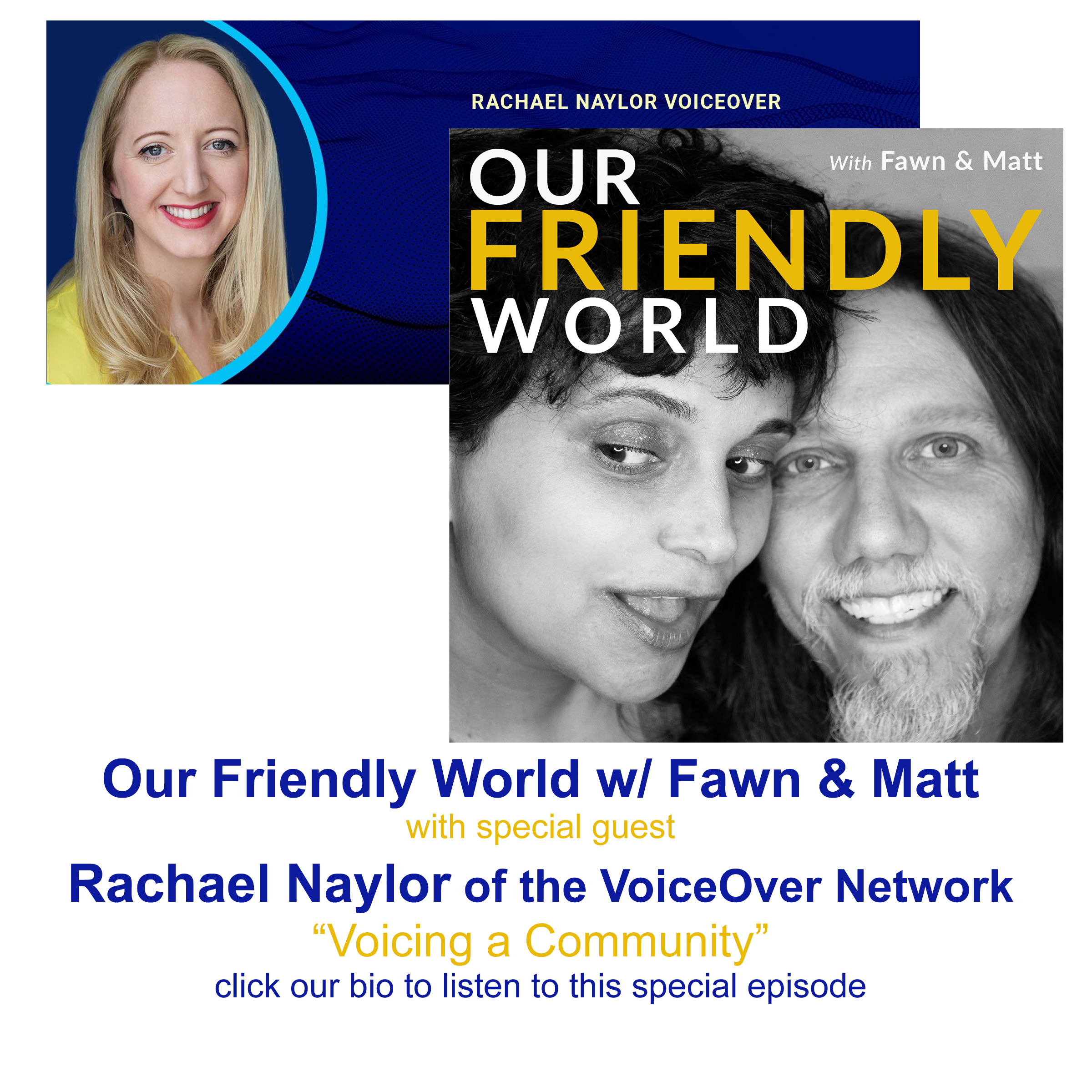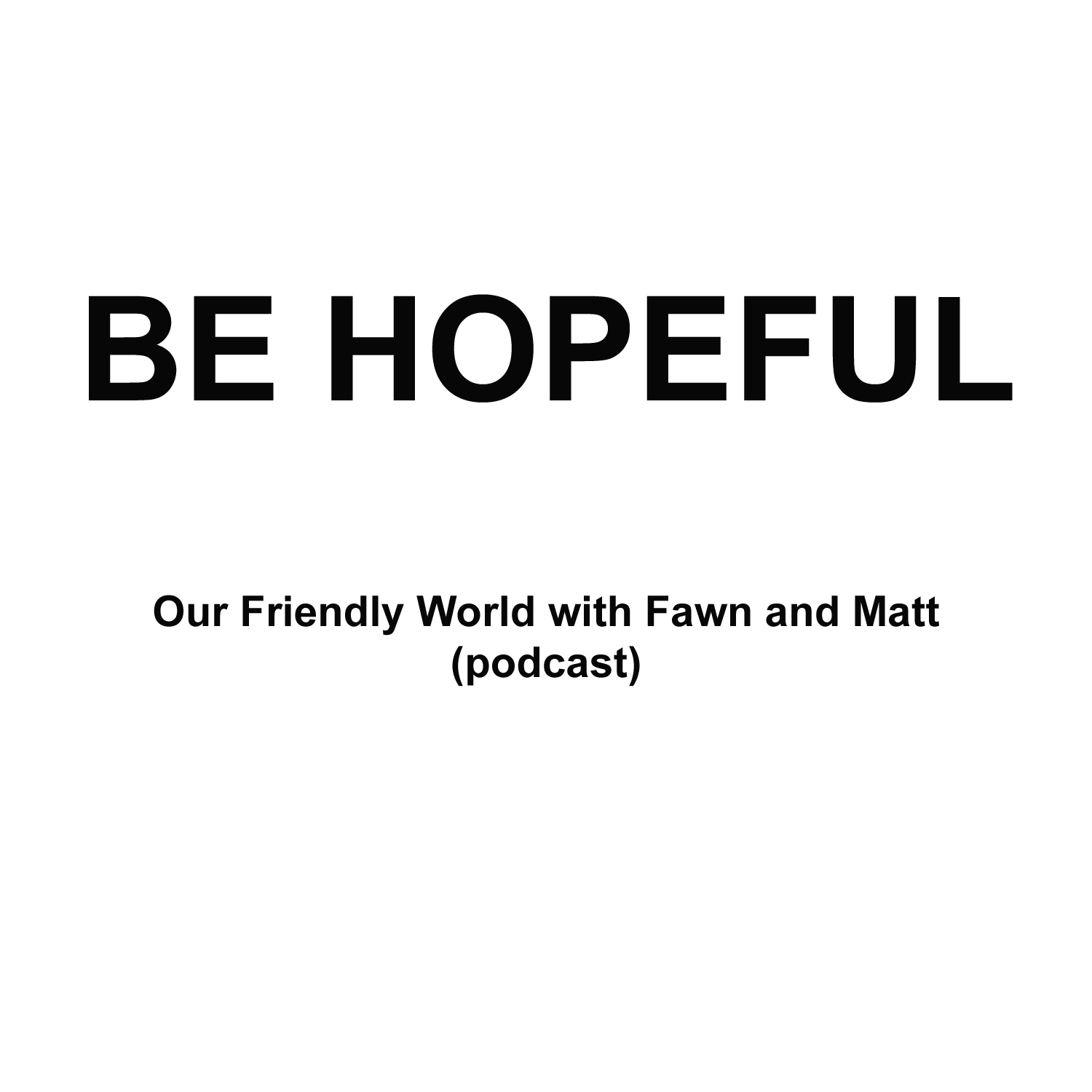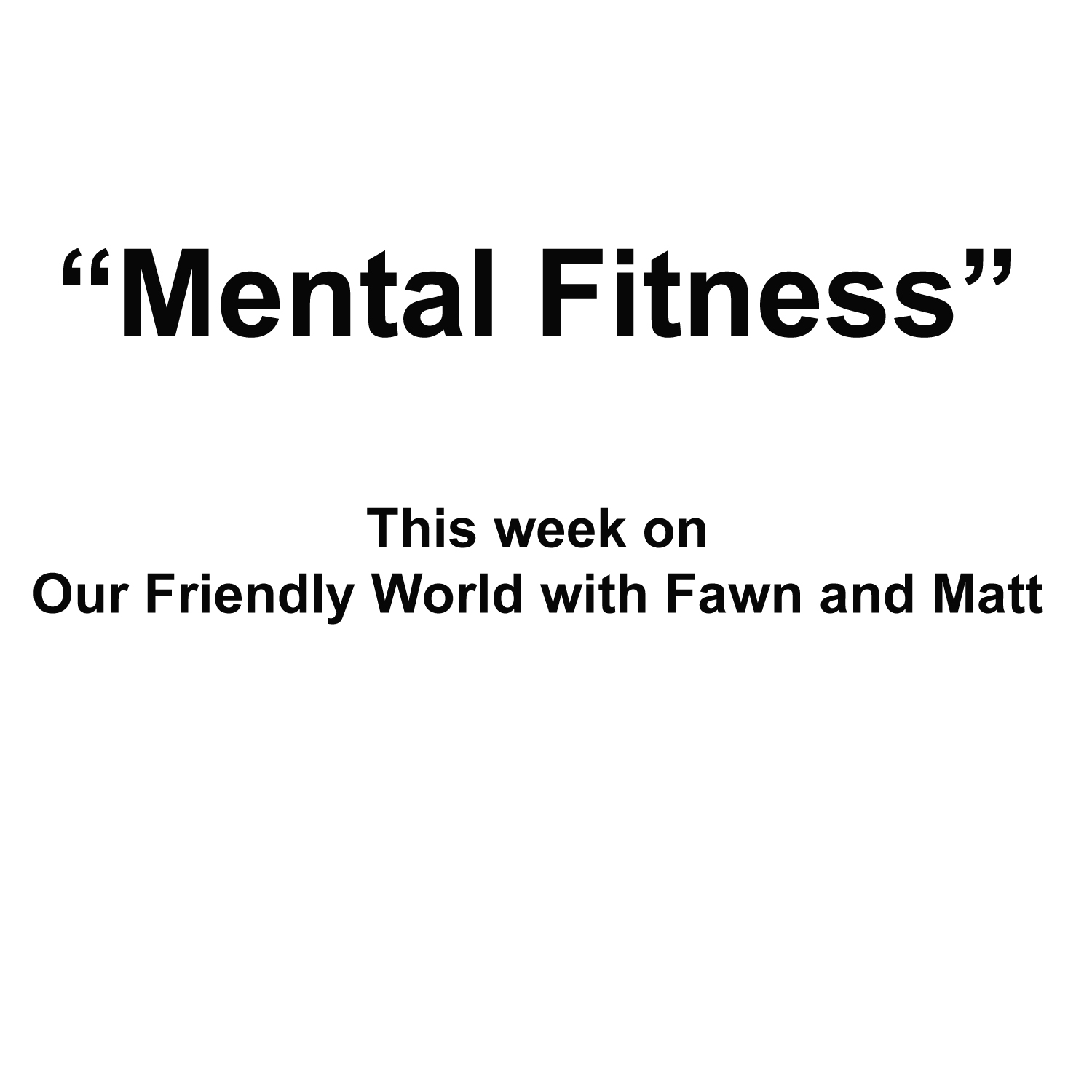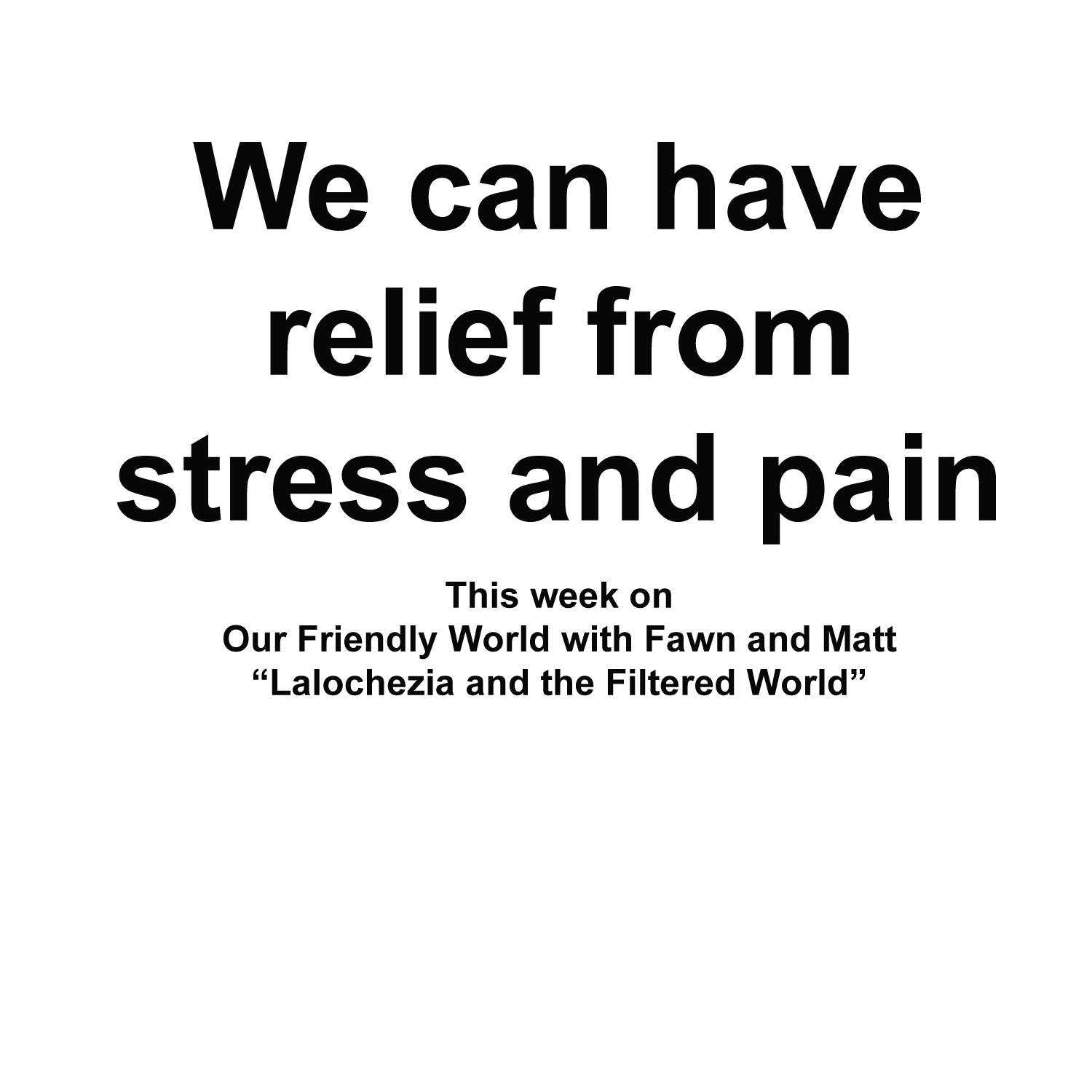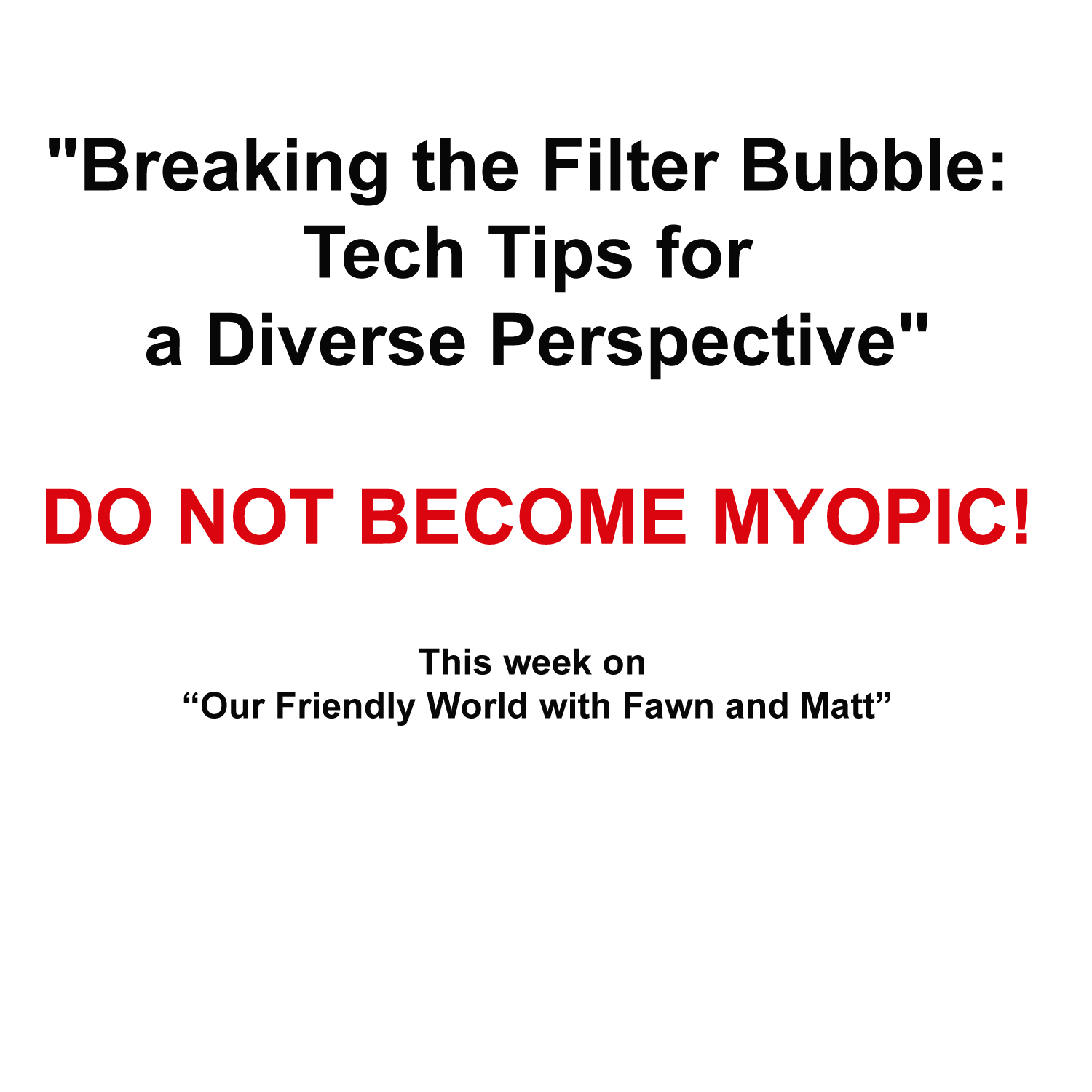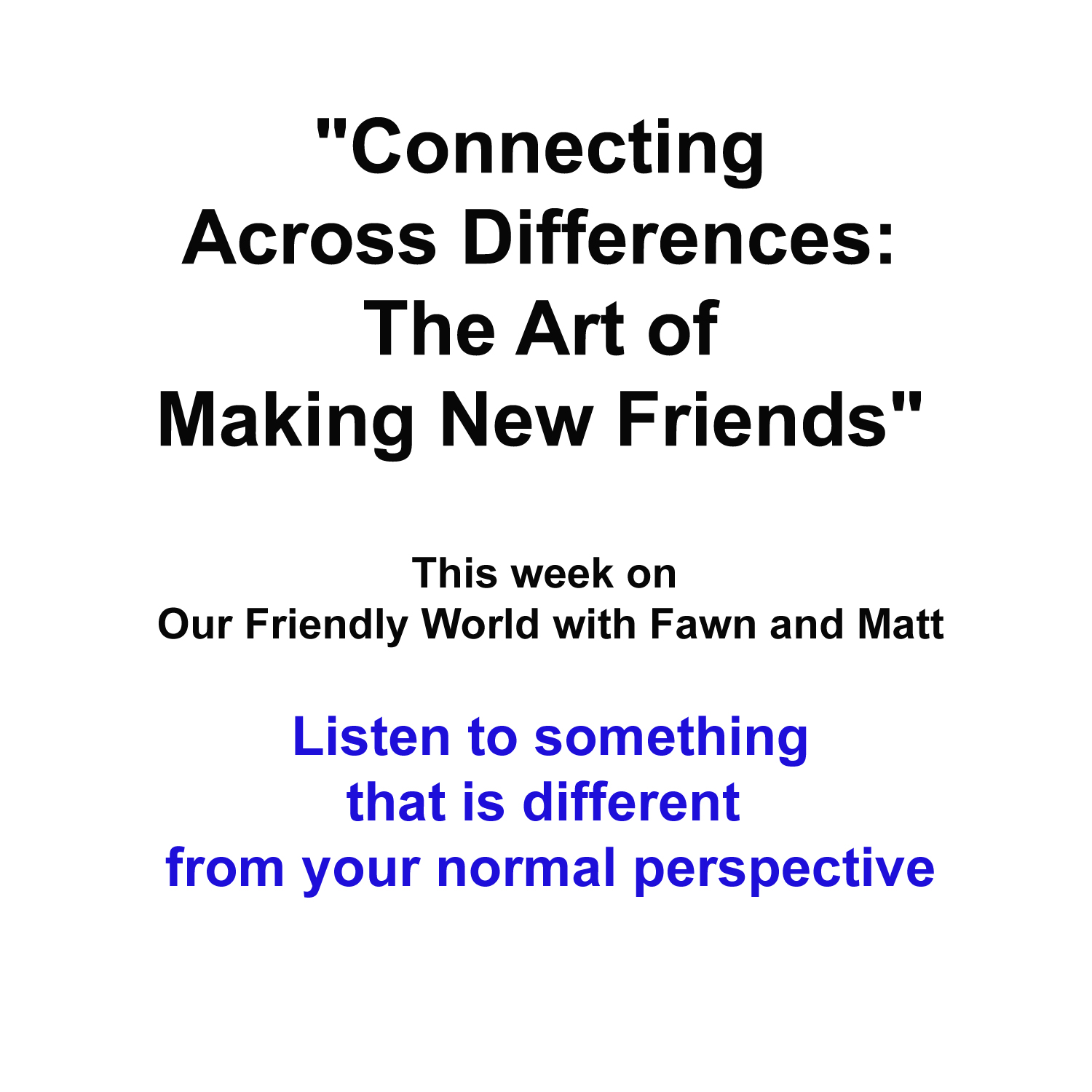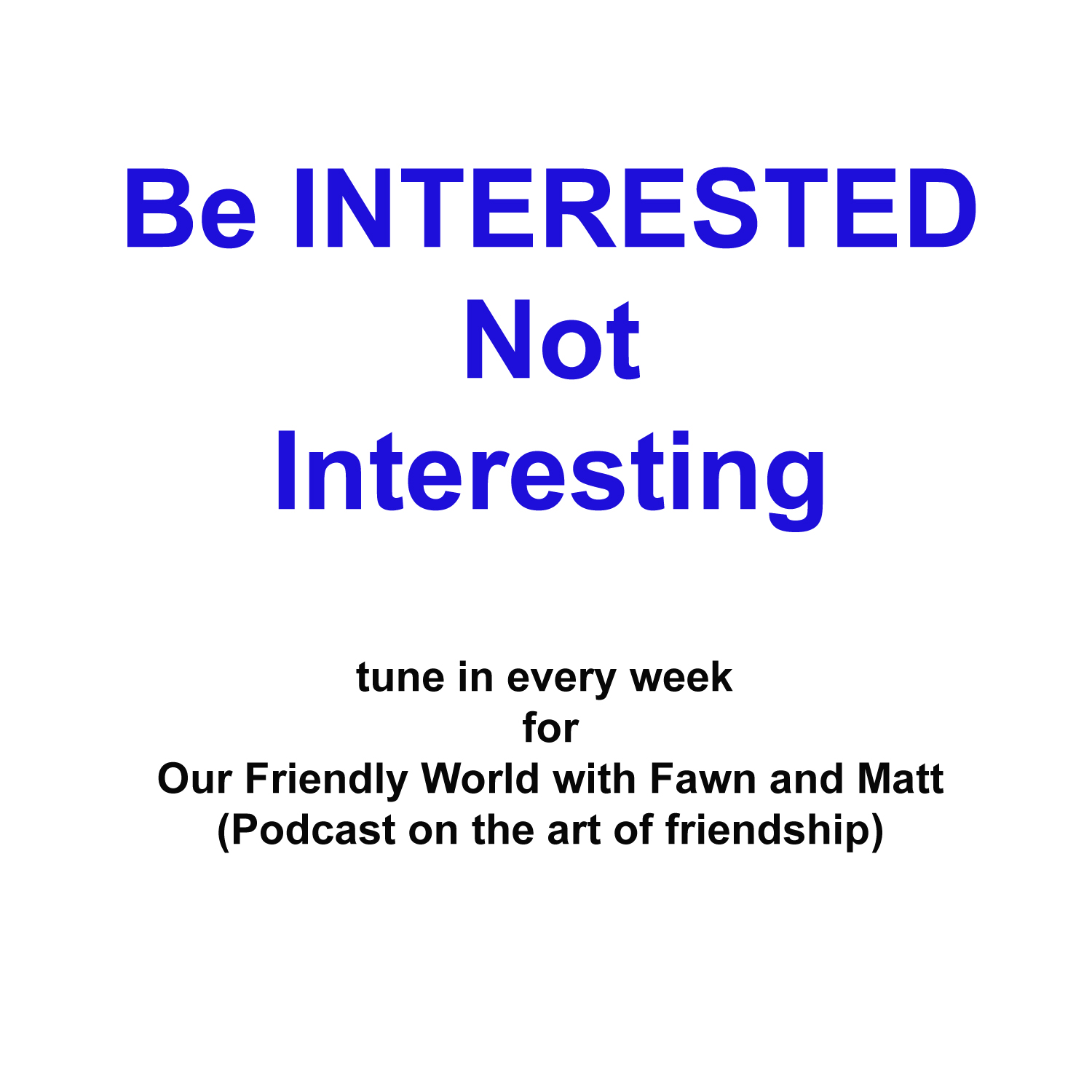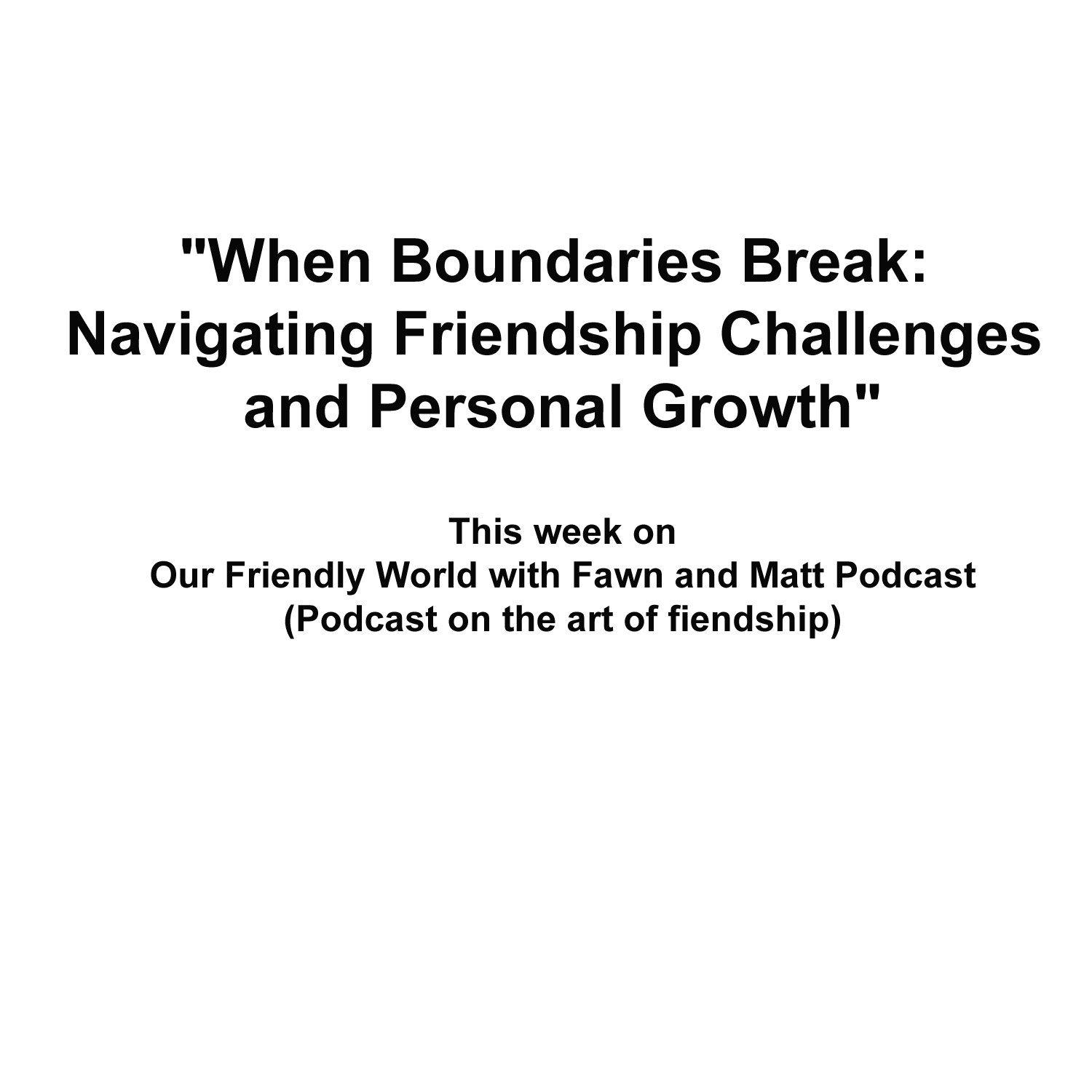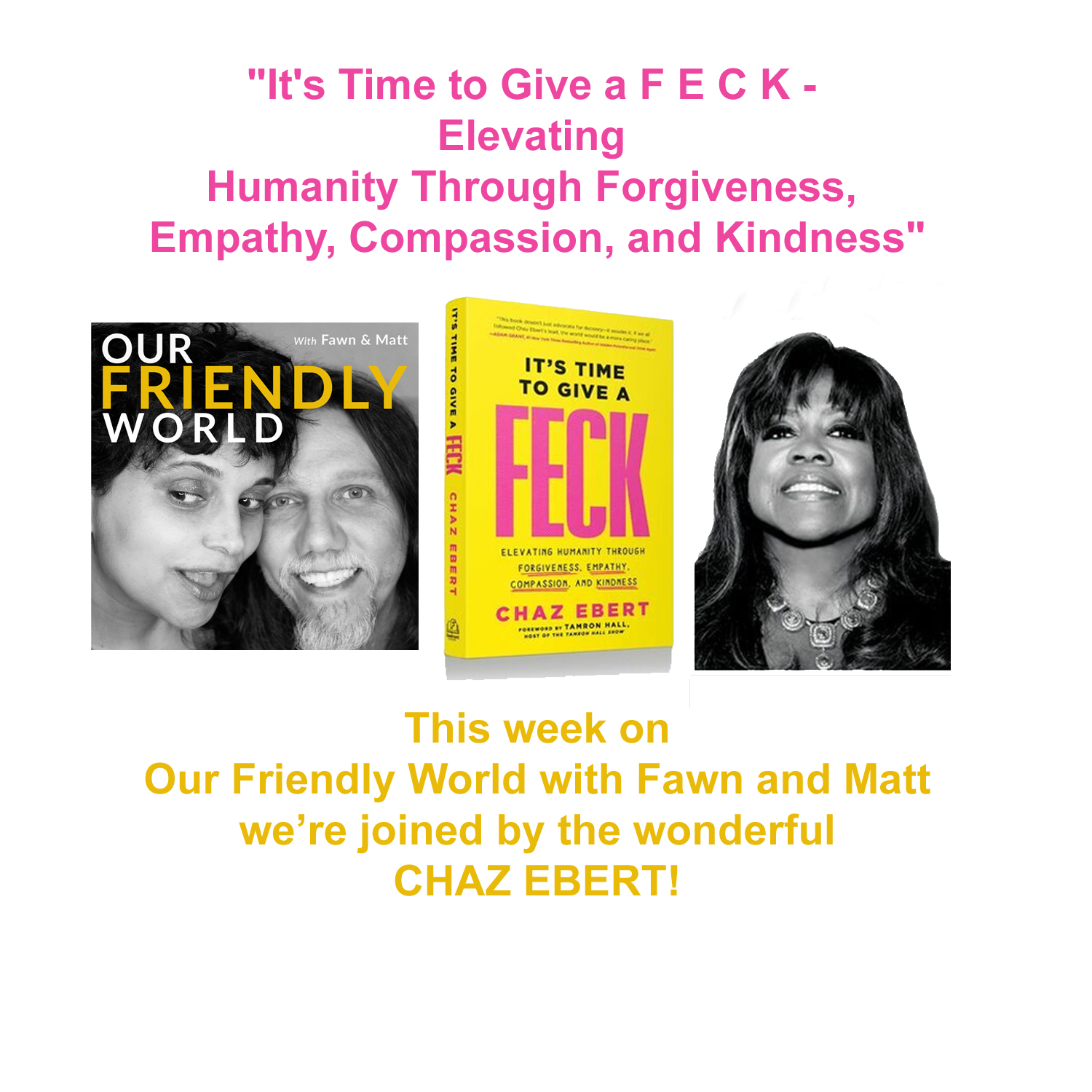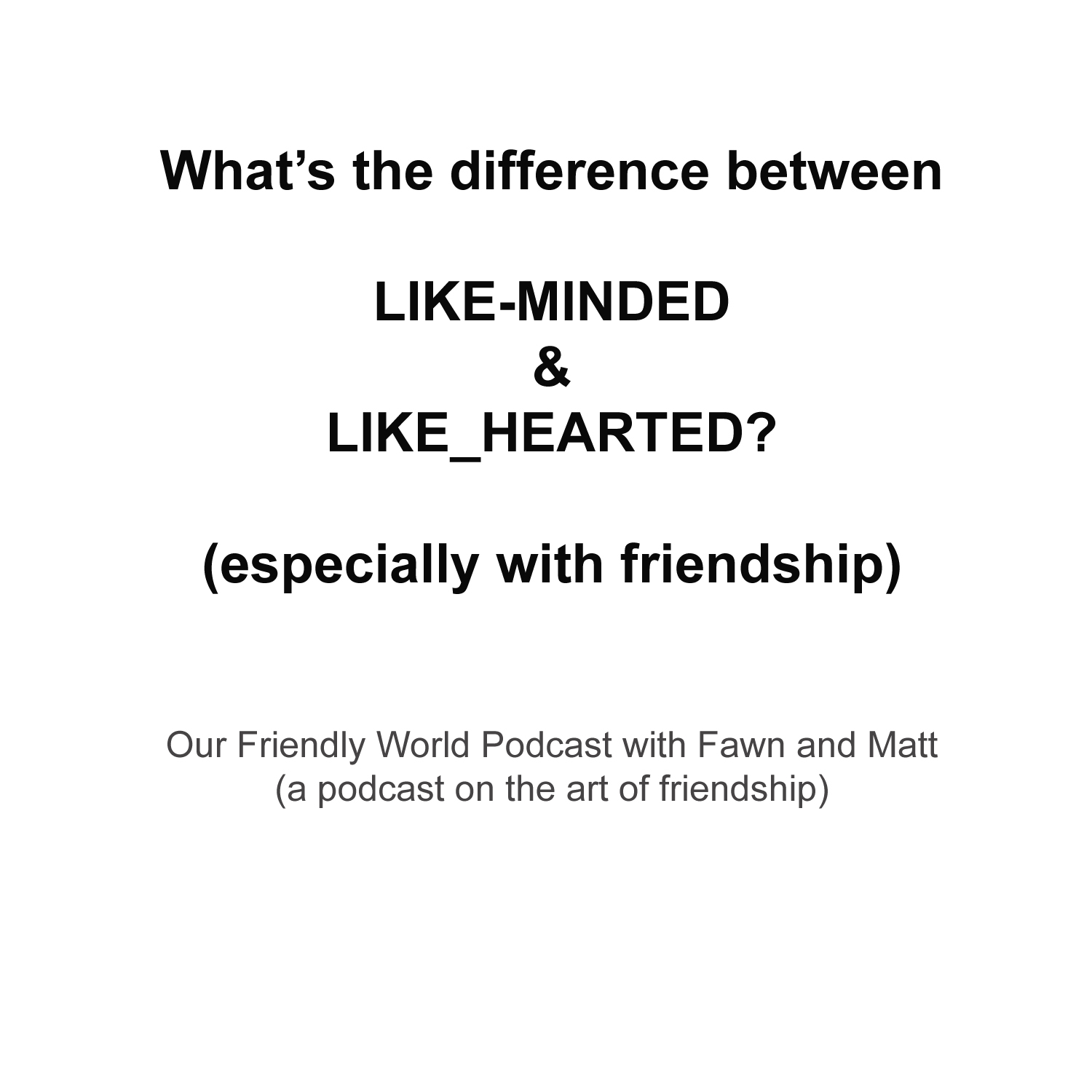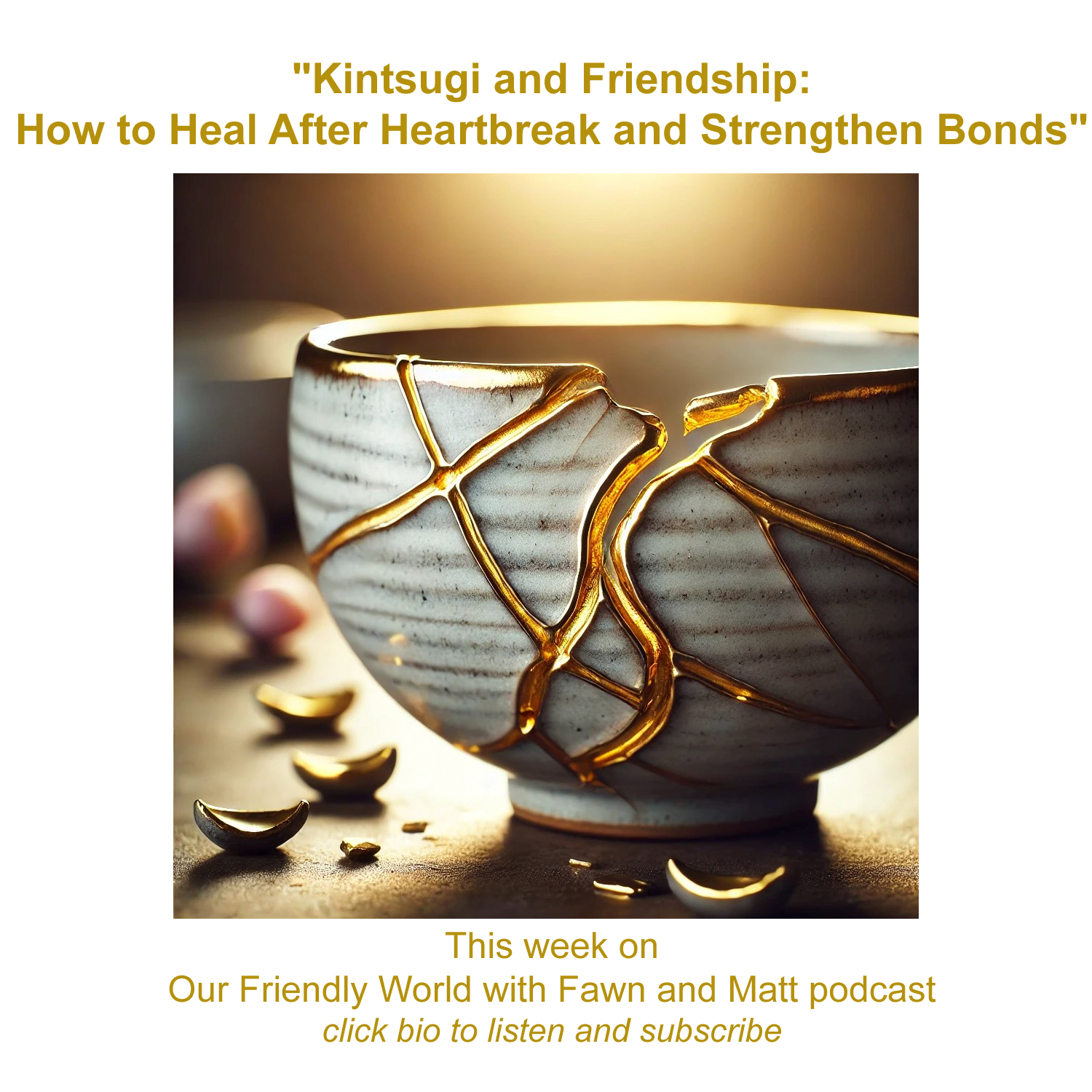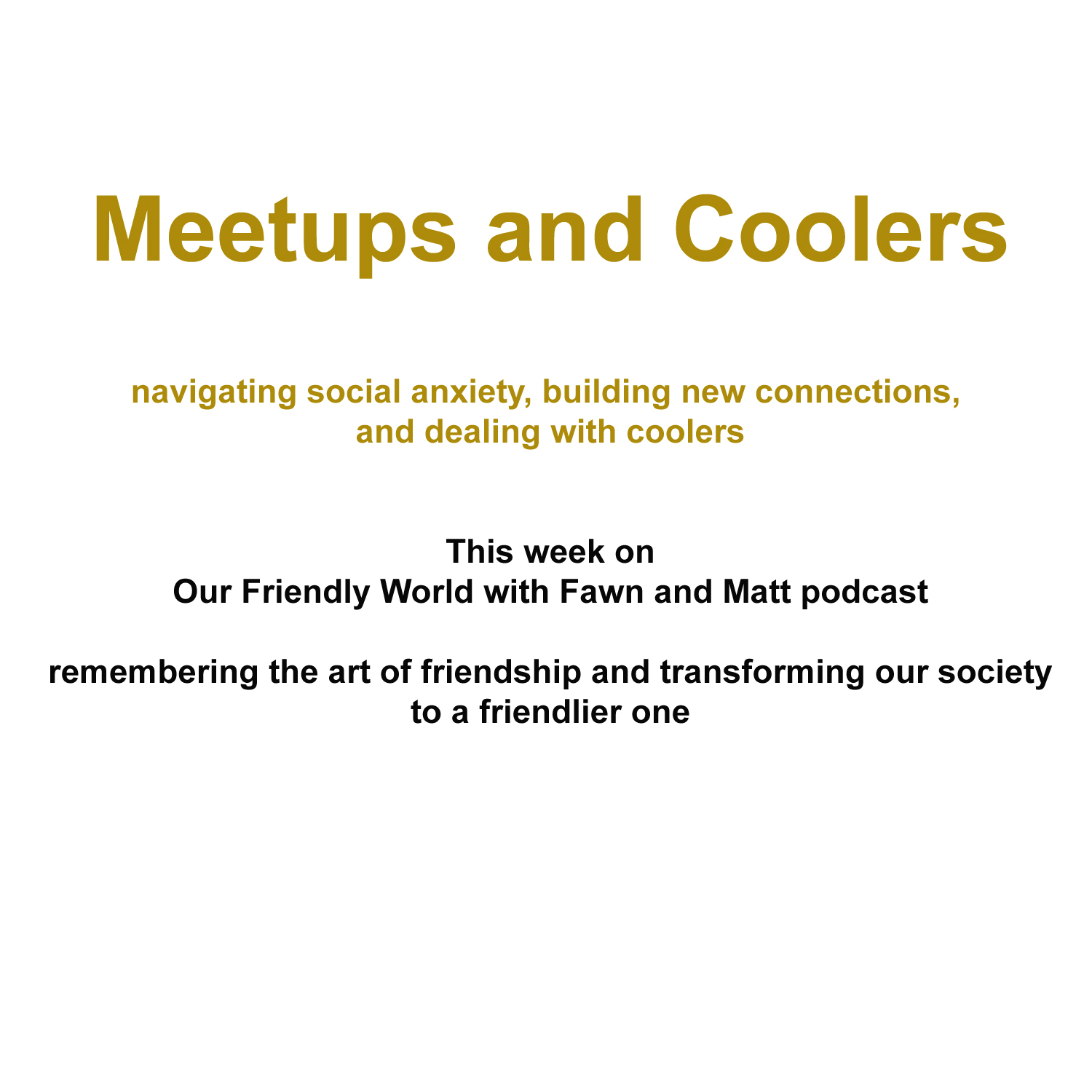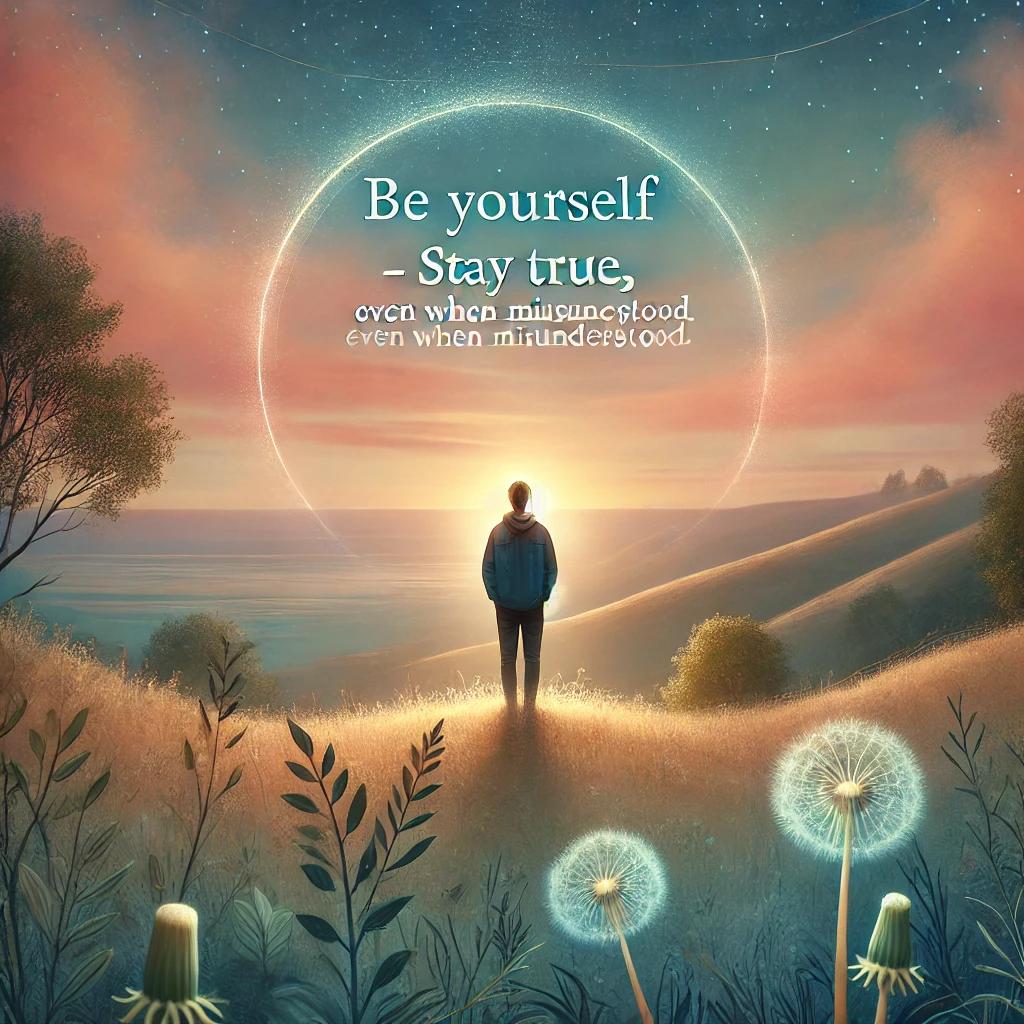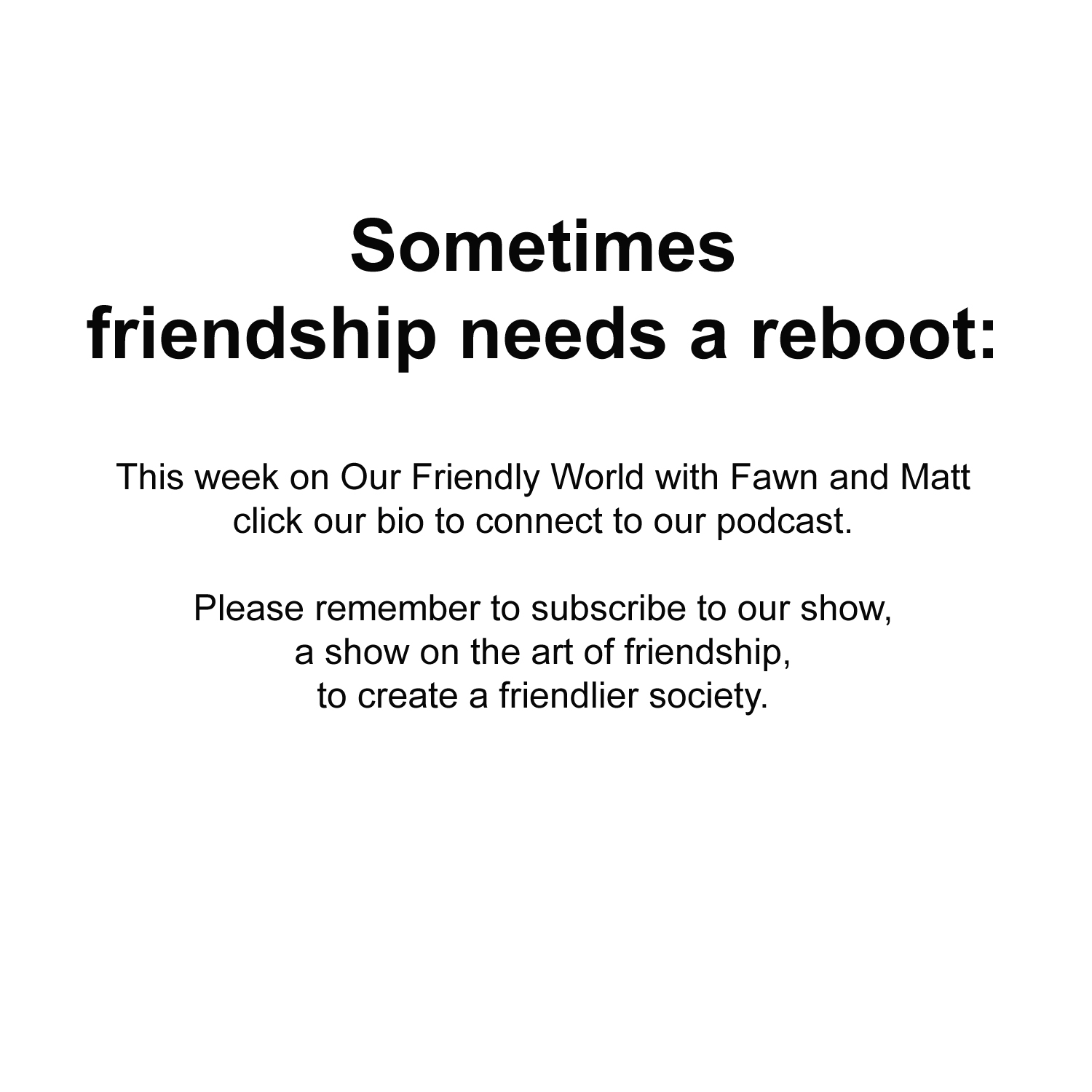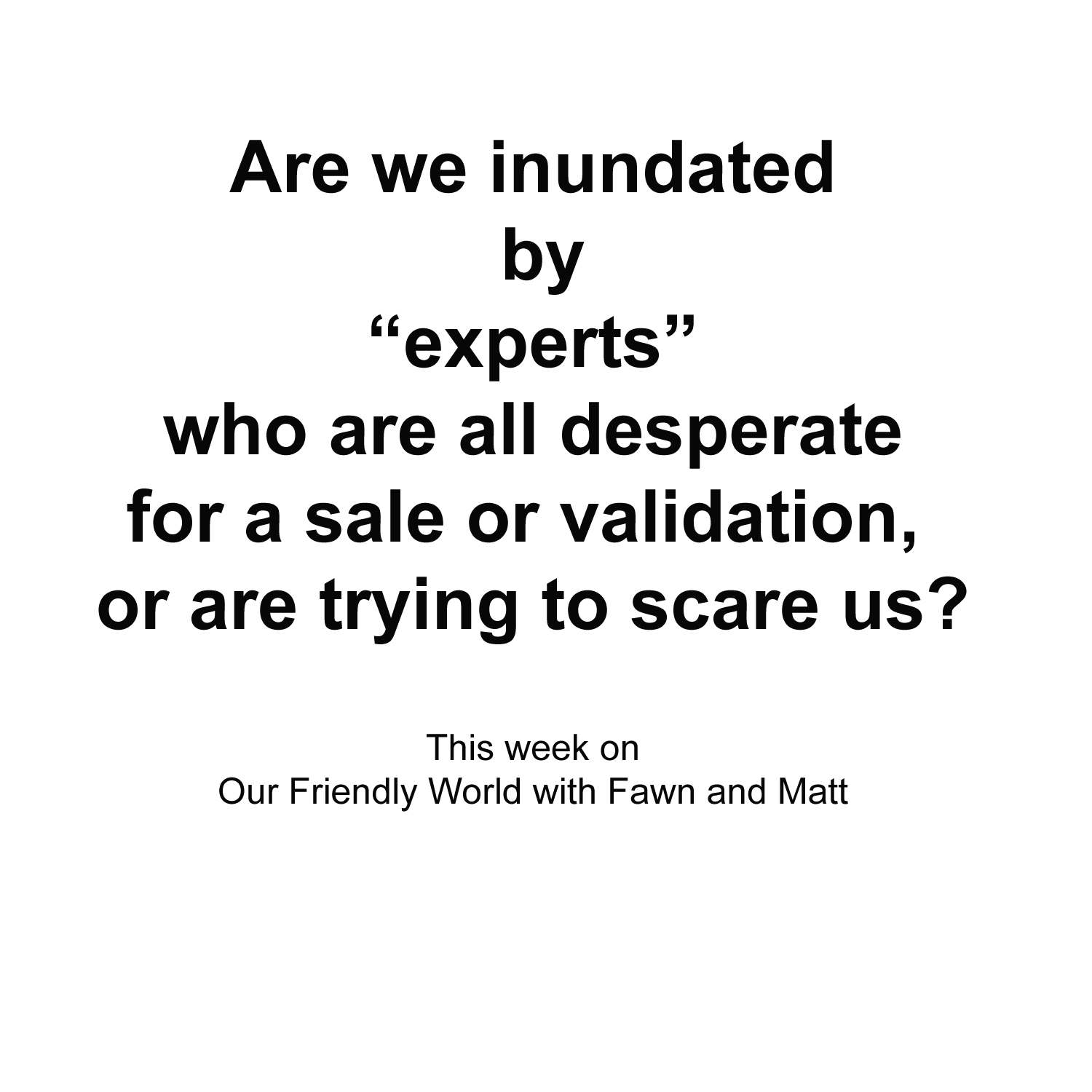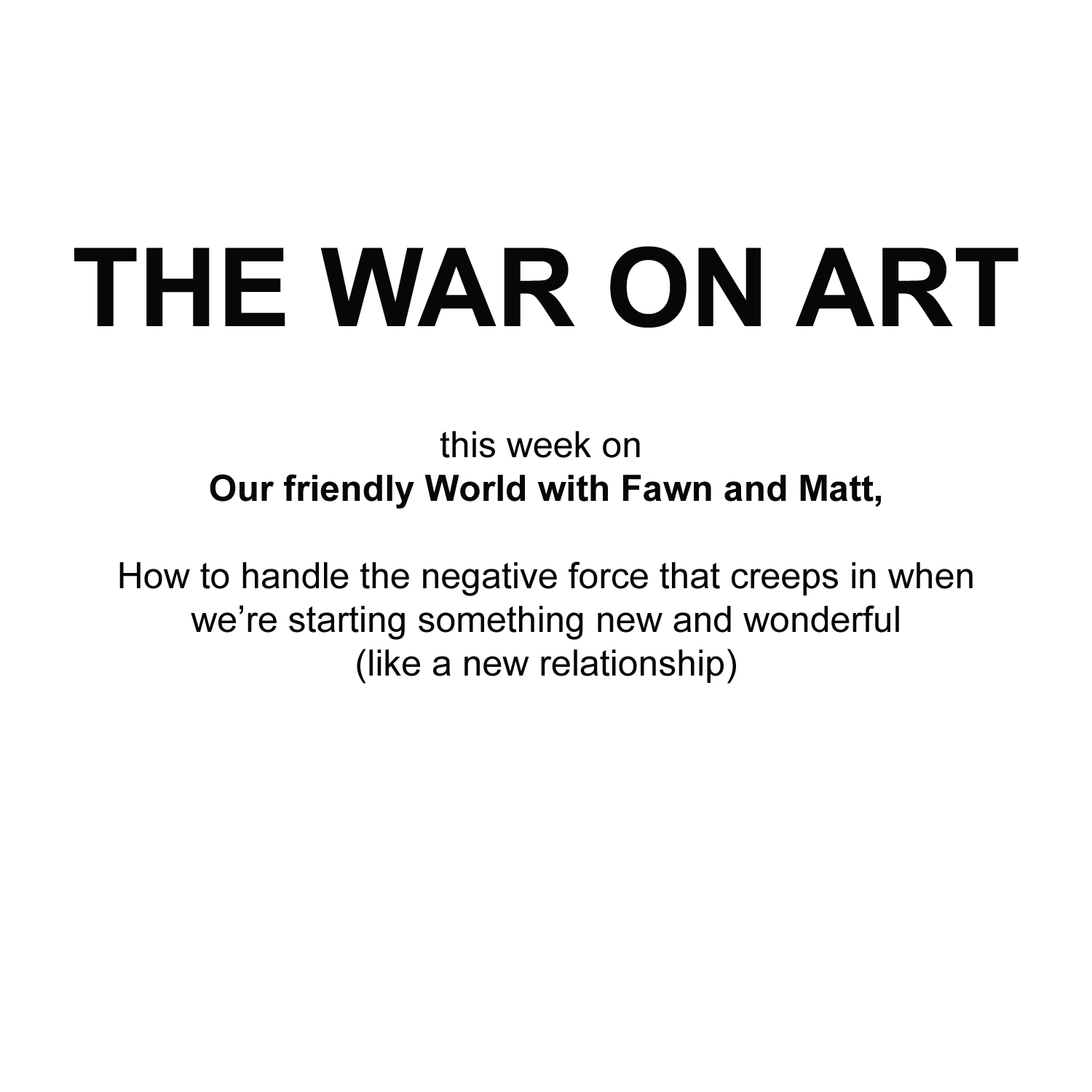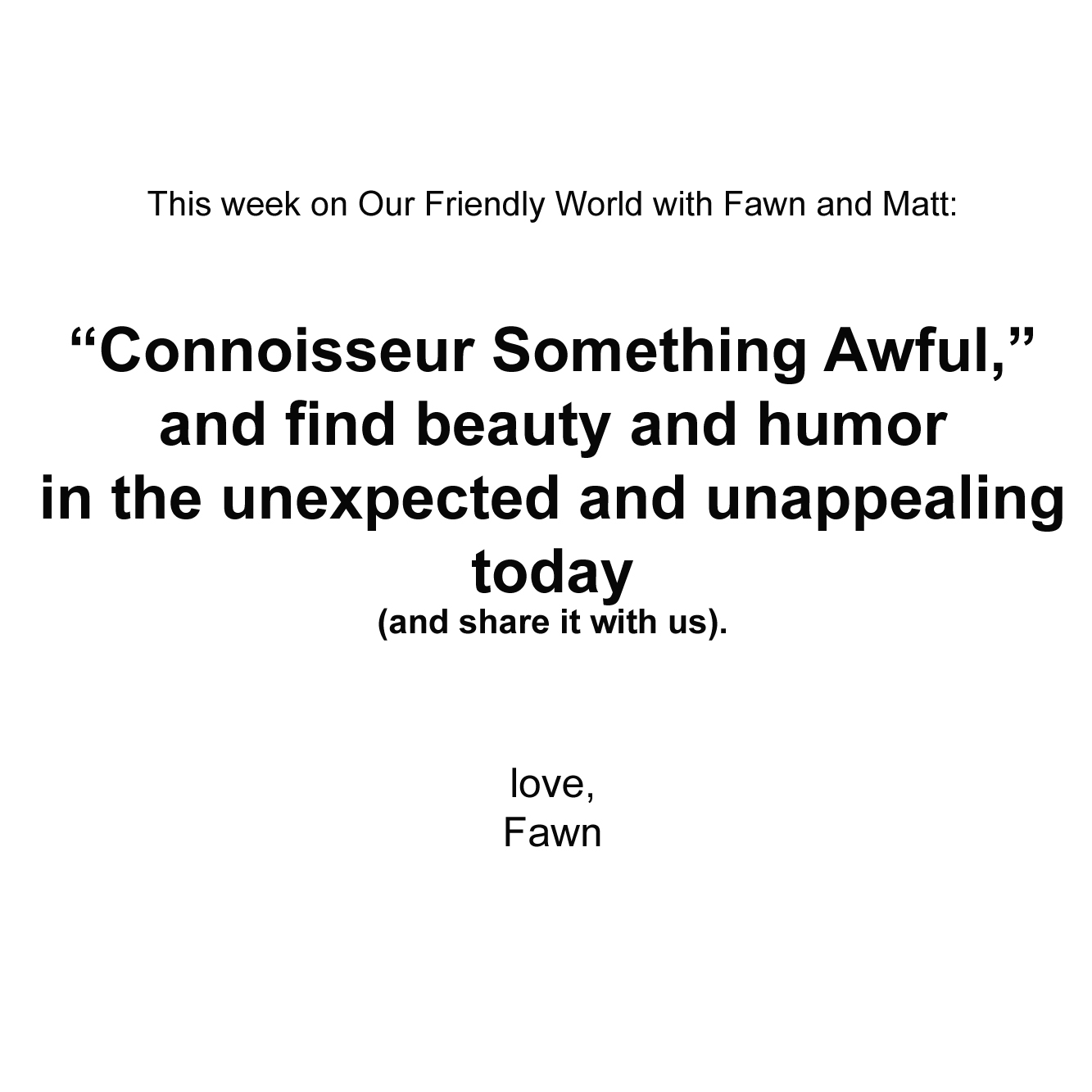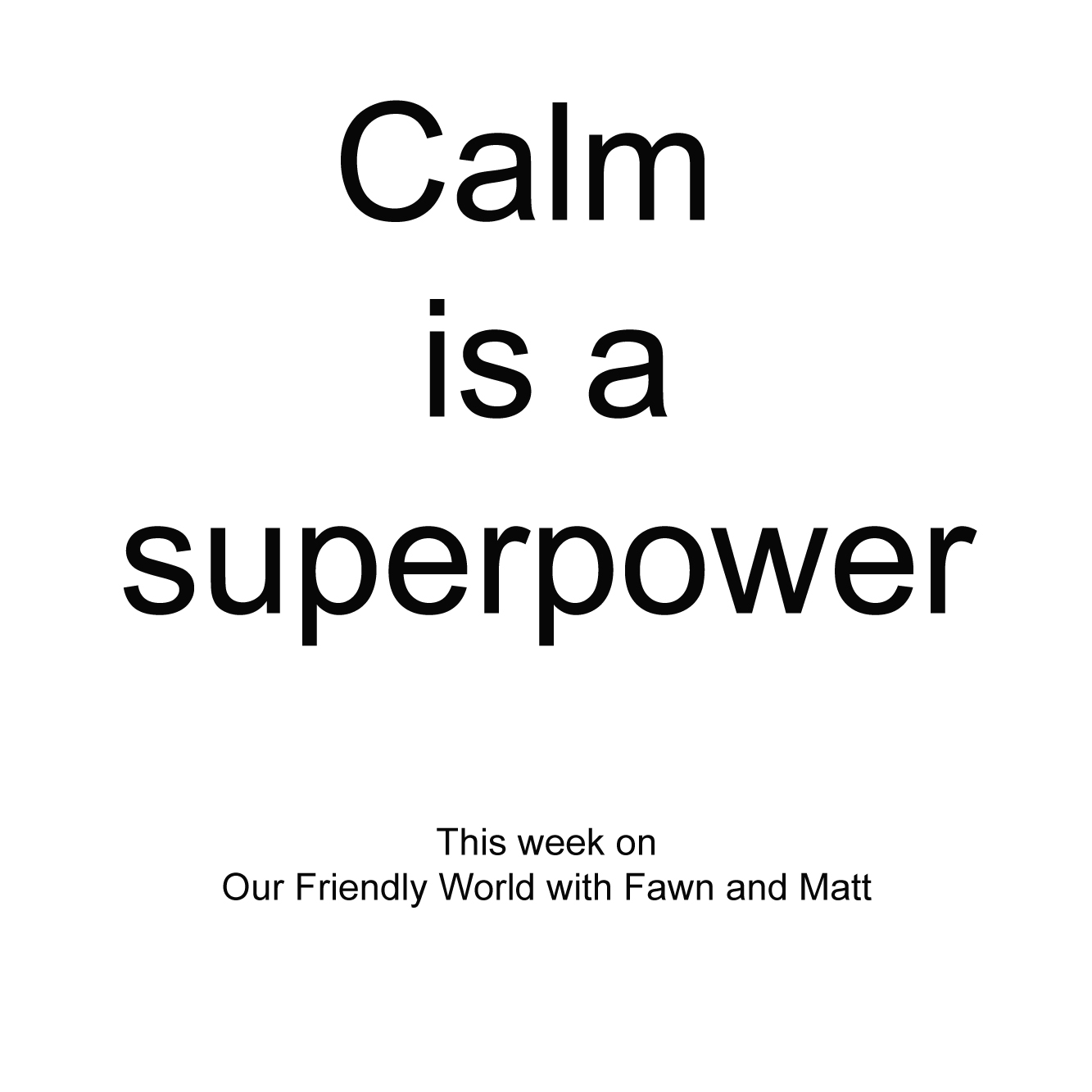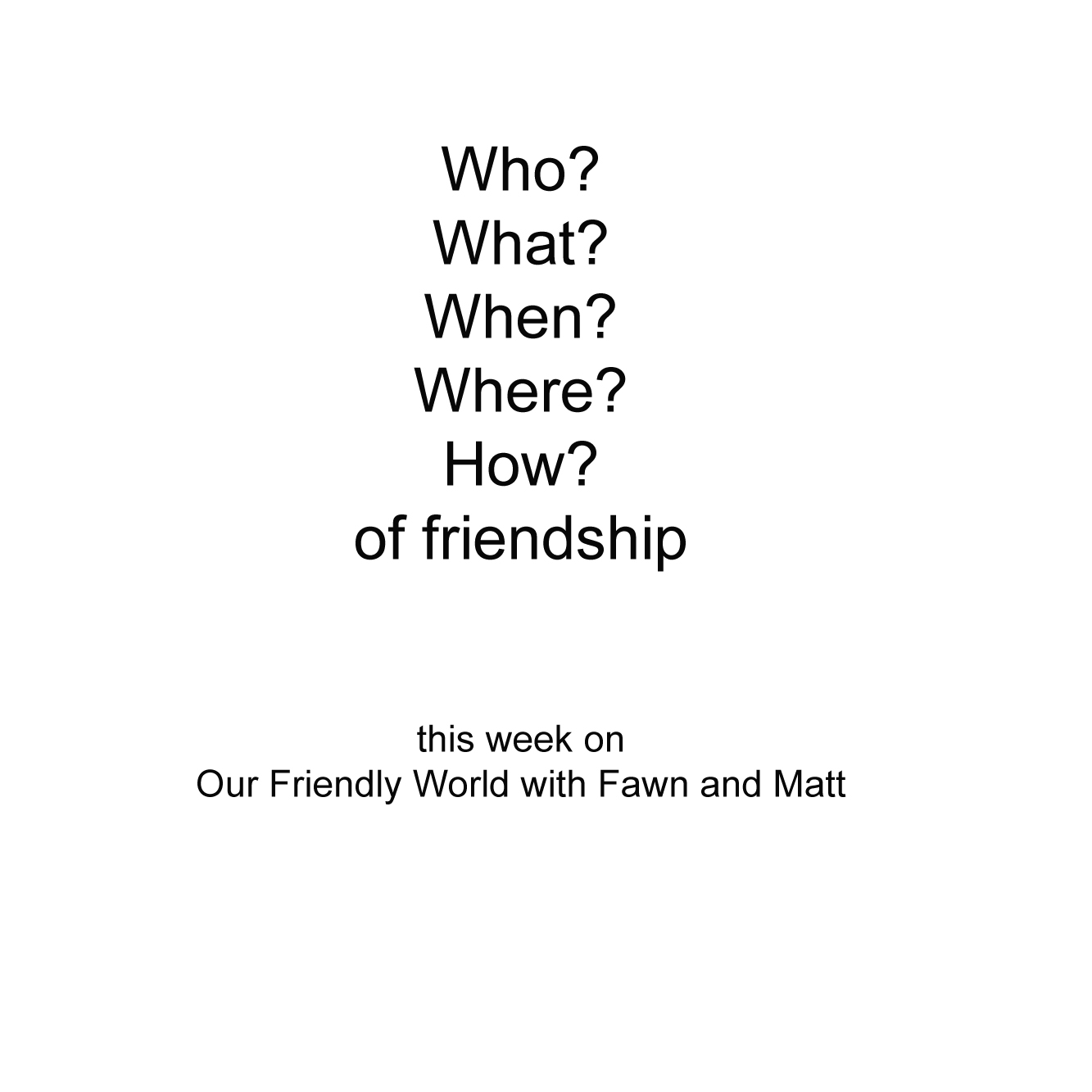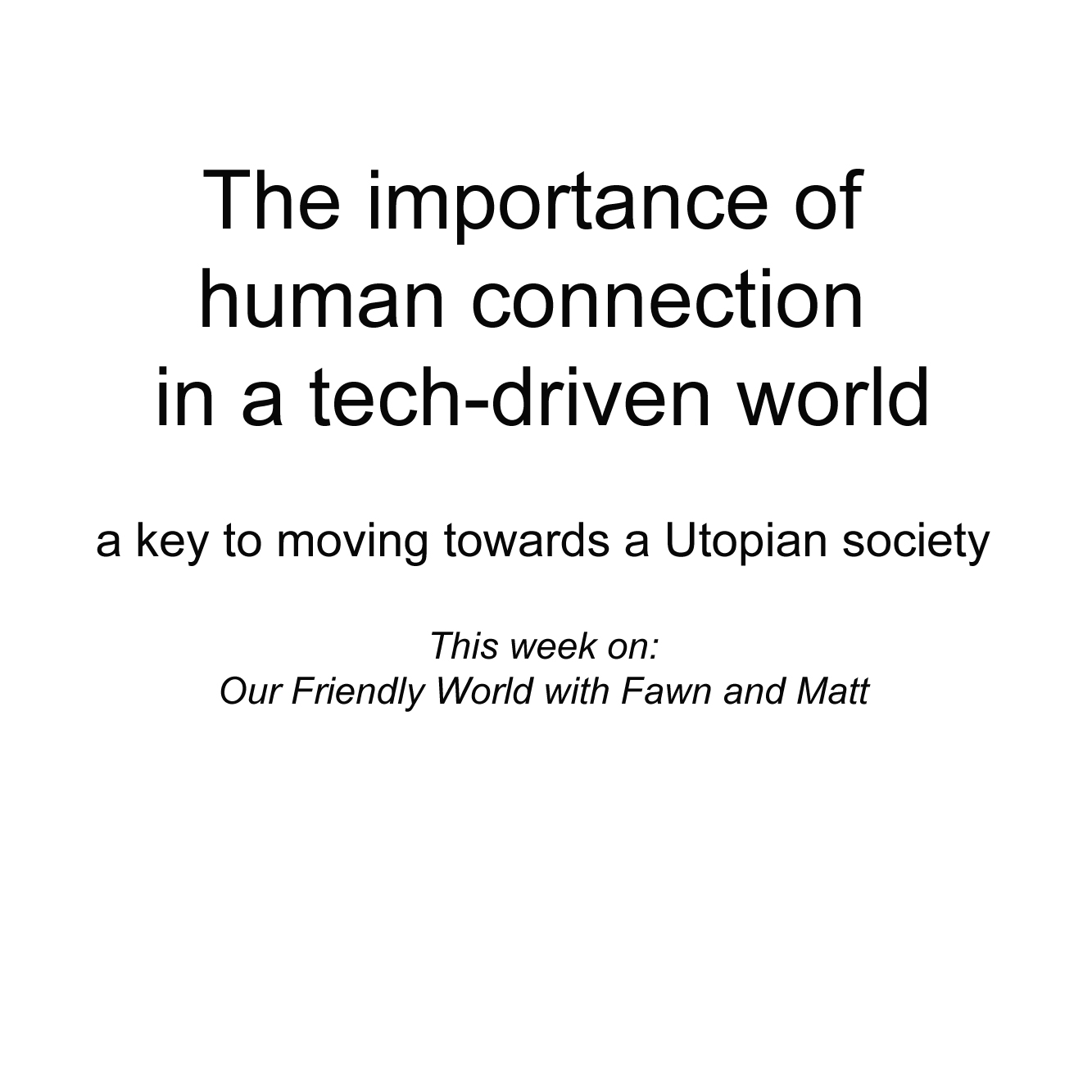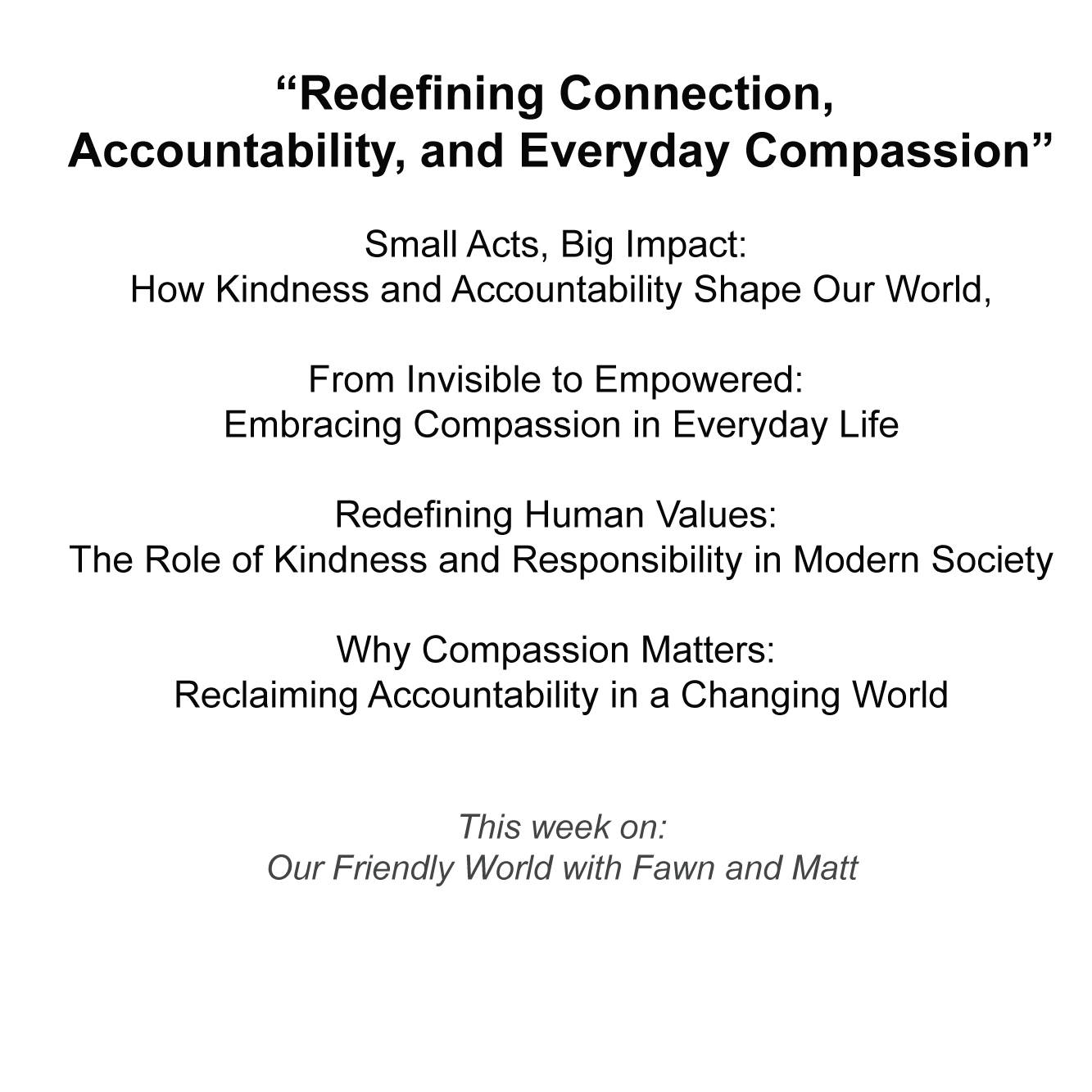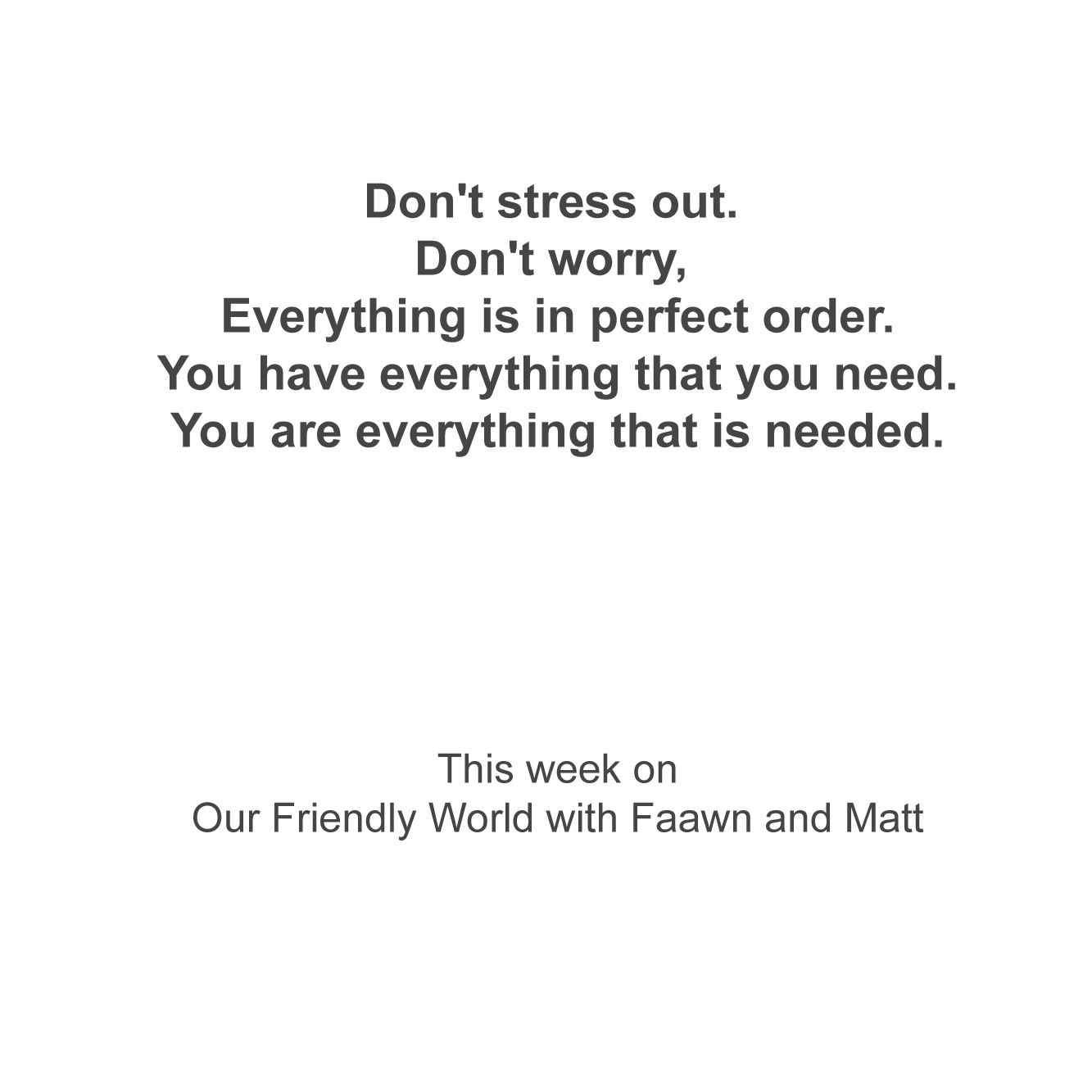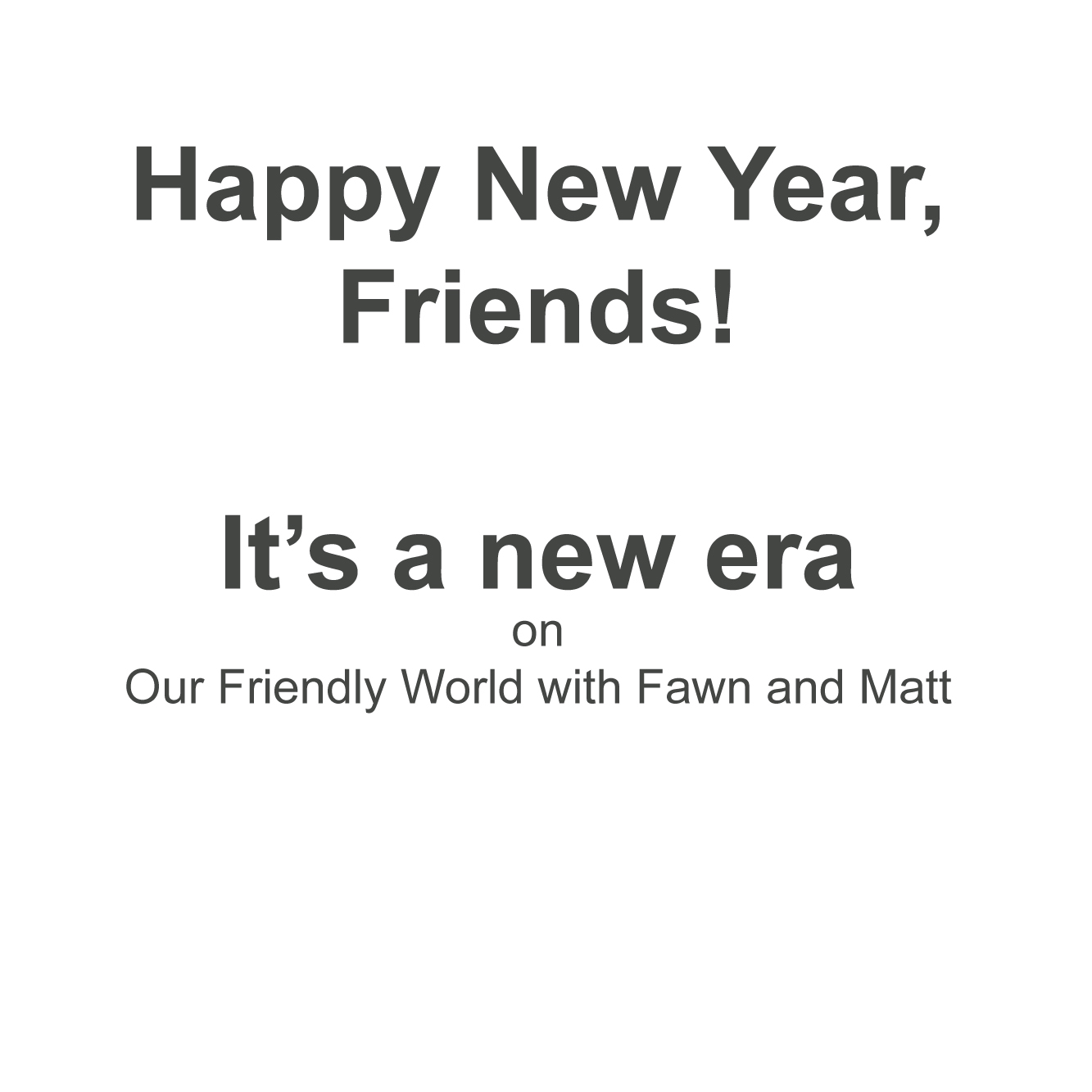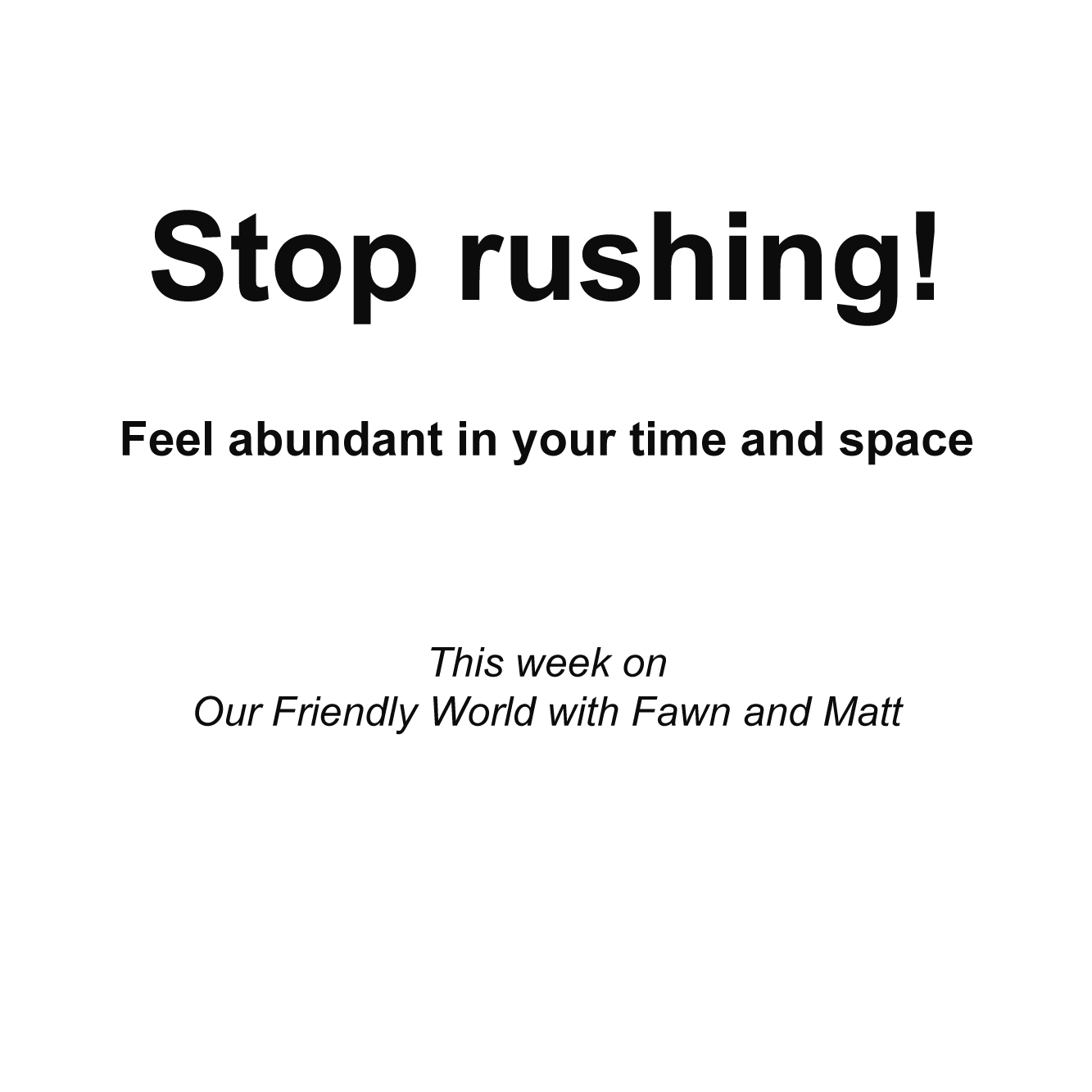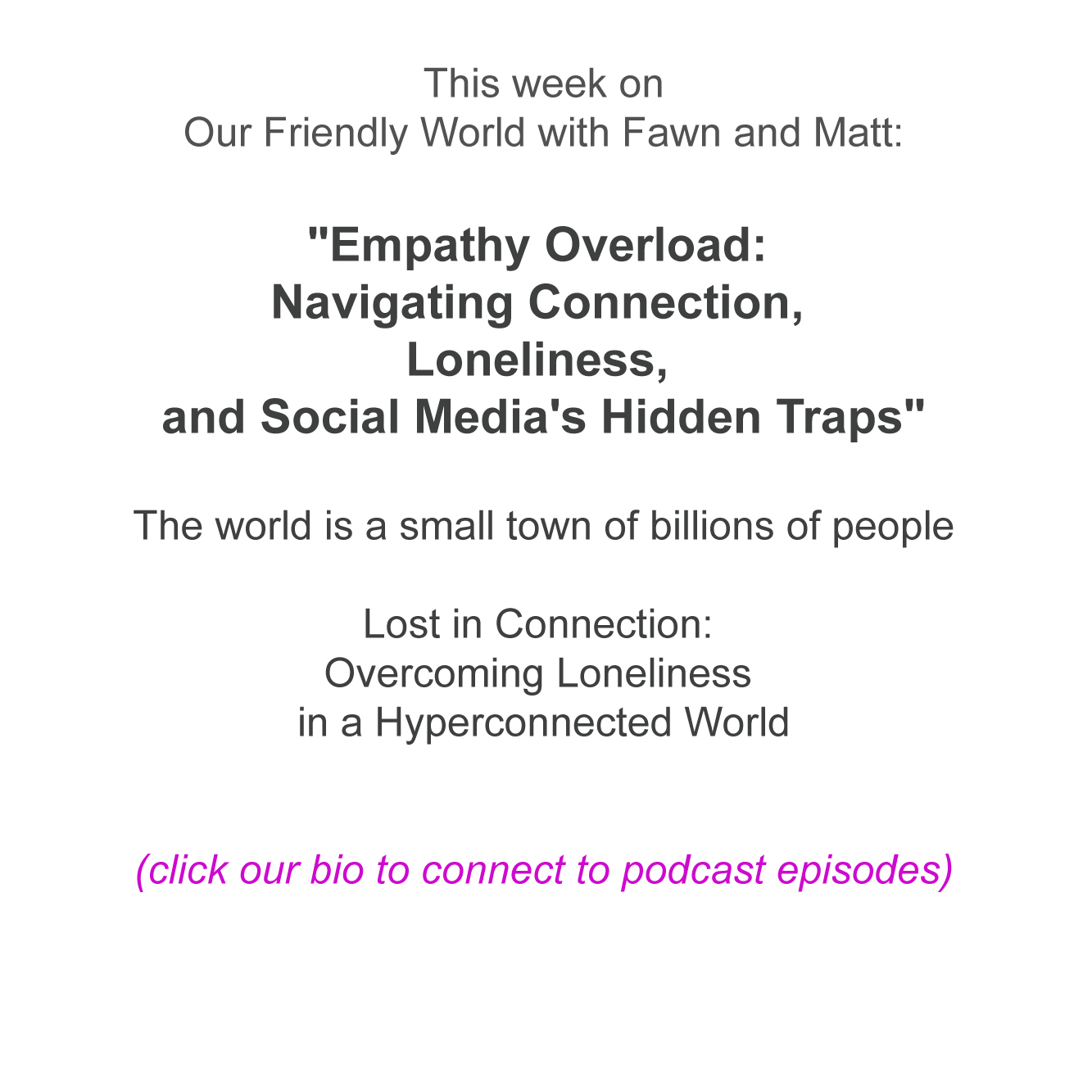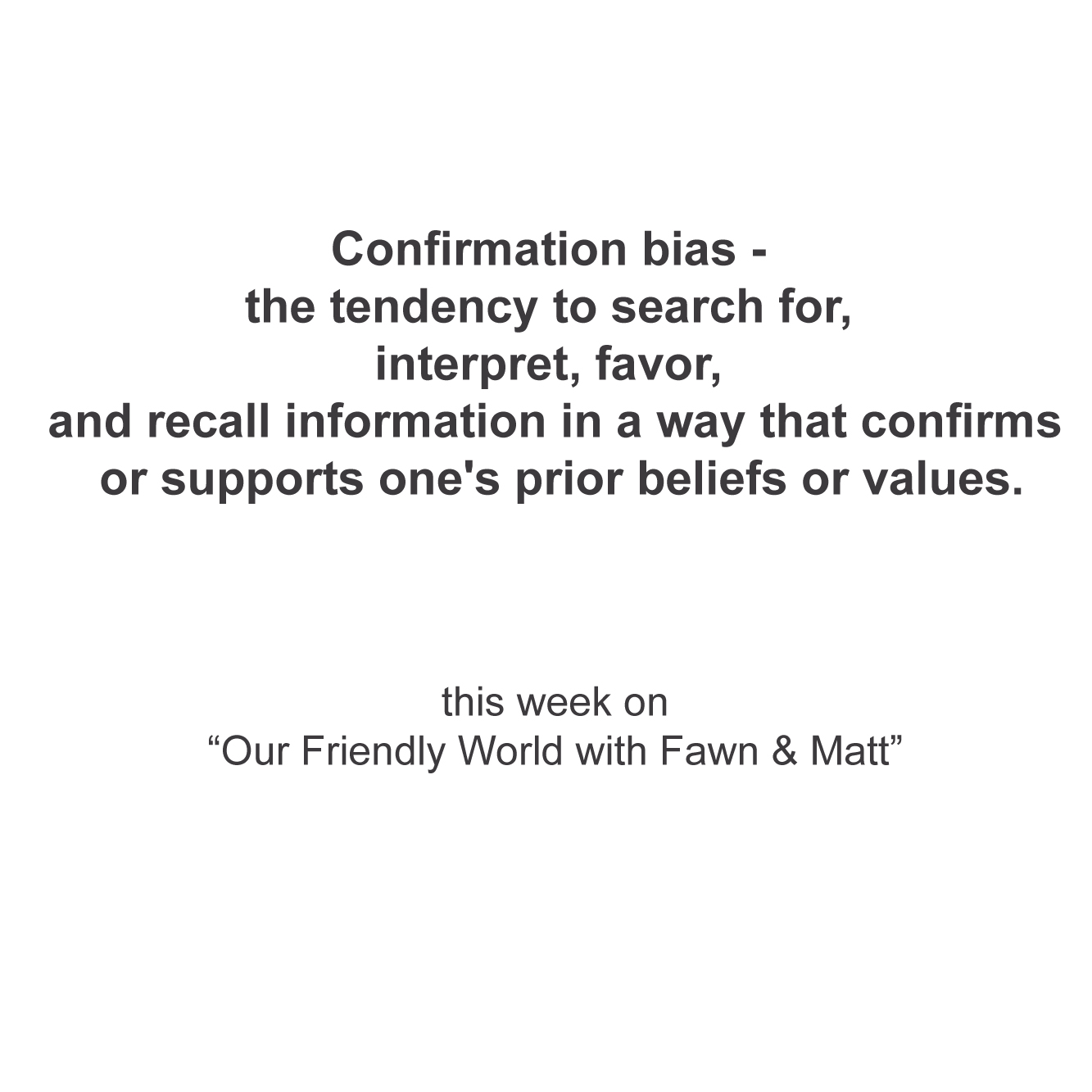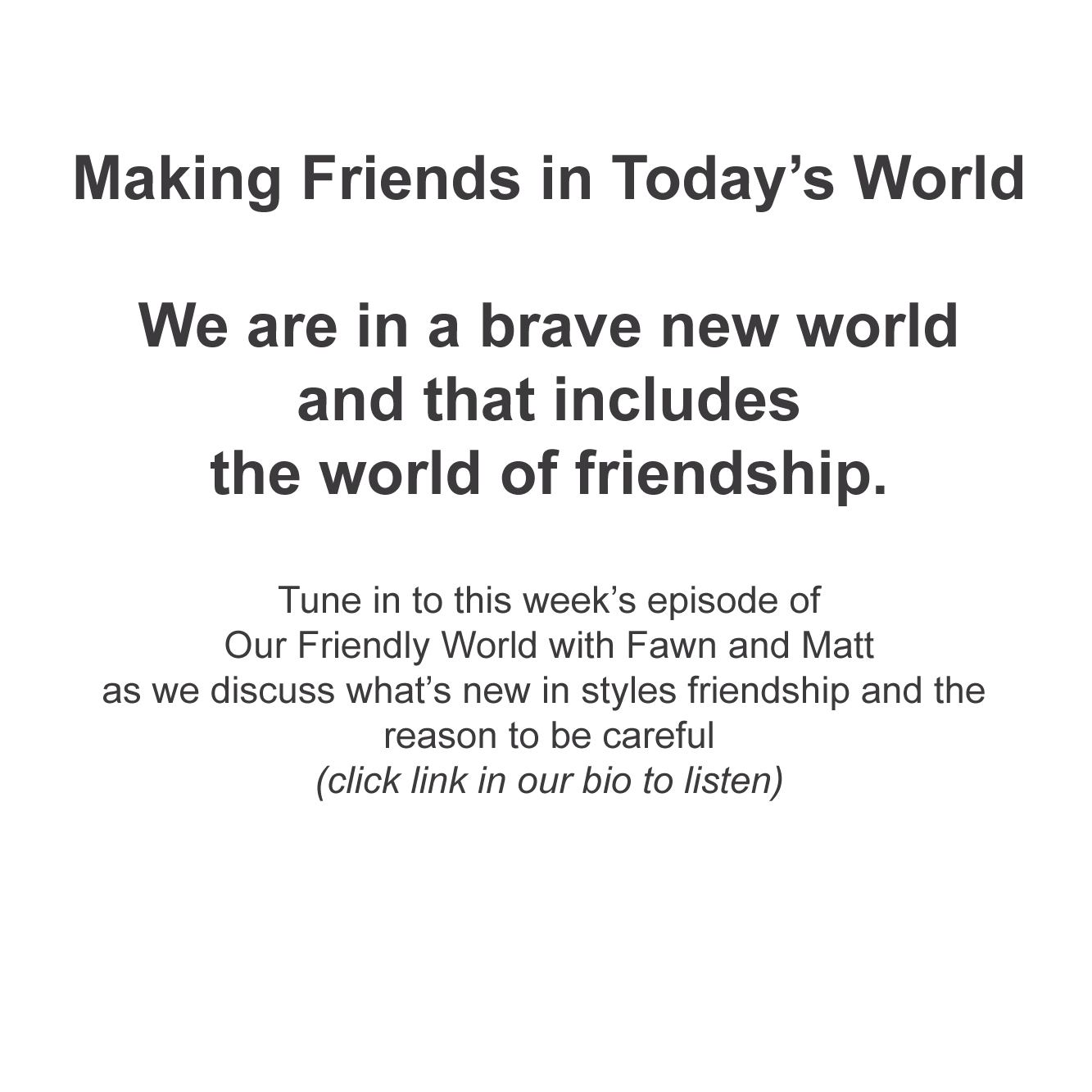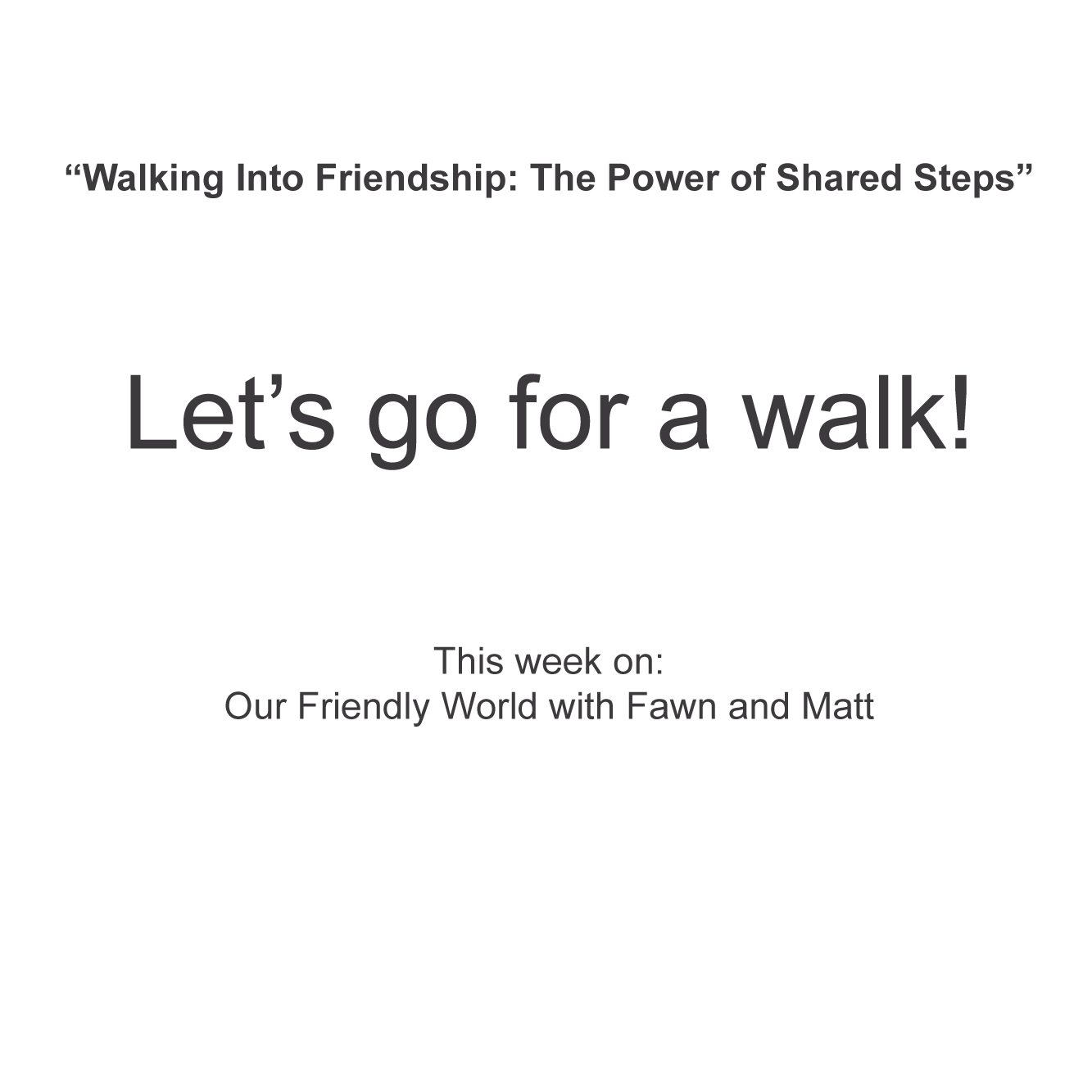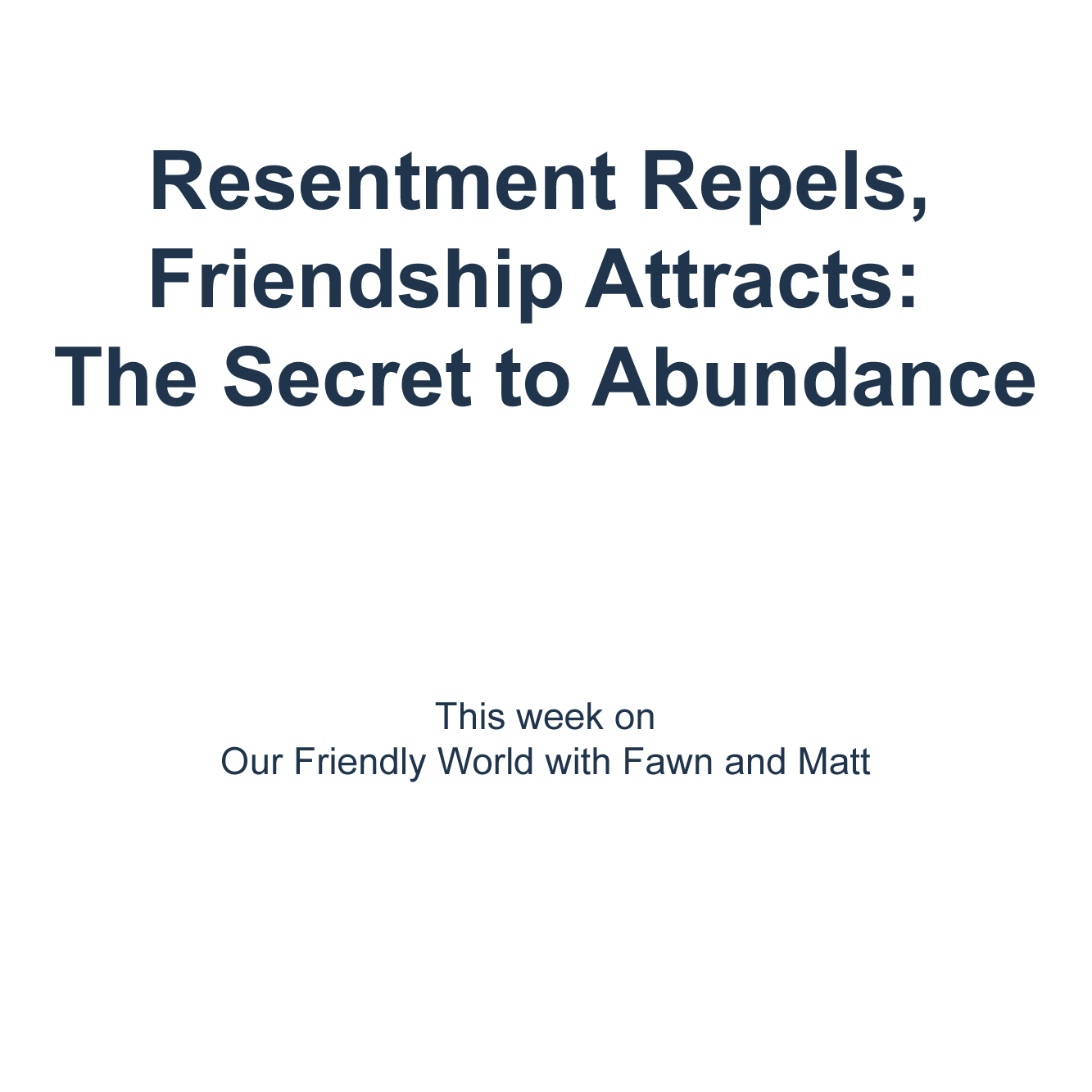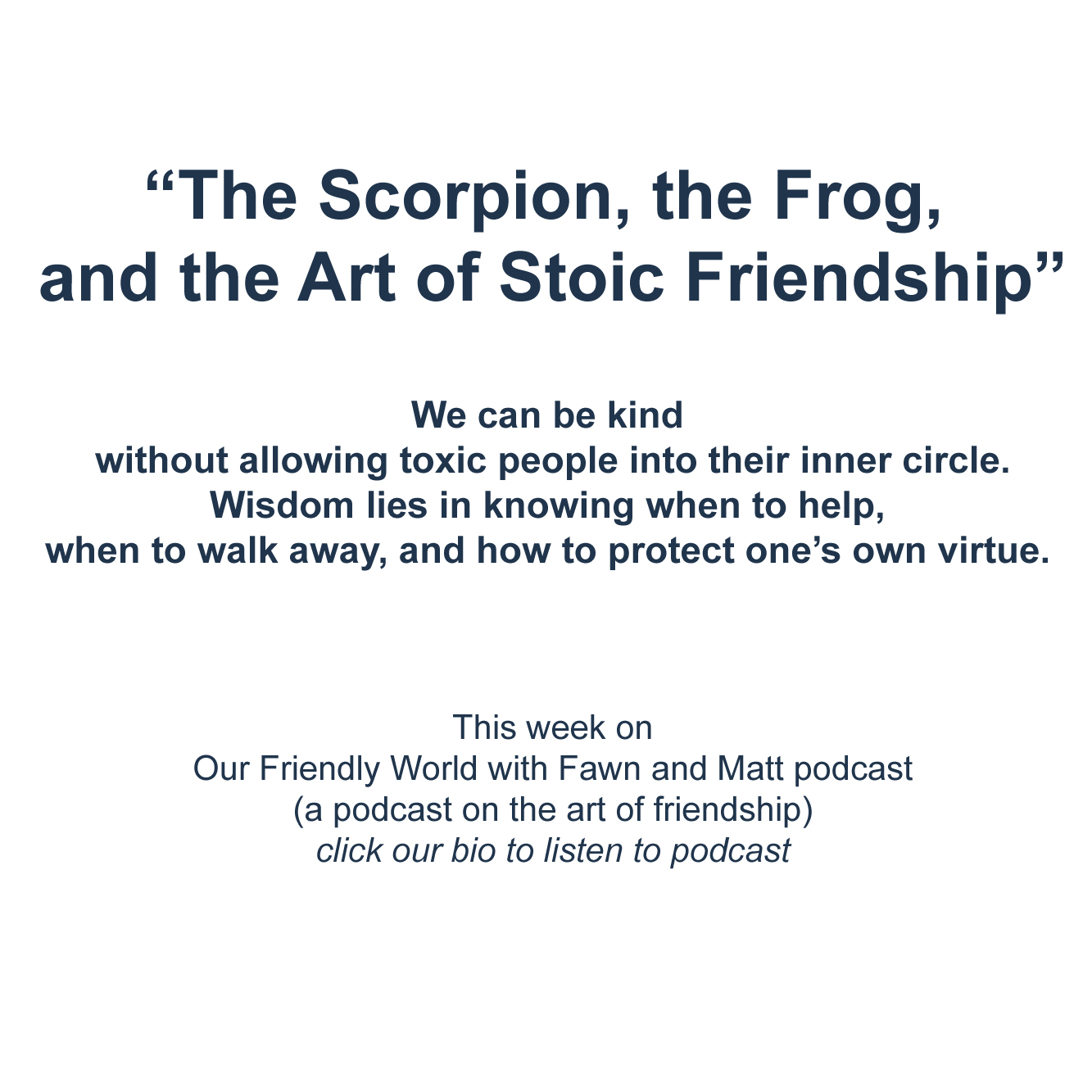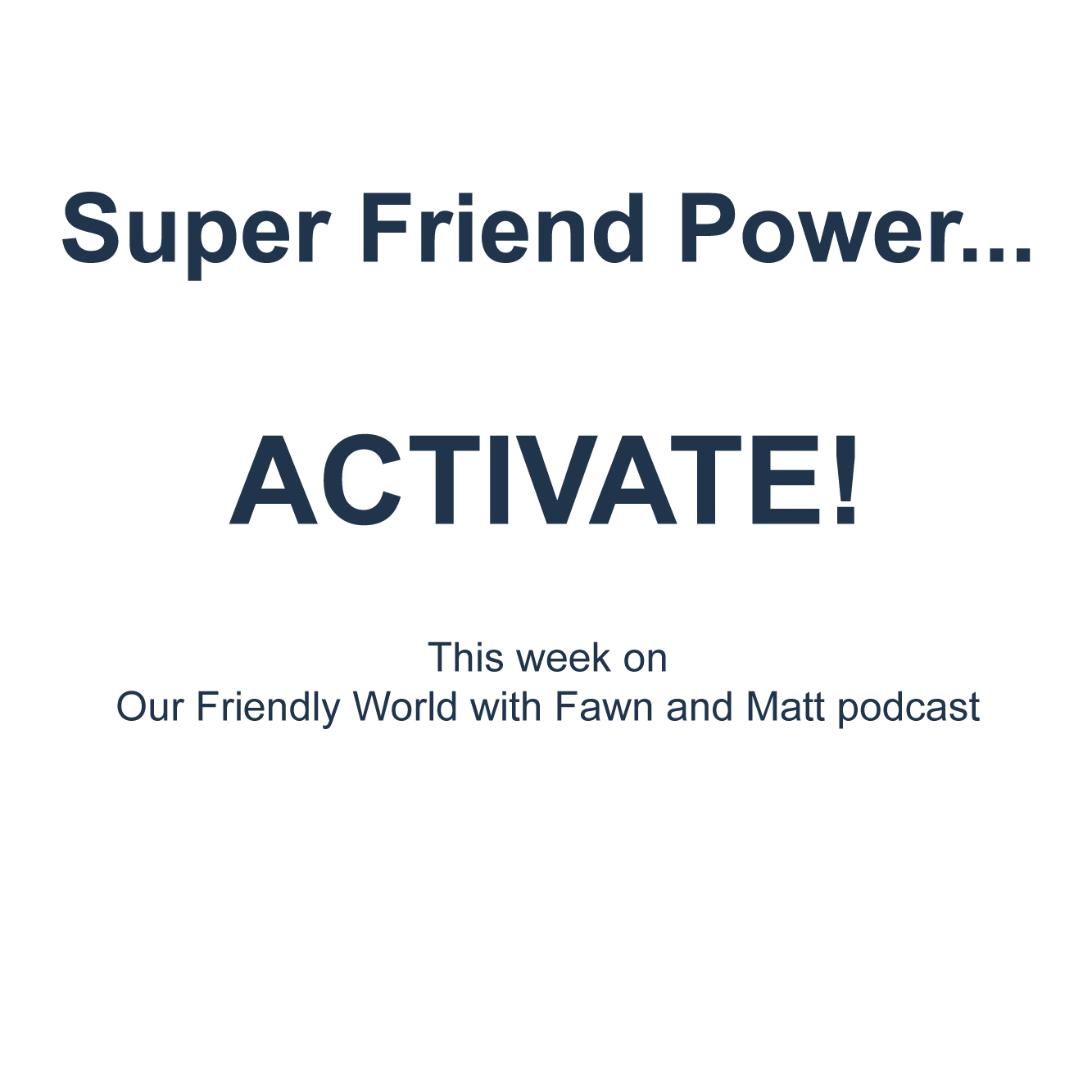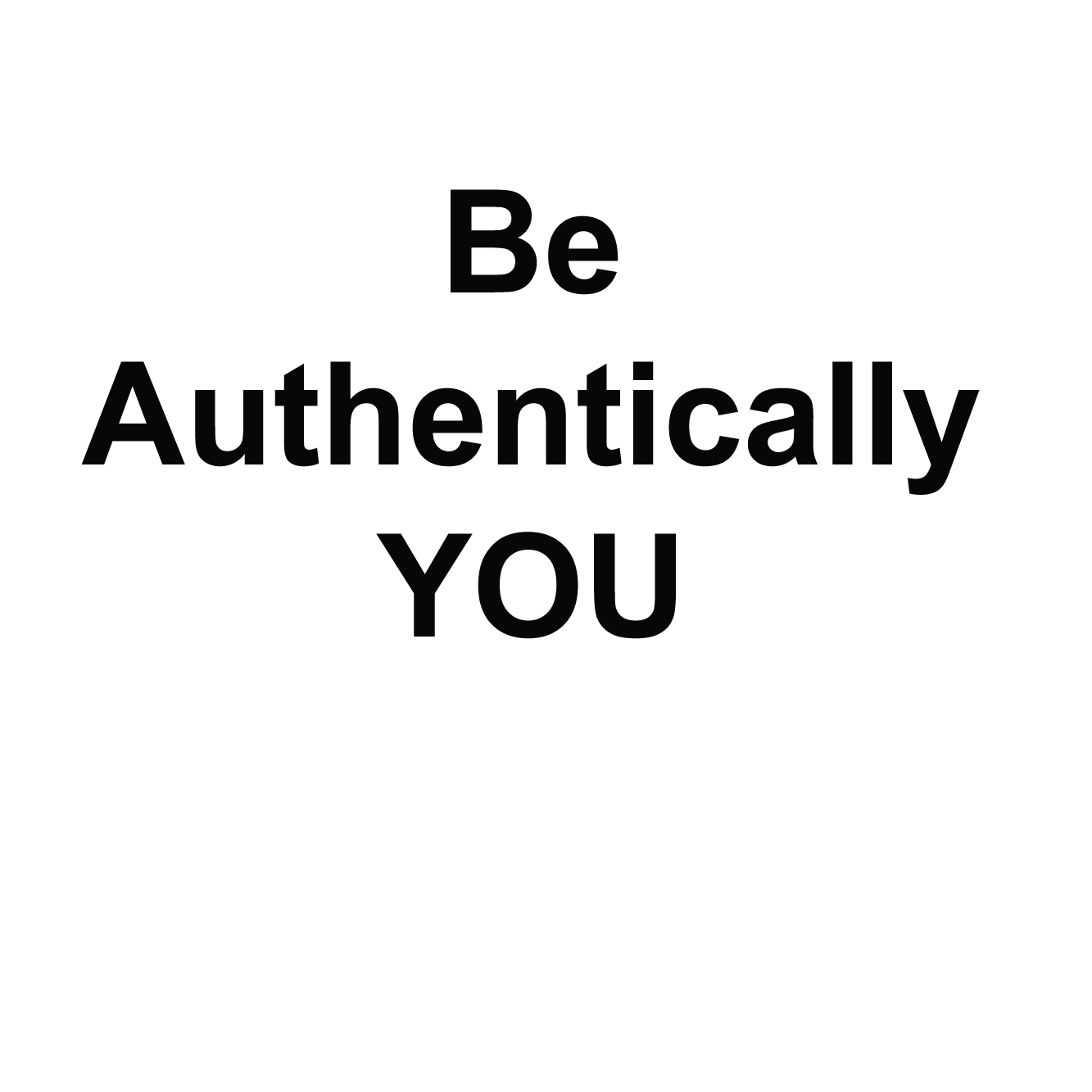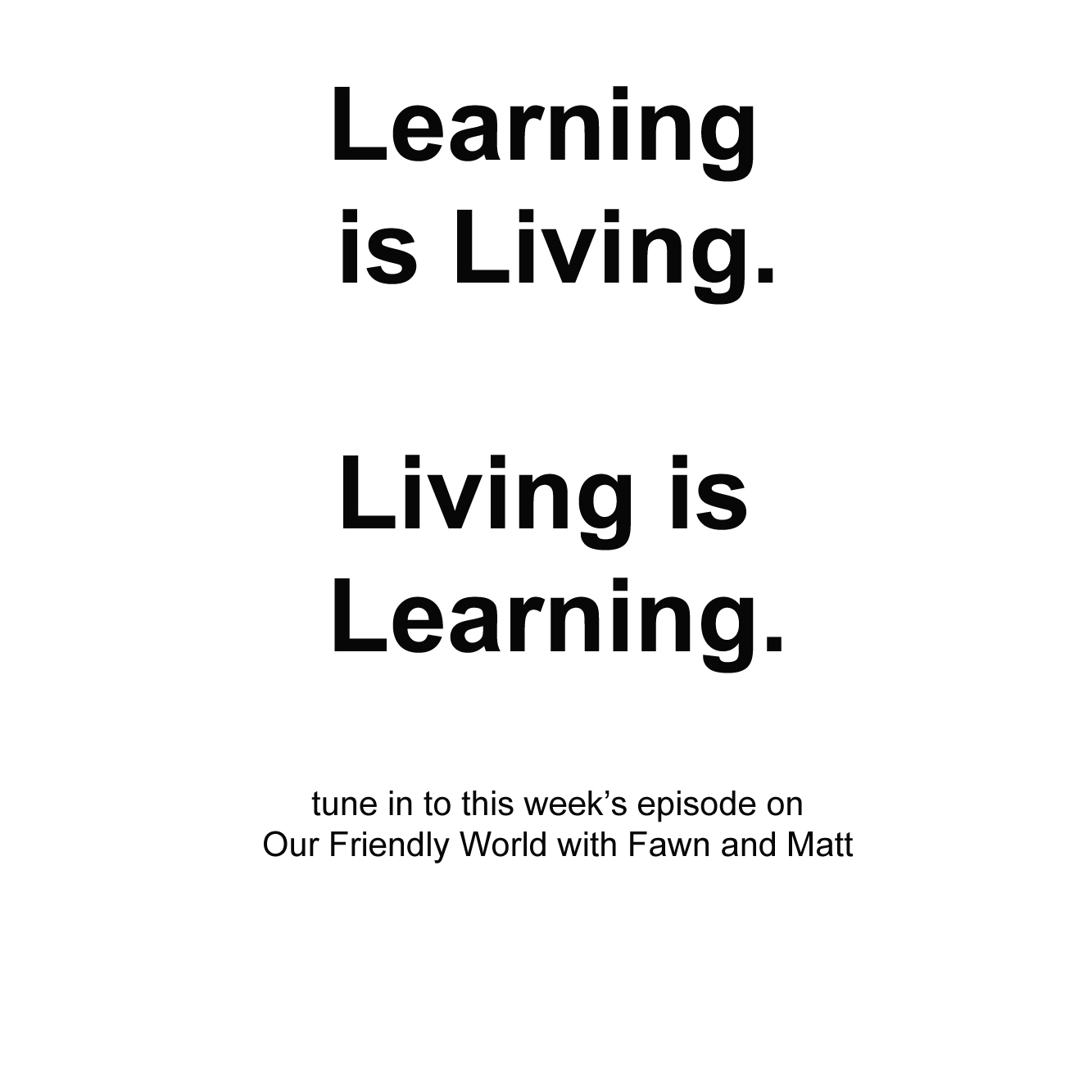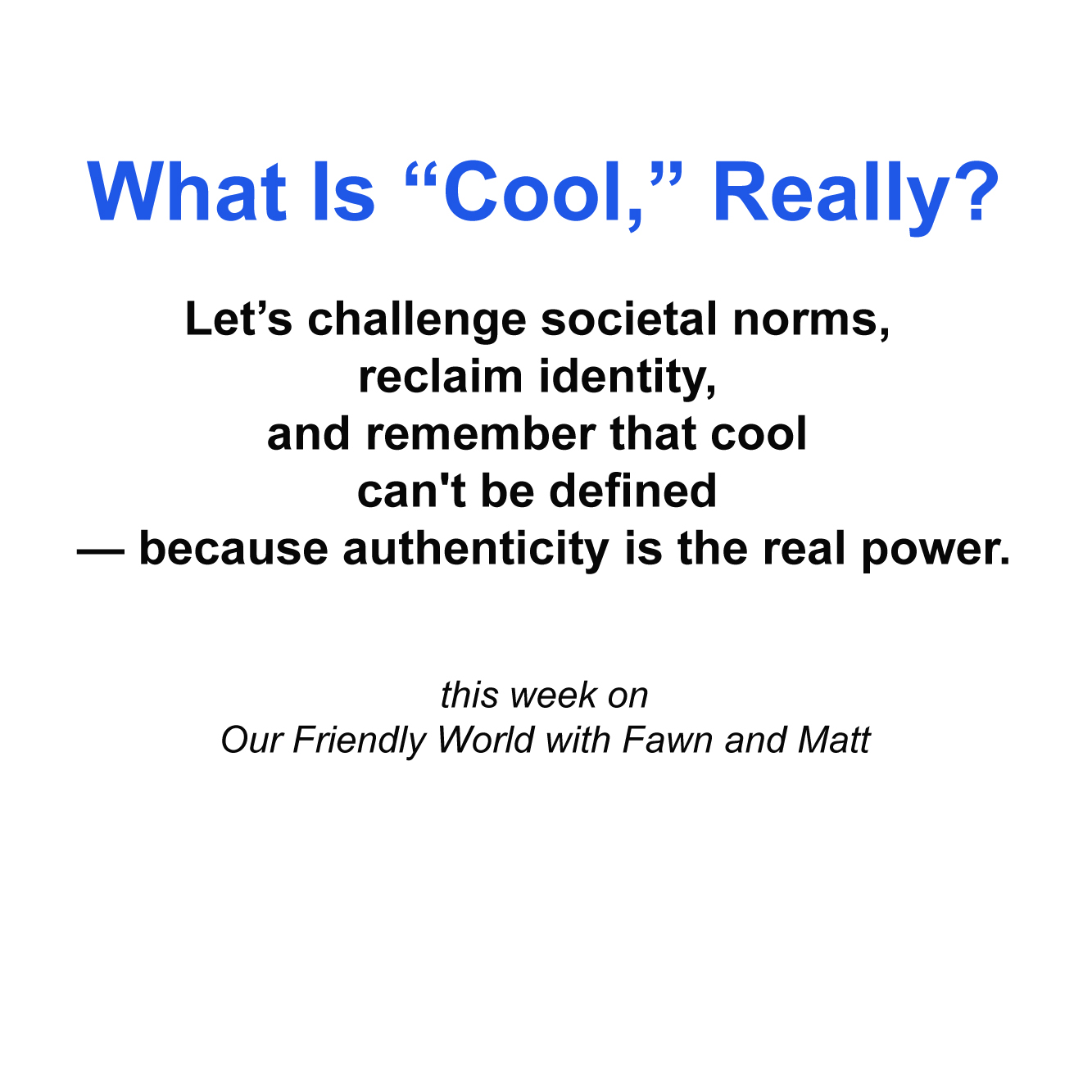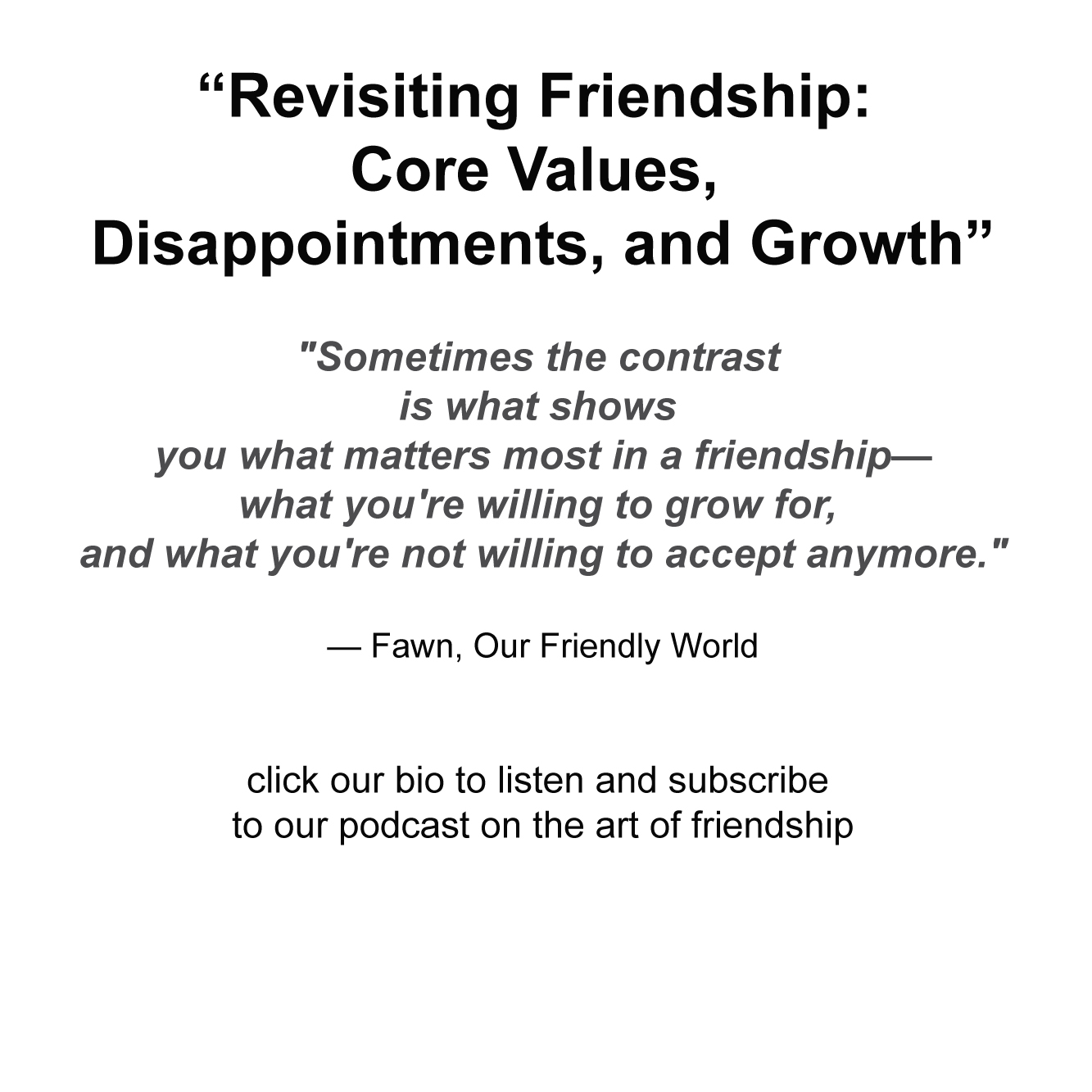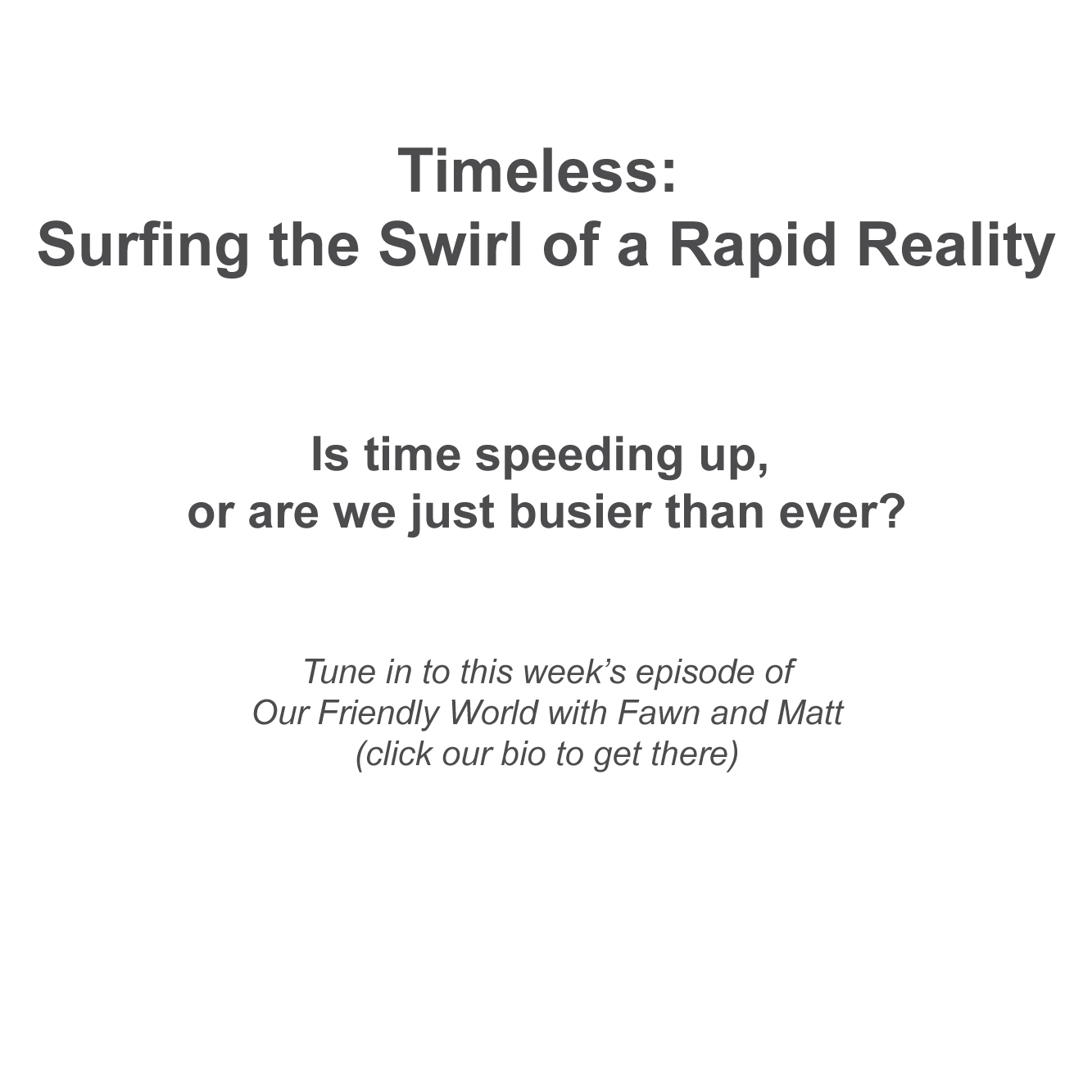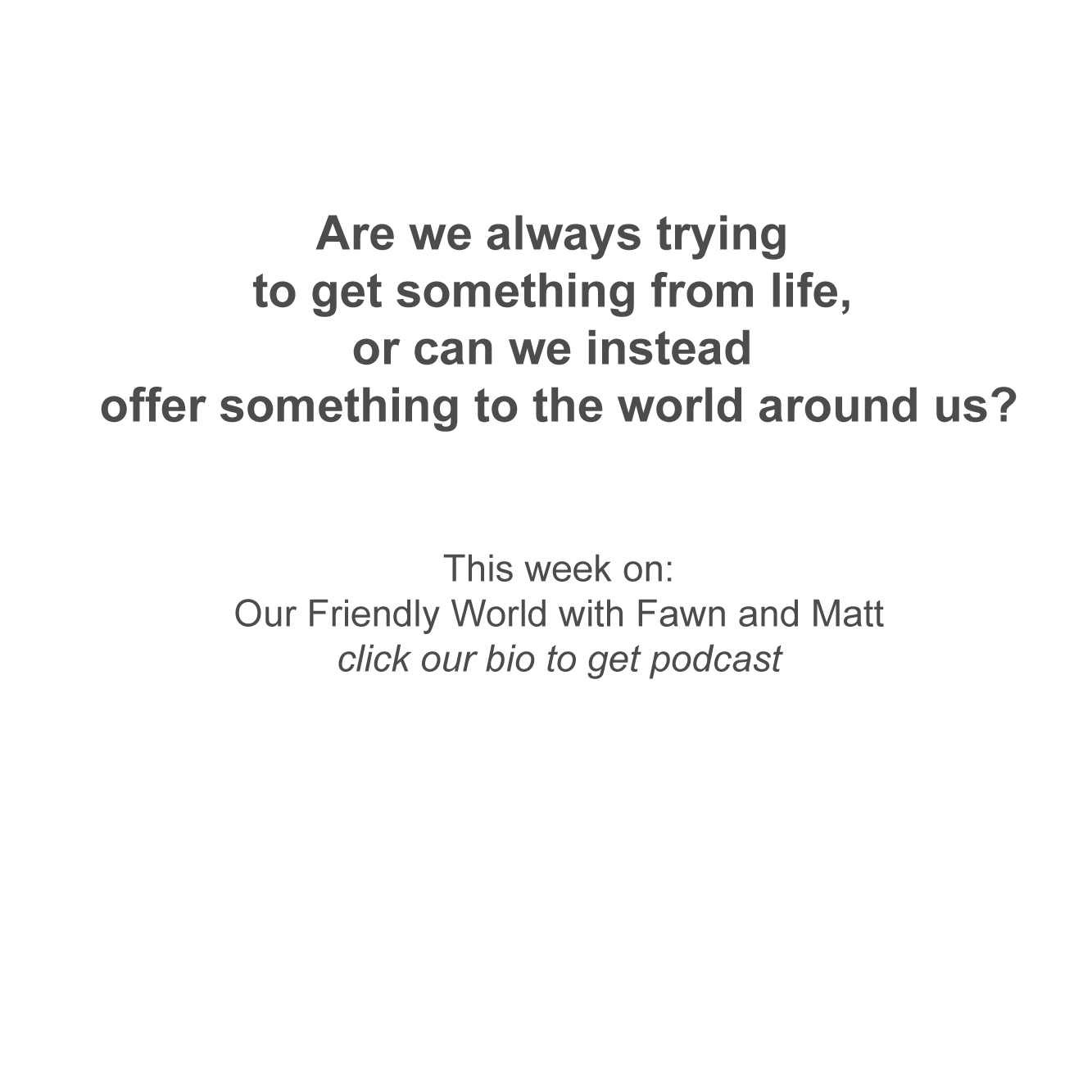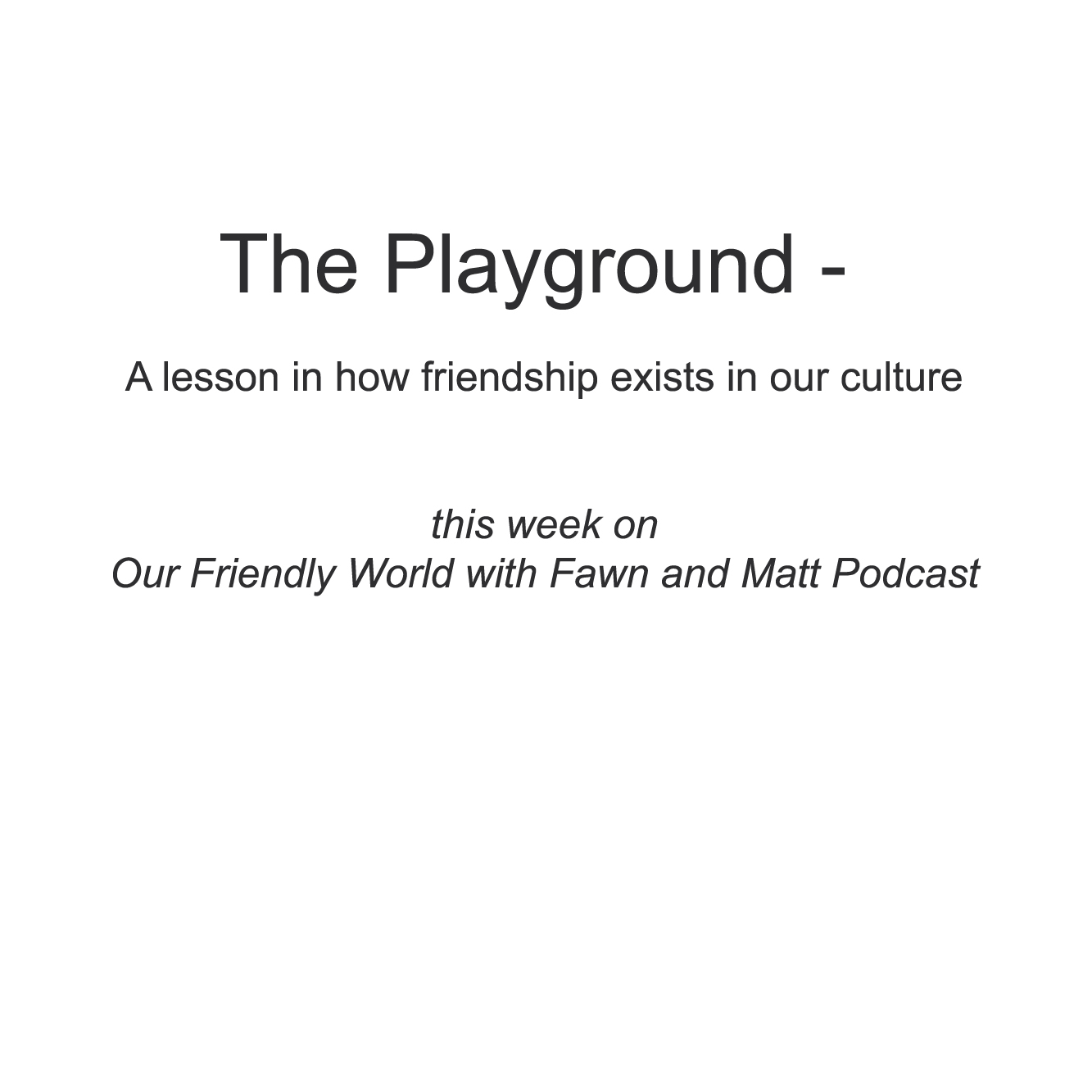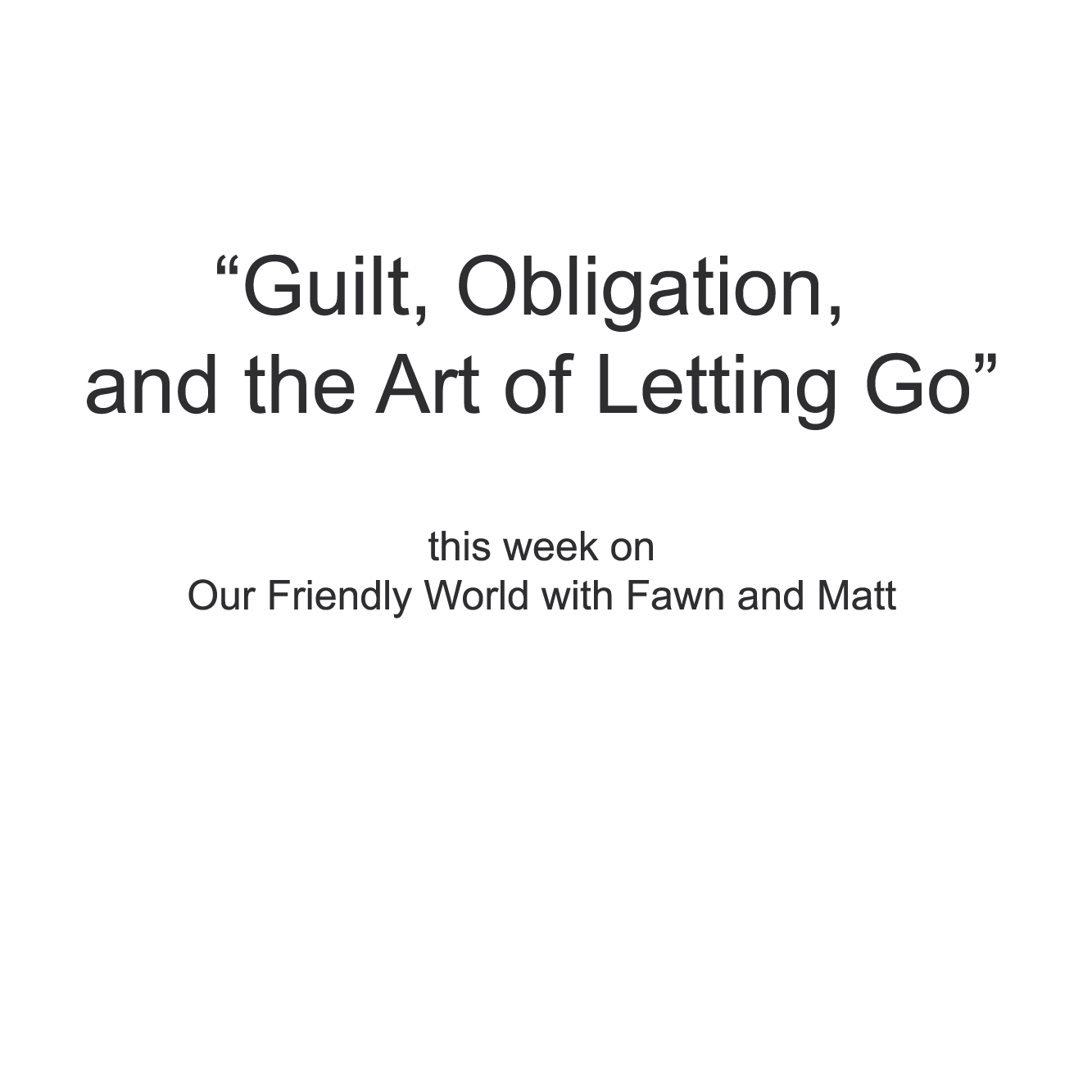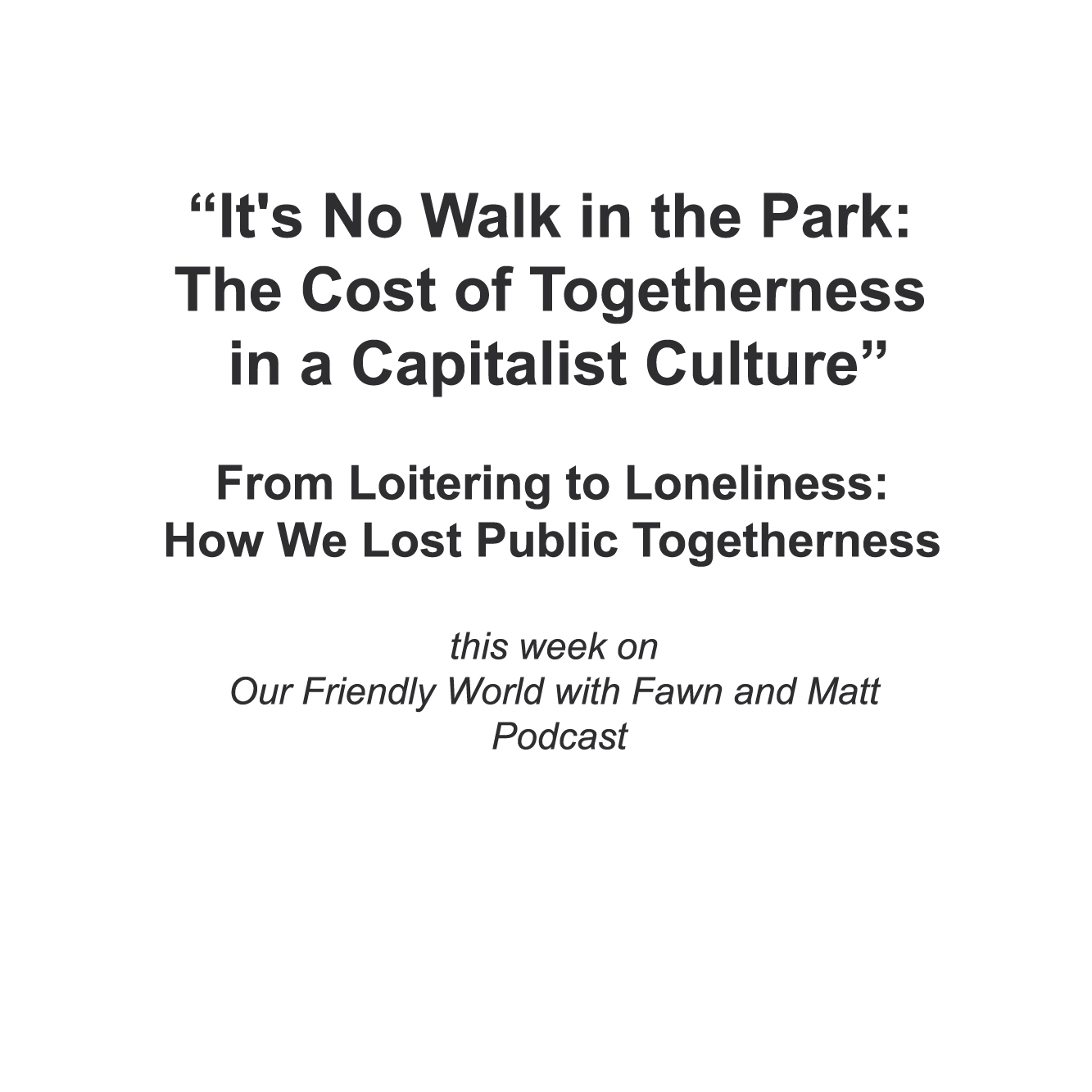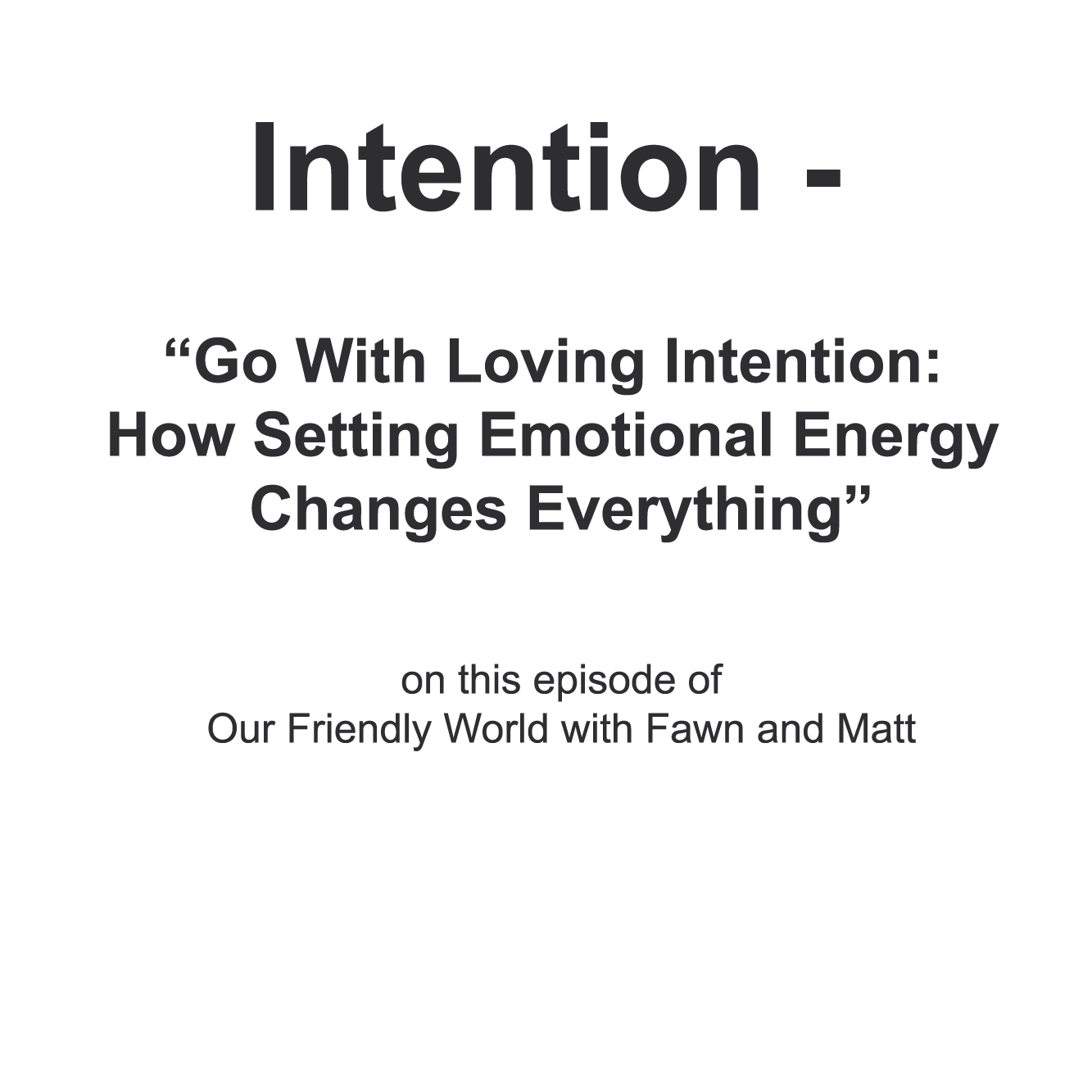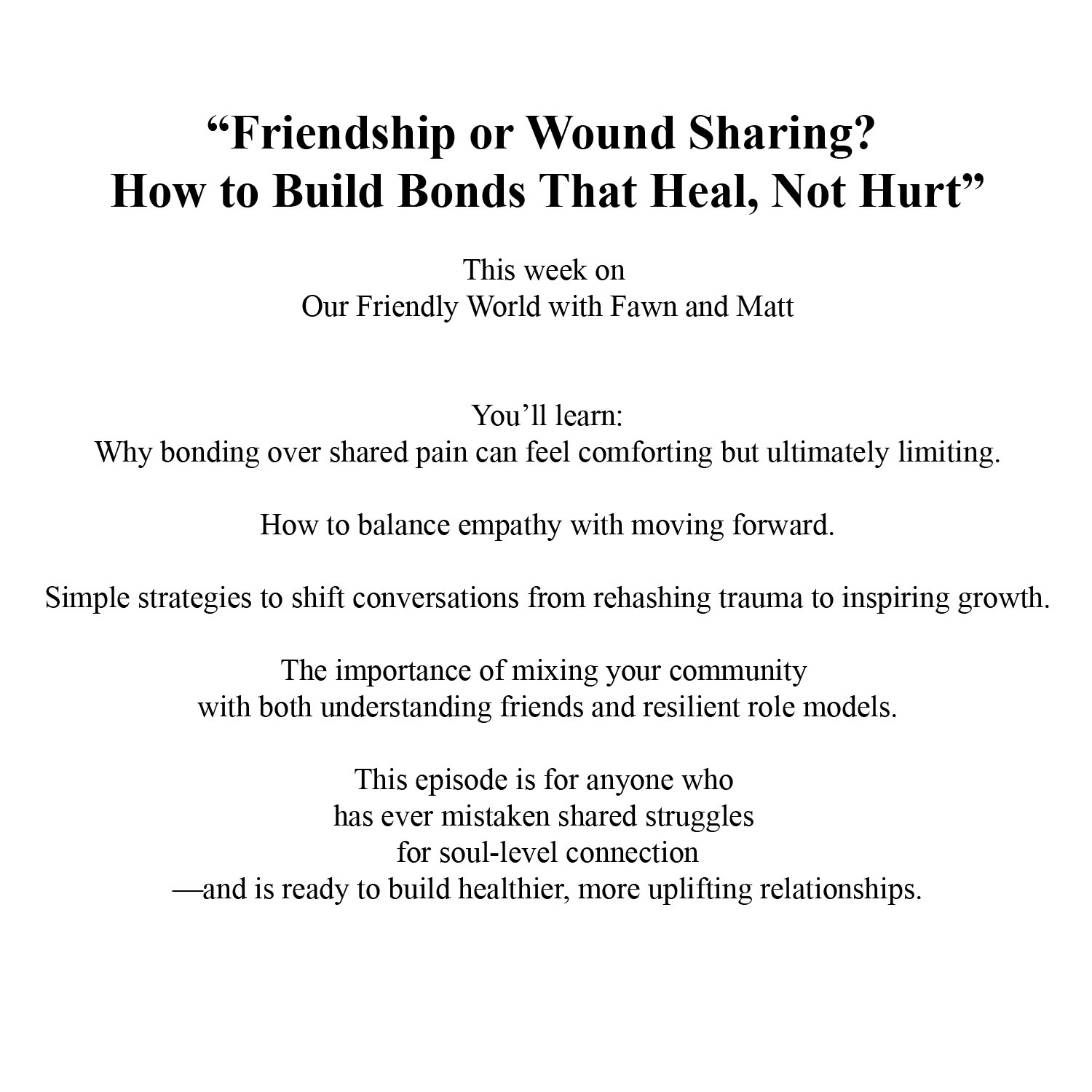The Art of Ceremony and the Value of Ritual
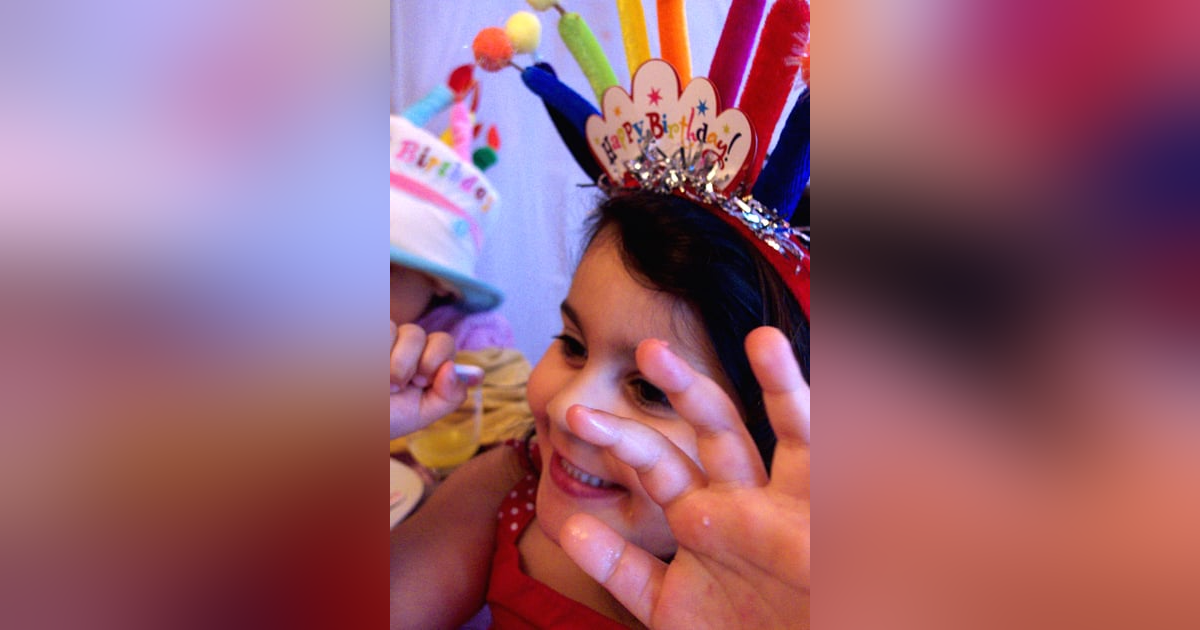
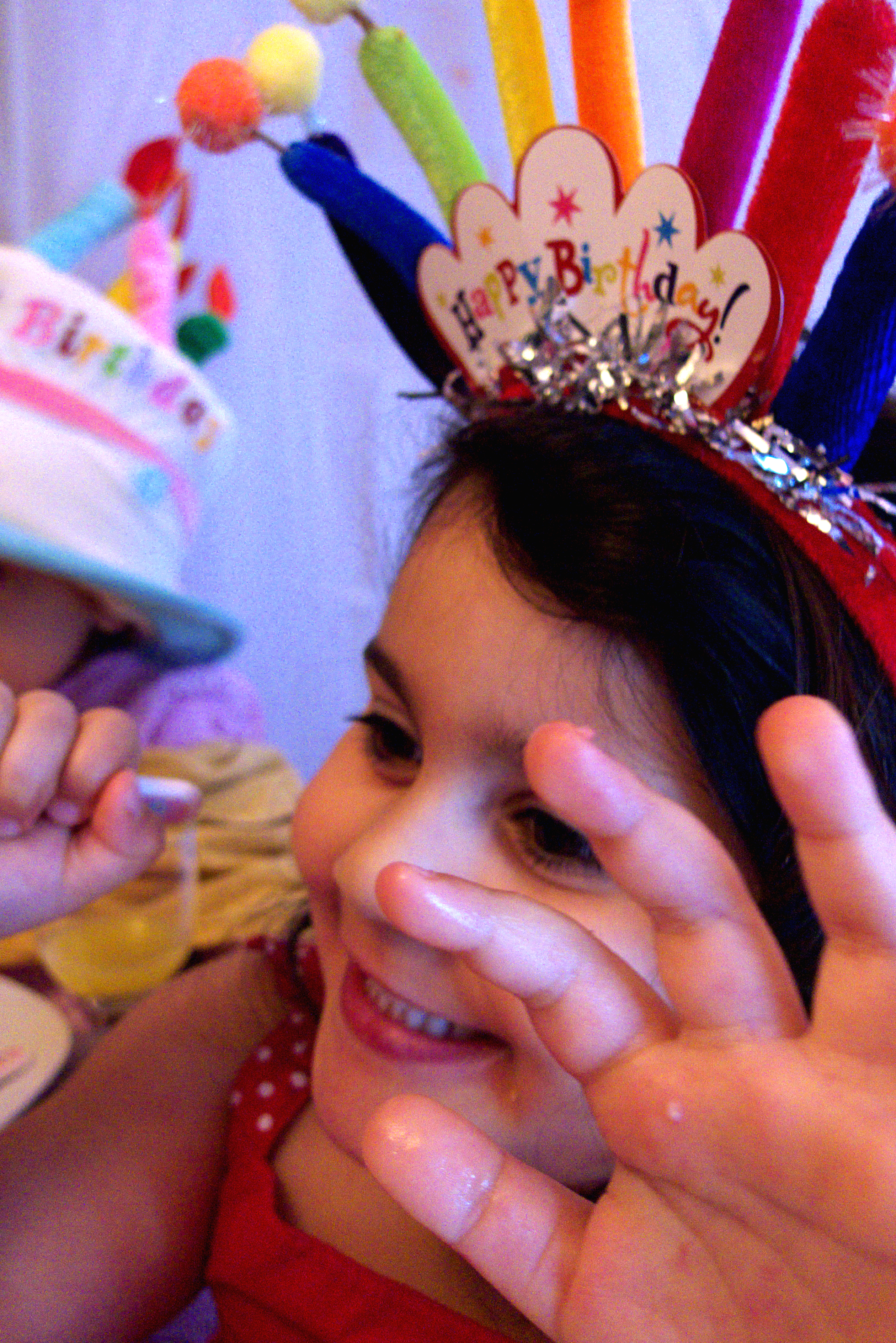
Ceremony, what does it really mean? What is it? What is a daily ceremony? It's an intentional routine that's connected with how you start, how you move through, or how you end your day, the goal of ceremony is to be aware of time passing, but not to stress out about it;to observe it and notice that it counts. The little things in life, count.
Why do we have ceremony? They make life's, essential moments. They may reflect our beliefs, hopes, our traditions, culture, and spirituality. It's a way to bring people together and provide a sense of belonging. A ritual is defined by psychologists as a predefined sequence of symbolic actions.
Rituals make us less anxious. Ritualistic practices can help to bring a degree of predictability to an uncertain future. They convince our brains of constancy. It brings about a sense of predictability.
Ceremony, what does it really mean? What is it? What is a daily ceremony? It's an intentional routine that's connected with how you start, how you move through, or how you end your day, the goal of ceremony is to be aware of time passing, but not to stress out about it; to observe it and notice that it counts. The little things in life, count.
Why do we have ceremony? They make life's, essential moments. They may reflect our beliefs, hopes, our traditions, culture, and spirituality. It's a way to bring people together and provide a sense of belonging. A ritual is defined by psychologists as a predefined sequence of symbolic actions.
Rituals make us less anxious. Ritualistic practices can help to bring a degree of predictability to an uncertain future. They convince our brains of constancy. It brings about a sense of predictability.
TRANSCRIPT
The Art of Ceremony
[00:00:00] Fawn: Hi, welcome back. We've got a good one for you today. Folks. We've got a great one for you today. Folks. Welcome back everybody to our friendly world. Today we're talking ceremony and I have a whole thing I'm going to go through and Matt's probably going to get mad at me because that's what he does. He has his notes.
I guarantee you I've become divergent. So I'm going to start first. And then Matt, you're just going to have to like flow with it. Here we go. The art of ceremony, ceremony as a work of art, I'm here to comfort you. We're here to comfort you, the opposite of people saying; I'm going to challenge you to something.
So today I'm going to comfort you with something it's the opposite of, I'm going to challenge you to do something because we all have enough that we're challenged by. Thank you very much. We're challenged enough, taxed enough, overworked, overtired, overdone, We need comfort. There's so much out there
that could seem so out of control. Like you have the feeling the sense that there's no rhyme or reason to anything that the world is crazy, if you look at it through the news, or if you listen to certain people. Life can seem out of control, like there's no sense to anything.
For us, we just went through a ceremony of the end of life ceremony. Matt's mother passed away. And so I'm looking at Matt's dad and I got an email from your brother, basically saying, you know, this is what dad's been going through. Over the years he's felt a sense of losing control.
He gave me a whole list of things that your dad has lost control of. in life, with his body, with just everything in life and that's his perception, right? We all can look at life and we can see things differently depending on how we look at it. What is our thought form? What is our belief system?
Our belief systems can create a whole other life from one incident to another. So today we're talking about the art of ceremony and how ritual, ceremony, all of that can really help us with friendship, with feeling connected with turning our lives around and creating the life that we really want.
So I looked at the etymology of first ceremony, and then it led me through all these other words and all these other roots. And it's really interesting. So bear with me. I'm going to start with some explanations of what these words are and when you really look at the meaning of something so simple, like one word, bringing something down to one thing, simplifying it to one tiny aspect will actually give you some great Epiphanes will bring you some clarity
to some big questions in life. So looking at the word ceremony first, I looked at ceremonial and I'm like, really like, w it doesn't really explain it. It just says belonging to( in a religious way), ritual. Ceremonial practice. Ceremonial means connected with. Constituting or consisting of, or fit for a ceremony. Let's look at the ceremony. Ceremony comes from, late 14th century. It's a religious observance, a solemn, rite, from old French and directly from Medieval Latin, it means holiness, sacredness, awe, reverand, like a sacred ceremony.
Ceremonious, the adjective form, circa 1550s relating to outward forms or rites also of persons. Punctilious in matters of formality. Oh my goodness. Punctilious until they asked me, I have no idea. Okay. Punctilious means showing great attention to detail or correct behavior.
So ceremony is relating to outward forms of, or rites also persons punctilious in matters of formality, full of show and ceremony. Okay. Let's figure out what ritual actually means. Ritual adjective form 1560s pertaining to, or consisting of a rite from French or directly from Latin ritualus I'm not sure how to pronounce, uh, it's relating to in religious aspects , relating to like religious rites, religious observance or ceremony, custom usage. Ritual the noun came in in the 1640s. It's , defined as a prescribed manner of performing religious worship. From the 1650s, really basically a book containing the rites or ordinances of a church, also the external forms of religious or other devotional exercises often in that sense of like, um, just like a mere ritual, like forgetful of meaning. Right. It's just,
[00:05:43] Matt: uh, yeah, I came across that too, for sure. And it's interesting that all of these definitions all revolve around kind of Europe and
[00:05:51] Fawn: religion. We're looking at the etymology, which comes from the European, the Latin, the French.
[00:05:58] Matt: But if you, if you take a look at, you know, the power of the church really had during that time and who had the time to create ritual and ceremony back then because the peasant was busy taking care of feeding himself
[00:06:12] Fawn: with, it
gets me to our topic today because we're going to get into that aspect because I don't want to get into the religious aspect.
I want to get into the peasant cause we were all peasants.
[00:06:25] Matt: And again, the other thing that brings it up is, you know, I remember I've read in books where like, religion is kind of the only God, God help us, but entertainment that people had back in say the middle ages, So church was something bigger than a worshiping God, which of course is huge, but it was also, bringing together of community inside of social conventions and social norms.
And they're also kind of emphasizes the church has power over like removing pagan traditions.
[00:06:59] Fawn: Absolutely. It was all about control. It's about controlling the masses. It's about kind of like, um, yeah, just. Making sure that you have authority over the mass consciousness, right? To bring about that sense of belonging and connection in that you behave a certain way, but we're going to get away from all that.
We're going to talk about really how ritual can improve your emotional and everything kind of wellbeing in life. Specifically with friendship, but let me just get back to the other meanings of rite. R I T E early 14th century, it's a formal act or procedure of religious observance performed according to an established manner from Latin ritus.
R I T U S is it's a, it's a custom usage especially a religious observance or ceremony source also have Spanish, Italian, R I T O Rito, which perhaps is from the PI root R E, which means like when you have the root R E it , designates like the meaning to reason, count, count on the notion of. To count to observe carefully.
And that's, that's where the true, beautiful sensation of the meaning of ceremony and ritual that we're going to talk about today comes from, because it's all about carefully observing; something you and I talk about all the time, pay attention to trifles, right? Which in martial arts, you were taught like pay attention to the little detail, the little details that people will ignore.
You know, the magic in life. What are you glancing over that's there trying to give you a message. So then we get into the whole term Rite of passage, which came about in 1909, that term Rite of passage, which is the marking the end of one phase, and the start of another in an individual life. It's translated from French and it's coined by a French anthropologist Arnold Van Gennep. I don't know how to pronounce his last name, please forgive me. But if we look at the root R E the root R E it comes from the Proto-Indo-European root meaning, which means to reason, count. It's a variant of PIE root AR I know this sounds like absurd to get into the such details of it, but like it's, it's, it's really profound.
Check it out. So "AR" means to fit together. And then we get into Sanskrit Sanskrit, R A D H "RADH". And that means to succeed, accomplish. You get into Greek "arithmos" number amount, the Latin R E R I to consider confirm you get into old church Slavonic. "raddit" R a D D I T to take thoughts, attend to. You going into old Irish, "im-radim" to deliberate, consider; Old English
oh, what's the sound when the a and the e go together. It's R a E D The A and the E go together. What's that sound?
[00:10:47] Matt: see to me like the word Gaelic, G a E L I C is Gaelic. So I would go with an a
[00:10:54] Fawn: but Raden radon. Yes. Okay. So all English, um, R a E D a N means to advise, counsel, persuade, read; Old English, Old High German.
R I M means number. Irish R I M rim means number and then this word came up as I was looking it up and I tried to look it up further and I got nowhere, but this is really interesting. So it said Old Irish, R I M means number. And then this word "Dorimu" D O R I M U means "I Count". I count.
And that really struck me because, you know, again, going back to a person who's not taken seriously, a person that's ignored a flower, that's ignored, a situation that's ignored, a little sign in the universe that goes unnoticed. And for this to come up, I count, you know, that's what ceremony is to me. Water, using water, drinking water,
being able to splash some water on your face in the morning. That is a ritual. That is a ceremony.
So going back to ceremony again, what does it really mean? What is it? What is a daily ceremony? It's an intentional routine that's connected with how you start, how you move through or how you end your day, the goal of ceremony is to be aware of time passing, but not to stress out about it;
to observe it and notice that it counts. The little things in life, they count.
Why do we have ceremony? They make life's, essential moments. They may reflect our beliefs, our hopes, our traditions, culture, spirituality. It's a way to bring people together and provide a sense of belonging. A ritual is defined by psychologists as a predefined sequence of symbolic actions.
Rituals make us less anxious.
Ritualistic practices can help to bring a degree of predictability to an uncertain future. They convince our brains of constancy consistency is constancy or word constancy.
[00:13:20] Matt: I don't think so.
[00:13:22] Fawn: You know, it makes your brain calm down.
[00:13:24] Matt: I completely get it.
[00:13:25] Fawn: It brings about a sense of predictability.
When you can't predict anything,
[00:13:31] Matt: right
[00:13:31] Fawn: it tricks your brain into going with a certain rhythm. That's what it does. And there are all these studies that show that, like, for example, singing of a song before any high pressure situation lowers your heart rate and anxiety levels, you know, they put groups, people into two different groups and.
they ask them to do really stressful things like public speaking, but like doing a huge speech in front of a very big crowd. And they did this thing where they had one group do some sort of ritual and they had them go through that ritual. And then the other group, they were just asked to sit quietly before they went up.
And so they measured everything. They measured their heart rates, everything. And the ones that went through a ritual had absolutely lowered, heart rate. They had lowered physiology do Francis physiological. They had lowered physiological anxiety.
Rituals create some semblance of order to regain control. That's why I think so many people turn to religion because when life seems so absurd and you feel like you're not in sync with anything, it's a way to, it's kind of like getting into a groove somehow, but that's where we have to be careful because there are groups out there like cults and all these, like, I think of hazing.
Right in college. Why do people join groups? Because they want a sense of belonging, right? When you feel out of control, when you feel like you don't fit in anywhere, you tend to join groups and look at the world today, look at how we don't even want, we don't even know what truth is because when people go through hard times, they migrate towards a group that they could feel
they belong to because they feel seen and they feel heard and that's a ritual. Like they become part of a ritual and that ritual could be good or bad. It could be like promoting hate and it, that ritual could be creating a beautiful ceremonial way to honor life, all life.
[00:15:42] Matt: Well, yeah. I have to say that, from an evolutionary view point, it certainly makes sense to get together under, you know, way back in the day to get together around a communal fire, to tell communal stories to then have rituals like in Finland,
there's a whole ritual where they light these huge bonfires because of course bonfires keep the evil spirits away. You know, is it truth? Is it not truth? There are societies out there where, a mystical figure will, you know, you call on them to bring rain. And all these things, all these situations that may be, feel like things are out of your control will all of a sudden, you're, you're coming together as a community behind this figure,
and we're going to have rain. We're gonna, we're going to keep the evil spirits away and all the rest of it. I totally understand the whole focus of ceremony and the comfort that it brings because, we do say, we're stronger together and that's absolutely true and that's,
comes from an evolutionary viewpoint because you're less likely to be victimized if you're in a large group by outsiders.
[00:16:49] Fawn: So now let's get into the rituals and the ceremonies of our daily lives, and the art of ceremony. How can we do that? One is going back to the little thing I read. I count, you know, your life is a ceremony.
Your life is a ritual. Going back to, I count, it's to really recognize what you do on a daily basis and looking at it and thinking, is this a beautiful ceremony or is it something that I can just disregard and get rid of? Is it really. Is it really helping me
[00:17:24] Matt: or
even is this something that I managed to do every day that I just do?
And I just go through the motions of doing it because it's what I have to do, brush my teeth, et cetera, et cetera, first thing in the
morning.
[00:17:36] Fawn: But if you do that with intention, it creates a better life. So
[00:17:41] Matt: for example,
intention and joy,
I think,
[00:17:43] Fawn: well, or just intention, it doesn't even have to be joy if you can give it proper attention.
For example, there's that study. That's done on maids that work in a hotel. I don't remember all the details, but they were told, Hey, have you noticed that the amount of movement that you do with your body, you know, changing the sheets, , bending over constantly all day, you're actually a more active than a professional athlete.
Like on par with like an Olympic style training athlete. And once they were told that, and once they like put that focus on that thought, they noticed that these people working in the hospitality field that did the cleaning of the rooms and everything that their bodies started to change immediately.
They didn't change anything else, but they put the focus on well, yeah, I do move around a lot. , the inches around their waist shrunk. Like they lost weight. Do you know what I'm saying? They didn't change anything. They didn't change their diets or anything, but they just put that intention on.
Wow. I do move around a lot. So yeah, brushing your teeth and as you're brushing your teeth, knowing you have teeth, you're taking care of yourself. It provides a greater benefit, right? Again,
[00:19:04] Matt: it's joy, you know, in, in saying that as a maid, you work out as much as a professional athletes.
You're like I do that. That makes you on some level, hopefully feel good. Hopefully you're not like, oh my God, I do. Um, so there's
joy.
[00:19:22] Fawn: There's it is the word joy. or is it? Pride or attention?
[00:19:27] Matt: Well see, see joy is not one of the seven sins, but pride is so we'll go with
joy.
[00:19:31] Fawn: I don't believe in these sins that some man put together probably in, in the, in the name of religion.
I think pride is a very necessary thing. I'm proud of my body. I am proud of the work that I do. So look, can we just forget that I'm going to reframe it? Yes, no, I don't think pride is a sin at all, but getting back to friendship. So we're going through all this. I'm trying to get back to the basics of the basis.
I'm trying to get to the base, the base of it, which is ceremony and really learning what it is, relearning, really looking at what the definition is, so that we can look around and see how we have ceremony, how we have ritual in our daily lives, so that we can have that ripple out into friendship, into all the relationships that we have.
Using ceremony to create better friendships to create better relationships, period. Do you know what I'm saying?
[00:20:41] Matt: Absolutely.
[00:20:42] Fawn: And you know, once we get through brushing your teeth is a ritual, right? The way you get out of bed, the way you walk as a ceremony, like everyone has a different strut, right?
It's it's a ritual. How you walk as ritual. How you dance the way you dance, why you dance is a ritual, the songs that you listen to that move you through the day that is ritual. Right? So we can go through that and then elevate it to, okay. How do you set up the life around you? I always talk about when you come into our home, you're smacked on the forehead gently
by these hearts that are floating from the ceiling. It's a way that we welcome you into our home. The way we offer you water or tea or lemonade, or in Matt's case, a certain IPO IPO. Oh my
[00:21:39] Matt: Lord. And definitely not an IPA either. Cause I'm not in India. Pale ale guy. I'm a Belgium,
[00:21:44] Fawn: whatever the beer thing term is another acronym for you.
A libation it's ceremony. It's really. Right the way we meet each other, the way we greet each other is ritual. All that that we ignore is so important. It's the key to nurturing friendships. And before that, it's the key to inviting a friendship. So that's it. That's what I want to talk about from now on is the art of ceremony.
The art of ritual. It is a work of art. Your life is a work of art.
[00:22:21] Matt: And again, I'm just telling you saying all these things that you're describing. You're bringing joy to yourself that then extends out. It's not pride. It's joy, it's happiness. It's, it's all the rest of it. What is wrong with the pride? There's nothing wrong with necessarily pride. It's just joy
[00:22:37] Fawn: sin. It is no, it's not.
Oh.
[00:22:40] Matt: From a Christian point of view, it's a sin.
[00:22:42] Fawn: That
is ridiculous.
[00:22:44] Matt: Besides. Anyways for me, ceremony revolves. It's like, there's different kind of facets for me on ceremony and ceremony brings belonging, obviously, cause communities come together. Uh, sometimes some, and this is where we get to sometimes.
And sometimes it brings belonging. Cause some of your rituals and ceremonies are individual, obviously. Sometimes your ceremonies revolve around remembrance, remembering an event, remembering a person, remembering a place, remembering a time. Sometimes it's about a blessing. So your blessing, you're getting a blessing from, there's a, there's a ritual.
There's a ceremony in, um, I don't know where, oh my goodness. It's somewhere in Asia where a priest tattoos you. And as he's putting a tattoo up serious, full-time a hundred percent going to have his tattoo, the rest of my life, as he, as he puts it on you, he's chanting and praying over it. So again, blessings, blessings for good harvest, blessings for, fill in whatever blanks you want, for rain or for whatever.
And then also ceremony revolves around, an understanding that you're ending a phase and beginning a new one. So it's that, that, that ceremony, but ceremonies in intent, original intent is to bring joy. over, over the cynical ages, we've turned it into oftentimes ceremony is kind of going through motions.
[00:24:15] Fawn: Okay. That's very nice, Matt. Well done, but going back to the pride. So are you saying it's a sin when I tell our children, I'm proud of you?. It's a sin? That is ridiculous.
[00:24:27] Matt: It's not a sin for you to say that you are proud of them. It's a sin for them to take pride in
[00:24:33] Fawn: that's bullshshshsh.
[00:24:35] Matt: Let's not focus on, like, I please don't make me defend a to patriarchy B you know, Christian values through the ages.
Okay. I'm just saying,
[00:24:45] Fawn: why did
you even bring it in?
[00:24:46] Matt: Because it's fun.
[00:24:47] Fawn: No, it's not fun. So anyway, we're just going to leave it here today with a thought of like, what is, what is ritual for you,
Revel in it, and relax and be joyful about that and be proud of the rituals that you have in your life by noticing them and honoring. And looking at what you can possibly get rid of that's not serving you. Let's get rid of that. And the ritual have an opposite ritual of something negative. Like if you're looking at yourself and going, look, you can look at yourself and go, wow. Hello? Hello. Hello. Let's switch it up. So that's, what I want is to not challenge you, but to comfort you in that.
And we're going to continue on with the art of ceremony and we're going to build it. And we're going to create a beautiful friendship ceremony around the world. A total work of art that will transform our society. That's what we're here for. Do you have anything else? Did I totally derail you from what you wanted to talk about?
Totally derail
[00:25:58] Matt: me. Absolutely not first. Absolutely not. Um, yeah. One other thing to understand, as far as ceremony and gathering is that the people that are seen and the people that are heard. Which again is a powerful force. Again, it's kind of a overwhelmingly repetitive. I think thing that happens in our podcasts is people feel the need to be seen in people feel the need to be heard and people feel
the need to belong.
[00:26:23] Fawn: And also there is a certain aspect that you can't see, you can't touch, but you can feel connected to that. True. You know, you can think about it in many different ways. Like having end of life ceremony; it's done so you can still have a connection to the person
[00:26:38] Matt: the ritual is there to connect you with a person that has made a transition. You can look at it and so many different ways. It is. It is above all about connection,
Abs
absolutely.
I just like to take just one brief moment and describe one or two of the, uh, ceremonies that either I've done or I do.
[00:27:01] Fawn: Do tell what?
[00:27:02] Matt: So when I graduated from high school, which is one of those, I guess, rites of passage for me, it's like literally that type of ceremony, the Rite of passage ceremony involves kind of a first phase a middle phase and an end phase.
And the first phase is really takes us into the ceremonial remembrance. And so I remember everything that transpired. Inside of like my quote unquote normal education, my kindergarten elementary school, junior high school and high school. And there's a sadness there because that time has ended. And then there's the actual kind of exuberance of the party because we had a little, you know, even just going to your high school graduation, it's an uplifting moment
surrounded by all your classmates, et cetera, et cetera. And then the next phase is really looking forward. But what was interesting for me and thank goodness my parents were mellow, was that my cake, first of all, I wanted it as dark as possible. And I wanted it just to read, which is gruesome now that I think about it was like rip Matt, which was just like, say goodbye to that aspect of who you were on some level, because you're about to enter into the next phase.
[00:28:22] Fawn: Hold on for, so we have so many of our friends that are not from the United States and non English speaking. So rip means rest in peace. It's what they put on tombstones when people
die.
[00:28:35] Matt: Over and over again, when you hear somebody dies rest in peace. Yes. So anyways, so that's an example of a ceremony that happened God, when I was 17.
And then a more kind of recent ceremony is, something I've discovered that I do, and it's every morning before I start work and I work at home. When I, when I put on my headphones, Quite nice and a little, they were a little spendy. I take a moment just to look at them and go, oh, and then I put them over my ears and I pick something music.
That's going to move me that day. And I'm very deliberate. It's always something new and it's always something I start from. It's not like a start in the middle of anything. And for me it's never a podcast or anything. It's very much a piece of music that I know is going to move me and really that sets the tone for my work day.
So that's, again, an example of a, of that's a much more personal ceremony, but that is one that I adhere to every day. And then I have gotten now I think about it. Oh my goodness. So then the first thing I do is I plan out my day and have to plan out my day and God help you if you want to add a meeting after I've planned out my day, because it just confuses me.
Right, but that's literally the next thing I do. And that's kind of one of those Benjamin Franklin used to do that. He would literally plan out his day at the beginning of each day and then, take care of everything he needed, he felt he needed to take care of while I'm listening to my cool tunes.
[00:30:08] Fawn: Okay. I have two things to add. Okay. As another example of two more examples of. Um, I've talked about this before, but when I worked at the Aveda corporation, one of the chemists then I was friends with would, would tell me how, and I would see it too, because first of all, everything was immaculate in the chemistry department.
Right? Of course it has to be. My friend would completely meticulously clean his desk top and bottom . At the end of the Workday. And he said, it's to honor the next day, because he doesn't want to start the day with a mess. Like all this stuff that the other day presented, you start with a clear plate and you give that day a certain respect of starting fresh, starting new.
There's a certain reverence in that there's a certain holiness in that, a full on holiness and that which leads me now to the second example. Our friend, Heather, the advisor, she came onto our show a while ago. She'll always tell me and remind me, reminds everybody is how you start is how you finish, which is exactly the example of my friend with his desk.
But let's say you're moving from one town to another town. Always leave on good terms. Always say a thank you. Make sure that you have not one negative charge on what you're leaving behind because guaranteed it will manifest it will. It will come about all these same issues that you left with a bad charge with ;a negative charge,
it will go into your new life. So how you start is how you finish. So to leave a place to, to leave a place. Yeah, this is the example I leave with good intentions and a sense of honor and a sense of gratitude and a clear slate before you start something new. And that is ceremony. Yeah. So there you, haven't something to ponder something to celebrate.
Oh, my goodness. Be proud. Be proud. Proud is good. we love you. Thank you so much for listening. Talk to you in a few days. Talk to you later. Bye-bye bye.















